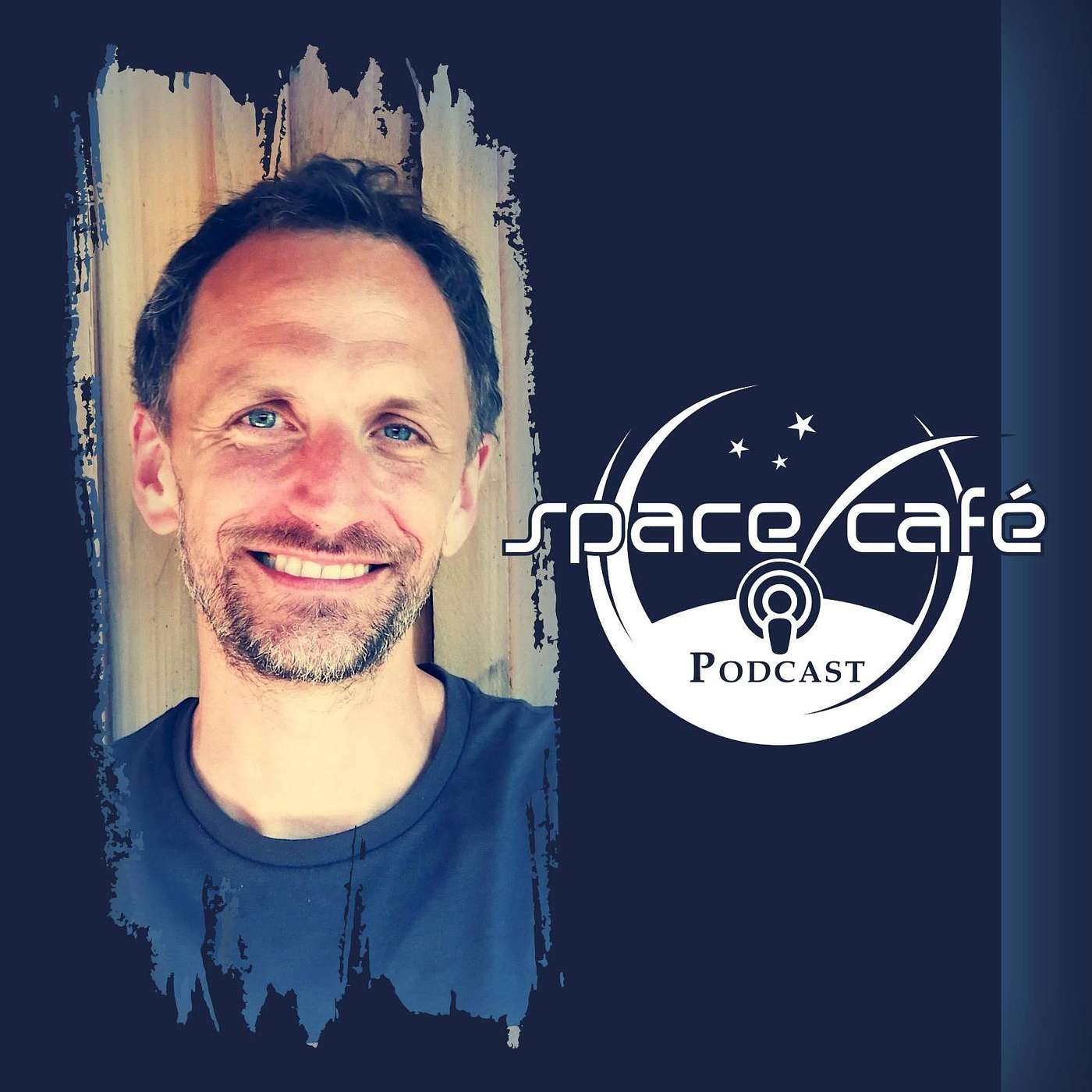
Space Café Podcast - Navigating Our Interplanetary Ambitions
If you feel the excitement of standing at the threshold of a new era in human history, you've come to the right place. At Space Café Podcast, our bi-weekly hour-long episodes go beyond current events in space exploration – we're peering into the future of our species among the stars. Each week, we: Engage with visionaries who are actively shaping our cosmic destinyExplore groundbreaking technologies turning science fiction into realityDiscuss the implications of becoming a multi-planetary civilizationTake listener questions about humanity's future in space What sets Space Café apart: Deep dives into ideas that will define our cosmic futureDiverse expertise: from astronauts and engineers to philosophers and entrepreneursComplex topics made accessible through engaging discussionInteractive Q&A segments with our expert guests Recent episodes feature: A Mars settlement architect on the practicalities of off-world livingA space law expert exploring lunar resource rightsAn astro-biologist speculating on potential alien life Whether you're a space industry professional, sci-fi enthusiast, or simply gaze at the night sky with wonder, Space Café is your front-row seat to humanity's greatest adventure. So, grab your cosmic latte and join us every Wednesday at 2100 UTC. At Space Café, we're not just talking about the future – we're helping to shape it. The next giant leap for mankind is just beginning. Are you ready to take it with us?
Alle Folgen
Earthrise & the Moment Change Happens – A Conversation with Frank White, Pt. 1
The Episode Frank White has spent decades unpacking something astronauts struggle to describe — the instant you see Earth not as a place you stand on but as the vessel carrying all of us through space. In this first part, Frank traces the roots of the space age — Sputnik, Apollo, Earthrise — and how those shocks and images rewired our sense of ourselves. He shows how global conflict, national pride, and scientific leaps all converge in that fragile blue sphere rising over the lunar horizon. This isn’t just the story of a photograph. It’s how perspective becomes politics — and why seeing Earth from afar might be the cultural medicine we still need. Cosmic Timeline (Timestamps) [00:00:00] We are already in space — Earth as an organic spaceship [00:02:35] The letter to Wernher von Braun — and the reply that changed Frank’s life [00:07:30] Childhood rocketry, Sputnik fever, and realizing science might not be his path [00:09:40] Was von Braun the Elon Musk of his time? [00:11:40] Sputnik’s shock — and how it reshaped American education [00:14:50] A proxy war in orbit — why the Cold War made space urgent [00:16:56] Why today’s momentum (Starship, China, Artemis) feels eerily familiar [00:17:58] Kennedy’s lost vision: a joint U.S.–Soviet mission to the Moon [00:21:20] Are we culturally advanced enough for true cooperation? [00:23:00] The Overview Effect — one planet, no borders, and the danger of ignoring reality [00:26:10] Earthrise — context, chaos, and the emotional shock of 1968 [00:29:38] How that single photo lifted a broken year [00:30:36] Will the next Moon landing matter? Yes — most people alive never saw Apollo [00:35:36] Images that birthed environmentalism — and how to bring the overview down to Earth [00:38:26] Why preaching doesn’t work — stories do [00:40:12] Urgency: 99 percent of species are gone — we’re not immune [00:41:44] A summit in orbit? Maybe start with the people who actually make policy [00:43:00] Markus wraps Part 1 — and sets the stage for Part 2 Memorable Moments “Don’t say going into space. We are in space — we always have been.”“Ignoring the overview is like ignoring gravity.”“Earthrise made a hard year feel possible again.”“The more you preach, the more people harden their worldview against you.”“We’re in a race against time — the Earth can be unforgiving.”Links to Explore Frank White – The Overview EffectApollo 8: Earthrise ArchiveBlue Marble Image (Apollo 17)Send us a text You can find us on Spotify and Apple Podcast! Visit us at SpaceWatch.Global, subscribe to our newsletters, and follow us on Li Send us a text You can find us on Spotify and Apple Podcast!Please visit us at SpaceWatch.Global, subscribe to our newsletters. Follow us on LinkedIn and Twitter!
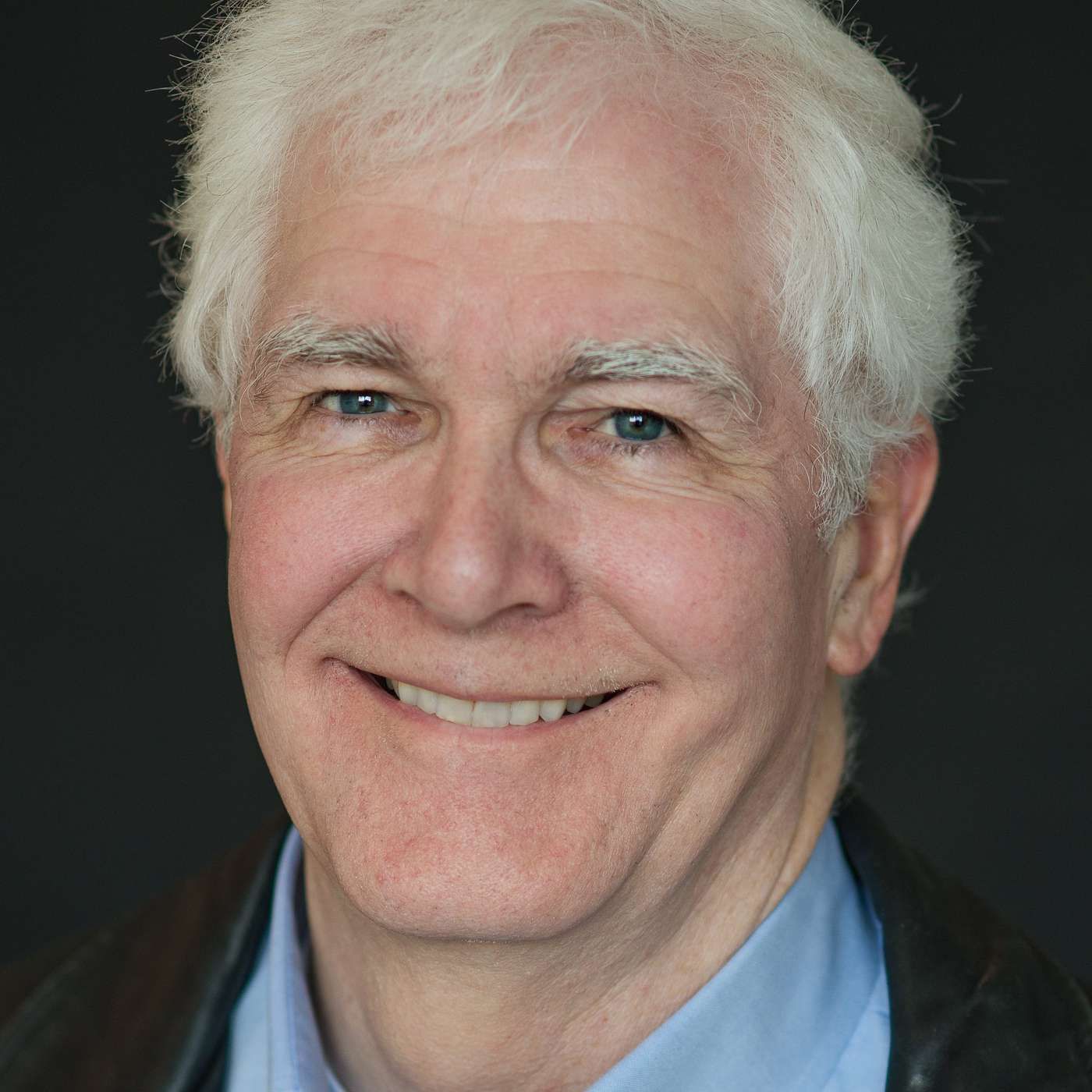
Two Days and a Half – How ESA Brought a Lost Mars Mission Back to Life
The Episode In March 2022, Europe’s ExoMars Rosalind Franklin mission was only weeks from launch when it was suddenly grounded. Russia’s invasion of Ukraine ended years of cooperation, and left one of ESA’s most ambitious Mars projects without a ride, without partners, and without a plan. From inside ESA’s Mission Control in Darmstadt, Sara Melloni watched everything freeze. As Mission Operations Manager for Rosalind Franklin, she now leads the team bringing Europe’s Mars dream back to life, one simulation, one re-wiring, one sleepless night at a time. This is not just the story of a spacecraft. It’s the story of how science survives politics, and how belief can resurrect a mission thought lost. Cosmic Timeline (Timestamps) [00:00:00] Opening – Markus recalls seeing the ExoMars rover and hearing its dramatic backstory[00:01:45] Sara Melloni on writing a new chapter for Rosalind Franklin[00:04:30] How the original 2018 mission fell apart and what ESA learned[00:08:20] When geopolitics stops science – the shock after the 2022 suspension[00:12:50] “Two days and a half” – the tightest window in mission control[00:17:40] Inside ESOC – training, simulation, and the psychology of mission control[00:23:15] How engineers dismantled, re-tested, and rebuilt a “frozen” mission[00:29:10] The rover’s drill: reaching two meters down for traces of ancient life[00:36:00] ESA’s global collaborations and the rebirth of European Mars exploration[00:43:50] From crisis to creativity – what the ExoMars team taught ESA about adaptation[00:49:00] Sara’s reflection on curiosity, machines, and the human mind[00:54:20] Closing – why bringing Rosalind Franklin back matters for the future of Europe in spaceMemorable Moments “We were ready to go, every checklist ticked, and then the war started.”“Our Russian colleagues lost access to their bank accounts overnight. We all just froze.”“Two days and a half. That’s all the time the landing platform will live before handing control to the rover.”“If we stop using our brain, it will atrophy, machines can help us, but not replace our curiosity.”“It’s a mission in limbo, but we’re bringing it back to life.”Links to Explore ESA ExoMars Mission OverviewRosalind Franklin Rover Testing at ESAESA Science Goals and Mission PhasesSend us a text You can find us on Spotify and Apple Podcast!Please visit us at SpaceWatch.Global, subscribe to our newsletters. Follow us on LinkedIn and Twitter!
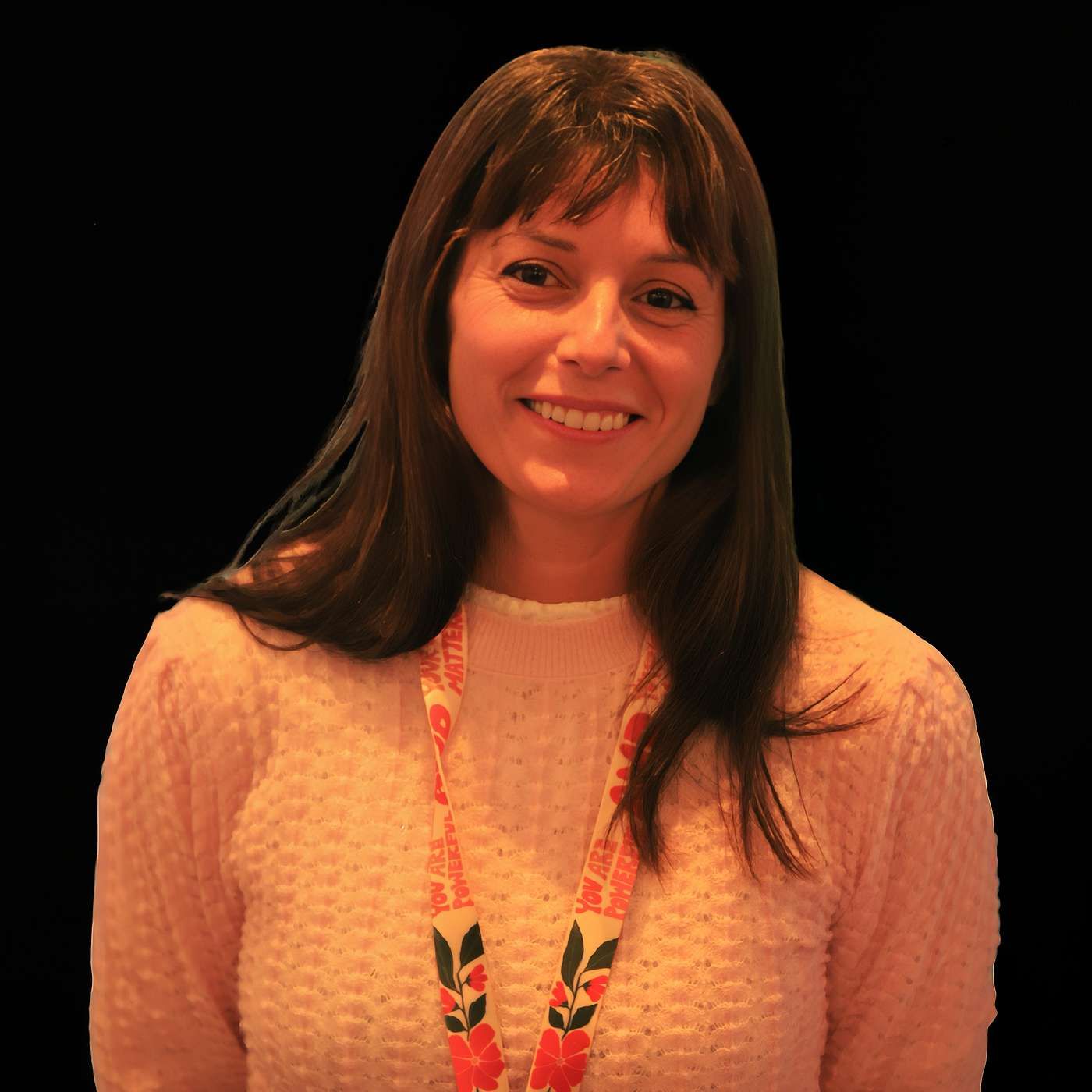
Stop Chasing Ice: Why the First Moon Base Shouldn’t Be a Mine (with Pascal Lee)
Dr. Pascal Lee, planetary scientist, Arctic field explorer, and professor at the KSU (Kepler Space University) He’s spent his life between two extremes, the frozen frontiers of the Arctic and the conceptual edges of space exploration. Few people connect fieldwork, engineering, and philosophy like Pascal does. What We Talk About This episode begins on the Moon — and ends light-years away. Why the real space race isn’t who returns first, but who stays and builds.The illusion of lunar gold: why water at the South Pole might be a scientific curiosity, not a resource economy.Clavius Crater — and why this quiet spot near the lunar south is Pascal’s pick for humanity’s first real home off-world.When exploration turns into strategy: the geopolitical race for lunar presence and what “claiming” actually means under the Outer Space Treaty.Lessons from Antarctica — what a working lunar base could really look like, based on how we already live and explore at Earth’s poles.The difference between a mine and a base, and why getting that wrong could derail the next era of exploration.AI teammates: what happens when explorers aren’t just human anymore?The rise of androids as extensions of ourselves. It this still us?Interstellar travel: android crews carrying human DNA and recorded consciousness across centuries.What happens when our “descendants” are made of carbon fiber instead of carbon flesh.Here’s what stayed with me: We might be romanticizing the wrong things about the Moon. It’s not about ice — it’s about where we can survive, move, and build.A mine isn’t a home. Exploration needs stability before exploitation.Our future in space will likely be shared with machines that think — and maybe feel.At some point, the question shifts from can we go there to who are we when we do?Pascal Said It Best “The race isn’t to touch the Moon again — it’s to set up the first base.”“A mine isn’t a base. Don’t confuse extraction with exploration.”“The biggest source of water on the Moon… is Earth.” To Explore Pascal Lee / Mars InstituteSETI Institute (research partner)KSU Course – The Moon & Its Exploration NASA Artemis Program Clavius Crater My Take Talking to Pascal Lee is like standing at the edge of a timeline that runs from the first lunar footprint to the last flicker of human DNA drifting between stars. He reminds us that technology is only half the story — the other half is what kind of species we want to be when machines start thinking with u Send us a text You can find us on Spotify and Apple Podcast!Please visit us at SpaceWatch.Global, subscribe to our newsletters. Follow us on LinkedIn and Twitter!
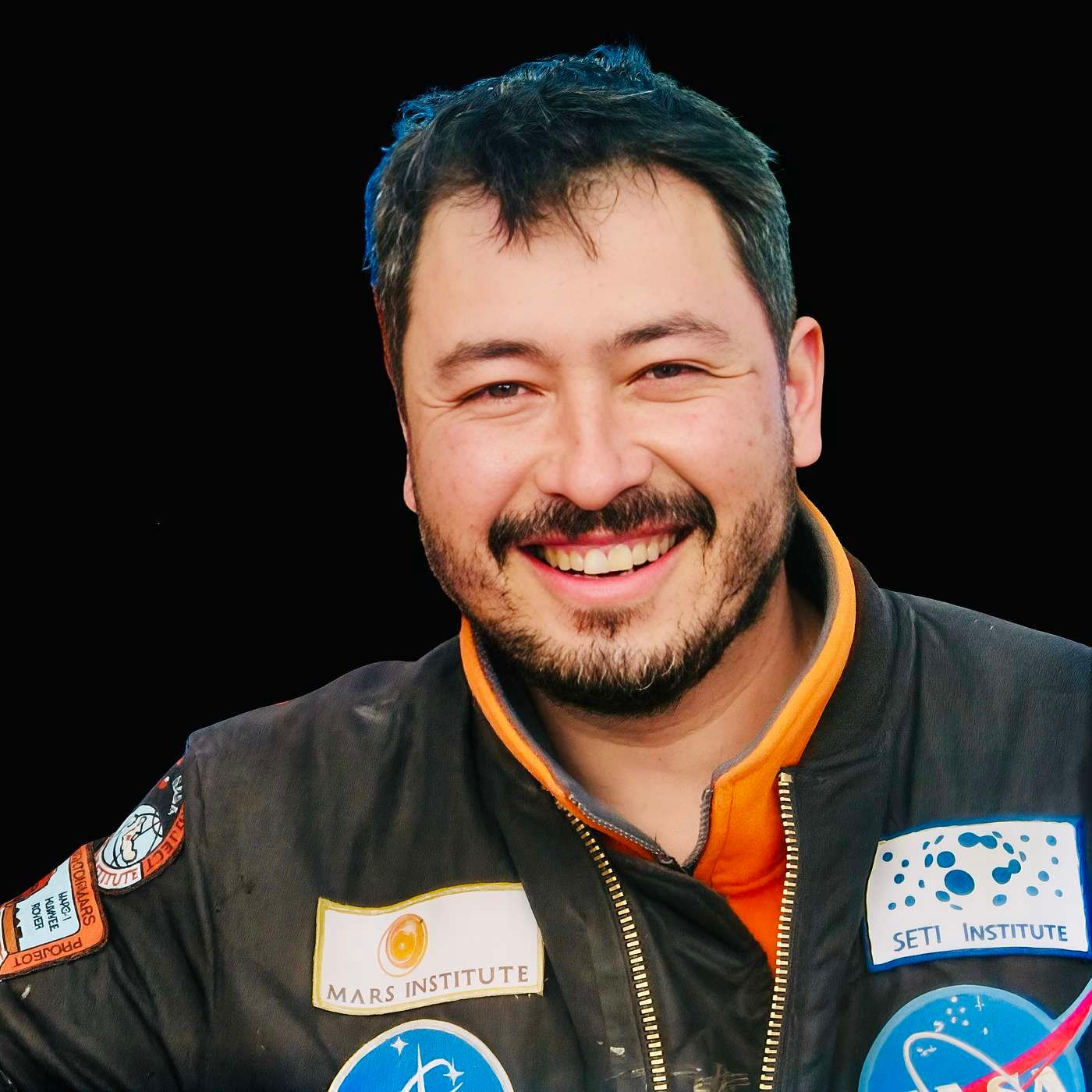
The Ocean Isn’t Flat: ESA’s gravity maps, climate facts, and Earth’s hidden shape
Guest: Robert Meisner, Earth Observation, ESA, ESRIN The Cosmic Scoop: In this eye-opening episode, Markus travels to ESRIN, ESA’s Earth Observation hub in Frascati near Rome, to sit down with Robert Meisner – a man who has spent nearly 40 years watching our planet from above. Together they dive into the hidden landscapes of the ocean surface, the secrets of gravity maps, and how satellites reveal the slow but relentless transformation of our world. From sea level rise and melting glaciers to the surreal beauty of satellite art, Robert explains why Earth observation isn’t just about data – it’s about giving our planet a voice. Along the way, he clears up climate myths, reminds us how science self-corrects, and points to the hope that comes from knowledge, action, and communication. Quotable Insights: “We deliver the hard facts – like it or not. It’s not a matter of belief, it’s a matter of measurement.”“Almost half of today’s sea level rise comes from the warming and expansion of the oceans.”“The ocean surface is not flat – it’s a landscape of invisible hills and valleys shaped by gravity.”“Science has its own cleansing system: if nobody can disprove you, chances are it matches reality.”Cosmic Timeline (Timestamps): [00:00:00] Opening: Why the ocean surface is not flat[00:03:00] What ESRIN does – ESA’s Earth Observation headquarters[00:07:00] Satellites, orbits, and why 800 km matters[00:10:00] Measuring ocean temperatures from space[00:14:00] Accuracy, salinity, and the Gulf Stream as Earth’s energy conveyor belt[00:17:30] Sea level rise – glaciers vs. thermal expansion[00:21:00] Climate denial, hard facts, and science as a self-correcting system[00:28:00] From drifting continents to ice ages – how new theories become accepted[00:29:30] The artistic beauty of satellite data[00:33:00] Melting glaciers, unstable Alps, and the thawing permafrost[00:35:00] The GOCE mission and gravity maps – why oceans have hills[00:43:00] Copernicus, Sentinel satellites, and Europe’s unique leadership[00:47:00] CO₂ monitoring from space – the upcoming game changer[00:49:00] Digital Twin Earth – simulating our planet’s future[00:50:00] The human side: 40 years of watching Earth change[00:54:00] Espresso for the mind – the art of science communicationLinks to Explore: ESA Earth Observation Copernicus ProgrammeDigital Twin Earth initiativeSpread the Cosmic Love! If this conversation reshaped how you see our oceans, climate, and planet, share it with your friends, your students, your colleagues. The more people understand Earth as a living system, the more hope we can build for the generations to come. Send us a text You can find us on Spotify and Apple Podcast!Please visit us at SpaceWatch.Global, subscribe to our newsletters. Follow us on LinkedIn and Twitter!
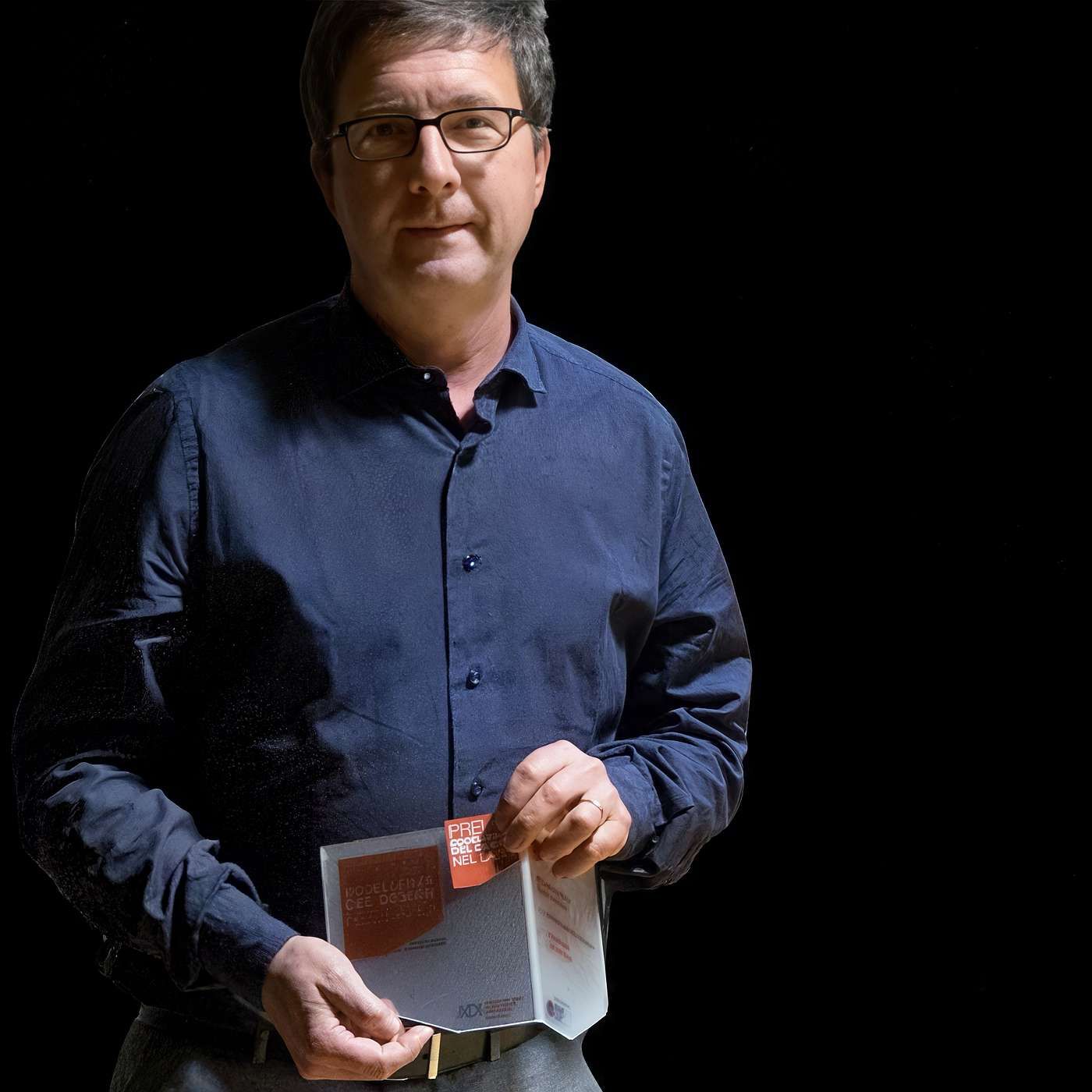
Who Needs Legs in Space? The Incredible Journey of John McFall
John McFall — surgeon, Paralympic medalist, father of three, and ESA parastronaut selectee — joins Markus to explore how human spaceflight changes when we design for ability, not assumptions. From winter survival in the Pyrenees to EVA realities and cosmic radiation, John shares what it takes to open space to everyone. Cosmic Timeline [00:00:00] Squeezing life’s juice — John’s credo [00:03:00] Coffee breaks as medalist, surgeon, astronaut [00:06:00] Accident at 19 → sport, surgery, ESA call [00:09:00] Do we need legs in space? [00:12:20] Winter survival in Pyrenees snow caves [00:15:00] Basic training: survival, centrifuge, classrooms [00:24:00] Rethinking excellence — Apollo vs today [00:30:00] Why EVAs are brutally physical [00:33:00] Floating “prisons” & Skylab lessons [00:36:00] Pressure of being ESA’s first parastronaut [00:40:00] Designing space for adaptive bodies [00:44:00] ESA, NASA, and Europe’s timing [00:46:00] Starship iteration vs ESA caution [00:50:00] Radiation: cosmic rays, flares, Vigil mission [00:54:00] Acute vs chronic radiation risks [01:00:00] Espresso for the mind: “Go the extra mile” [01:02:00] Closing: inclusivity as space’s next leap Key Discussion Points Training, no exceptions. From snow caves in the Pyrenees to centrifuge drills, John meets the same standards as his peers.Rethinking excellence. Apollo’s muscle-bound explorers vs. today’s reality of EVA suits, radiation risks, and teamwork.Radiation: the big wall. Acute vs. chronic effects, why long-term missions demand breakthroughs, and ESA’s Vigil solar-weather mission.Design from scratch. Building adaptive spacecraft and systems that work for every kind of astronaut.Inspiration for kids. Why seeing John in a flight suit could empower the next generation of dreamers.Music for the Journey John’s pick for our Spotify playlist This Playlist for the Aspiring Space Traveler: A live 16-minute version of Status Quo’s “4500 Times” (Milton Keynes, 1979).Espresso for the Mind “Always go the extra mile. Life will reward you.” Words from John’s parents after his accident — a mantra he carries into every challenge. Links to Explore ESA Parastronaut Initiative ESA Astronaut Training overview ESA Vigil Space Weather Mission ESA News on John McFall’s selectionSend us a text You can find us on Spotify and Apple Podcast!Please visit us at SpaceWatch.Global, subscribe to our newsletters. Follow us on LinkedIn and Twitter!
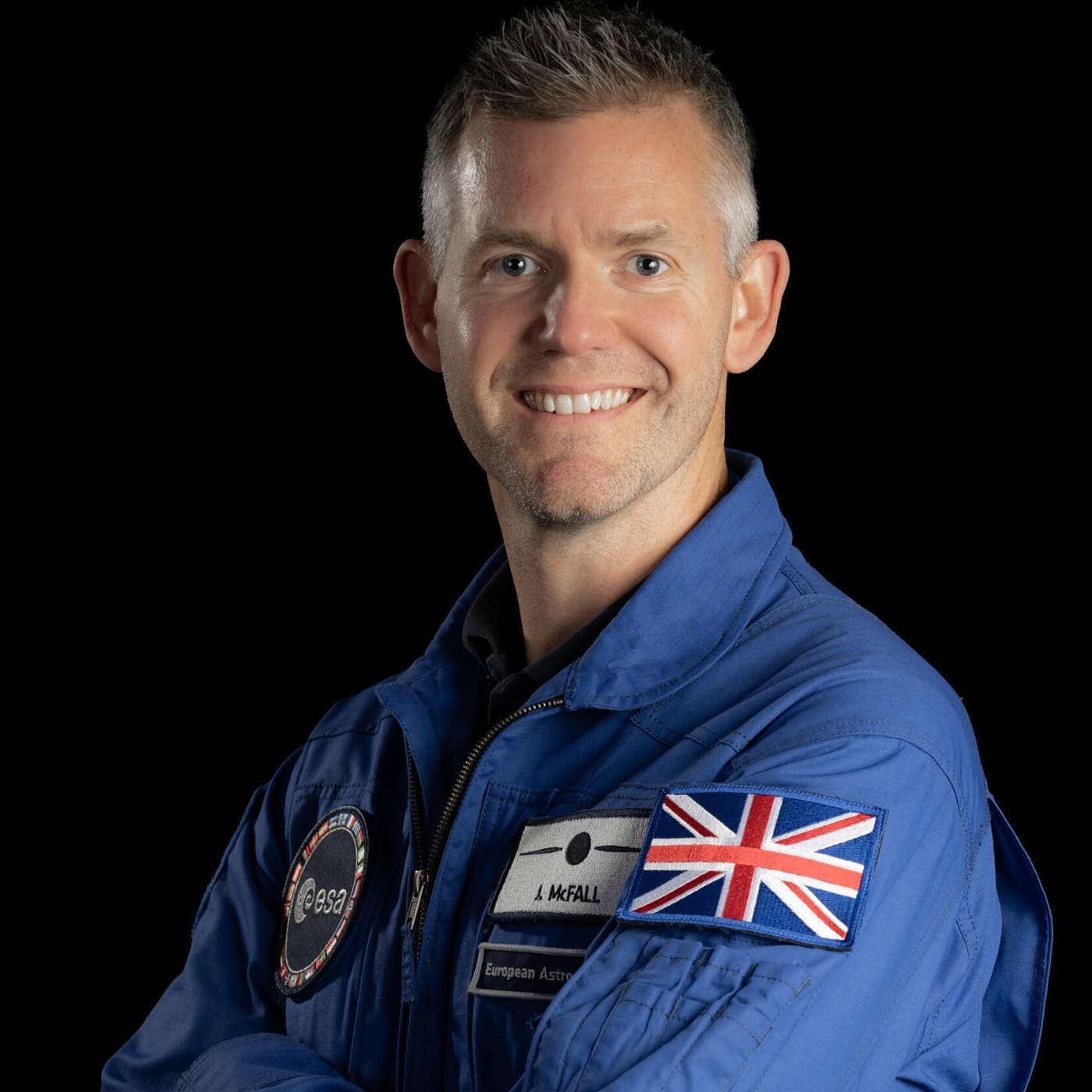
Earth's Lost Rings: A 466-Million-Year-Old Warning
Guest:Dr. Andy Tomkins – Geologist, Professor at Monash University, and lead author of the groundbreaking study proposing that Earth once had a Saturn-like ring system. The Cosmic Scoop:What if Earth once had rings like Saturn? Dr. Andy Tomkins joins Markus to unravel the evidence that, 466 million years ago, a colossal asteroid breakup may have encircled our planet with a shimmering band of debris. From the science of ancient meteorites to the climate effects of planetary rings, this episode explores how cosmic events have shaped our world—and what they might mean for life, extinction, and the future of planetary science. Quotable Insights: “The evidence needs to be gathered a bit more still, but we think that ring period could have lasted for 20 to 40 million years.”“You can imagine looking up and seeing this ephemeral, light-shaded band in the sky.”“Life diversifies quickly when it’s responding to a challenge.”“Rings are ephemeral—they don’t last very long.”“Earth is compositionally not that special. The right ingredients for life are distributed everywhere throughout the universe.”Cosmic Timeline: [00:00:00] Introduction & Earth’s Ancient Beauty[00:02:00] Saturn-like Rings on Earth?[00:06:00] The Visian Period: 500 Million Years Ago[00:09:00] How the Ancient Ring System Formed[00:14:00] The Asteroid Breakup and Meteorite Evidence[00:18:00] Global Impact: Craters, Tsunamis, and Sedimentary Clues[00:23:00] What Did the Rings Look Like?[00:27:00] Did the Rings Affect Earth’s Climate?[00:31:00] The Great Ordovician Biodiversification Event[00:36:00] Geological Timescales & Extinction Events[00:41:00] The Fate of Earth’s Rings[00:45:00] Habitability, Exoplanets, and Cosmic Coincidences[00:50:00] Where Did Earth’s Water Come From?[00:54:00] Future Asteroid Events & Apophis[00:59:00] What’s Next in the Research?[01:03:00] If You Could See the Asteroid Belt…[01:06:00] Music for the Journey: “Paint It Black” by The Rolling Stones[01:09:00] Espresso for the Mind: Inspiration & Final Thoughts Links to Explore: Dr. Andy Tomkins at Monash UniversityOriginal Research Paper: Earth’s Ancient Ring SystemPlate Tectonic Reconstructions (YouTube)NASA Asteroid ResourcesSpotify Playlist: Space Cafe Podcast Guest PicksSpread the Cosmic Love!If this episode sparked your imagination or challenged your view of Earth’s history, share it with a friend, colleague, or fellow stargazer. Let’s keep exploring the mysteries of our planet and the universe together. Find us on Spotify and Apple Podcasts.Visit us at SpaceWatch.Global, subscribe to ou Send us a text You can find us on Spotify and Apple Podcast!Please visit us at SpaceWatch.Global, subscribe to our newsletters. Follow us on LinkedIn and Twitter!
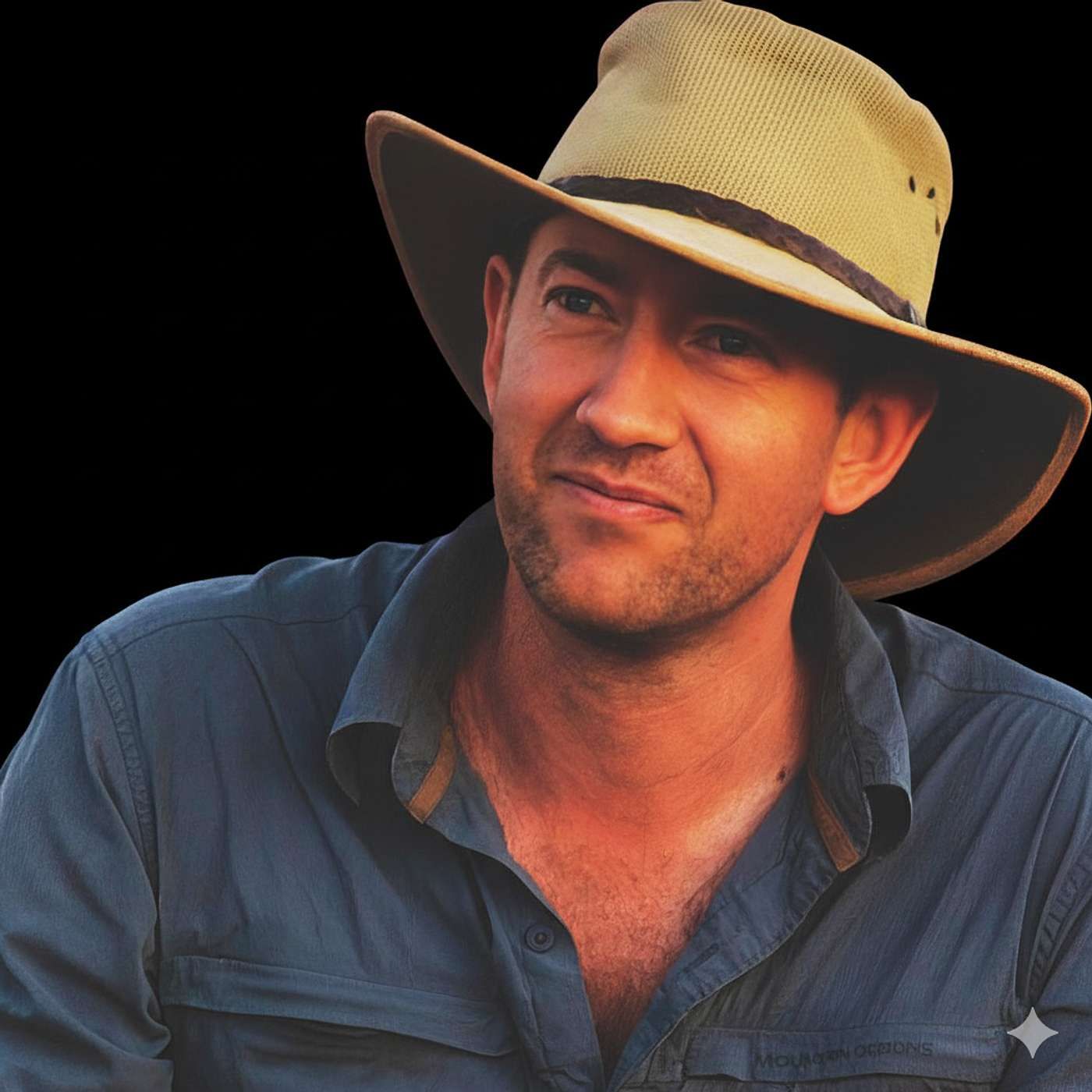
Solar Lets You Visit. Nuclear Lets You Stay. A delicate conversation.
Guest: Dr. Bhavya Lal – Former NASA Chief Technologist, MIT-trained nuclear engineer, and architect of U.S. space nuclear policy. The Cosmic Scoop: Nuclear power’s bad Earthly reputation hides its potential as a lifeline beyond our planet. Space is already radioactive—and if we want to stay and build on the Moon, Mars, or Europa, nuclear offers “power abundance” solar can’t match. Dr. Lal explains why, covering tech, safety, law, history, and why the next space era may finally embrace it. Quotable Insights: “Solar lets you visit. Nuclear lets you stay and build.”“Without nuclear, we design for scarcity. With nuclear, we design for capability.”“Adding nuclear in space is like pouring water in a hurricane—it barely registers.”“We are entering an era of abundance.”Cosmic Timeline: [00:00:00] Nuclear perception problem [00:04:00] NASA’s lunar reactor plan [00:06:40] Moon nights & Mars dust storms [00:08:10] Power abundance [00:11:20] Why it hasn’t happened yet [00:16:50] Nuclear tech & propulsion [00:21:30] Voyager’s RTGs [00:23:00] Solar limits [00:25:00] Soviet space reactors [00:28:00] Current development [00:32:00] Space vs. Earth reactors [00:36:00] Legal frameworks [00:38:00] Launch safety [00:42:00] Reputation & safety evolution [00:46:00] Why nuclear is inevitable [00:48:30] Europa’s ice drills [00:50:40] The Great Filter [00:56:00] Project Orion [01:00:00] Music: ABBA – “Dancing Queen” [01:01:00] Inspiration: “Think of abundance” Links to Explore: NASA Fission Surface Power Project Space Policy Directive-6 (U.S.)Outer Space Treaty (1967)The Europa Report (film)Spread the Cosmic Love! If this conversation shifted your perspective on nuclear—or challenged what you thought you knew—share it with a friend, colleague, or fellow stargazer. Let’s talk about the technologies that will power our next giant leap. Send us a text You can find us on Spotify and Apple Podcast!Please visit us at SpaceWatch.Global, subscribe to our newsletters. Follow us on LinkedIn and Twitter!
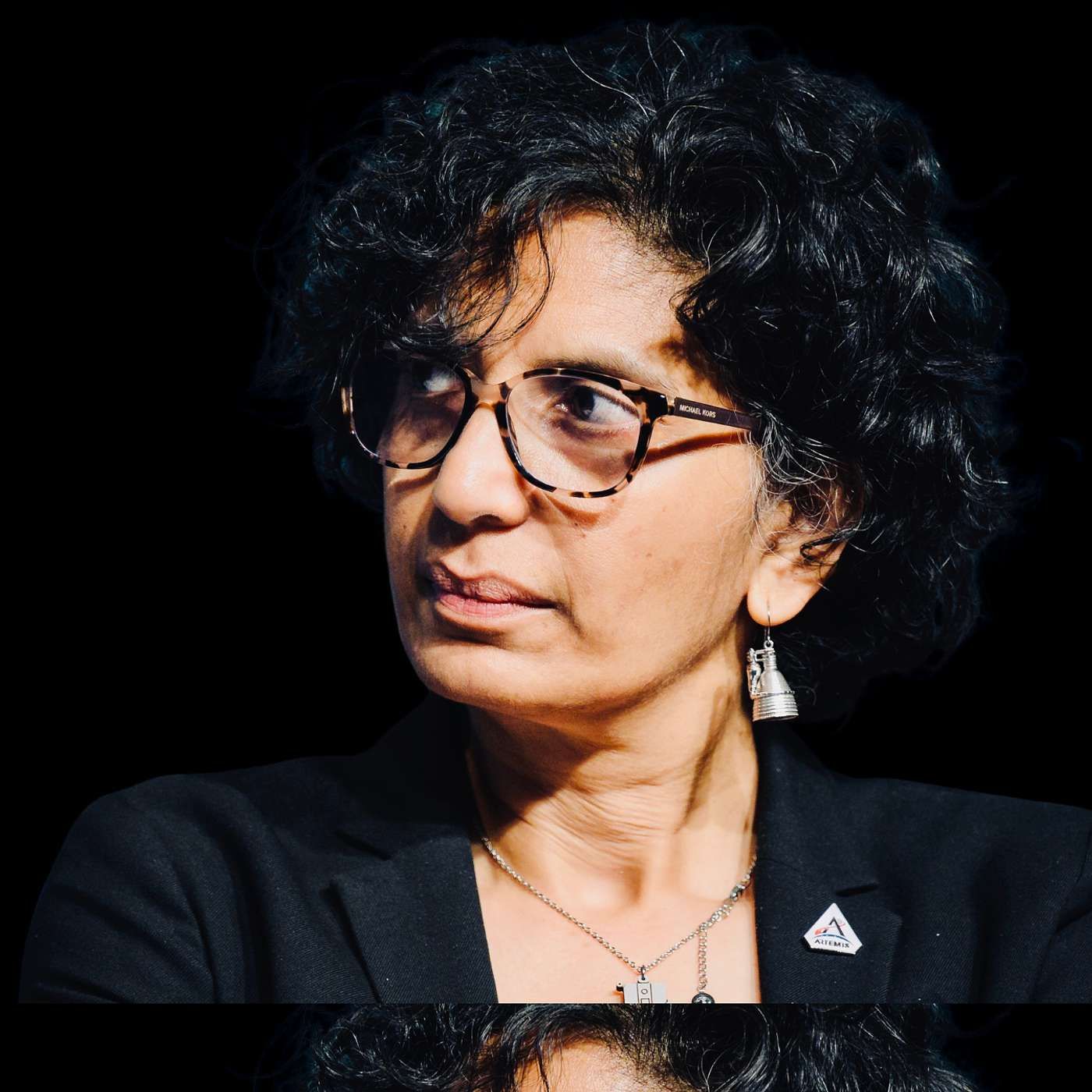
Planet Earth, Digitized: Can ESA’s Virtual Twin Save Us?
This week, Simonetta Cheli, Director of Earth Observation Programs at the European Space Agency (ESA), joins Markus to dive into one of the most ambitious and groundbreaking projects of our time: building a digital twin of our planet. Through Destination Earth (DestinE), ESA is creating a dynamic, real-time model of Earth—a tool designed to simulate future scenarios, test the impact of human decisions, and ultimately help us better care for our fragile world. Quotable Insights “We’re giving Earth a voice. Our satellites are the planet’s way of telling us what’s happening—and what’s coming next.” – Simonetta Cheli“We don’t need more data to know we must act. We need to use the data we already have to make change visible and urgent.”“Europe is a world leader in Earth observation—both in technology and in making data available for all.”Cosmic Timeline (Timestamps) [00:00:00] Simonetta’s first-hand story of shrinking rivers and climate signals[00:01:00] Introduction: Giving Earth a voice through digital twins[00:02:05] What Earth observation means and why it matters today[00:05:00] Looking in the mirror: How satellites diagnose the planet’s health[00:09:00] 30+ years of Copernicus satellite data and its value for the future[00:12:00] ESA’s Destination Earth: building a sandbox for global “what-if” scenarios[00:17:00] CO₂ tracking, biomass missions, and carbon accountability[00:19:30] Europe’s unique leadership in Earth observation and data openness[00:23:00] Integrating AI: The promise and challenges of machine-driven insights[00:27:00] Real-world applications: from urban planning to disaster response[00:29:00] Personal moments: What surprised Simonetta the most from space data[00:32:00] A journey to Greenland: confronting the speed of melting ice[00:34:00] Do we really need more data—or more action?[00:37:00] How satellites connect citizens to the consequences of their choices[00:41:00] ESA’s efforts in education, outreach, and startup support[00:45:00] Simonetta’s vision: Earth observation as a planetary voice[00:46:00] Music choice and final reflectionsRelevant Links and References ESA Earth ObservationDestination Earth (DestinE)Copernicus ProgrammeSpread the Cosmic Love! If this episode made you see our planet in a new light, share it with a friend. Follow the Space Café Podcast on Spotify and Apple Podcasts. Join the conversation on LinkedIn or email us at podcast@spacewatch.global. Your thoughts help shape future episodes! Send us a text You can find us on Spotify and Apple Podcast!Please visit us at SpaceWatch.Global, subscribe to our newsletters. Follow us on LinkedIn and Twitter!
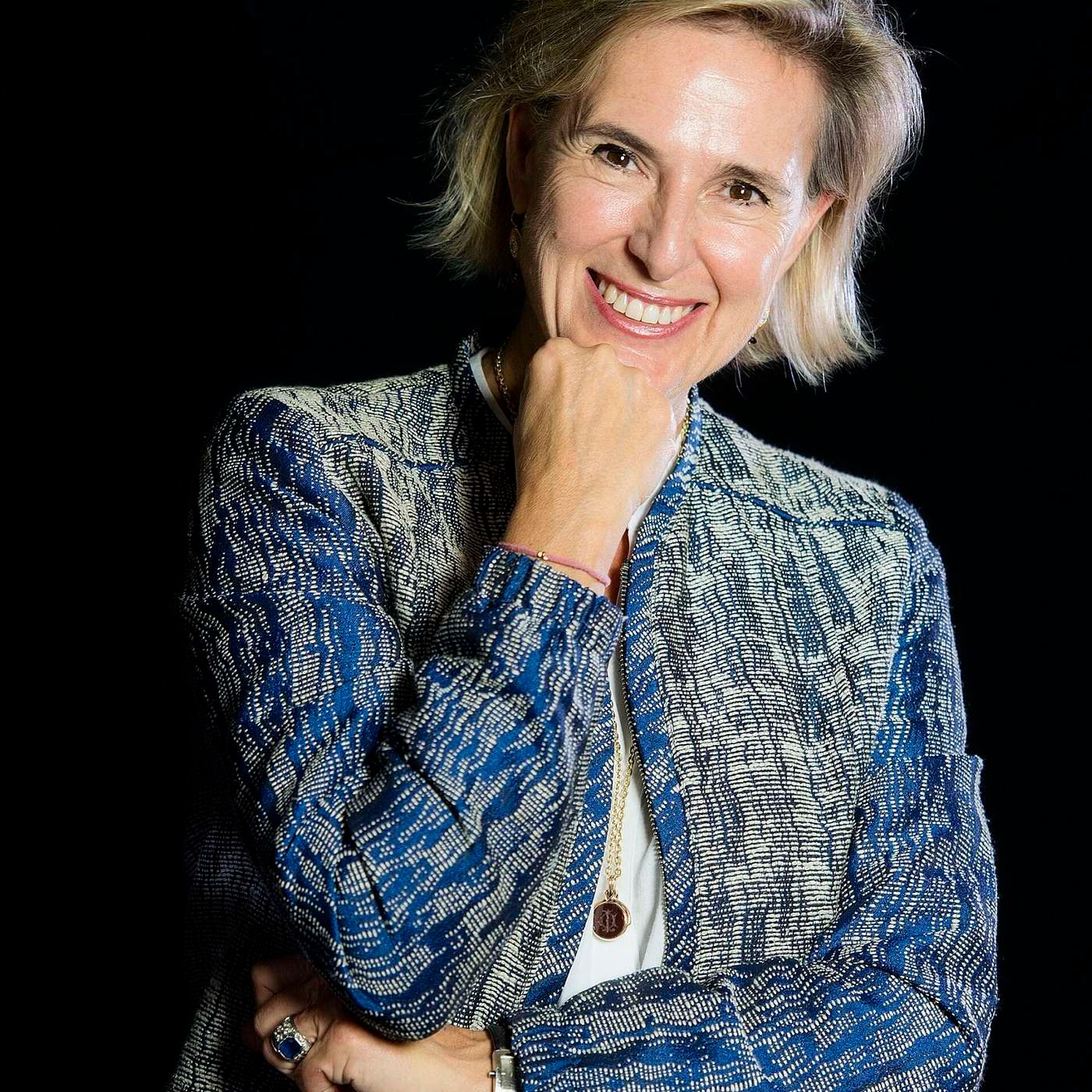
Former Space Agency Head: The Real Reason We Aren't on the Moon (It's Not Technology)
Giorgio Saccoccia – former President of the Italian Space Agency (ASI), propulsion engineer, and lifelong “space fan.” From lunar outposts and electric thrusters to space-as-diplomacy, Saccoccia brings four decades of insight into turning quick “flags-and-footprints” missions into a permanent human presence beyond Earth. Key Moments ⏱ Time Topic | 00:00:20 | Bootprints vs. Blueprints – Why Apollo was a sprint and why Artemis (or its successor) must be about settlement, not headlines. | 00:02:34 | Technology, Then & Now – Interfaces, autonomy, data, and why ISRU plus small nuclear reactors will make the lunar south pole viable. | 00:06:47 | Risk, Politics & Timing – Modern risk tolerances, geopolitics, and what still has to be fixed before Artemis-3 can launch. | 00:13:14 | The Storytelling Vision – From exploration “genes” to concrete incentives for returning to the Moon (science, resources, sustainability). | 00:22:00 | Space as Diplomacy – Salyut, Skylab, ISS, Gateway and how shared hardware keeps dialogue alive when terrestrial politics fracture. | 00:35:34 | Public–Private Tandem – Why big missions (Moon bases, Mars) will remain a joint venture between agencies and entrepreneurs. | 00:38:14 | Propulsion Futures – Chemical for launch/landing, electric (ion & Hall-effect) for cargo logistics; Smart-1, BepiColombo, and saving tonnes of propellant. | 00:57:36 | Italy & Europe’s Niche – Pressurised modules, lunar-hab know-how, and the political heft of a united EU in exploration. | 01:05:00 | Essential Qualities for 2040 Leaders – Curiosity and passion: the timeless fuel for the next generation of space pioneers. | 01:06:25 | Personal Touches – Playlist pick: Pink Floyd’s “Eclipse” and why a macchiato captures Saccoccia’s philosophy of balanced openness. Relevant Links & References ESA Exploration Programme – https://www.esa.int/ExplorationNASA Artemis Overview – https://www.nasa.gov/specials/artemis/ASI (Italian Space Agency) – https://www.asi.itBepiColombo Mission – https://www.esa.int/Science_Exploration/Space_Science/BepiColomboSMART-1 Electric-Propulsion Legacy – https://sci.esa.int/web/smart-1ISS Modules & Partnership – https://www.nasa.gov/mission_pages/station/structure/elements/index.htmlSpread the Cosmic Love! If Giorgio’s pragmatic-but-visionary roadmap fired your thrusters, share this episode with engineers, policy-wonks, and dreamers who see exploration as humanity’s best peace project. Space Café Podcast – where big ideas fuel the next giant leap. Send us a text You can find us on Spotify and Apple Podcast!Please visit us at SpaceWatch.Global, subscribe to our newsletters. Follow us on LinkedIn and Twitter!
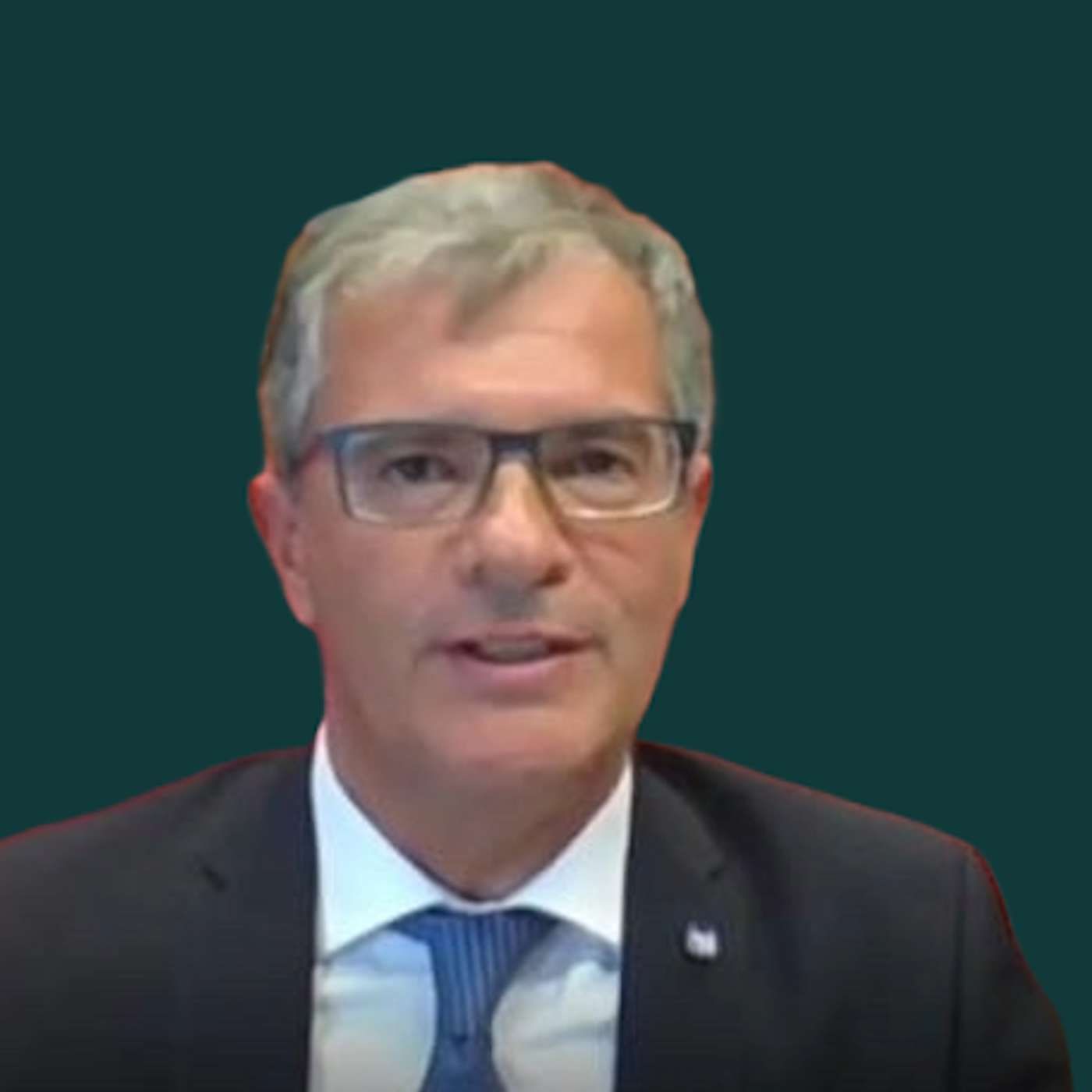
Forget Mars: Blue Origin Wants Earth as a National Park!
Heather Nelson, Director of the Club for the Future at Blue Origin, is at the forefront of inspiring the next generation to dream boldly about humanity’s role as an interplanetary species. In this expansive conversation, Heather provides a rare peek behind the curtain of Blue Origin’s ambitious plans and philosophical vision for the future of humankind both on Earth and beyond. Quotable Insights: “If we want Earth to flourish again, we have to expand somewhere else.”“Imagine Earth as a national park—a pristine, original version of our home planet.”“The future will need artists and creators as much as engineers and scientists.”“Kids don’t have the constraints of thinking something is impossible—they’re limitless in imagination.”“The overview effect is real. Seeing Earth from space changes you forever.”Relevant Links and References: Blue OriginClub for the FutureGerard O'Neill's concept of space habitats (O’Neill Colonies)Space Café PodcastCosmic Timeline: [00:00:00] Vision of Earth as a sanctuary[00:01:40] Blue Origin’s philosophy for interplanetary thriving[00:06:10] Creating sustainable communities in space[00:07:17] Earth as a national park concept[00:13:17] Club for the Future’s mission[00:20:22] STEAM education and integrating creativity[00:26:50] Lessons learned from inspiring the next generation[00:32:40] Decision-making and culture at Blue Origin[00:37:00] Empowerment and rapid innovation[00:41:00] Overview effect and space tourism[00:45:37] Personal reflections on space exploration and inspiration[00:47:51] Heather’s music selection: Vivaldi’s "Four Seasons"[00:49:01] Final inspirational thoughts: humanity as one species, united through space explorationSpread the Cosmic Love:If this episode ignited your imagination, share it with visionaries, educators, dreamers, and anyone who wonders about humanity’s future beyond Earth. Join our cosmic conversation and subscribe on Spotify and Apple Podcasts! Keep looking up, stay curious, and help shape humanity’s next great adventure. Send us a text You can find us on Spotify and Apple Podcast!Please visit us at SpaceWatch.Global, subscribe to our newsletters. Follow us on LinkedIn and Twitter!
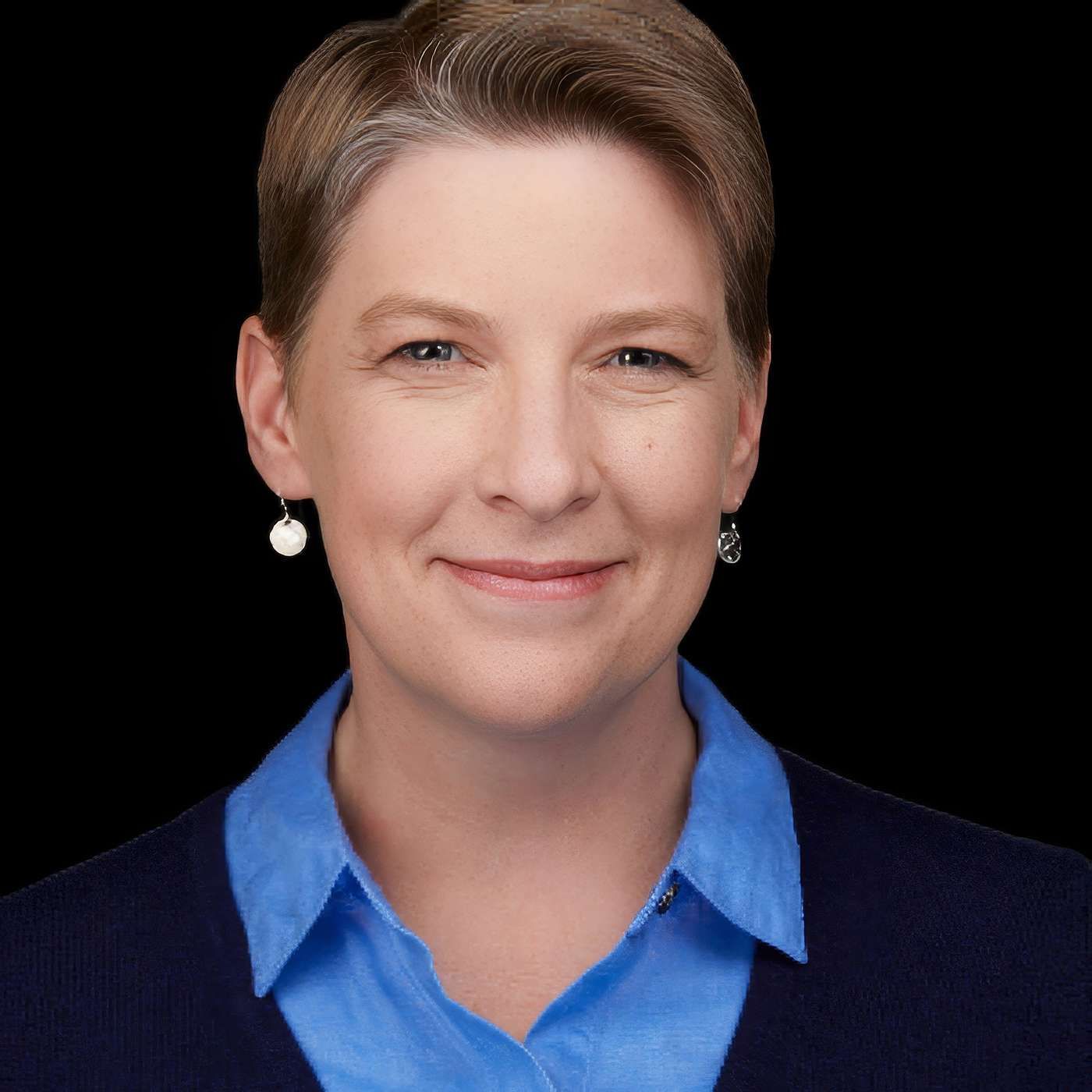
This Architect Is Redesigning Humanity for Life in Space
🚀 The Cosmic Scoop In this expansive and deeply human conversation, Phnam Bagley challenges everything we think we know about architecture. From floating tables to engineered space hearts, she reimagines what it means to design for a future where gravity is optional and emotion is essential. Together, we explore the untold questions of life in space: What is a “table” without gravity?Can architecture heal isolation?Do space-born humans need new organs?And above all: Are we building habitats—or are we building ourselves anew?This isn’t just about design. It’s existential. And it’s urgent. 💬 Quotable Insights 💐 “You don’t design for the void. You design for the soul inside it.” 💐 “Maybe you don’t need a flat table. Maybe you need a soft, spherical one with holes to hold your apple in zero-g.” 💐 “If the ground disappears beneath you, maybe it’s time to build one inside yourself.” 💐 “The aesthetics of survival is still survival.” 🕰️ Cosmic Timeline (Timestamps) [00:02:12] The O’Neill Ring: cities in the sky and funding the impossible[00:06:02] Rethinking furniture and spatial logic in microgravity[00:12:00] Microgravity, partial gravity, and the risks of existing too far from Earth[00:18:08] The window to nothingness, and why we still need to see home[00:29:20] Function. Aesthetics. Value. The true holy trinity of design[00:31:05] AI in space design: from mood lighting to biometric ecosystems[00:38:46] Bioprinted hearts, sci-fi organs, and the ethics of conception in orbit[00:45:43] “The human software” – the greatest unknown of all[00:54:09] Would she go to space? Yes—but only with a drill[00:56:21] Music for the Space Traveler: Björk – Crystalline (Biophilia)🎧 Music for the Aspiring Space Traveler's Playlist 🎵 Björk – Crystalline (from Biophilia) “Because if you’re going to float, do it in fractal wonder.” 🔗 Links to Explore NonFictionDesignVladimir Tsiolkovsky’s space architecture sketchesMuseum of Jurassic Technology, Los AngelesVast Space – Haven OneSpace Architecture FoundationBjörk – Biophilia✨ Spread the Cosmic Love! This episode asks questions that will shape our off-world future—and who we become along the way. 🌌 Share it with someone who dreams, designs, or dares. 📡 Available now on Spotify and Apple Podcasts Send us a text You can find us on Spotify and Apple Podcast!Please visit us at SpaceWatch.Global, subscribe to our newsletters. Follow us on LinkedIn and Twitter!

Hearing a Universe: How a Blind Scientist Uncovers Hidden Patterns in Astronomical Data
Guest: Wanda Diaz Merced This very special episode of the Space Café Podcast introduces Wanda Diaz Merced, a visionary scientist who, after losing her sight in her twenties, pioneered a groundbreaking new method of exploring space through sound—sonification. Wanda shares her remarkable story and insights, showing us that blindness does not limit one's ability to explore the cosmos but rather enriches it with a rare new perspective. Key Discussion Points: [00:00:32] How Wanda turned a personal challenge into an innovative scientific approach.[00:04:00] The transformative power of sonification in understanding astronomical data.[00:08:47] Why traditional visual methods might miss critical events in space exploration.[00:09:10] The cosmic "music" Wanda hears from space, challenging our traditional definitions of harmony.[00:16:00] The profound implications for multisensory perception and inclusivity in scientific research.[00:34:00] Wanda's inspiring message on redefining disability as a unique ability and asset to science.Quotable Insights: "Noise is beautiful; it's information waiting to be discovered.""Blindness didn't take away my vision; it transformed how I experience the universe."Wanda's Playlist Pick: "I Will Survive" by Gloria Gaynor – added to the Space Café Podcast's Playlist for the Aspiring Space TravelerRelevant Links and References: CERN – European Organization for Nuclear ResearchCosmic Microwave Background – NASAVerdi’s Requiem (recommended by a previous guest)Stay Connected: Follow Space Café on Spotify and Apple Podcasts.Visit SpaceWatch.Global for more space exploration news.Connect with us on LinkedInExplore this unique auditory journey and gain a new way of "seeing" the universe—through the ears of an extraordinary scientist. Send us a text You can find us on Spotify and Apple Podcast!Please visit us at SpaceWatch.Global, subscribe to our newsletters. Follow us on LinkedIn and Twitter!
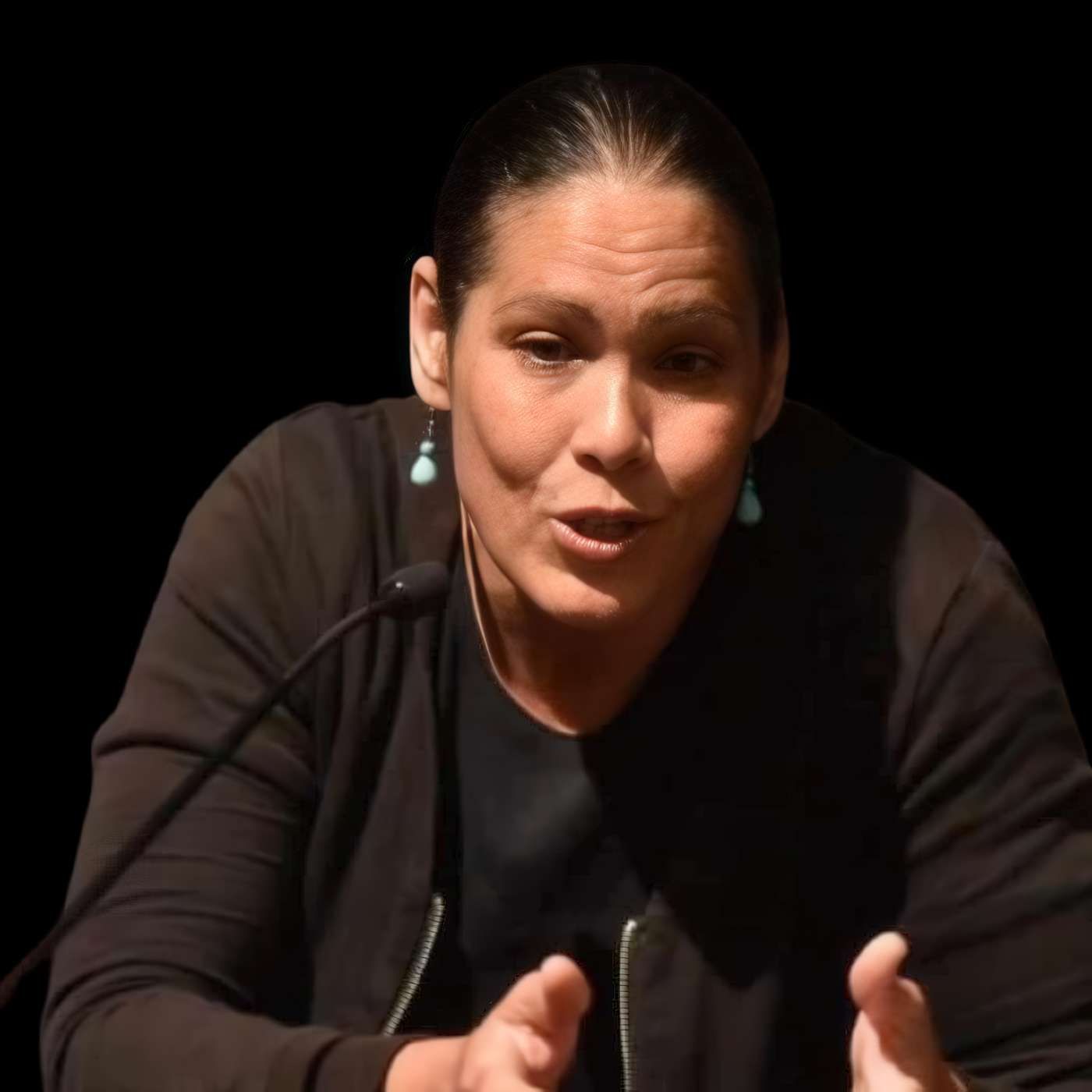
Someone is Seriously Putting a Swedish House on the Moon—Right Now!
Guest Introduction:In an extraordinary fusion of art, engineering, and cosmic ambition, Swedish artist Mikael Genberg and space engineer Emil Vinterhav have realized what many deemed impossible—a traditional Swedish red house, journeying through space toward the lunar surface. This Moonhouse symbolizes humanity’s unyielding aspiration and our innate desire to explore, challenge limits, and leave lasting footprints in new worlds. Key Discussion Points: The Birth of a Vision: Mikael’s inspiration and the initial disbelief surrounding the idea of placing a symbolic red house on the moon.Journey to the Moon: The innovative route and the four-and-a-half-month voyage that optimizes energy efficiency.Art Meets Engineering: How Emil and Mikael navigated the cultural and technical divides, bringing poetic creativity together with precise engineering.From Idea to Reality: The rigorous process, from designing a space-qualified paint in Mikael’s kitchen to comprehensive vibration and vacuum testing.The Ultimate Longevity: Reflections on the permanence of the house as a cosmic art piece that will outlive human civilization, serving as an enduring symbol.Emotional Launch: Experiences at Kennedy Space Center, from personal anticipation to the profound realization of their dreams ascending into space.Ethical Considerations: Addressing the philosophical implications of leaving human artifacts on celestial bodies and how this project enriches human cultural consciousness.🎵 Aspiring Space Traveler’s Playlist: Mikael's cosmic tune: "Anarchy in the UK" by Sex PistolsEmil's cosmic tune: "Clair de Lune" by Claude DebussyRelevant Links and References: Moonhouse Official WebsiteiSpace Inc.Kennedy Space CenterSpotify Playlist for Aspiring Space TravelersCosmic Reflection:"We don't just put a house on the moon—we place humanity’s dreams among the stars, challenging ourselves to think bigger and embrace our cosmic destiny." Spread the Cosmic Inspiration:If this conversation moves your spirit, share it with dreamers and visionaries in your life. Let's ignite imaginations together and continue to write humanity’s celestial story. Join the Space Café Community:Subscribe, listen, and join us every Wednesday for your next cosmic conversation. Let’s keep looking up, exploring, and dreaming together. Send us a text You can find us on Spotify and Apple Podcast!Please visit us at SpaceWatch.Global, subscribe to our newsletters. Follow us on LinkedIn and Twitter!
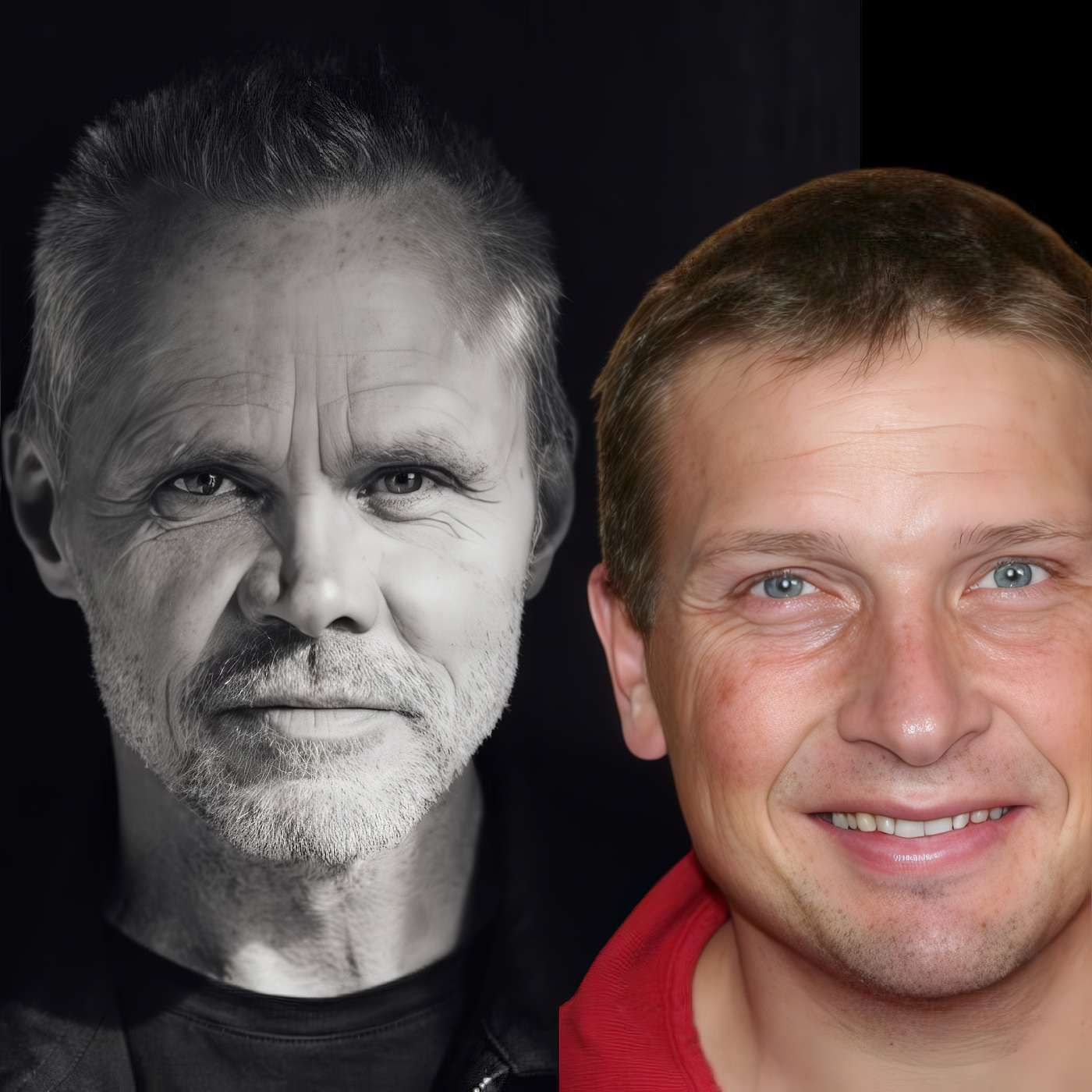
Memory Meltdown in Microgravity: Why you may just not remember your pioneering visit to Mars.
This episode's guest, Dr. Heather Collins, cognitive neuroscientist, brain-hack expert, and sought-after keynote speaker, takes us on a fascinating - and slightly unsettling - journey into how space travel changes the human brain. Buckle up as Heather reveals the extraordinary findings and crucial insights at the forefront of cognitive neuroscience, helping us understand not only space’s impact on our minds, but how to unlock our brain’s limitless potential here on Earth. 🚀 Key Discussion Points Microgravity and Memory: Discover how zero gravity literally shrinks your hippocampus - the brain’s memory center - and what this means for astronauts heading to Mars.Neuroplasticity & Space Travel: How your brain physically reshapes itself in space, causing vision impairments and cognitive challenges.Cognition Crisis on Mars Missions: Why impaired decision-making, memory loss, and brain fog could threaten missions - and what we can do about it.Artificial Gravity: Heather discusses why rotating spacecraft might be crucial to preserving astronaut cognition.Real-life Memory Hacks: Simple strategies to dramatically improve your memory today, from contextual learning to meaningful associations.Attention: Your Memory’s Gateway: Why distraction, not memory, is your real problem - and how routine can be your ally.The Overview Effect Revisited: The profound psychological transformation after just minutes in space - and its surprising potential to change global policy.Virtual Reality & the Cosmic Perspective: Can VR simulations provide the same transformative experience without leaving Earth?🧬 Espresso for the Mind “Your brain’s capacity might just be limitless—use curiosity as your compass to unlock it.”🎵 Aspiring Space Traveler’s Playlist Heather’s cosmic tune: "Jump" by Madonna A rhythm to propel you boldly toward the next giant leap - into space and beyond. 🔗 Relevant Links and References Heather Collins – Neuroscience & KeynotesThe Neuroscience of Microgravity (NASA)Overview EffectMadonna "Jump"Space Café Spotify Playlist🌌 Spread the Cosmic Love If this episode sparked your imagination or blew your mind, don’t keep it to yourself! Share this cosmic brain fuel with friends, space enthusiasts, and fellow dreamers. Available on Spotify, Apple Podcasts, and wherever you fuel your curiosity. 🎧 Stay Curious. Stay Cosmic. #SpaceCafePodcast #CognitiveNeuroscience #MarsMission #BrainHacks #SpaceExploration #OverviewEffect Send us a text You can find us on Spotify and Apple Podcast!Please visit us at SpaceWatch.Global, subscribe to our newsletters. Follow us on LinkedIn and Twitter!
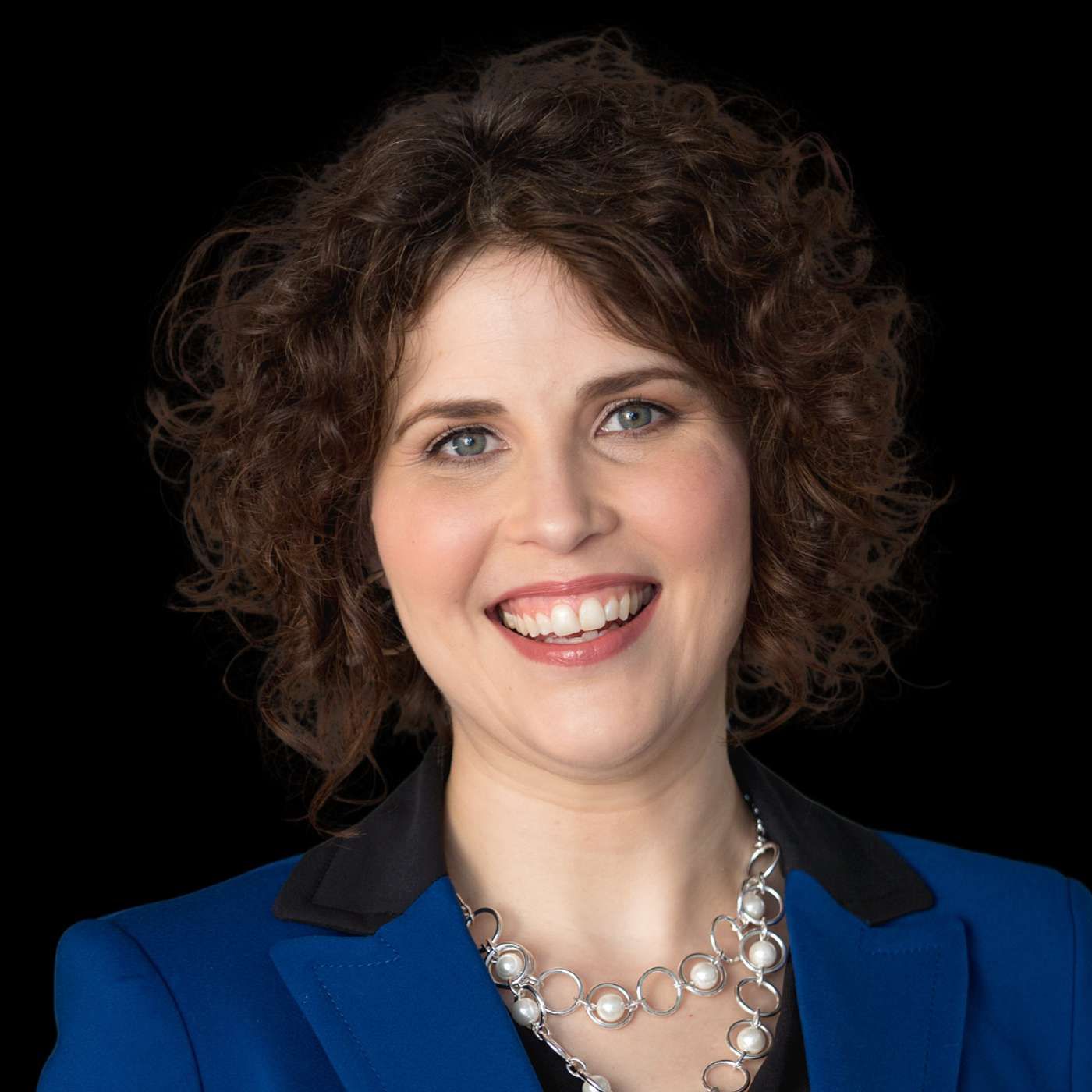
Did NASA Miss This? How Artists Are Starting to Unlock Space Travel’s Future
🎙 Guest: Dr. Claudia Schnugg, Curator of the Universe Pavilion at the Venice Biennale & Art-Science Visionary The Cosmic Scoop: What if art could transform how we design habitats beyond Earth—and inspire new ways to live here at home? Dr. Claudia Schnugg is making this vision a reality. As curator of the groundbreaking Universe Pavilion at the prestigious 2025 Venice Architecture Biennale, she merges indigenous wisdom, aesthetic dialogue, and rigorous science to reshape how we think about shelter, community, and our cosmic future. In this episode, Claudia guides us from pioneering Austrian yeast experiments in circular life support systems to ancient Aboriginal star maps navigating by dark patches in the Milky Way. Quotable Insights: 💡 “Experience can reveal what expertise alone can’t. That’s where artists make the invisible visible.” 💡 “To shelter in space isn’t just about engineering—it’s about redefining what it means to be at home.” 💡 “Bringing artists into science labs isn’t a luxury. It’s a necessity for asking better questions.” Cosmic Timestamps: ⏳ [00:01:15] What is the Universe Pavilion? Art in the heart of the Venice Biennale⏳ [00:03:00] Challenging the nation-state model in architecture through cosmic discourse⏳ [00:06:00] A new renaissance? Why space and AI demand new aesthetic reflection⏳ [00:09:15] STEAM over STEM: Claudia makes the case for creative collaboration⏳ [00:16:10] Artists asking naive questions—and pushing science to unexpected breakthroughs⏳ [00:24:00] Yeast, sourdough & space: An artistic experiment leads to biotech insights⏳ [00:29:30] Life support systems as metaphor and method⏳ [00:43:50] Indigenous sky knowledge and sheltering beyond architecture⏳ [00:50:30] Symbiosis vs. exploitation: What culture are we exporting to space?⏳ [01:00:40] The Venus Conversation: A 10-year art-science journey across missions⏳ [01:03:10] Claudia’s music pick: “Dressed for Space” by Trouble Andrew ⏳ [01:04:32] Espresso for the Mind: Ted Chiang’s “The Great Silence” To Explore: 🔗 Venice Biennale – Architecture 2025 🔗 ESA Arts Initiatives 🔗 Claudia Schnugg's Research & Projects 🔗 Ted Chiang – “The Great Silence” 🔗 Dressed for Space – Trouble Andrew (Spotify)📩 Subscribe to the Space Café Podcast Substack 🔗 Connect with Markus on LinkedIn Send us a text You can find us on Spotify and Apple Podcast!Please visit us at SpaceWatch.Global, subscribe to our newsletters. Follow us on LinkedIn and Twitter!
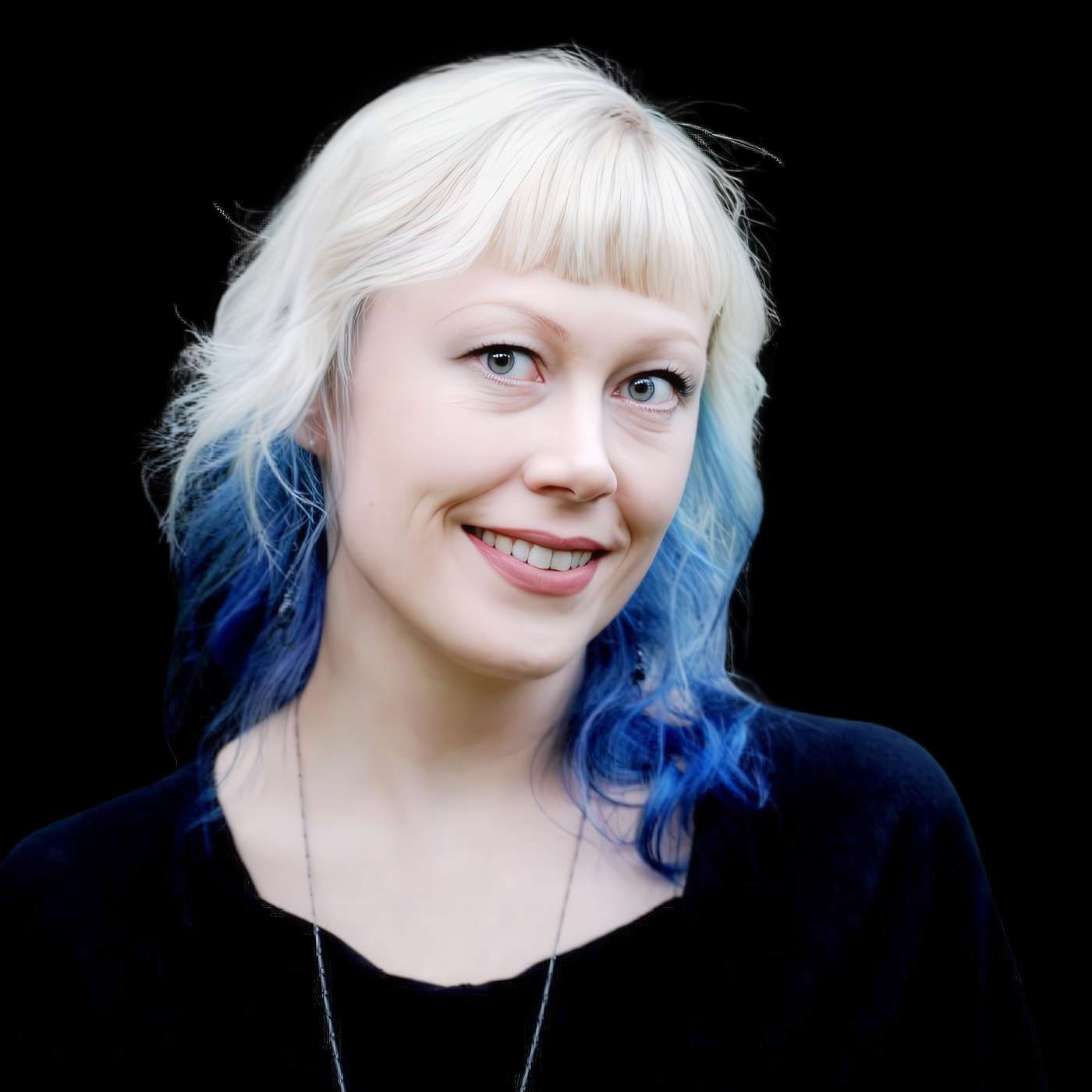
Dark Energy is a Cosmic Marketing Scam! Says a Cosmologist—And She Might Just Be Right.
🎙 Guest: Guadalupe Cañas Herrera, Theoretical Cosmologist and Euclid Consortium Member The Cosmic Scoop: What’s driving the universe’s wild expansion? Dark energy and dark matter make up 95% of the cosmos—but we barely understand them. Enter Euclid, launched in July 2023 to map a 3D universe and crack these mysteries. Guadalupe Cañas Herrera, a key player in the mission, takes us 10 billion light-years into the past, challenging Einstein’s gravity and rethinking the “dark” labels we’ve slapped on the unknown. Bonus: she also brings Zumba energy to cosmology. Quotable Insights: 💡 "We completely messed up in terms of assigning 'dark' to dark energy and dark matter—like, it was a fraud in terms of marketing." 💡 "I prefer to believe that mathematically we’re still not there yet—so we must revisit Einstein’s equations rather than assume some hidden fuel." 💡 "Statistically, it’s so unlikely that we’re alone—we’re on an average planet, in an average galaxy, in an average universe." Cosmic Timestamps: ⏳ [00:01:45] The dream for Euclid: challenging the standard model⏳ [00:03:15] Modified gravity vs. dark energy⏳ [00:05:00] Why “dark” was a branding blunder⏳ [00:08:45] How dark energy pushes the universe apart⏳ [00:12:20] Teaching relativity with a Nobel-worthy twist⏳ [00:15:09] Euclid’s place in cosmology’s big picture⏳ [00:19:28] Mapping 1.5 billion galaxies from Lagrange Point 2⏳ [00:23:57] Measuring distance with redshift and spectra⏳ [01:08:17] Is the universe homogeneous?⏳ [01:12:17] Are we alone? Guadalupe says, “Definitely not!”⏳ [01:18:38] Zumba vibes: her cosmic playlist pick⏳ [01:20:56] Inspiration tip: Write down wild ideas—you’ll come back to them To Explore: 🔗 Euclid Mission 🔗 First Images from Euclid 🔗 ESA on Dark Energy 🔗 Send us a voice message 🔗 Zumba Track – "Zumba - Merengue Mix" Spread the Cosmic Love! 🚀 Enjoyed this episode? Share it with friends, stargazers, and curious minds! 📩 Subscribe on Substack 🔗 Connect with Markus on LinkedIn 👉 Visit SpaceWatch.Global, subscribe to our newsletter, and follow us on LinkedIn and X! Send us a text You can find us on Spotify and Apple Podcast!Please visit us at SpaceWatch.Global, subscribe to our newsletters. Follow us on LinkedIn and Twitter!
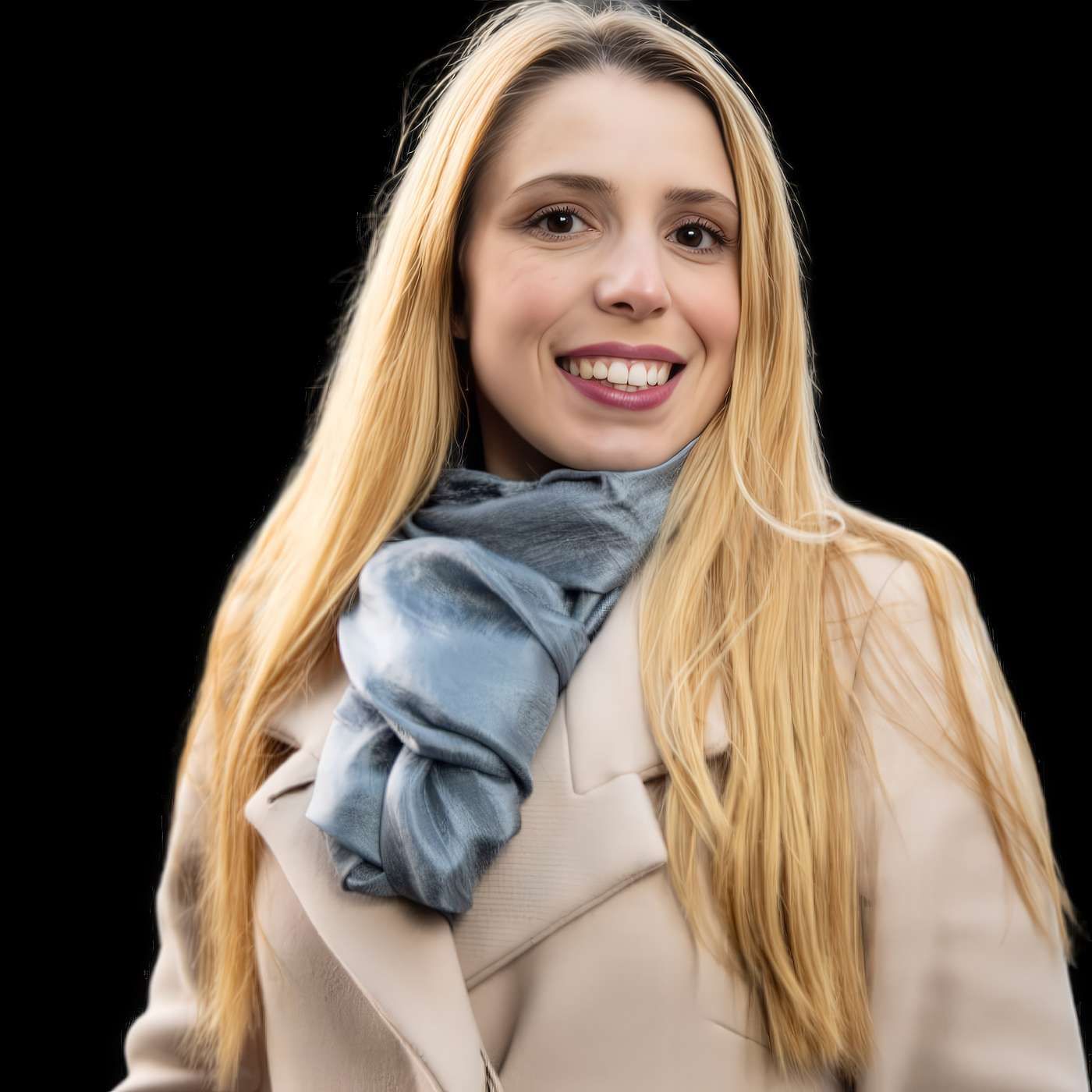
Would You Eat This? NASA Thinks It’s the Future of Food
🎙 Guest: Arttu Luukanen, Head of Space & Defense at Solar Foods The Cosmic Scoop: How do we feed ourselves in space? The settlers of the past brought livestock, but in deep space, resupply isn’t an option, and every gram counts. Could microbes be the answer? Enter Solar Foods, a Finnish company producing food from just water, electricity, and bacteria—a breakthrough that won NASA’s Deep Space Food Challenge. It’s no longer just a prototype; it’s ready to scale. From feeding astronauts on Mars to reshaping food production on Earth, this innovation challenges everything we thought we knew about sustainability.At SXSW in Austin, Texas, Arttu Luukanen reveals why traditional food systems won’t work in space—and how Solein, their microbial protein, could transform the way we eat. Quotable Insights: 💡 "Microbes don’t have brains, don’t have free will, and all they want to do is multiply. That’s what makes them the perfect food source for deep space." 💡 "With our method, we can turn CO₂ and hydrogen into protein—it's 100 times more efficient than animal farming." 💡 "We could place food factories in the desert, powered by solar energy, and produce protein without farmland or livestock." Cosmic Timestamps: ⏳ [00:00:00] Introduction – How do we feed ourselves in deep space? ⏳ [00:03:05] Arttu’s background: From space research to revolutionizing food ⏳ [00:07:55] Why growing food on Mars is a massive challenge ⏳ [00:12:30] The NASA Deep Space Food Challenge and how Solar Foods won ⏳ [00:19:18] The science behind Solein – food made from air, water, and microbes ⏳ [00:27:42] Why livestock and even plants are inefficient in space ⏳ [00:34:15] Could microbial protein replace farming on Earth? ⏳ [00:40:50] The biggest challenge: Scaling production to industrial levels ⏳ [00:48:12] Will AI and automation make self-replicating food factories possible? ⏳ [00:53:25] Space exploration and the next step for food sustainability To Explore: 🔗 Solar Foods – https://solarfoods.com 🔗 NASA Deep Space Food Challenge – https://www.nasa.gov/feature/deep-space-food-challenge 🔗 More on microbial protein (ESA feature) – https://www.esa.int/Science_Exploration/Human_and_Robotic_Exploration/Food_from_air_for_space_and_Earth 🎵 Arttu Luukanen's choice: Rush – Countdown 🎶 Spread the Cosmic Love! 🚀 Enjoyed this episode? Share it with friends, colleagues, and fellow space enthusiasts! 📩 Subscribe to our Substack: Space Café Podcast – https://spacecafepodcast.substack.com 🔗 Find Markus on LinkedIn: Markus Mooslechner – https://www.linkedin.com/in/markus-mooslechner-87878085/ Send us a text You can find us on Spotify and Apple Podcast!Please visit us at SpaceWatch.Global, subscribe to our newsletters. Follow us on LinkedIn and Twitter!
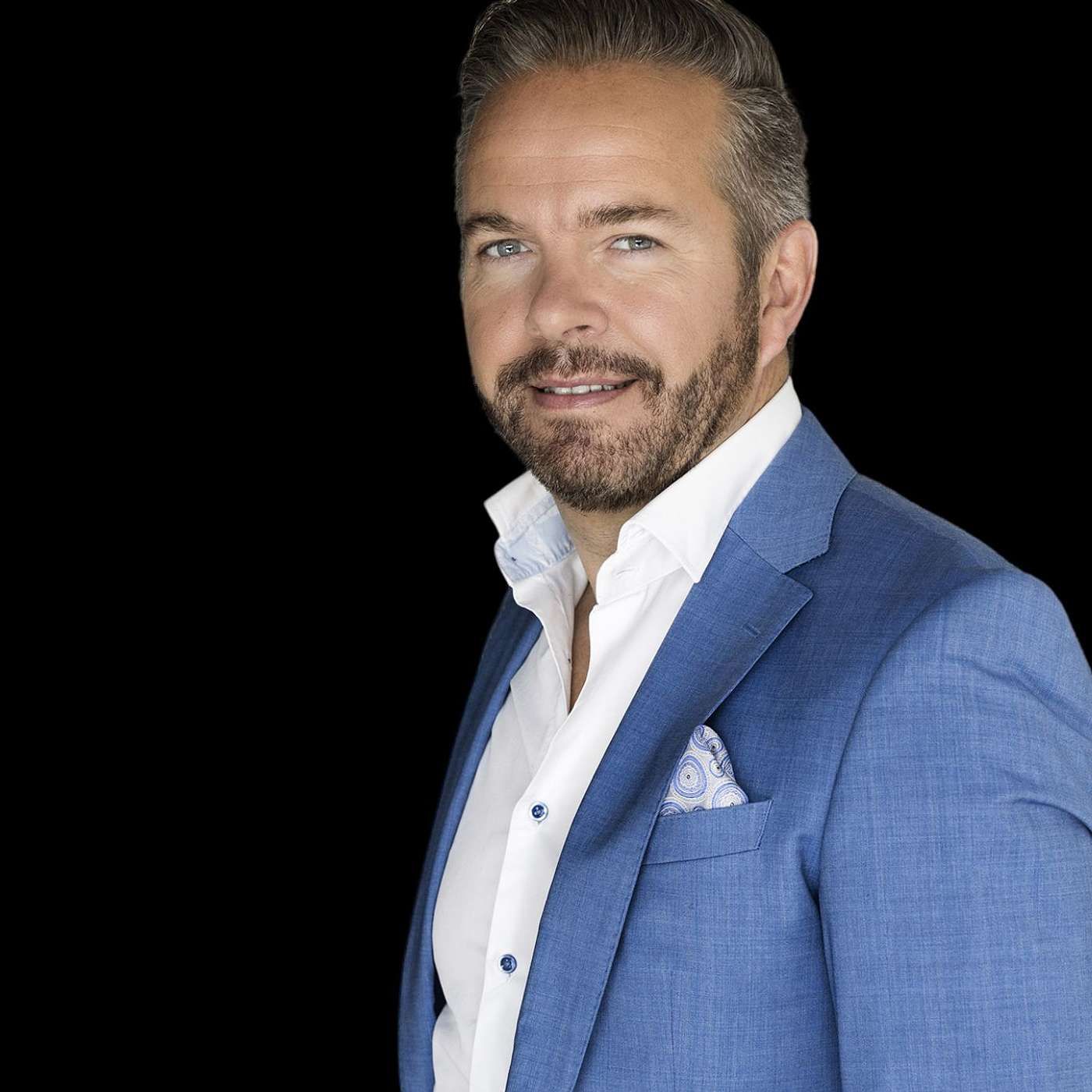
Saturn’s Secret Oceans: Did Cassini Glimpse Life Before Its Fiery End?
Professor Luciano Iess, Planetary Scientist and NASA Exceptional Scientific Achievement Medalist The Cassini spacecraft’s final moments were like a fading heartbeat—one last signal before silence. In this episode, Professor Luciano Iess takes us on a journey across the solar system, from Saturn’s icy moons to Venus’s runaway greenhouse effect. Hidden oceans beneath alien surfaces, the search for extraterrestrial life, and the delicate balance between planetary protection and bold exploration. Quotable Insights: 🪐 "Cassini was called the moonlighting spacecraft. Wherever you looked, you found something new."🌍 "To understand other worlds, you must first love your own."🔬 "If an alien civilization observed Earth with our own technology, could they detect life? The answer may surprise you."🌊 "We know there are oceans beyond Earth. The real question is: are they alive?" Cosmic Timestamps: [00:00:00] Opening: Cassini’s poetic farewell—why its last signal felt like a heartbeat[00:04:31] How would aliens detect life on Earth? Planetary geodesy & the art of remote sensing[00:07:02] Chirality & the chemistry of life: The hidden signature that could reveal extraterrestrial biology[00:10:46] Are we alone? Luciano’s personal shift from skepticism to cautious optimism[00:15:12] The strange physics of Jupiter & Saturn: Do gas giants have solid cores?[00:19:37] Venus, the hellish twin of Earth: What went wrong?[00:25:17] Drilling into alien oceans: The bold plan to send a nuclear-powered probe into Europa’s subsurface ocean[00:35:00] The Cassini mission’s biggest surprise: Liquid water geysers on Enceladus[00:45:38] Titan’s methane seas: Radar scans of Saturn’s largest moon reveal alien lakes[01:02:53] Cassini’s endgame: The emotions of watching a mission burn up in Saturn’s atmosphere[01:09:39] What space missions teach us about life on Earth: Rational thinking, collaboration, and pushing beyond the impossible Links to Explore: 🔗 Cassini-Huygens Mission Overview🔗 ESA’s Upcoming JUICE Mission to Jupiter🔗 NASA’s Dragonfly Mission to Titan Music for the Aspiring Space Traveler’s Playlist: 🎵 Beethoven’s Opus 133 – A deep, reflective piece chosen by Professor Luciano Iess for a long interstellar journey 🚀 Spread the Cosmic Love!If this episode expanded your mind, share it with fellow explorers and cosmic thinkers. And if you’d like to support the show, leaving a review on Spotify or Apple Podcasts helps the algorithms spread the word to more curious minds. 🎙 Follow & Subscribe:🌍 SpaceWatchGlobal 📩 Substack 📲 Send us a text You can find us on Spotify and Apple Podcast!Please visit us at SpaceWatch.Global, subscribe to our newsletters. Follow us on LinkedIn and Twitter!
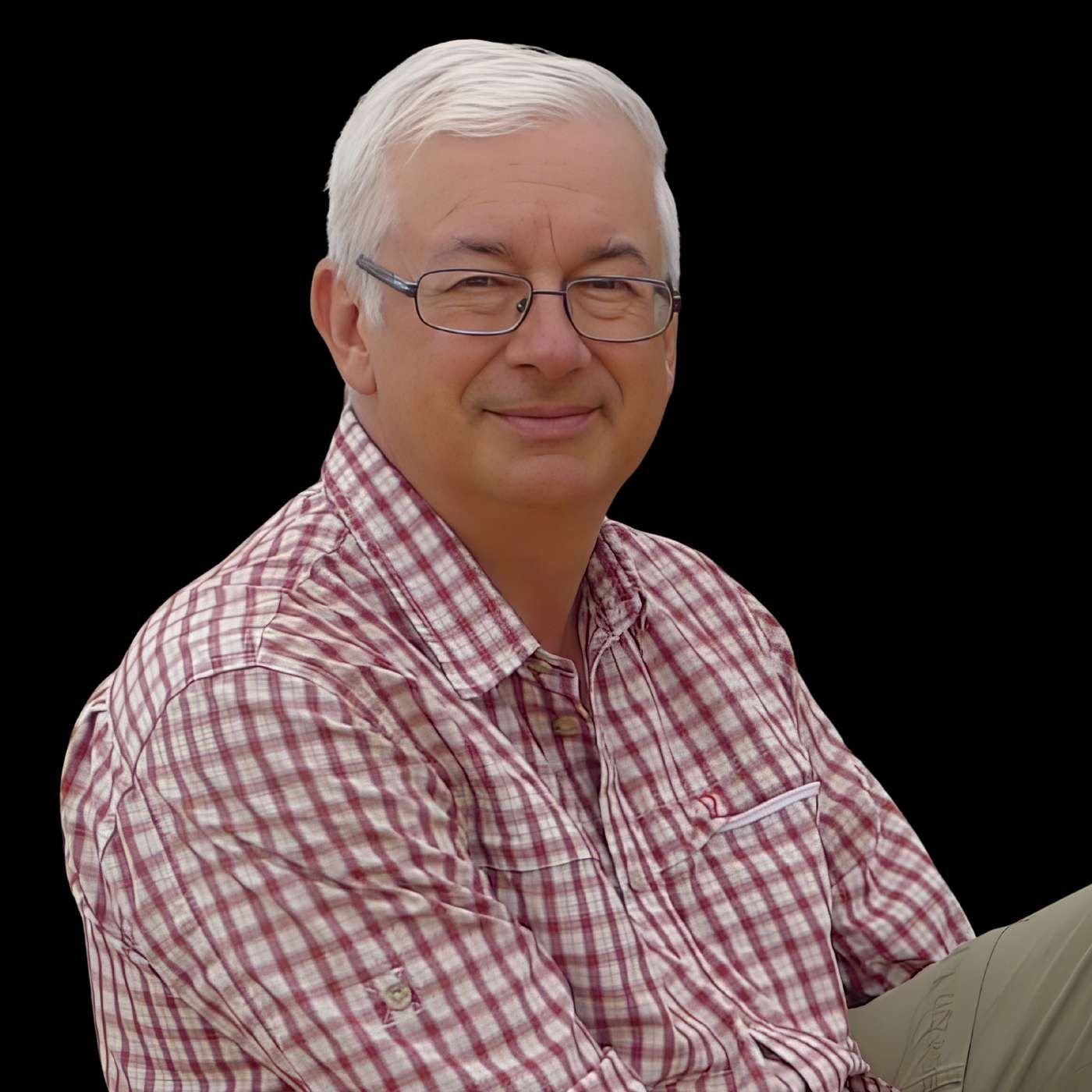
Beyond Billionaires: MoonDAO and the Radical Vision of a Decentralized Space Economy
What if space exploration wasn’t driven by governments or billionaires but by a decentralized community? Enter MoonDAO, an experiment in blockchain-powered space governance. In this episode, Pablo Moncada shares insights into how MoonDAO successfully crowdfunded a spaceflight, the potential of blockchain-based lunar economies, and whether decentralization can truly work in space. Pablo also takes us through the unexpected lessons learned from attempting to buy a copy of the U.S. Constitution with a DAO and how these lessons now shape their bold vision for the Moon. This conversation is about technology, power, ownership, and the future of humanity among the stars. Quotable Insights: “50 million dollars sprang up out of nowhere in a week—that’s the power of DAOs.”“Imagine the Moon as a blank slate. How would you design governance, ownership, and society?”“What happens when we build lunar infrastructure owned by the people, not corporations?”“We don’t need permission from governments to explore space anymore.”Links to Explore: Join MoonDAO: https://moondao.com/joinMoonDAO on Discord: https://discord.gg/moondaoConstitutionDAO: constitutiondao.comMusic Choice: Since I Left You - The AvalanchesSpace Café Playlist for the Aspiring Space Traveler: Listen on SpotifyEnjoyed the episode? Share it with fellow space explorers! Subscribe to the Space Café Podcast and leave us a review—it helps us reach more cosmic thinkers like you. Until next time and keep pushing the boundaries of what’s possible. Send us a text You can find us on Spotify and Apple Podcast!Please visit us at SpaceWatch.Global, subscribe to our newsletters. Follow us on LinkedIn and Twitter!
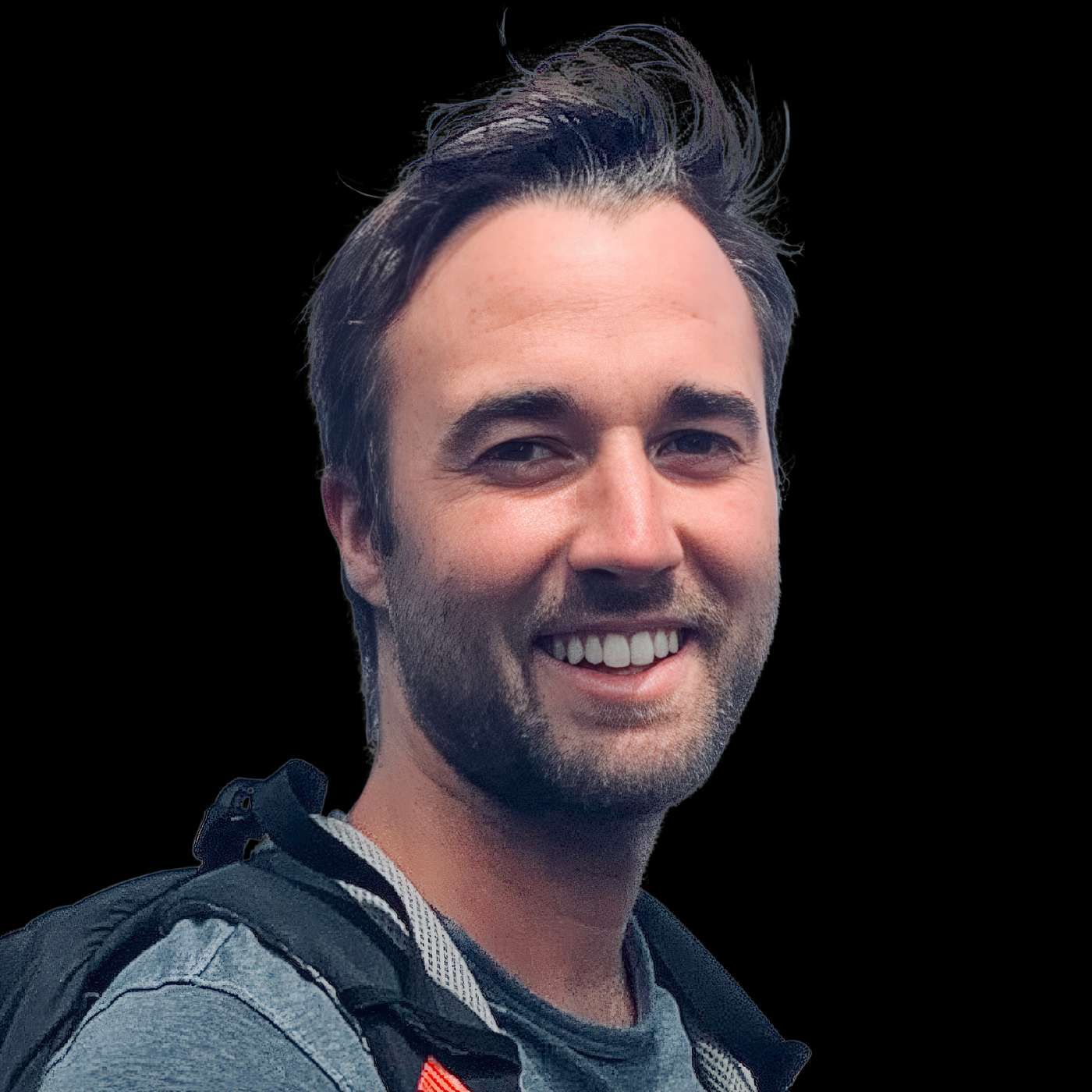
The Outer Space Cultural Evolution Lab: Aoife Van Linden Tol on the Explosive Power of Art in Space Exploration
Aoife Van Linden TolSpace Artist and Visionary Episode Summary: In this explosive episode of the Space Café Podcast, we delve into the fascinating intersection of art, space, and planetary healing with renowned space artist Aoife Van Linden Tol. Known for her bold approach to creation and destruction, Aoife explores how the vastness of the cosmos can inspire solutions to Earth's most pressing challenges. From the power of artistic expression to reimagine humanity’s role in the universe, to the potential of space as a canvas for healing our broken planet, this conversation invites you to rethink the role of creativity in addressing existential questions. Quotable Insights: “Sometimes things need to blow up before you can create something truly new.”“Space isn’t just a destination; it’s an endless source of inspiration for solving problems here on Earth.”“Art is how we process the incomprehensible, and space is the ultimate canvas.”Cosmic Timeline (Timestamps): [00:00:00] Introduction: Art, Destruction, and Cosmic Creativity[00:05:12] Aoife’s journey: From traditional art to space-inspired projects[00:12:34] The philosophy of destruction as a creative force[00:20:15] Cosmic art installations: Using the universe as a medium[00:30:42] Addressing Earth’s challenges through artistic innovation[00:40:11] Space as a mirror for humanity’s potential[00:50:27] What’s next for Aoife: Upcoming projects and aspirations[00:55:46] Music recommendation: Luminous Space by Jon HopkinsLinks to Explore: Aoife Van Linden Tol’s Portfolio: http://www.aoifevanlindentol.com/Space Art Projects: https://www.spaceartinitiative.orgRelated Resources: Art and Space Exploration ArticleLuminous Spaces by Jon HopkinsSpread the Cosmic Love: If this episode inspired you to see the universe in a new light, share it with your friends, family, and fellow stargazers. Don’t forget to subscribe to the Space Café Podcast on Spotify and Apple Podcasts. For more cosmic conversations, follow us on LinkedIn and Twitter and subscribe to our newsletter at SpaceWatch.Global. Let’s create, explore, and heal together—one cosmic idea at a time. Send us a text You can find us on Spotify and Apple Podcast!Please visit us at SpaceWatch.Global, subscribe to our newsletters. Follow us on LinkedIn and Twitter!
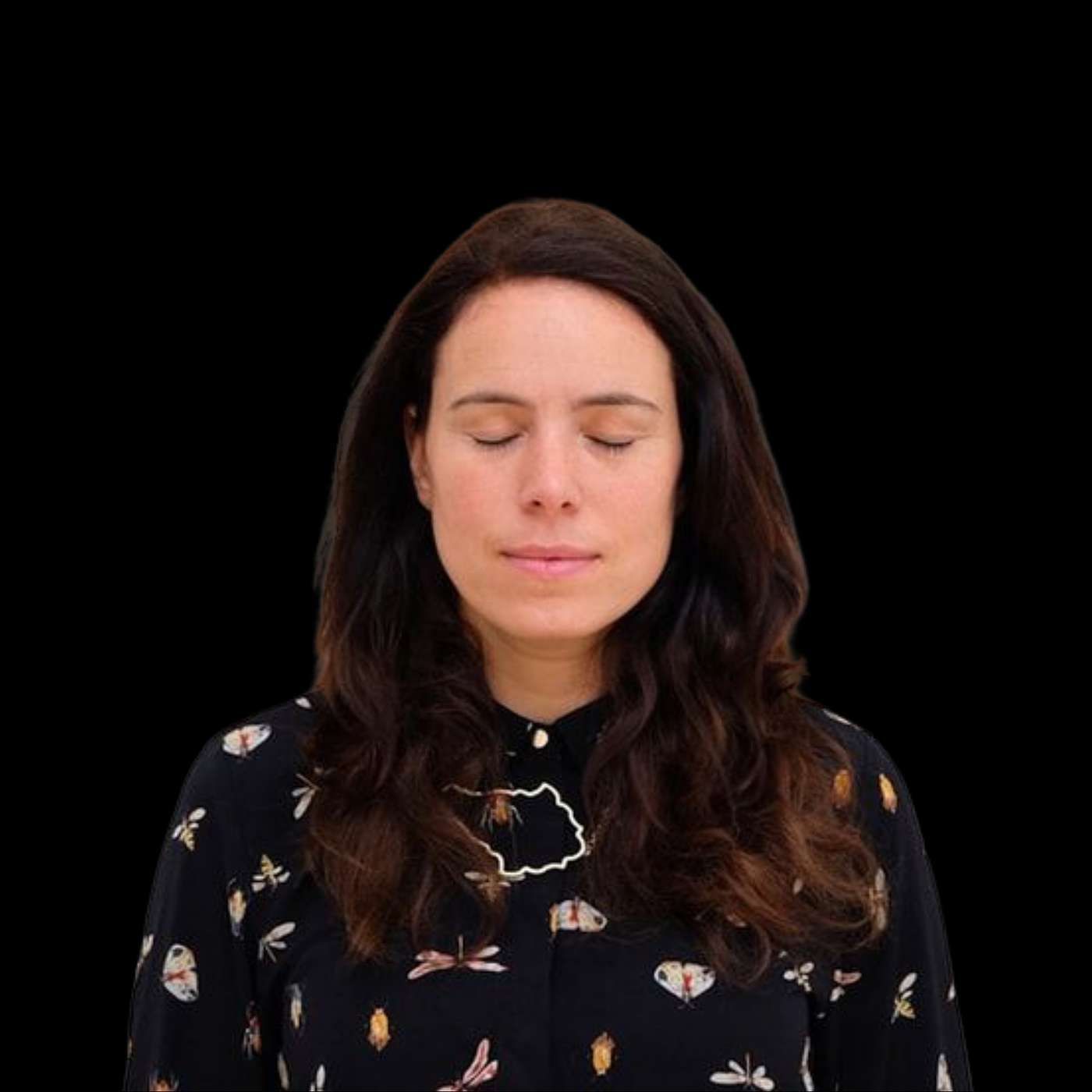
The Accidental Astronaut—Chris Sembroski’s Unlikely Journey —and Why You May Be Next
Guest: Chris "Hanks" Sembroski – Inspiration4 Astronaut, Engineer, and Space Enthusiast Episode Overview In this thrilling episode of the Space Cafe Podcast, host Markus Mooslechner speaks with Chris Sembroski, one of the civilian astronauts aboard SpaceX's Inspiration4—the first all-civilian mission to orbit. Chris shares his incredible journey from an ordinary life to an extraordinary experience, reflecting on what it means to step into the unknown, see Earth from space, and how the adventure reshaped his perspective on humanity's future in space. Key Topics Discussed [00:01:00] From Earth to Orbit: The Phone Call That Changed Everything [00:03:00] The Overview Effect: Falling in Love with Earth [00:08:00] Family, Risk, and Courage: The Emotional Rollercoaster [00:14:00] SpaceX and the Dragon Capsule Experience [00:21:00] Life in Microgravity: Adjusting to Floating [00:40:00] Purpose Beyond Launch: Lessons for Earth [01:00:00] Looking Ahead: Democratizing Space Exploration Inspirational Quotes "I think my bigger fear would be not being able to go back to space.""When you look at Earth from space, you don’t see borders—you see connection.""We’re not passengers on spaceship Earth; we’re its crew."Music for the Aspiring Space Traveler's Playlist Chris Sembroski adds "Colors" by the Black Pumas—a soulful celebration of life’s vibrancy and connection to Earth—to the official Space Cafe Podcast playlist. Links and Resources Inspiration4 Mission: inspiration4.comFrank White’s Overview Effect: overviewinstitute.orgSpaceX Dragon Capsule Details: spacex.com/dragonFollow Chris Sembroski on X (formerly Twitter): @ChrisSembroskiFinal Thought Chris’s story is a testament to the power of dreams, resilience, and the unexpected paths that can lead to extraordinary journeys. This episode challenges listeners to rethink their relationship with Earth and imagine a future where space exploration becomes part of everyday life. Spread the Cosmic Love! If this episode made you dream bigger or view our planet in a new light, share it with fellow space enthusiasts. Don’t forget to rate, review, and subscribe to the Space Cafe Podcast on Spotify and Apple Podcasts. Follow us on LinkedIn and X (formerly Twitter) for more cosmic conversations. Until next time—keep looking up! Send us a text You can find us on Spotify and Apple Podcast!Please visit us at SpaceWatch.Global, subscribe to our newsletters. Follow us on LinkedIn and Twitter!
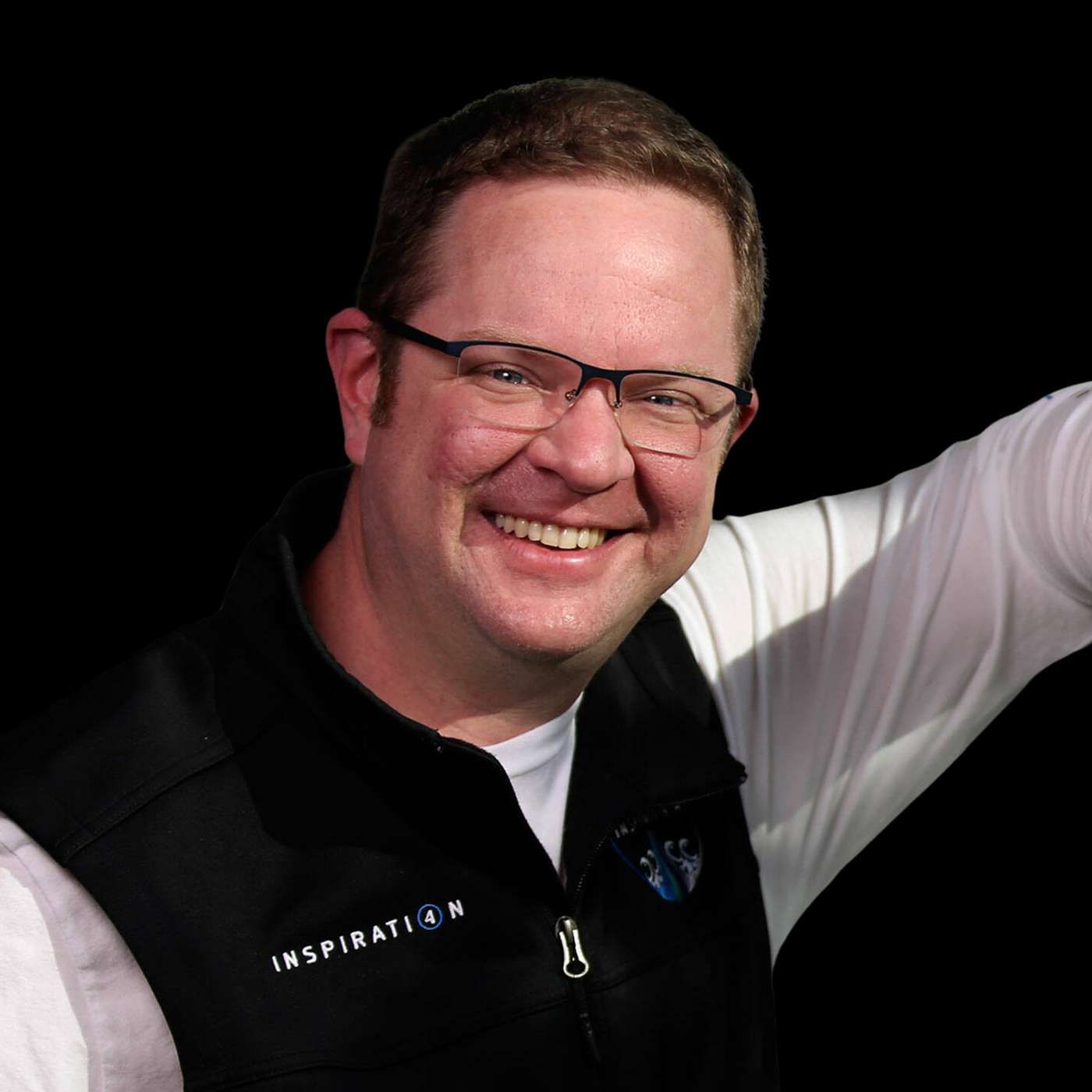
The Voyaj Project: How a Young Moroccan Woman is Connecting Humanity through Space
Guest: Yasmine El Baggari, social entrepreneur, cultural connector, and near-astronautEpisode Highlights:Yasmine El Baggari joins the Space Cafe Podcast to share her incredible journey of cultural exchange, space aspirations, and fostering global unity. A visionary leader, Jasmine’s initiatives bridge gaps between communities, bringing astronauts, refugees, and locals together for meaningful dialogues. Her story reflects a passion for space exploration not just as a technical frontier but as a platform for human connection and understanding. Quotable Insights “It’s not about going to space for the sake of it; it’s about returning as Earth ambassadors, carrying new perspectives to unite humanity.”“Astronauts and refugees share resilience and bravery. They risk everything to step into the unknown.”“We’re all explorers at heart. Expanding our horizons—be it across cultures or planets—is what defines humanity.”Cosmic Timeline (Timestamps): [00:00:00] Welcome & Markus’s encounter with Jasmine[00:03:20] Jasmine’s near-astronaut experience: reaching the final five of 7,000 applicants for Space for Humanity’s overview effect mission[00:05:43] Reflections on the overview effect: the transformative experience astronauts share after seeing Earth from space[00:12:00] A serendipitous dinner: sharing her space dreams with luminaries like the head of Virgin Galactic and NASA moon mission veterans[00:14:53] The genesis of Voyaj: creating platforms for astronauts, refugees, and locals to explore identity and origin stories[00:19:59] Shared courage: the striking parallels between the risks faced by astronauts and refugees, both stepping into unknown worlds[00:22:30] Connecting space communities: astronauts sharing their profound experiences with marginalized groups[00:40:56] Analog missions as a model for grounded human connection: parallels between simulated Mars missions and cross-cultural dinners[00:53:06] Jasmine’s dream of a diverse space exploration future: refugees, Israelis, Palestinians, and others uniting in orbit[00:56:00] Jasmine’s vision for democratizing access to space: bridging technology and human empathy for a more inclusive cosmic futureLinks to Explore: Jasmine’s Voyaj Platform: voyaj.comSpace for Humanity Initiative: spaceforhumanity.orgInspiration4 Mission: https://inspiration4.com/Overview Effect: Frank White’s BookMore episodes of Space Cafe Podcast: SpaceWatch.GlobalMusic for the Aspiring Space Traveler’s Playlist: Jasmine’s pick: Coldplay’s The Moon (from their new album)Send us a text You can find us on Spotify and Apple Podcast!Please visit us at SpaceWatch.Global, subscribe to our newsletters. Follow us on LinkedIn and Twitter!
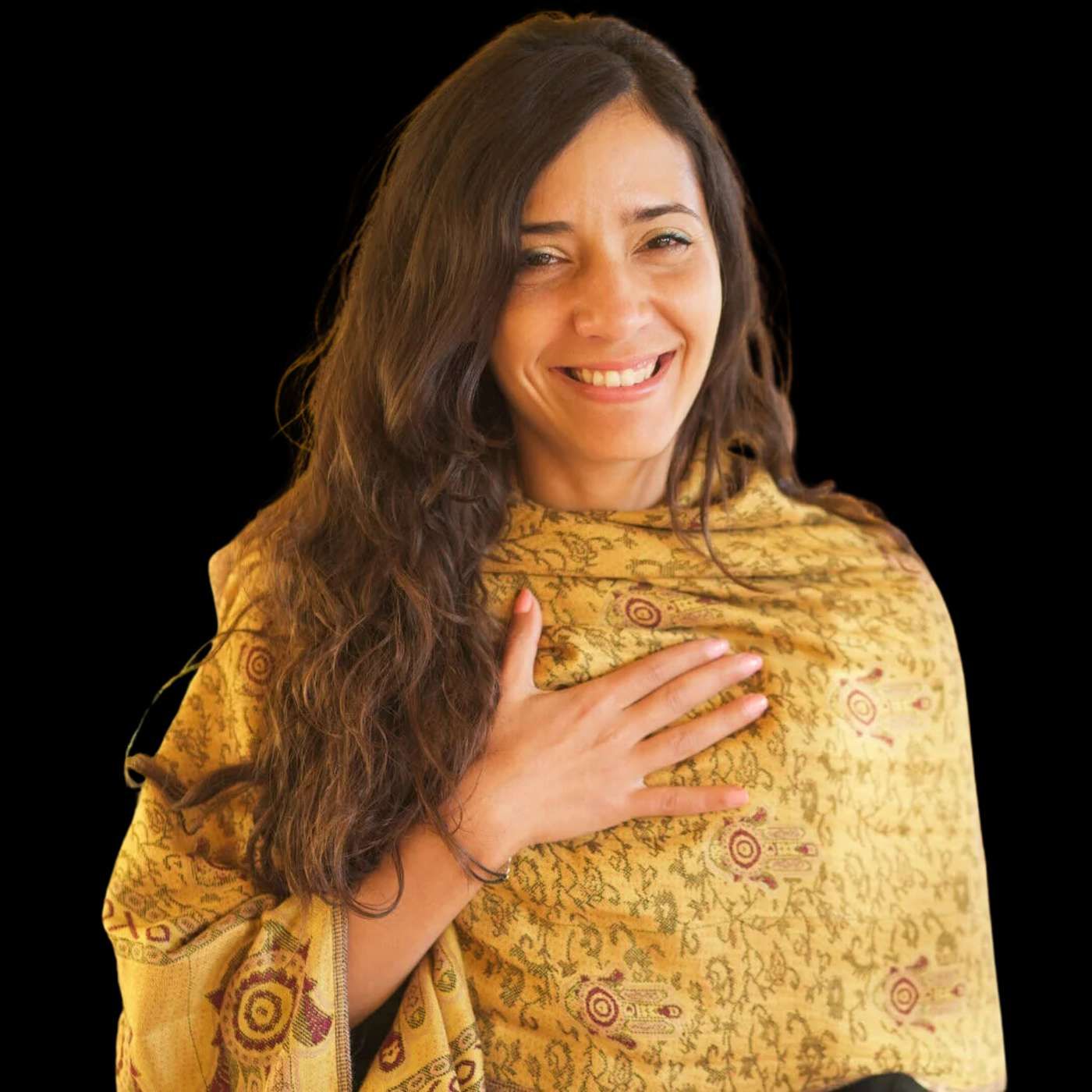
The End of Micro Launchers? The Bold 70% Savings Case for Balloon-Assisted Space Launch
Guest: José Mariano López Urdiales, CEO and Founder of Zero 2 Infinity The Cosmic Scoop:In this remarkably candid episode, José Mariano López Urdiales presents a compelling case for why balloon-assisted launches might be the only economically viable solution for small satellite deployment. Drawing from 15 years of experience with Zero 2 Infinity, José breaks down why conventional micro launchers face fundamental economic challenges, from capital-intensive launch sites to the physics of dense lower atmosphere. He explains how launching from 25km altitude could eliminate up to 70% of conventional launch costs while offering a refreshingly honest perspective on the challenges of innovating in Europe's space sector and why copying American rocket designs isn't the answer.Quotable Insights:1. "Developing a micro launcher traditionally needs a couple hundred million dollars. We believe with a balloon-assisted launcher, it's in the ballpark of 120 million Euro - including four orbital trials." 2. "Nobody explains it like this - they just say 'because we're so innovative' or whatever. I don't know. I'm going to tell you how it really works." 3. "The only kind of micro launcher that can be viable is balloon-based. But nobody's actually developing it - we got to a certain point, but we're lacking funding." 4 "You don't win by copying. That's not how the V2 appeared, and Starship is super interesting because it's very, very different." Cosmic Timeline (Timestamps):- [00:00:00] Introduction to Zero 2 Infinity's unique approach- [00:04:50] Technical discussion of balloon launch altitudes and capabilities- [00:14:30] Advantages of balloon-assisted launches vs traditional rockets- [00:27:34] Cost comparison of micro launchers vs balloon technology- [00:42:09] European space industry challenges and opportunities- [00:52:54] Space tourism potential and market analysis- [01:01:14] Challenges with ESA and European space sector- [01:15:35] Zero 2 Infinity's journey and pivots- [01:28:04] ESA funding mechanisms and politics- [01:32:00] Astronomical research possibilities with balloons- [01:37:46] Personal reflections on entrepreneurship and vision- [01:42:54] Music recommendation and final thoughts- [01:44:37] Closing thoughts on finding meaning in lifeChoice of Music for the Aspiring Space Traveller's Playlist: Public Service Broadcasting - "Go" - Links to Explore: Zero 2 Infinity: zero2infinity.spaceFollow José's insights: @JMLU77 on XThis episode challenges conventional wisdom about space access and offers crucial insights for anyone interested in the future of small satellite launches. A must-listen for space industry professionals, investors, and anyone following the transformation of space access. Send us a text You can find us on Spotify and Apple Podcast!Please visit us at SpaceWatch.Global, subscribe to our newsletters. Follow us on LinkedIn and Twitter!
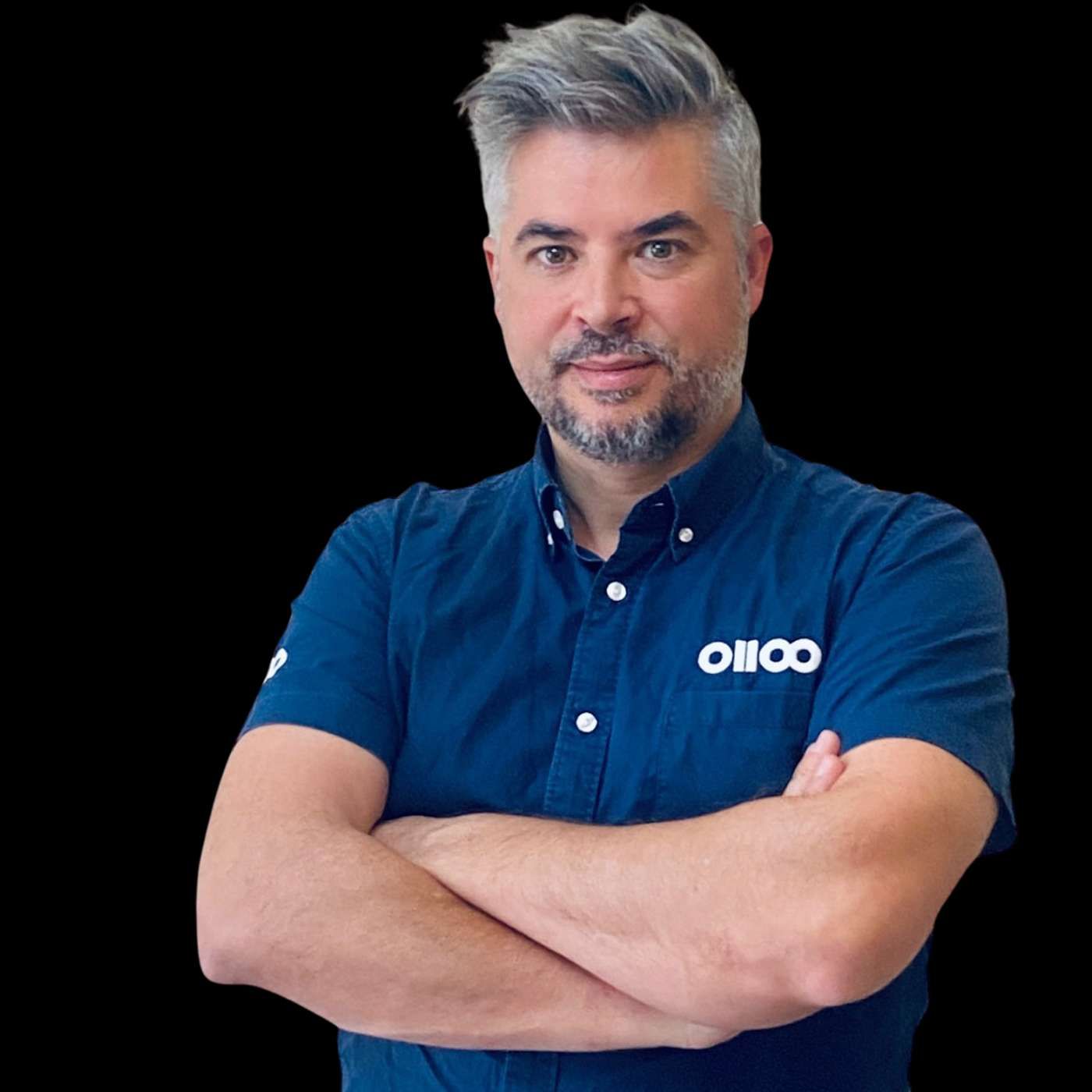
Hidden in Plain Sight - Out of Shanghai, Leading Space Photographer Reveals Earth's Hidden Space Revolution
Based in Shanghai for the past decade, Slovenian photographer Matjaž Tančič has uncovered a hidden space revolution happening far from the spotlight. Through his 'Mars on Earth' project, he documents remarkable space innovations emerging in the world's most unexpected places. Starting with candid insights into modern-day China, Tančič reveals how space ambitions and breakthrough technologies are flourishing beyond traditional aerospace centers.HighlightsLife in Modern China [00:03:01 - 00:19:21] [00:04:21] China's digital ecosystem and social surveillance[00:11:59] Life and community in Shanghai's French Concession[00:17:11] Navigating language and culture[00:19:21] Living costs and lifestyle contrastsSociety & Development [00:20:51 - 00:34:12] [00:20:51] Professional landscape and opportunities[00:24:21] Urban-rural development dynamics[00:31:25] Education and technology prioritiesThe Mars on Earth Project [00:34:52 - 00:51:43] [00:34:52] Origins of the project in Gobi Desert[00:40:32] Documentation of global space initiatives[00:46:15] Meeting with Mongolia's first cosmonaut[00:49:05] Photographing space innovation worldwideFuture of Space Exploration [00:51:43 - 01:21:31] [00:51:43] Discussion of first Mars landing possibilities[01:10:25] 3D photography in space documentation[01:15:16] Collaboration with innovative space companies[01:17:08] Personal aspirations for space travel[01:20:00] Final thoughts on inclusive space explorationKey Topics DiscussedUntraditional Space Innovation Mongolian engineers developing Mars rovers inspired by camelsSlovenian company Duol creating inflatable habitats for NASASpace doctor Dr. Susan Jewel's VR medical training systemArmenian watchmaker crafting timepieces for Mars timeBarbara Belvisi's Interstellar Lab creating closed-loop habitat systemsALE's artificial shooting star technology in TokyoSouth Africa's growing space sector with 200+ startupsThe Square Kilometre Array (SKA) radio telescope projectChinese space program developmentsQuote "New planet is going to be Tabula Rasa... we can do there whatever we want and we can make it right."Links & References Interstellar LabALE (Artificial Shooting Stars)Square Kilometre Array ProjectDuol Space HabitatsPhotography & Visual Elements Featured photo: Astronaut on camel in Mongolian desert [00:52:54]Biopod installation in Paris [01:13:14]Mars simulation base in Gobi Desert [00:52:09]Various space technology prototypes and innovators worldwideConnect with Matjaž Tančič Send us a text You can find us on Spotify and Apple Podcast!Please visit us at SpaceWatch.Global, subscribe to our newsletters. Follow us on LinkedIn and Twitter!
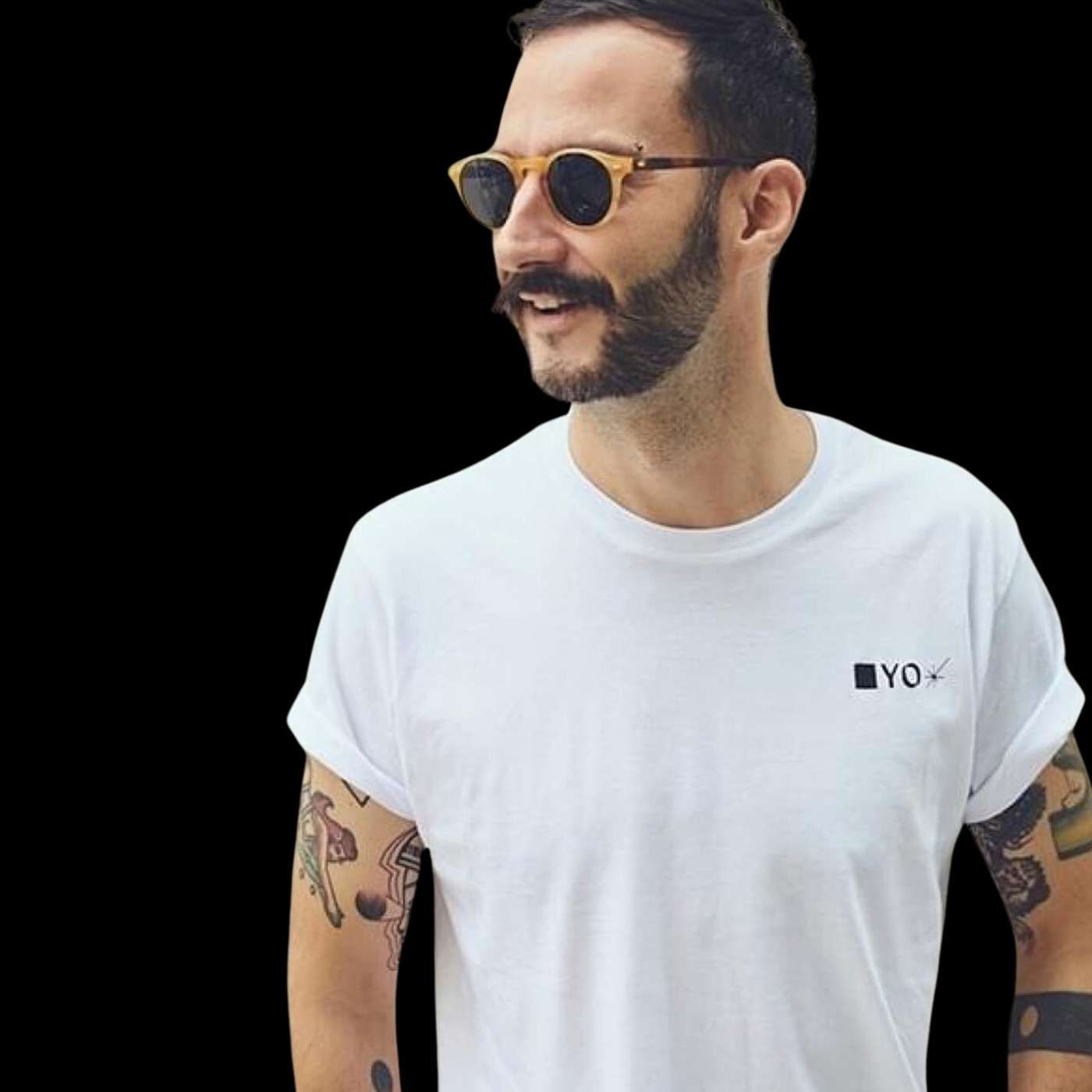
Starship is the Easy Part - Mars Society's Zubrin Charts the Real Challenges on our way to Mars
Guest: Dr. Robert Zubrin, Founder of the Mars Society and Author of "The New World on Mars" In this expansive conversation, Dr. Robert Zubrin takes us beyond the technical challenges of reaching Mars to explore the complex realities of establishing permanent human settlements on the Red Planet. While the world watches Starship development, Zubrin reveals how energy production, food sustainability, radiation protection, and governance structures pose the real challenges for human survival on Mars. His insights challenge common misconceptions and propose innovative solutions for everything from terraforming to creating new societies, demonstrating how Mars settlement could reshape human civilization both on and off Earth. Quotable Insights: "Mars will be ruled by the Martians. Different groups of people will emigrate to Mars with very different ideals as to what the ideal society should be.""We don't go to Mars to desert the Earth. We go to Mars to expand the capacity of the human race, to create new branches of human civilization.""I believe that humans are not the enemies of life, humans are the vanguards of life.""We have in our power to begin the world anew."Cosmic Timeline (Timestamps): [00:00:00] Opening: Mars governance and future civilizations[00:02:23] Realistic timeline for human Mars missions within next decade[00:03:46] Energy challenges on Mars - nuclear vs. solar power[00:06:20] First expedition structure and duration[00:09:31] Economics of Mars transportation and Starship development[00:13:51] Transition from expeditions to permanent settlements[00:20:00] Mars Against Hunger Prize and food production innovations[00:30:34] Radiation protection strategies and reality check[00:34:23] Living arrangements: underground vs. surface habitats[00:40:56] Terraforming possibilities using fluorocarbon gases[00:42:42] Alternative terraforming methods using iron nanoparticles[00:49:23] Mars governance models and settlement structures[00:56:18] Immigration and settlement competition between colonies[01:05:06] Mars as human expansion rather than planetary backup[01:08:32] Personal motivations and future vision[01:09:57] Music selection: Beethoven's Third SymphonyLinks to Explore: The Mars SocietyMars Against Hunger PrizeDr. Zubrin's Book: The New World on Mars (Penguin UK Edition)Mars Direct Mission PlanSpread the Cosmic Love! Share this episode with anyone interested in exploration, sustainable technology, or the future of human civilization. This conversation goes beyond the typical space exploration narrative to explore how establishing a human presence on Mars could drive innovation and soci Send us a text You can find us on Spotify and Apple Podcast!Please visit us at SpaceWatch.Global, subscribe to our newsletters. Follow us on LinkedIn and Twitter!
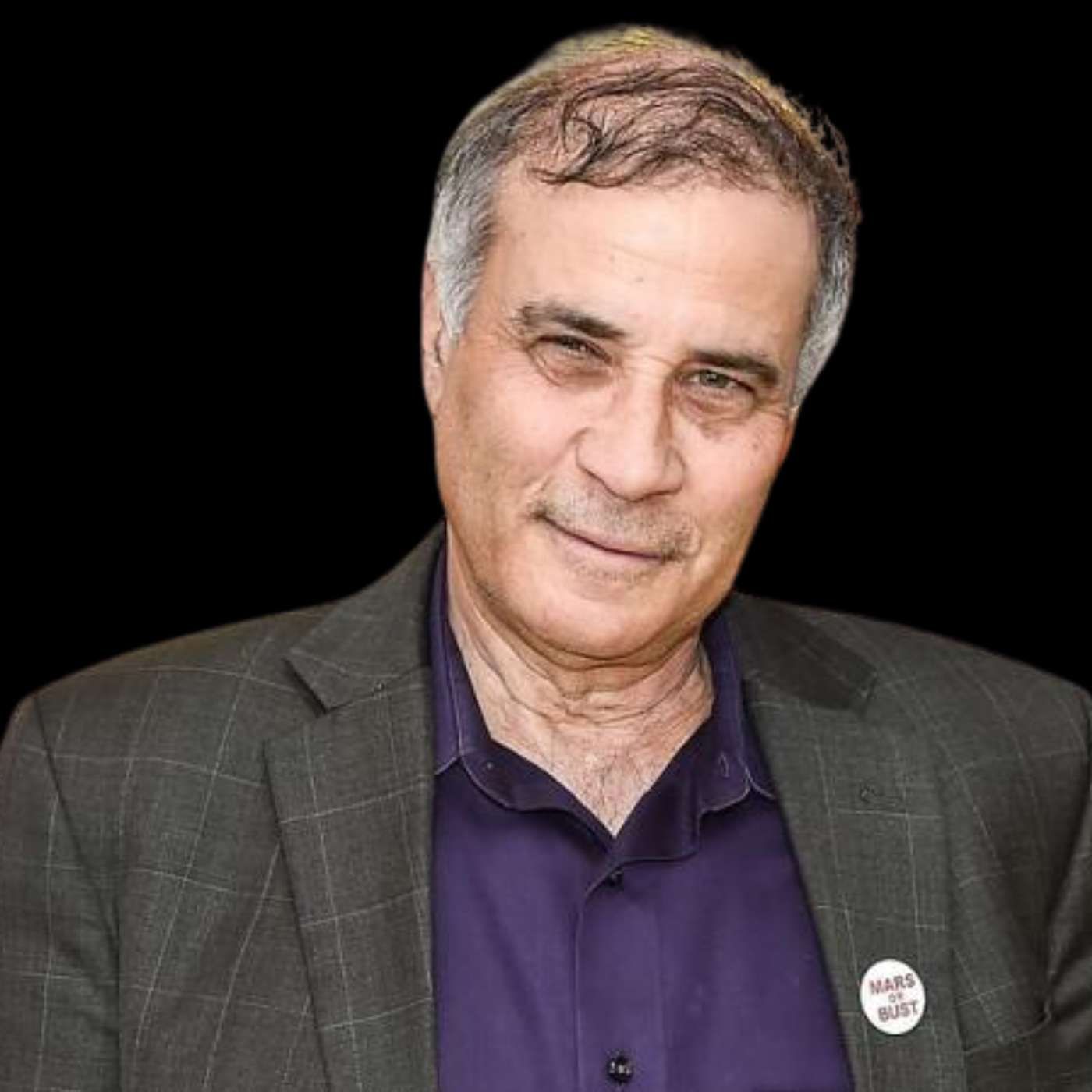
Who Should Represent Humanity in Space? Virgin Galactic's Space Pioneer Loretta Whitesides Has a Radical Answer
Episode Highlights In this profound conversation, Loretta Hidalgo Whitesides shares her vision for preparing humanity for space exploration through personal growth and development. As a thought leader in human spaceflight and founder of SpaceKind (formerly Jedi training), she discusses the importance of emotional intelligence and personal development in space exploration. Guest Profile Loretta Hidalgo Whitesides Co-founder of Yuri's NightEarly employee at Virgin GalacticAuthor of "The New Right Stuff"Degree in Biology from StanfordMaster's in Space Studies from International Space UniversityLinkedIn ProfileKey Topics Discussed The importance of personal growth and healing before space explorationSpaceKind training program (formerly Jedi training)The Overview Effect and its accessibility on EarthSelection criteria for future Mars missionsThe evolution of Yuri's Night global space celebrationsThe role of emotional intelligence in space explorationThe future of human space settlementNotable Quotes "If we're just the same people we are here, the same jerks that we are on Earth, it'll be the same problems on different planets.""All the magic of my life comes from that phone call, which was the hardest phone call I've ever had to make. But it changed the course of my life profoundly.""Let Jon Kraus get the videos, you know, let the professionals... the magic is to be there.""Our technology is just doing incredible development, but our souls, our spirits, our beings, our relationships are still primitive."Programs & Initiatives Mentioned SpaceKind: An 8-week personal development program for space industry professionalsYuri's Night: Global space party celebrating human spaceflightVirgin Galactic: Space tourism companyInternational Astronautical Congress (IAC): Annual space industry conferenceSong Contribution to Space Traveler Playlist "Ramble On" by Led Zeppelin 🎵 Add to Spotify PlaylistRelated Organizations Virgin GalacticSpace Generation Advisory CouncilInternational Space UniversityNASAConnect with SpaceKind For more information about SpaceKind training programs, connect with Loretta Hidalgo Whitesides on LinkedIn Send us a text You can find us on Spotify and Apple Podcast!Please visit us at SpaceWatch.Global, subscribe to our newsletters. Follow us on LinkedIn and Twitter!
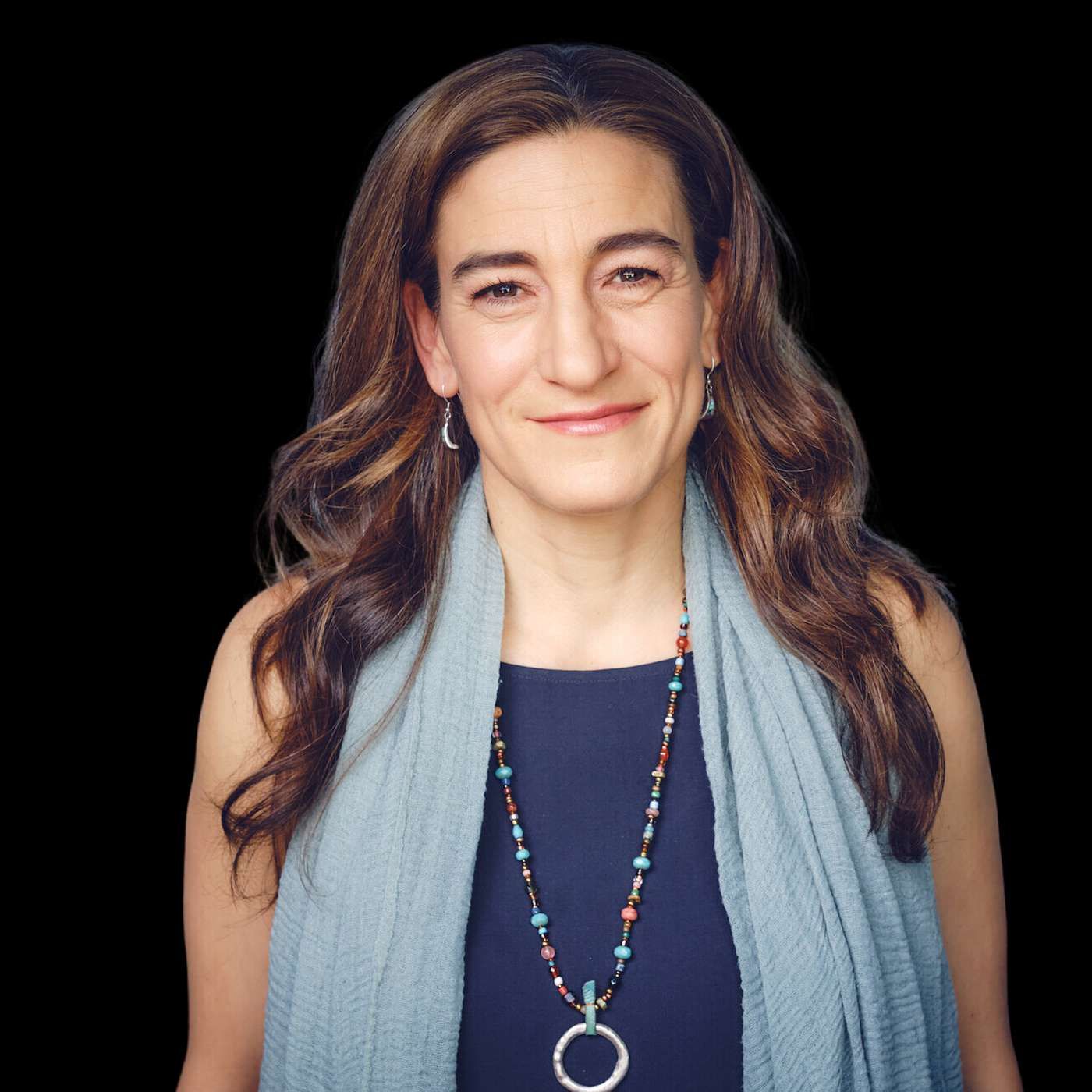
What happened before the Big Bang? CERN's head of theoretical physics Gian Giudice has a hunch
Guest: Gian Giudice, Head of Theoretical Physics at CERN The Cosmic Scoop: In this mind-bending episode, we dive into the deepest mysteries of our universe with Dr. Gian Giudice, Head of Theoretical Physics at CERN. Dr. Giudice takes us on a journey beyond the Big Bang, exploring the cutting-edge theories that attempt to explain the very origins of space and time. We discuss the interplay between quantum mechanics and general relativity, the nature of dark energy and dark matter, and the profound implications these cosmic insights have on our understanding of reality. Dr. Giudice shares his personal perspective on how studying the universe's birth shapes our view of existence and the role of humanity in this vast cosmic tapestry. Quotable Insights: "Mathematics is hardwired in nature. We don't invent it, we discover it.""The Big Bang was not an explosion of a point, but rather a phase transition that happened uniformly, modifying the properties of space.""When you look at the sky, the pattern of galaxies is telling you about the quantum fluctuations that occurred before the Big Bang.""Studying physics has not eliminated my interest in spiritual meaning. Many physicists approach this in a very individual way."Links to Explore: CERN (European Organization for Nuclear Research): https://home.cern/Gian Giudice's book "Before the Big Bang" Cosmic Microwave Background information: https://science.nasa.gov/ems/09_cosmicmicrowavebackgroundMusic for the Cosmic Journey: For the "Playlist for the Aspiring Space Traveler": Gian Giudice recommends Verdi's Requiem. He describes it as "extremely live music" that pushes boundaries, challenging the traditional notion of a requiem with its powerful and energetic composition. Spread the Cosmic Love! If this episode left you star-struck and hungry for more cosmic knowledge, don't keep it to yourself! Share it with your fellow stargazers, aspiring physicists, or anyone who's ever looked up at the night sky in wonder. Keep looking up, and keep sharing the wonder! Send us a text You can find us on Spotify and Apple Podcast!Please visit us at SpaceWatch.Global, subscribe to our newsletters. Follow us on LinkedIn and Twitter!
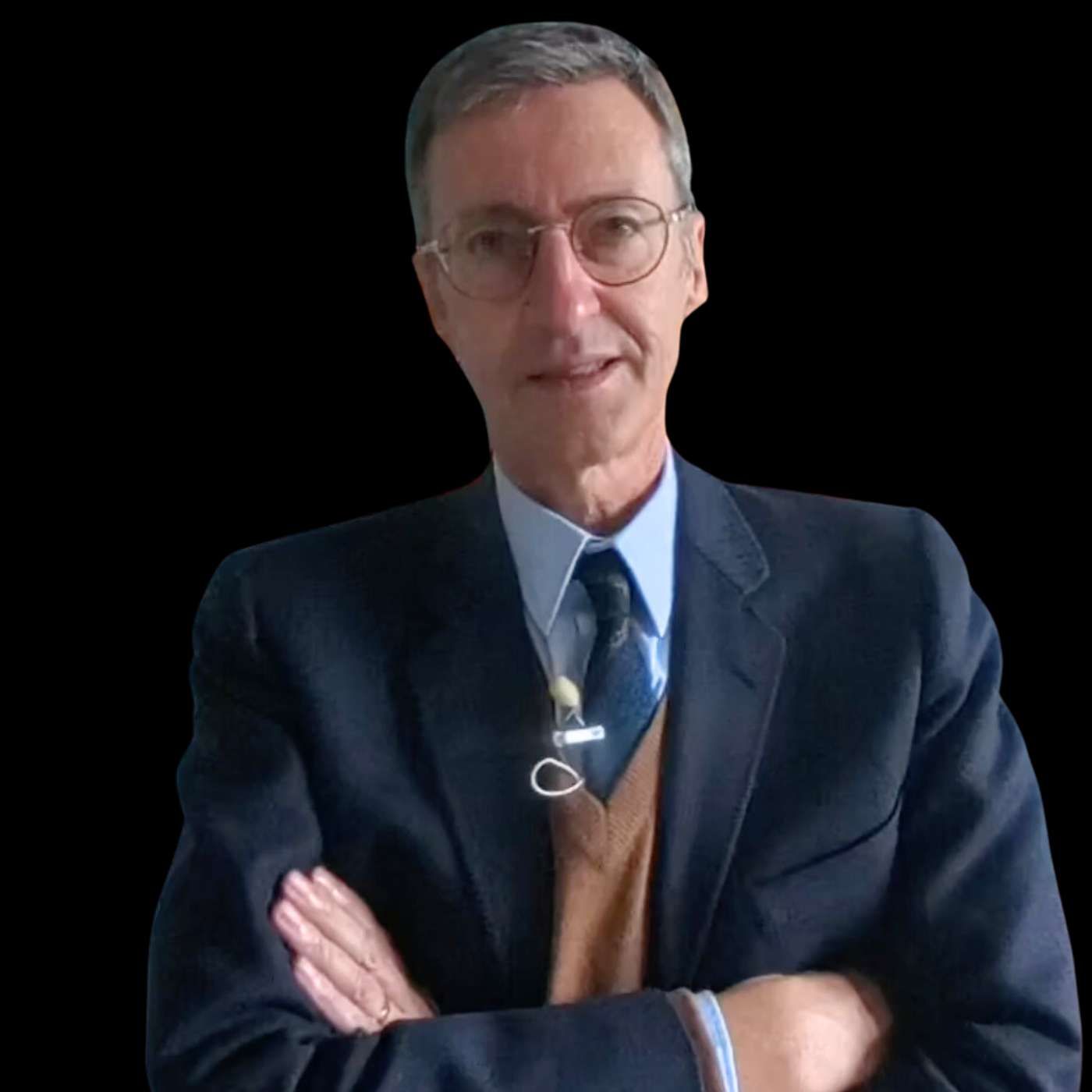
Chasing Chicxulub 2: Inside Astrophysicist Dora Foehring's Mission to Avert Armageddon
Dr. Dora Föhring, planetary defense scientist at ESA, discusses Earth's cosmic shield against asteroids. From observing elusive space rocks to actively deflecting them, she shares insights on near-Earth objects, the groundbreaking DART mission, and the future of planetary protection. Key Topics: Challenges and importance of near-Earth asteroid detectionEarth's asteroid impact history and future risksThe DART mission: Humanity's first asteroid deflection testCurrent state and future of planetary defenseSearch for extraterrestrial life in our cosmic neighborhoodPersonal journey and adventures in astronomyTimestamps: 00:01:49 - Observing near-Earth asteroids: Challenges and techniques 05:22 - Importance of studying Near-Earth Objects (NEOs) 08:09 - Frequency and potential impact of asteroid collisions 10:21 - Asteroid sizes: From meter-sized to planet-killers 17:22 - Apophis: The asteroid making a close approach in 2029 19:42 - Getting an asteroid namesake: The naming process 22:30 - Inside the DART mission: Changing an asteroid's course 25:17 - Are we ready for regular asteroid deflection? 27:20 - The search for alien life: Where should we look? 29:08 - An astronomer's travelogue: La Palma, Hawaii, Italy 32:06 - From sci-fi to reality: Dr. Föhring's path to astronomy 35:24 - Would you go to space? Thoughts on cosmic travel Notable Quotes: "If you wait long enough, something's bound to hit you." - Dr. Dora Föhring on large asteroid impacts "I think there are crazy people, I'm crazy, there are people doing crazy things all the time. Just I guess the question would be like, what are you trying to achieve with that?" - Dr. Föhring on space travel Espresso for the Mind: Be a "yes person." Embrace new challenges and experiences, stepping out of your comfort zone in both personal and professional life. Dr. Föhring's journey from stargazing child to asteroid defender exemplifies the rewards of saying yes to the unknown. Guest's Song Choice for the Aspiring Astronaut's Playlist on Spotify: "Hell on Earth" by Iron Maiden Follow-up: Explore ESA's planetary defense initiatives: https://www.esa.int/Safety_Security/Planetary_DefenceWatch DART mission impact footage: https://www.nasa.gov/planetarydefense/dartDive into the Near-Earth Object database: https://cneos.jpl.nasa.gov/Space Café Podcast Spotify playlist: https://open.spotify.com/playlist/47P7oLrueWMvhYGxcerIw6?si=75b7feef7f144e23 Send us a text You can find us on Spotify and Apple Podcast!Please visit us at SpaceWatch.Global, subscribe to our newsletters. Follow us on LinkedIn and Twitter!
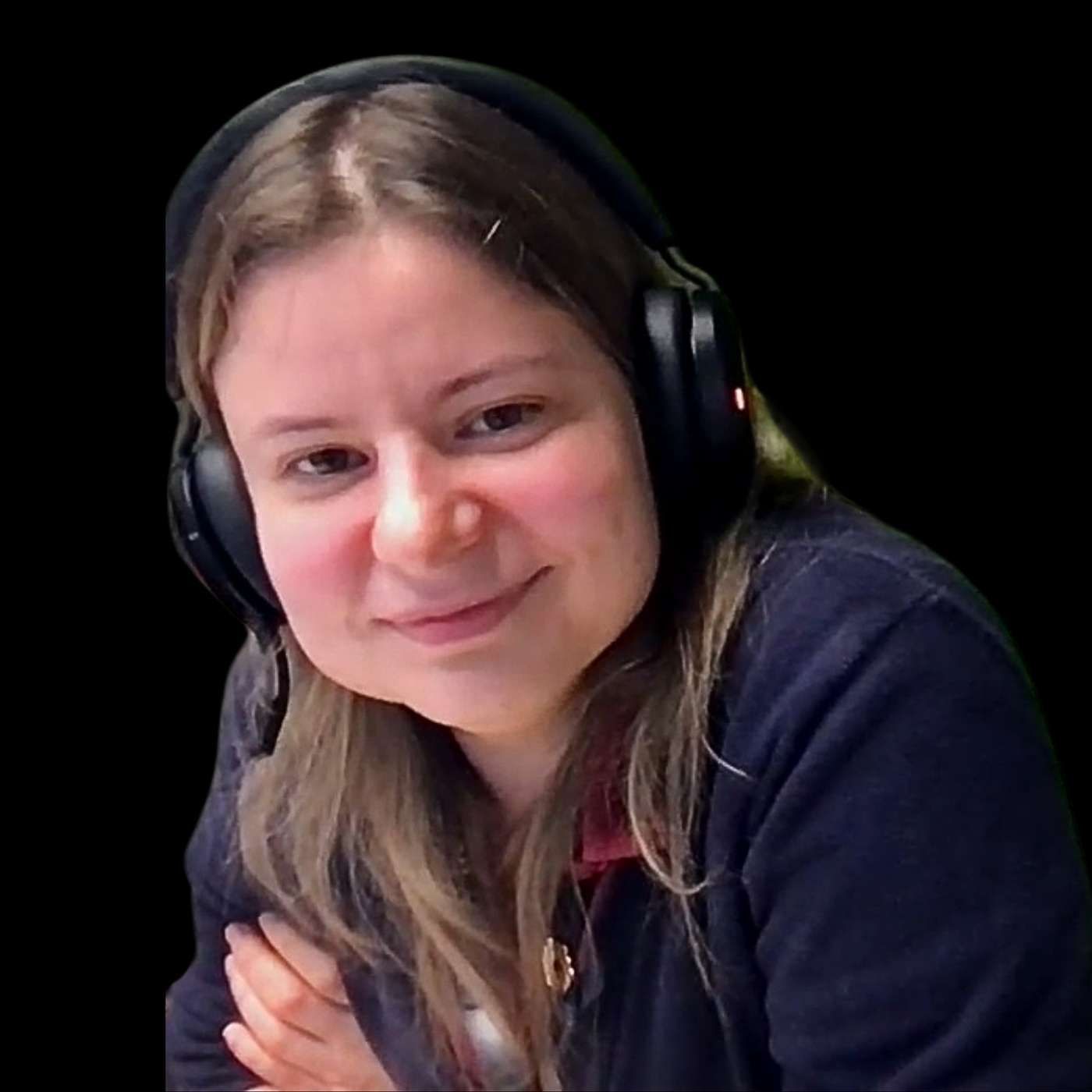
Looking in the Wrong Places? SETI Scientist Rethinks the Search for Alien Life
Dr. Pascal Lee, planetary scientist at the SETI Institute, NASA Ames Research Center discusses the search for extraterrestrial life, Mars exploration, and future human space travel. He shares insights on the Drake Equation, the challenges of finding intelligent life, and potential locations for alien life in our solar system.Key Topics:• The Drake Equation and estimating the number of advanced civilizations in our galaxy• Challenges of finding intelligent life in the universe• Are we as a biological species equipped well enough for long-term space travel?• Mars exploration and the search for life on the Red Planet• Future of human space travel and exploration• Potential for life on Europa and Enceladus• The Haughton-Mars Project on Devon Island, Arctic• Prospects for a moon base and exploration of TitanTimestamps:00:02:34 - Discussion of the SETI effort and the Drake Equation00:16:09 - Probability of intelligent life in our galaxy00:25:20 - Challenges of interstellar communication00:31:04 - Potential for faster-than-light travel and AI in space exploration00:37:15 - The concept of artificial humans for space travel00:49:54 - The search for life on Mars and potential locations01:08:47 - Non-carbon based life possibilities01:12:13 - Dr. Lee's Arctic expeditions and the Haughton-Mars Project01:24:12 - Technological advancements and the future of space exploration01:34:28 - Dr. Lee's willingness to go to Mars01:35:42 - Dr. Lee's music choice for space travel: "Also sprach Zarathustra"01:39:28 - Espresso for the mind: Prospects for a moon base at Clavius crater01:42:49 - Potential for human exploration of TitanNotable Quotes:"We are profoundly alone. Uh, and in our own galaxy, there's probably lots of planets with life. But mostly primitive life." - Dr. Pascal Lee"Nobody's going to come rescue us. We're not going to be invited to join a Galactic, you know, Federation anytime soon." - Dr. Pascal Lee"We are both unintended, but at the same time, so special." - Dr. Pascal LeeEspresso for the Mind:Dr. Lee discusses the potential for building a base on the Moon at Clavius crater and the future possibility of human exploration of Titan, Saturn's largest moon.Guest's Song Choice for the Aspiring Astronaut's Playlist on Spotify:"Also sprach Zarathustra" by Richard StraussFollow-up:- Check out the Haughton-Mars Project- Look up the "Astronaut Smart Glove" video on YouTube to see the work being done to advance future human exploration Send us a text You can find us on Spotify and Apple Podcast!Please visit us at SpaceWatch.Global, subscribe to our newsletters. Follow us on LinkedIn and Twitter!
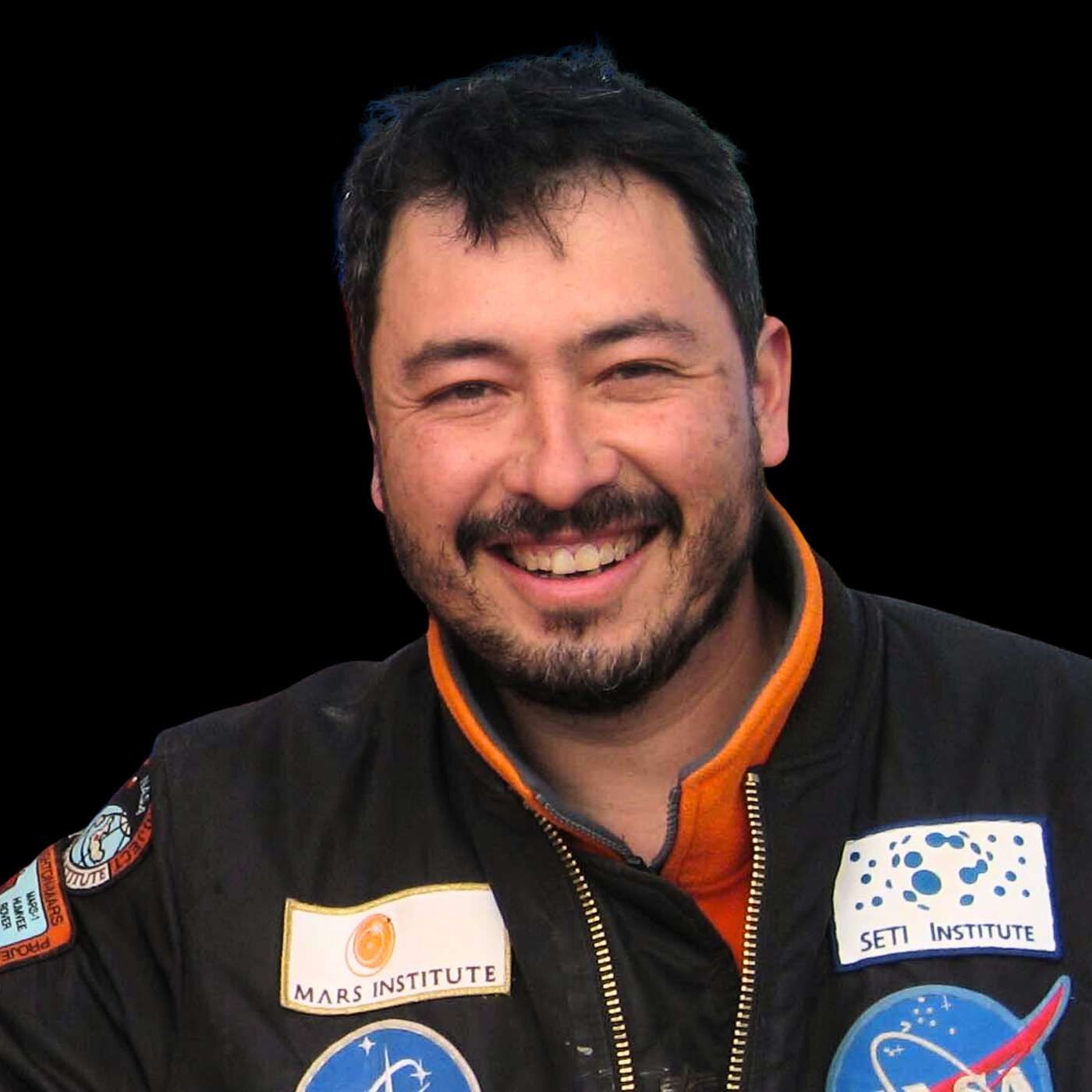
Spaceonomics - The future of an industry seen through the eyes (and wallets) of an investor
Rockets! Satellites! Asteroids! Let's blast off into the world of space investment with engineer-turned-investor Christian Ziach. He shares insights on Europe's space race, the challenges of refueling satellites in orbit, and why asteroid mining might be trickier than we thought. Also: the Ariane 6 dilemma, space sustainability woes, how to turn scientists into entrepreneurs, the MASCOT mission's nail-biting success, and whether we're really ready to settle on Mars. Grab your space suit and strap in. We're going to the final frontier of finance! Listen via Apple Podcasts Spotify iHeartRadio Castbox Podcast Addict or wherever you listen to podcasts.Key topics:00:00 Introduction02:33 European space sector challenges13:19 Hot areas for space investment26:58 Space sustainability concerns46:45 The MASCOT asteroid mission53:55 Asteroid mining prospects01:00:55 The future of space industry01:04:40 Mars colonization challenges Follow Christian Ziach on [LinkedIn] ➡️ [European Space Agency (ESA) Ariane 6 Program] ➡️ [SpaceX Starship Development] ➡️ [NASA Artemis Program] ➡️ [Blue Origin] ➡️ [United Launch Alliance]➡️ [MASCOT Mission to Asteroid Ryugu] ➡️ [Planetary Resources (defunct asteroid mining company)] ➡️ [Deep Space Industries (defunct asteroid mining company)] ➡️ [Astroforge (current asteroid mining company)] ➡️ [Andy Weir's "Project Hail Mary" and "Artemis" books] ➡️ [Robert Zubrin's "First Landing" book] Other Episodes that might interest you Terhi Vapola - Greencode Ventures, Green Investments, Digital Transformation and the Future of Space TechnologyBianca Lins: Small Nation, Big Impact. Liechtenstein's Cosmic Aspirations in a divided worldSend us a text You can find us on Spotify and Apple Podcast!Please visit us at SpaceWatch.Global, subscribe to our newsletters. Follow us on LinkedIn and Twitter!
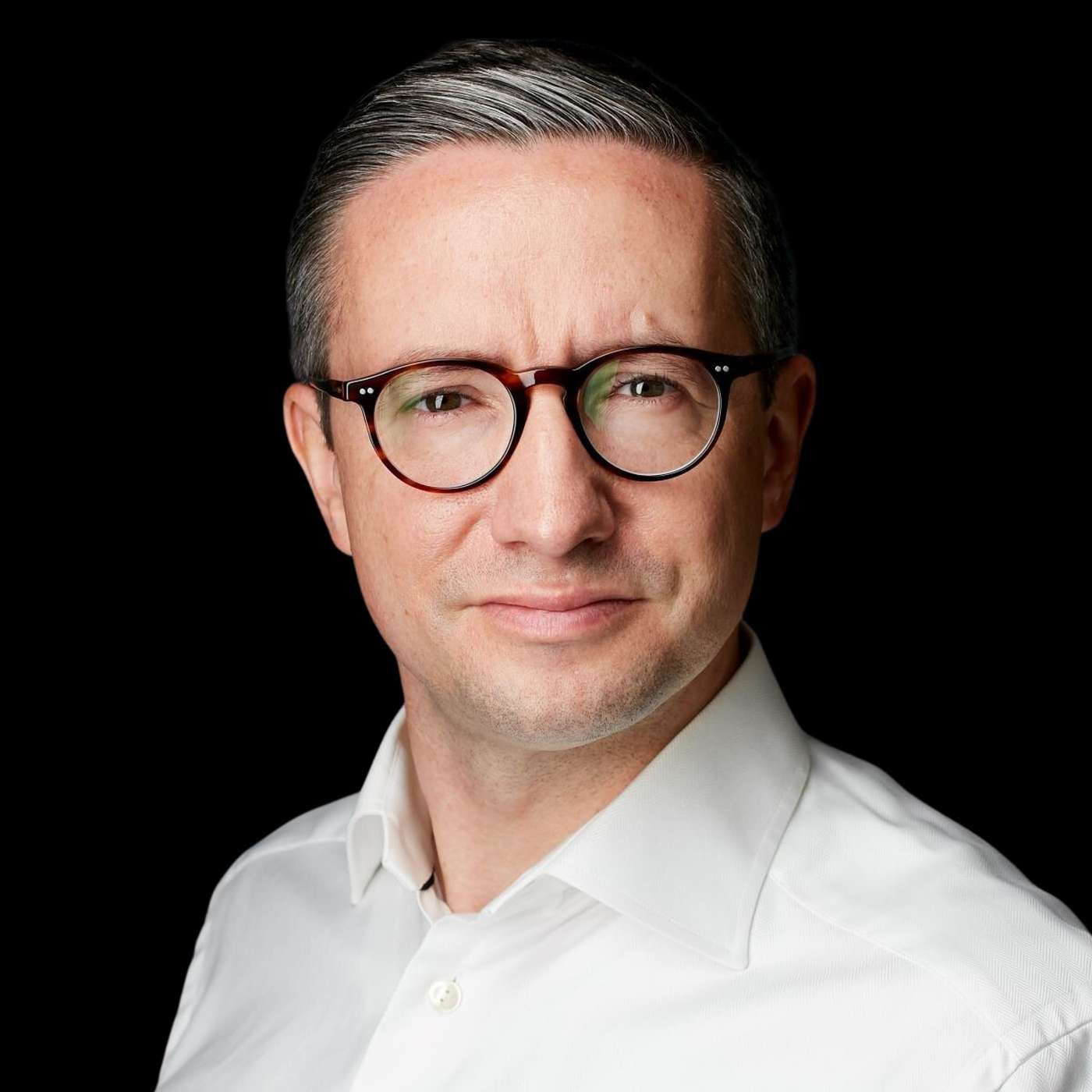
Moonshot for Life: Smithsonian's Lunar Biodiversity Preservation Project
In episode 113 of the Space Cafe Podcast, host Markus explores a groundbreaking concept with Dr. Mary Hagedorn, a distinguished researcher at the Smithsonian Conservation Biology Institute. The discussion centers on the ambitious idea of creating a backup of Earth's biodiversity on the Moon.Key Topics:The critical state of coral reefs and the impact of climate changeThe concept of a lunar biorepository for safeguarding genetic materialTechnical, logistical, and ethical aspects of the projectImplications for conservation, space exploration, and Earth's futureEpisode Breakdown:00:00 Introduction to the Space Cafe Podcast00:43 Exploring the concept of "Planet B"01:48 Meet Dr. Mary Hagedorn03:44 Current state of coral reefs04:45 The ecological significance of corals06:46 Conservation challenges and efforts09:43 Cryopreservation and biorepositories19:58 The Moon as a potential biorepository29:36 Strategic selection of key species for preservation30:38 Challenges in genetic diversity and permitting31:24 Sampling and preservation techniques38:16 Citizen science and global collaboration43:25 Philosophical and practical considerations for space colonization46:45 Technical challenges and future prospects01:02:34 Inspirational vision and call to actionThis episode offers a fascinating look at the intersection of conservation biology and space exploration, presenting innovative solutions to preserve Earth's biodiversity for future generations.Send us a text You can find us on Spotify and Apple Podcast!Please visit us at SpaceWatch.Global, subscribe to our newsletters. Follow us on LinkedIn and Twitter!
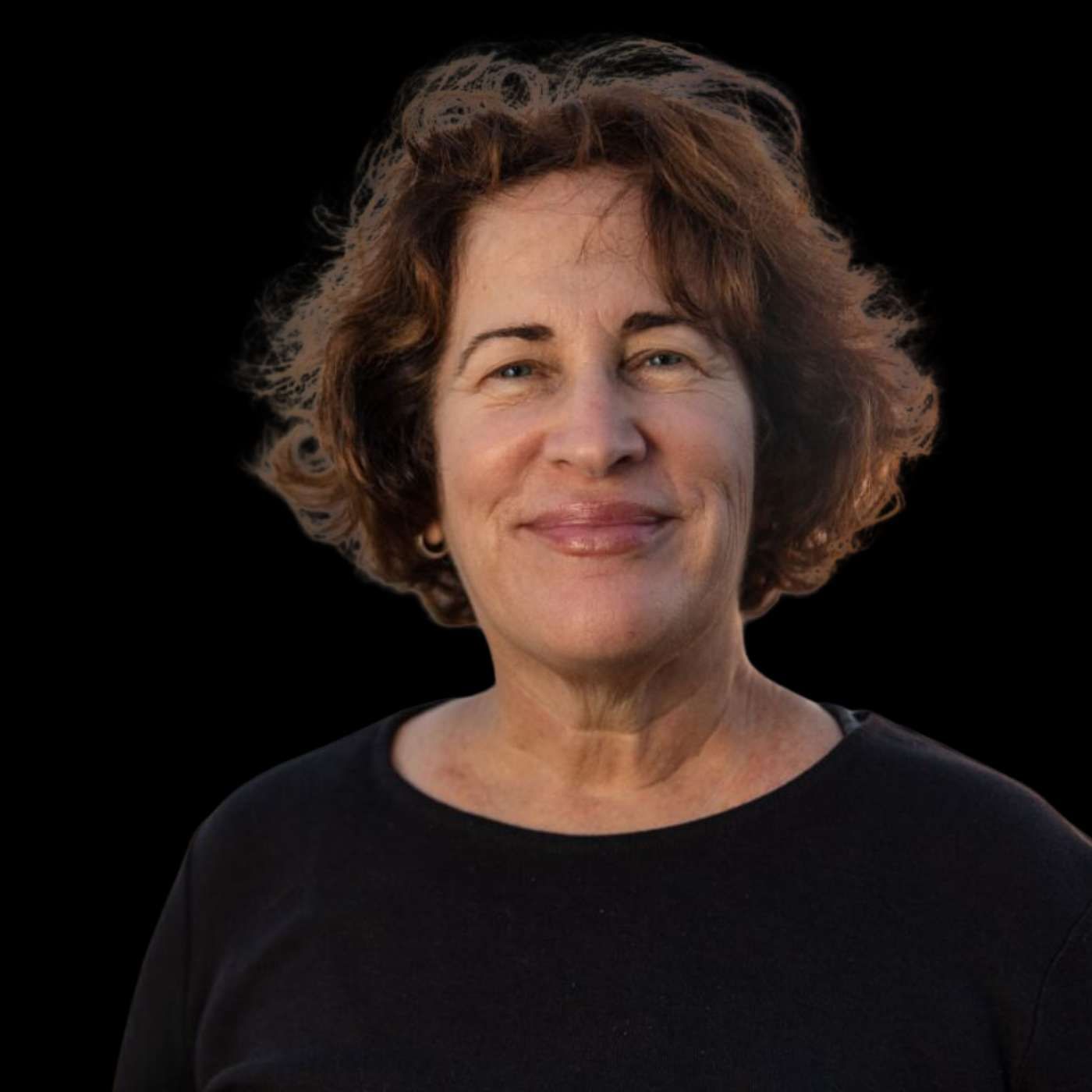
How to Build Our New Home Beyond Earth: Space Architect Barbara Imhof's Manual
In this episode of the Space Cafe Podcast, host Markus discusses the intricacies of space habitation with Dr. Barbara Imhof, a prominent space architect from Liquifer. They explore the challenges and innovations in making off-Earth living comfortable and sustainable, including construction methods on the Moon, dealing with lunar dust, and creating multifunctional spaces. They also touch on the importance of cooperation for space missions and the influence of seeing Earth from space on human perspective. Barbara shares insights into upcoming projects and discusses ongoing efforts to develop near-future space habitats. Guest Background: Barbara Imhof, co-founder of Liquifer Systems Group, focuses on creating habitable environments in space.She is recognized as a pioneering figure in space architecture.Notable Quotes: “Space is such a resource and will also be a scarcity; it’s really about how to use it.”“Cooperation is the most essential human trait for sustainable space exploration.”Additional Resources: Liquifer Systems GroupRecommended Reading: Project Hail Mary by Andy WeirPrevious Space Cafe Podcast Episode with Georgi PetrovSong Selection for Spotify Playlist: Surfing on a Rocket by AIRConversation Highlights: 00:00 Introduction to the Space Cafe Podcast 00:20 Preparing for Space Travel 01:15 Introducing Barbara Imhof and Liquifer 03:09 The White Planet Theory and Mars 04:59 Mars: Water and Life Hypotheses 07:10 Human Fascination with Mars 09:16 Living Beyond Earth: Architectural Challenges 14:29 Space Exploration: Human Nature and History 17:47 Setting Up Habitats on Celestial Bodies 25:45 The Challenge of Lunar Dust 26:43 Designing a Dust-Free Habitat 27:53 Building with Lunar Resources 29:33 Autonomous Construction on the Moon 31:24 Exploring Lava Tubes 32:47 Current Moon Village Plans 34:07 Efficient Use of Space in Lunar Habitats 45:21 The Complexity of Life Support Systems 50:42 The Importance of Cooperation in Space 53:00 Future Space Projects and Vision for 2050 55:18 Personal Reflections and Recommendations 59:38 Conclusion and Final Thoughts Send us a text You can find us on Spotify and Apple Podcast!Please visit us at SpaceWatch.Global, subscribe to our newsletters. Follow us on LinkedIn and Twitter!
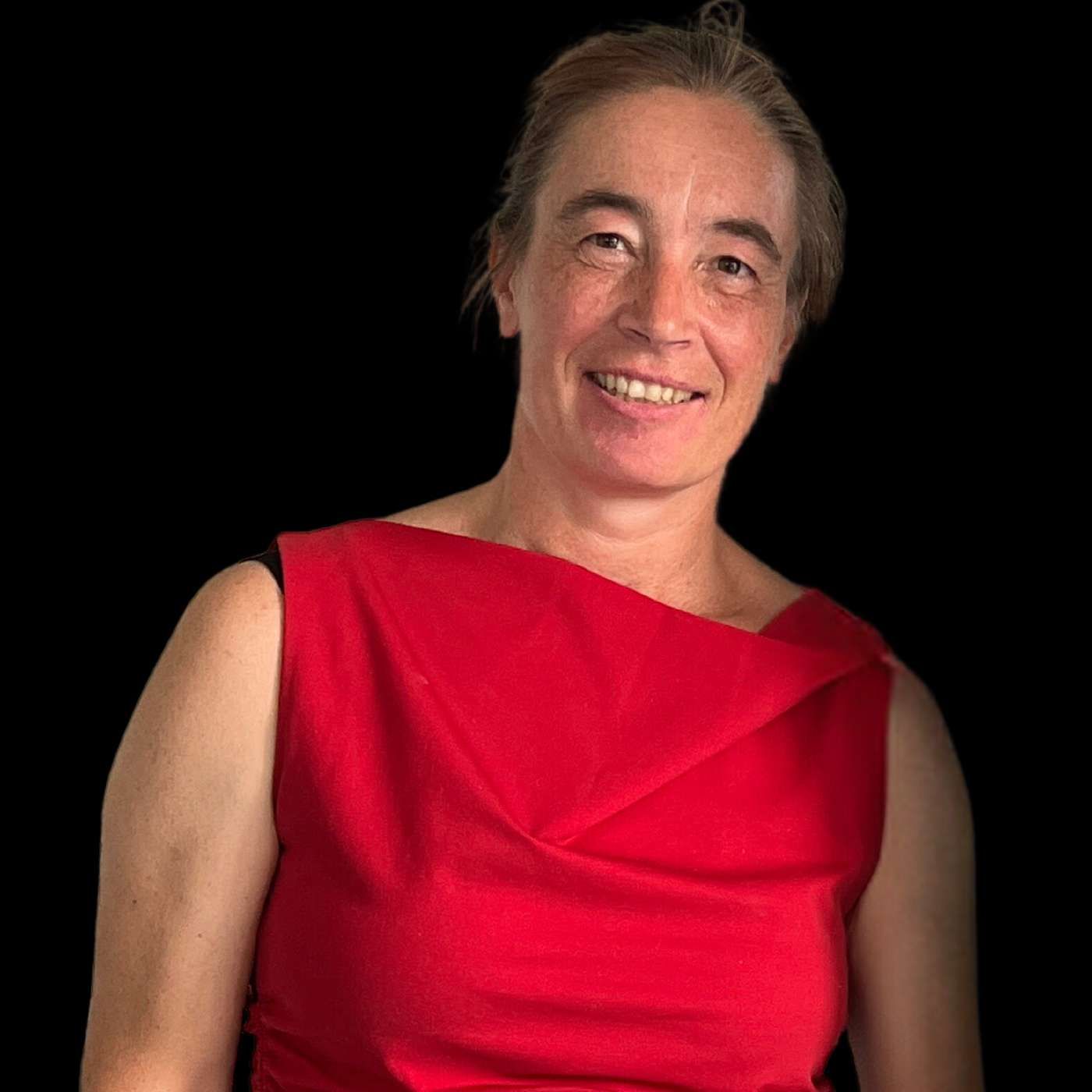
Bold Dreams – from Gourmet Chef to leading NASA’s Innovation Marathon
Guest: Leka Hattori, NASA's Space Apps ChallengeCEO @spaceterrahub | local lead for NASA Space Apps challenge | Analog Astronaut | TEDx Speaker | Chef | International speaker | Pilgrim In this episode of the Space Cafe Podcast, Markus delves into the extraordinary journey of Leka Hattori, from being a world-class chef to leading NASA's Space Apps Challenge. They discuss the significance of following one’s dreams, the impact of solitude and self-reflection, and the innovative potential unlocked through NASA's global hackathons. Guest Background: Leka Hattori is an inspiring figure who transitioned from a successful culinary career, serving high-profile clients like Tom Cruise and the Royal Family, to organizing NASA's largest innovation marathon. Originally from Brazil, she now spearheads the NASA Space Apps Challenge, fostering open science and innovation worldwide. Episode Highlights: The Unlikely Path: Leka’s Journey: Transitioning from a chef in London to a key figure in NASA's innovation programs, driven by her passion for space. The Camino Journey: Solitude and Reflection: Leka's transformative experience hiking the Camino de Santiago and its impact on her personal growth and sense of control. NASA Space Apps Challenge: Overview: An open innovation hackathon held in over 200 cities worldwide, encouraging solutions to Earth and space-related problems using open data from NASA and other space agencies.Youth Engagement: Leka’s strategy to involve university and high school students, promoting creativity and genuine innovation.Notable Challenges: Deep space communication, sustainability issues, and innovative solutions proposed by participants. Innovation and Talent: Diverse Skills Needed: NASA's interest in talents beyond traditional technical roles, such as farming for space agriculture.Educational Approach: Involving educators as mentors to nurture creativity and innovation. Notable Quotes: Leka Hattori: "It's simple to take time to listen to yourself. It's not easy, but it's simple." Additional Resources: Learn more about NASA's Space Apps Challenge: NASA Space Apps ChallengeLeka's Choice for the Spotify Playlist: Ivete Sangalo e Maria Bethânia - Muito Obrigado Axé -> https://open.spotify.com/intl-de/track/5oUlosj4oD6XzvdcJ1uNX0?si=cb5d268a04884fbc Stay Connected: Subscribe for more inspiring stories: Space Cafe Podcast on Apple Podcasts Send us a text You can find us on Spotify and Apple Podcast!Please visit us at SpaceWatch.Global, subscribe to our newsletters. Follow us on LinkedIn and Twitter!
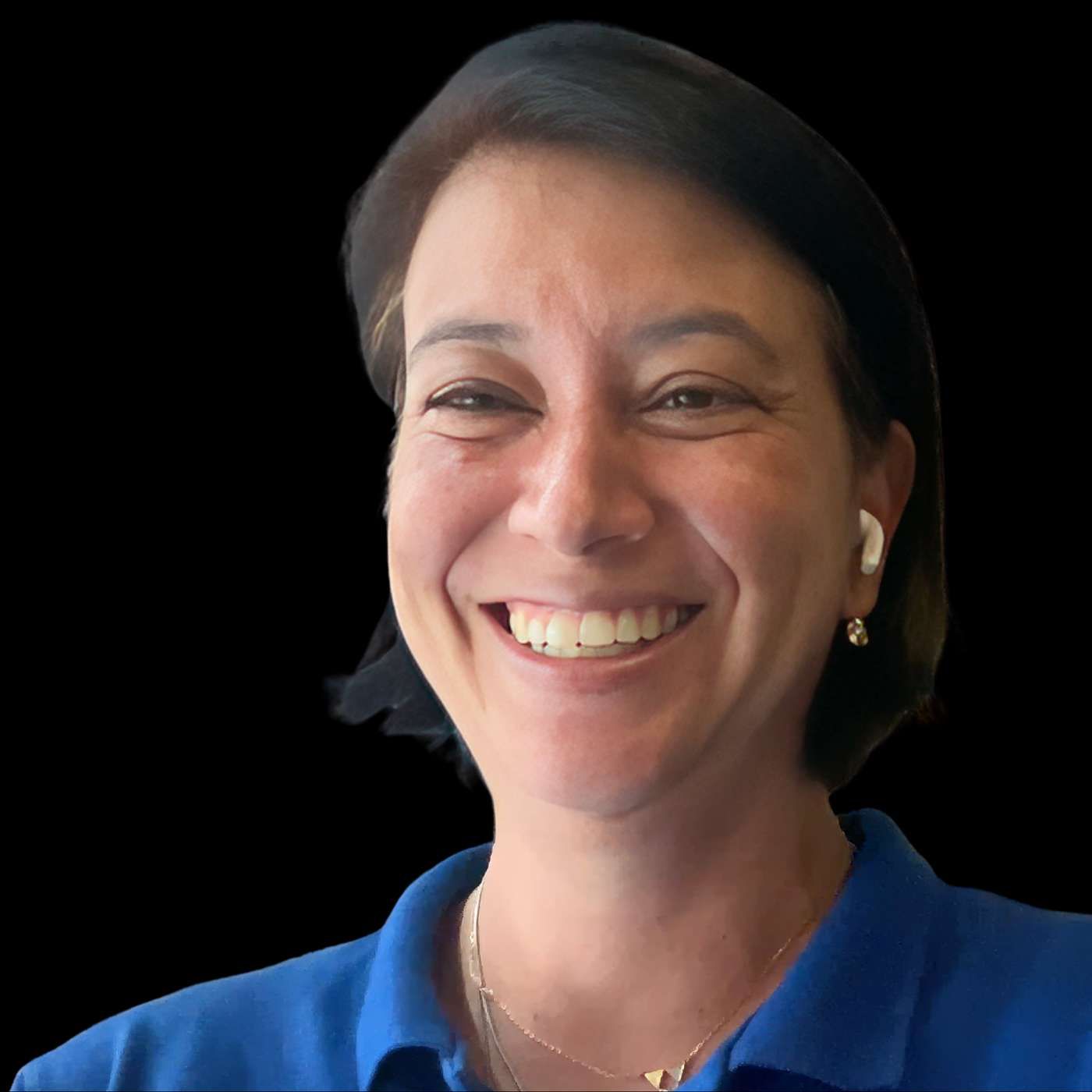
The Silent Majority: Slovakia's Space Ambitions Among Non-Launch Nations
Guest: Michal Brichta, Director of the Slovak Space Organization Industry Branch In this episode (#110) of the Space Cafe Podcast, Markus delves into Slovakia's space ambitions with Michal Brichta. They discuss Slovakia's role in the global space community, the importance of non-traditional space actors, and the challenges and opportunities faced by smaller nations in the space industry. Guest Background:Michal Brichta leads the Slovak Space Organization Industry Branch, driving Slovakia's initiatives in the space sector. Episode Highlights: Introduction: Disparity in spacefaring capabilities among nationsImportance of including non-traditional spacefaring nationsSlovakia's Space Ambitions: Michal Brichta's role and Slovakia’s potentialContributions of non-traditional space actorsEvolving Space Perspectives: Gradual transition to becoming an interplanetary speciesSlovakia’s inclusive space strategyChallenges and Opportunities: Importance of international collaborationsRole of education in fostering space industry talentAchievements and Future Goals: Slovakia’s associate membership with ESAFuture goals and visions for Slovakia's space sectorNotable Quotes: On the Role of Small Nations in Space: "Small nations like Slovakia have a unique perspective and can offer innovative solutions that might be overlooked by larger, more established spacefaring countries." On Education and Talent Development: "Investing in education and nurturing local talent is crucial for Slovakia to build a sustainable and competitive space sector." On International Collaborations: "Collaborations with international partners are essential. They not only bring in expertise and resources but also open up new opportunities for Slovakia in the global space market." On Slovakia’s Membership in ESA: "Becoming an associate member of the European Space Agency is a significant milestone for Slovakia, marking our commitment and capability to contribute to the broader space community." On Future Goals: "Our vision is bold. We aim to position Slovakia as a key player in the space industry, leveraging our strengths and building on our achievements to reach new heights." Additional Resources: · Slovak Space Organization · European Space Agency (ESA) · United Nations Office for Outer Space Affairs (UNOOSA) · International Space University (ISU) · Listen to Michal's music choice for the space travel playlist: Karol Duchoň - "V dolinách" on https://open.spotify.com/intl-de/track/7pRA5Fy4vbRjU6ecLyPXYQ?si=937dfbf50903477e Send us a text You can find us on Spotify and Apple Podcast!Please visit us at SpaceWatch.Global, subscribe to our newsletters. Follow us on LinkedIn and Twitter!
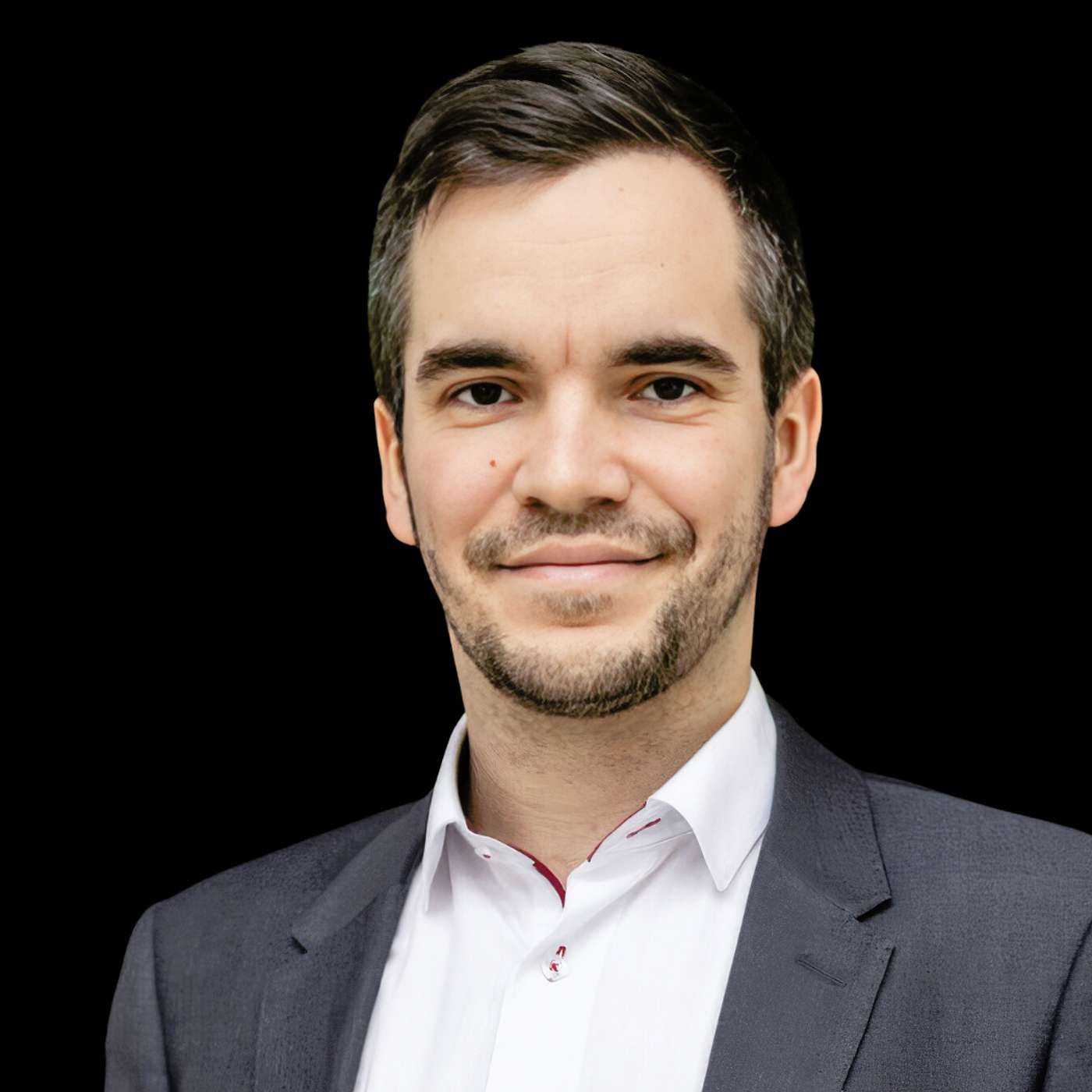
Unlimited Energy from Space: the Potential of Geostationary Solar Farms
Guest Background: Martin Soltau leads Space Solar, a company dedicated to developing space-based solar power technology. With experience in leading space business initiatives at Fraser Nash Consultancy and a strong interest in energy solutions, Martin is focused on achieving Net Zero emissions through innovative methods. His efforts have been crucial in gaining government support for space-based solar power. Highlights: The Origin of the Mission: Martin’s Journey into Space-Based Solar Power: Began six years ago, driven by the UK government's need for credible Net Zero solutions. Early Challenges: Initial skepticism from politicians and the breakthrough that came from finding a supportive physicist in the government. The Space Energy Initiative: Formation: Bringing together industry, academia, and government to support space-based solar power development. Integration: The importance of integrating the energy and space sectors for the success of space-based solar power. Technical and Economic Viability: Studies by Fraser Nash: Leading to positive conclusions and recommendations. How It Works: Solar panels in space beaming energy to Earth 24/7, through all weather conditions. Current and Future Testing:International Efforts: Testing in the US, Japan, and China. Space Solar's Timeline: Plans for a substantial proof of concept in space within six years. Advantages and Challenges: Efficiency and Continuous Energy Supply: Compared to terrestrial solar panels.Reduction in Launch Costs: Due to advancements in reusable rockets like SpaceX's Starship. International Partnerships: Potential partnerships and the benefits of a global approach to space-based solar power. Addressing Space Debris: The importance of sustainable space operations. Notable Quotes: Martin Soltau: "Space-based solar power is not just about providing clean energy for Earth; it's about creating a sustainable and scalable energy source that can support humanity's future needs." Additional Resources: Learn more about Space Solar and their groundbreaking work: Space Solar Explore the Fraser Nash study on space-based solar power: Fraser Nash Consultancy International Space University (ISU): isunet.edu Listen to Martin's music choice for the space travel playlist: Supertramp - "Take the Long Way Home" Space Energy Initiative: Space Energy Initiative This Episode is brought to you by SpaceWatchGlobal – your go to place for all things space. Send us a text You can find us on Spotify and Apple Podcast!Please visit us at SpaceWatch.Global, subscribe to our newsletters. Follow us on LinkedIn and Twitter!
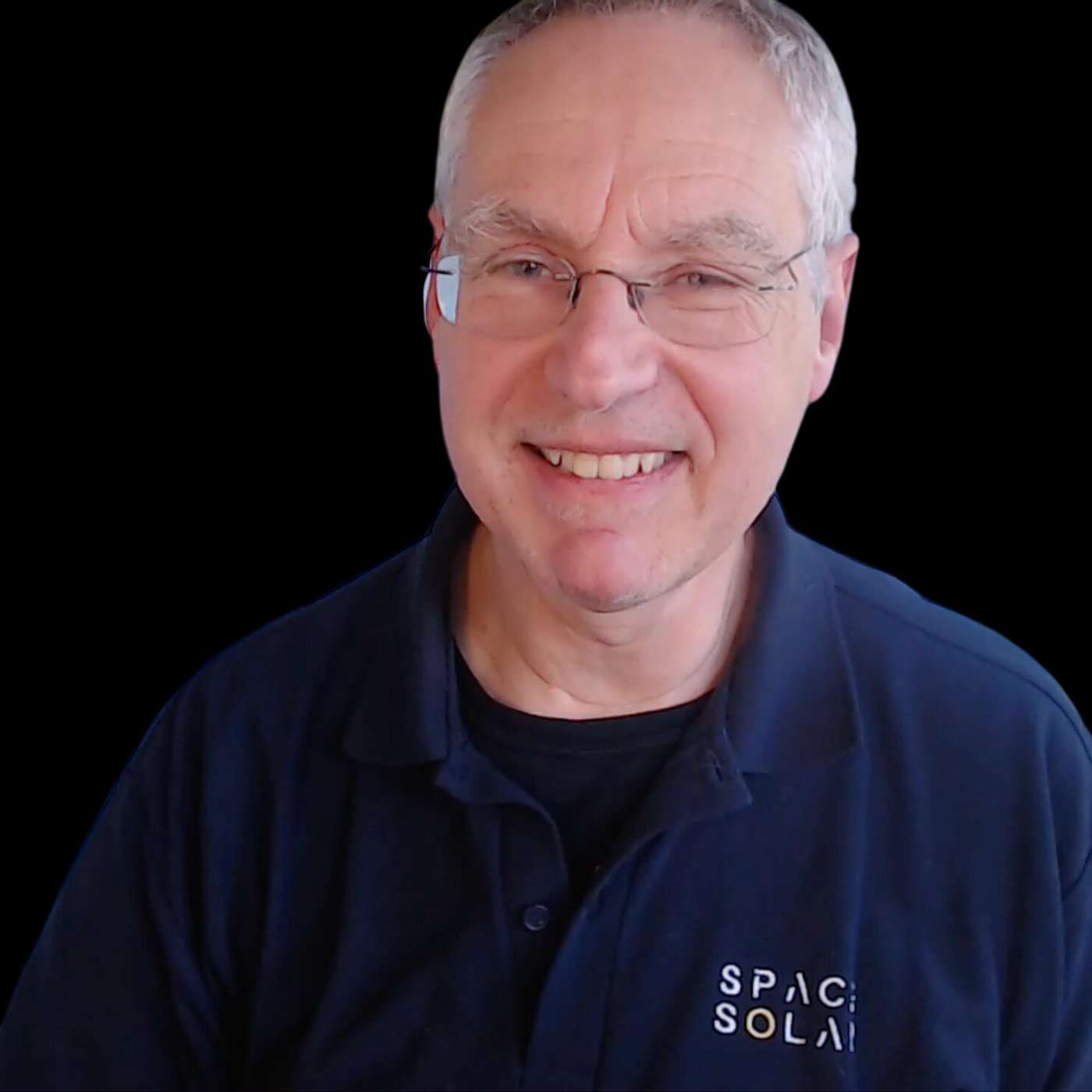
ESA's Ian Carnelli - Deflecting Asteroids through Humble Leadership
Host: Markus Guest: Ian Carnelli, HERA Mission Director, ESA In this episode of the Space Cafe Podcast, Markus dives into the fascinating world of planetary defense with Ian Carnelli from the European Space Agency (ESA). They discuss the monumental joint mission between ESA and NASA aimed at protecting Earth from potential asteroid impacts, reflecting on the long journey, challenges, and successes of the project. Guest Background Ian Carnelli is the Mission Director at ESA, deeply involved in the HERA mission, part of the planetary defense initiative. His journey into space missions began nearly two decades ago, leading to his crucial role in this groundbreaking project. The Origin of the Mission Ian’s Entry into ESA: Ian shares his serendipitous entry into ESA, starting with a last-minute application inspired by a conversation at a barbecue.Early Challenges: The mission's conception faced numerous hurdles, including skepticism and funding issues.The DART and HERA Missions NASA's DART Mission: The Double Asteroid Redirection Test (DART) successfully impacted the asteroid Didymos, proving deflection techniques.ESA's HERA Mission: Set to launch to analyze the aftermath of DART’s impact, HERA aims to gather detailed data on the asteroid's altered state.Overcoming Setbacks Funding Struggles: Ian recounts the emotional rollercoaster of securing funding for the mission, including a major setback in 2016 and eventual success in 2020.Team Dynamics: Building and maintaining a motivated and cohesive team despite numerous challenges, including the COVID-19 pandemic and supply chain disruptions.Technical and Logistical Challenges Manufacturing Issues: The mission faced several technical hurdles, from faulty components to manufacturing delays.Innovative Solutions: The team’s ability to adapt and find creative solutions to unexpected problems was crucial for the mission's progress.Personal Insights Leadership Philosophy: Ian emphasizes transparency, teamwork, and leveraging individual strengths within his team.The Human Element: Despite technological advancements, the mission’s success heavily relied on the dedication and hard work of the team members.Notable Quotes Ian Carnelli: "I always told my teams or the people I work with, how little I knew. But I had this vision and I wanted their help."Additional Resources Radiolab Podcast - Dino-pocalypse: YouTube LinkESA's HERA Mission: ESA HERA Mission PageNASA's DART Mission: NASA DART Mission PageSend us a text You can find us on Spotify and Apple Podcast!Please visit us at SpaceWatch.Global, subscribe to our newsletters. Follow us on LinkedIn and Twitter!
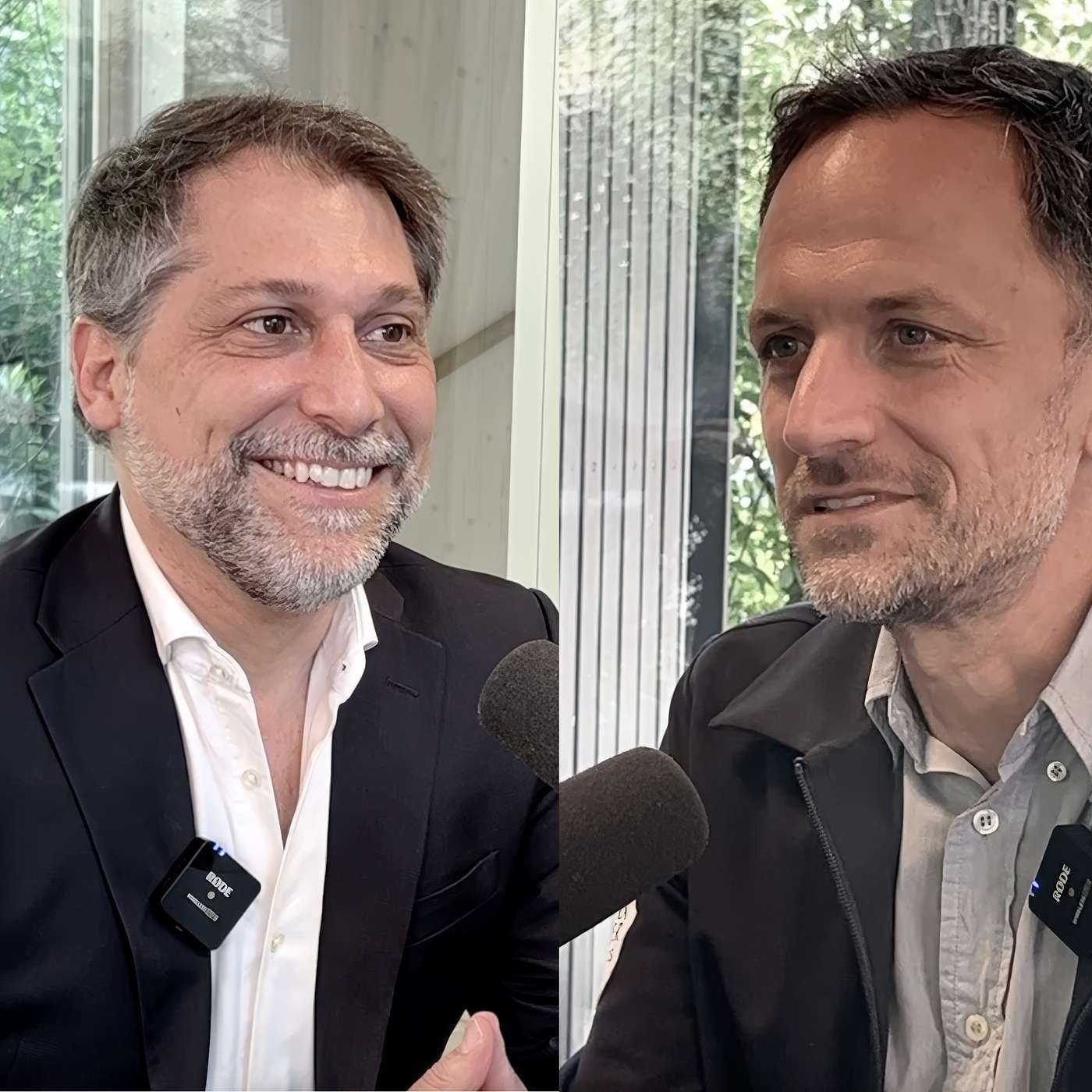
CERN’s Pablo Tello and ESA’s Ian Carnelli: Mindcollider - Fusing Space, Physics, and Big Ideas
In this episode, Markus welcomes two influential guests, Pablo Tello from CERN and Ian Carnelli from the European Space Agency (ESA). They explore the MINDCOLLIDER project, Markus’s brainchild that unites brilliant minds from particle physics and space exploration to help inspire solutions to very mundane or globally pressing issues. Guest Backgrounds: Pablo Tello: A scientist at CERN in Geneva, known for his interdisciplinary approach and contributions to particle physics. He co-heads IdeaSquare, a facility at CERN that fosters innovative thinking.Ian Carnelli: Director of ESA’s HERA mission, focused on developing technologies to protect Earth from asteroid impacts. He returns to the podcast with updated insights and experiences.Conversation Highlights: [00:02:29] Innovation and Anticipation: Pablo emphasizes the importance of anticipation in technological development, especially in long-term projects like the LHC. He stresses thinking in orders of magnitude and challenging existing paradigms.[00:06:28] Interdisciplinary Collaboration: Ian discusses the significance of interdisciplinary work at ESA, where expertise from various fields combines to drive innovation. He explains how imagining scenarios in space can lead to Earthly solutions.[00:14:00] Challenges and Failures: Both guests highlight the necessity of accepting failures in the innovation process and the importance of a culture that embraces risk.[00:18:01] Future Vision: The conversation shifts to the broader implications of space and particle physics on sustainable development and societal progress. Notable Quotes: [00:51:15] Pablo Tello: "Innovation management is an oxymoron. The more management you have, the less innovation."[00:52:55] Ian Carnelli: "Success is not in those who succeed; to succeed, you actually have to fail."Five Key Learnings for Organizations: [00:50:55] Embrace Young Generations: Listen to and empower young people as they bring fresh perspectives and innovative ideas.[00:51:36] Avoid Over-Management: Too much management stifles creativity and innovation. Let people explore and take risks.[00:52:51] Accept Failure: Failure is an integral part of the learning process and a stepping stone to success.[00:53:24] Have a Vision: A clear and strong vision drives long-term success and inspires others.[00:54:15] Promote Collaboration: Shift the focus from individual achievements (me) to collective efforts (we).Picks for the Space Cafe Podcast Playlist on Spotify: [00:55:59] Ian Carnelli: Mozart’s Requiem[00:55:45] Pablo Tello: "(I Can’t Get No) Satisfaction" by The Rolling StonesAdditional Resources: Visit MindCollider.io for more information about the Mind Collider project.If you enjoyed this episode, please leave a review or rating wherever you listen to podcasts Send us a text You can find us on Spotify and Apple Podcast!Please visit us at SpaceWatch.Global, subscribe to our newsletters. Follow us on LinkedIn and Twitter!
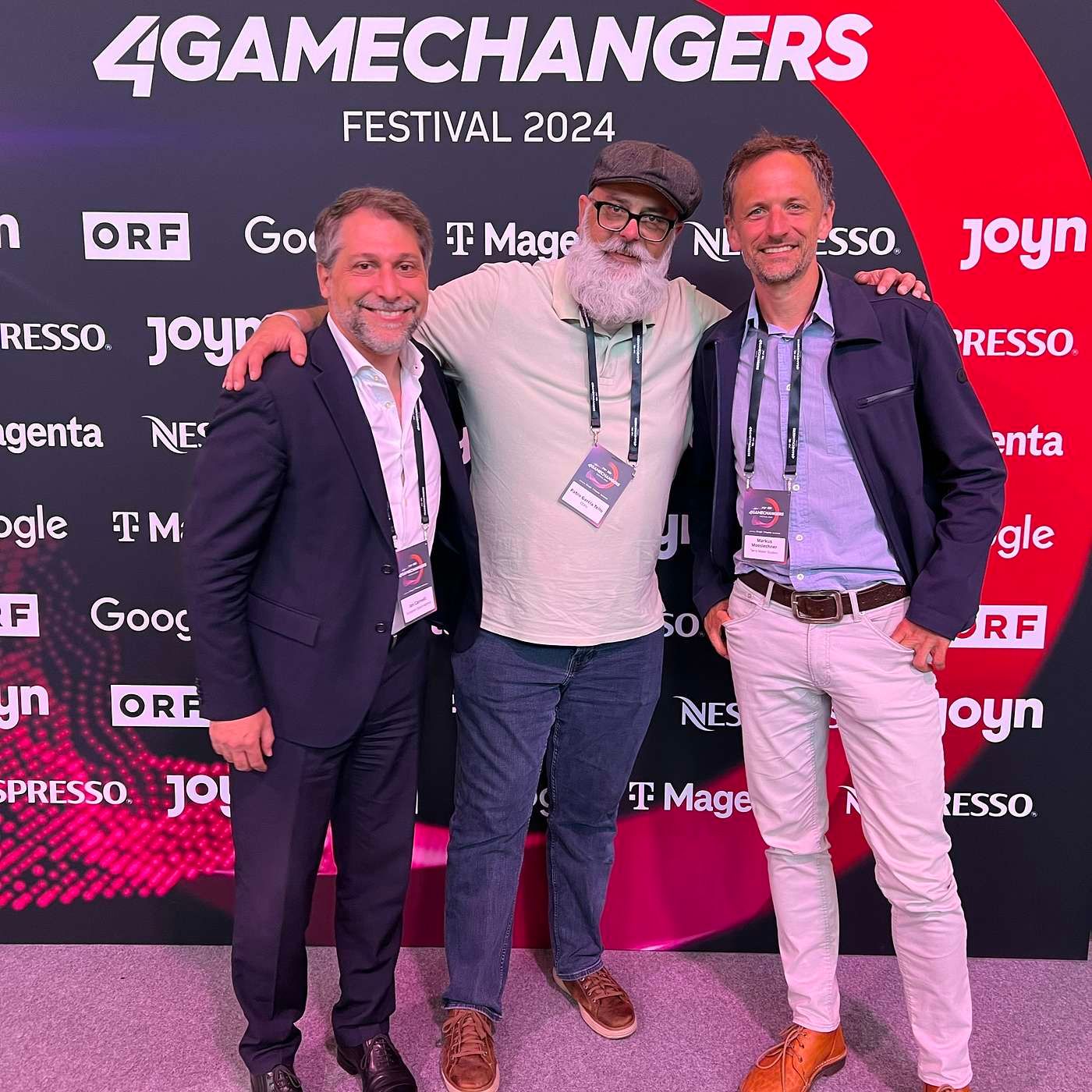
Mark Clampin: NASA Astrophysics Director Discusses the Agency's Future, Habitable Worlds, Starships, and Life Beyond
In Episode 106 of the Space Cafe Podcast, host Markus engages with Dr. Mark Clampin, astrophysics director at NASA. They discuss the significant advancements and future plans in space exploration, capturing the raw ambiance of a busy evening in Austin, Texas, during the South by Southwest festival (SXSW)... Guest Background: Dr. Mark Clampin has an extensive career in space science, particularly noted for his work with the James Webb Space Telescope. His insights shed light on the complexity and achievements of current space missions and what the future holds for NASA. Key Topics Covered: James Webb Space Telescope's Achievements: Insight into the operational success and the cutting-edge images it has produced.Future NASA Projects: Discussion on upcoming missions influenced by the decadal survey, focusing on the Roman Space Telescope and its objectives.Technological Advancements in Space: Overview of new technologies, including the active coronagraph, enhancing the exploration capabilities of future space telescopes. Memorable Quotes: "Webb is doing really well, better than our wildest dreams... it's just a dream come true to see the quality of the science it's been doing." — Dr. Mark Clampin"The Roman Space Telescope will fundamentally change our understanding of dark matter and dark energy." — Dr. Mark Clampin Key References and Must-Click Links: NASA: Learn more about current projects and future missions here.James Webb Space Telescope: Explore detailed information and view stunning images from the telescope here.Habitable Worlds ObservatoryRoman Space Telescope Featured Media and Cultural References: Music Choice by Dr. Mark Clampin: Bach's Violin Concerto No. 1, specifically the second movement performed by Hilary Hahn. This piece resonates with the calming yet profound nature of space travel. Follow Our Journey: Host: Markus MooslechnerGuest: Dr. Mark Clampin About Us: SpaceWatch.Global is dedicated to bringing space closer to the global audience through detailed discussions and insights into the evolving landscape of space exploration and development. Contact Us: Email: podcast@spacewatch.globalWebsite: www.spacewatch.global Make sure to follow us on Spotify and Apple Podcasts for more insightful discussions. Visit SpaceWatch.Global for updates and subscribe to our newsletter. Connect with us on LinkedIn and Twitter to engage with our space community. Send us a text You can find us on Spotify and Apple Podcast!Please visit us at SpaceWatch.Global, subscribe to our newsletters. Follow us on LinkedIn and Twitter!
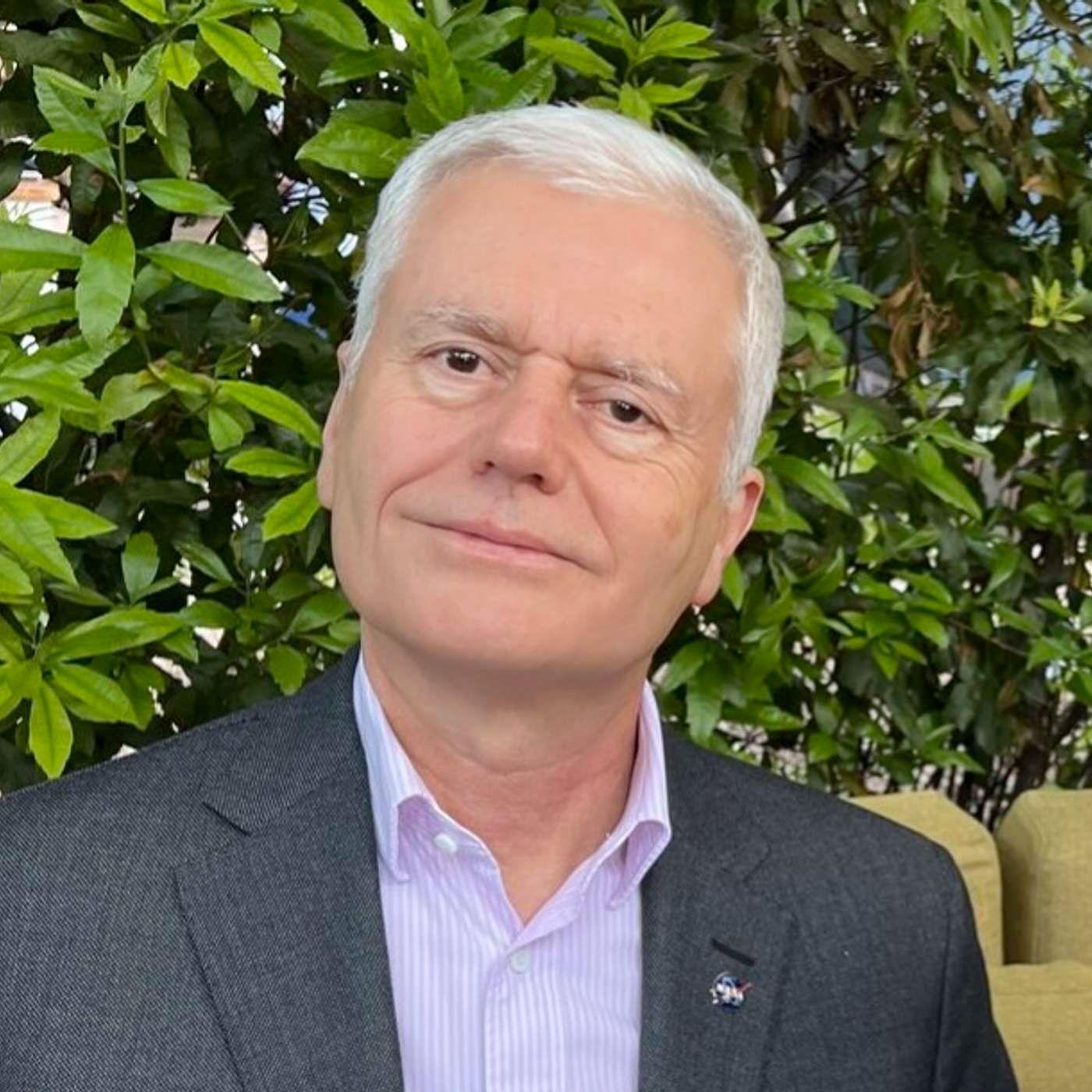
Marie-Pier Boucher: If we fail to do this, there is not future in Space
Introduction: In Episode 105 of the Space Cafe Podcast, host Markus engages with Marie Pierre Boucher, who provides a fascinating perspective on integrating arts and diverse cultural elements into space exploration. Guest Background: Marie Pierre Boucher, a visionary from the University of Toronto, expands on her extensive work that spans across art, technology, and space, illustrating how these realms intersect to create more inclusive and sustainable environments in space. Key Topics Covered: · The Role of Art in Space: Boucher discusses how art and cultural perspectives can fundamentally reshape the design and functionality of space habitats. · Inclusivity in Space: The conversation delves into the need for broader participation in space projects, emphasizing roles for artists and non-engineers. · Transformative Narratives: She highlights how narratives around space exploration are evolving, promoting a diverse and inclusive approach. Memorable Quotes: · "Integrating art from the start can transform space environments not just functionally but also psychologically." — Marie Pierre Boucher · "In the vastness of space, every voice should be heard, every perspective considered." — Marie Pierre Boucher Key References and Must-Click Links: · University of Toronto - Learn more about the institution where Marie Pierre contributes to transdisciplinary research. · European Space Agency - Referenced as an example of collaborative space exploration efforts. · NASA - Mentioned in the context of public participation and project transparency. · Orion Module - Discussed in relation to human factors engineering. · Canadian Space Agency - Discussed for their data protocols and public engagement. Featured Media and Cultural References: · Movie: Aniara - A film discussed for its portrayal of human psychological experiences in space. · Movie: Space Down - Directed by Dominic Gagnon, available on Vimeo. · Music: "Surrender" by Suicide, discussed as a song representing calmness in space travel. · Music: "Scrambles of Earth" - The reimagined Voyager Golden Record tracks, speculated to be remixed by aliens. Follow Our Journey: · Host: Markus Mooslechner · Guest: Marie-Pier Boucher Send us a text You can find us on Spotify and Apple Podcast!Please visit us at SpaceWatch.Global, subscribe to our newsletters. Follow us on LinkedIn and Twitter!
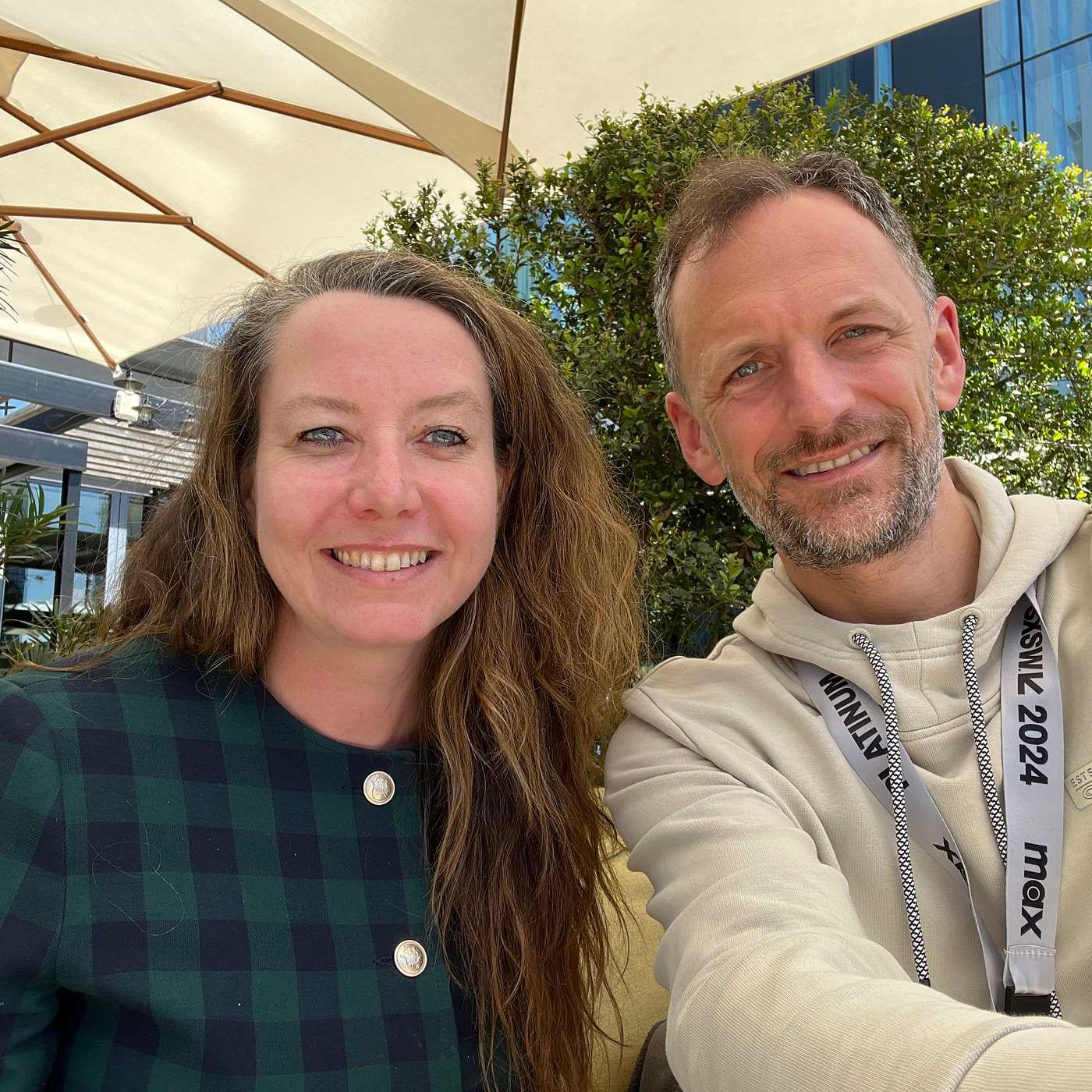
Bianca Lins: Small Nation, Big Impact. Liechtenstein's Cosmic Aspirations in a divided world
SpaceWatch.Global is pleased to present: The Space Café Podcast #104: Bianca Lins: Small Nation, Big Impact. Liechtenstein's Cosmic Aspirations in a divided world Episode 104 features special guest: Bianca Lins Join Markus in an engaging episode of the Space Cafe Podcast, where he converses with Bianca Lins, an Austrian who has intricately woven her life into the fabric of one of the world's smallest yet remarkably influential countries in the space sector, Liechtenstein. Bianca shares her unique perspective on space law, Liechtenstein's history with the Apollo missions, and how even the tiniest nations can have a stellar impact on global space policy. Key Topics Covered: · 🔹 Liechtenstein's surprising contributions to space exploration. · 🔹 The evolution of space law and the role of small nations. · 🔹 Liechtenstein's pioneering steps towards regulating space activities. · 🔹 The fascinating intersection of geography, sovereignty, and cosmic destiny. · 🔹 How Liechtenstein's size has influenced its approach to space policy. Memorable Quotes: · "Liechtenstein may be small, but its reach into the stars is vast and determined." · "Every small step in space law is a giant leap for a nation like ours." Must-Click Links: · 🔹Official Site for Liechtenstein in Space · 🔹On the authorization of space activities and the registration of space objects · 🔹On the Authorization of Space Activities and the Registration of Space Objects Featured Music: · 🔹 "Sweet Child o Mine" by Guns n Roses, is Bianca’s choice of music for a potential travel to the stars. Follow Our Journey: · 🌌 Host: Markus Mooslechner · 🌌 Guest: Bianca Lins About Us: SpaceWatch.Global is a digital magazine and portal dedicated to covering the expanding universe of space. Join us as we dive into engaging conversations that bring the high-flying ambitions of space closer to Earth. Contact Us: · Email: podcast@spacewatch.global Send us a text You can find us on Spotify and Apple Podcast!Please visit us at SpaceWatch.Global, subscribe to our newsletters. Follow us on LinkedIn and Twitter!
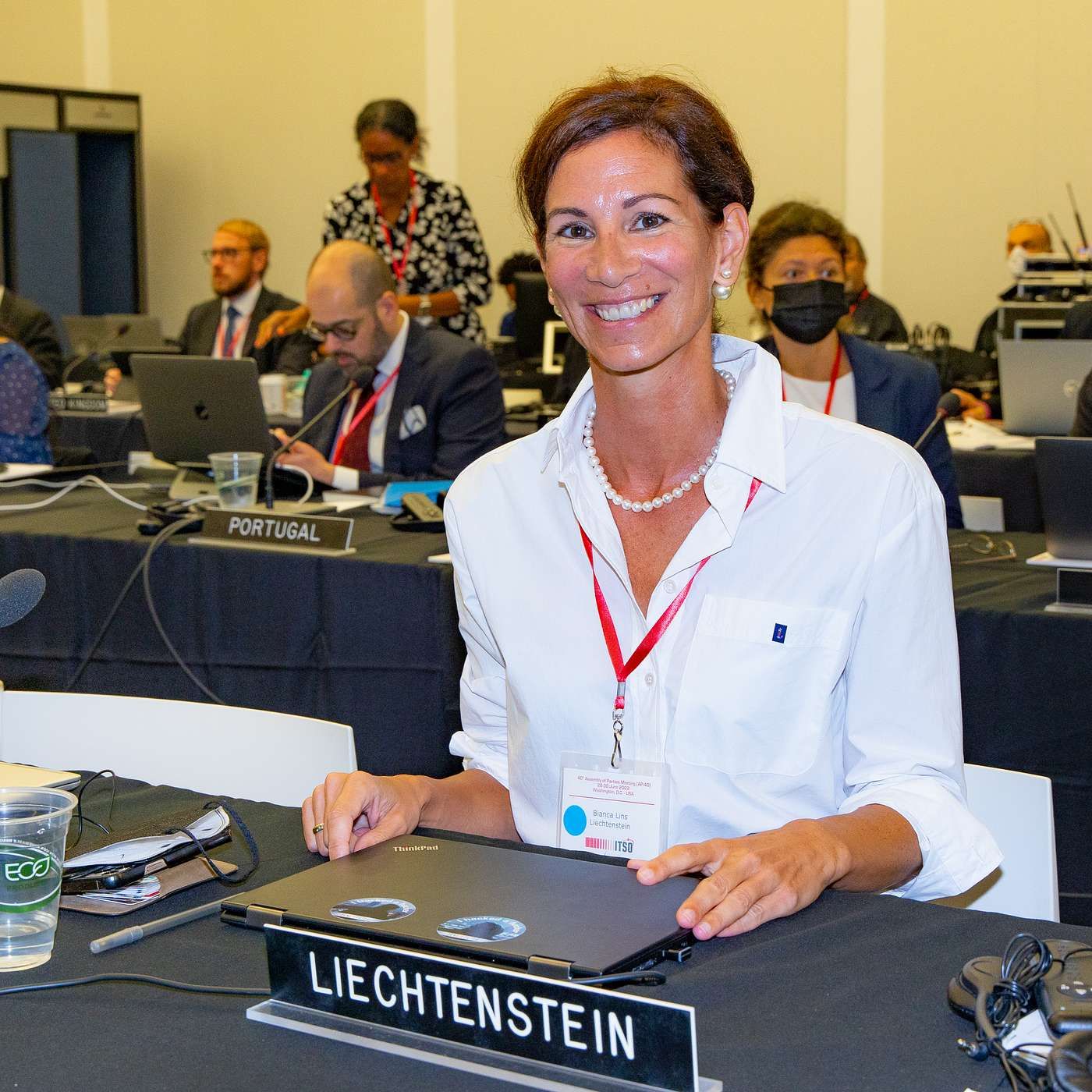
Georgi Petrov: Architecting New Worlds – Conversations on Designing for Space Habitation
SpaceWatch.Global is pleased to present: The Space Café Podcast #103: Join Markus Mooslechner, our host at Space Cafe Podcast, for an enlightening discussion with Georgi Petrov, a senior associate principal at Skidmore, Owings & Merrill, and an adjunct professor at NYU and MIT. Georgi is at the forefront of integrating architectural design with structural engineering to create sustainable habitats beyond Earth. From envisioning the sunrise over Mars to the detailed design of a Moon Village, this episode is a contemplative journey into space habitation and its intricate connection to our lives on Earth. Key Topics Covered: · 🔹 The vision and challenges of space habitation. · 🔹 Space architecture's influence on terrestrial design principles. · 🔹 The psychological importance of windows in space habitats. · 🔹 The role of plants and natural materials in space environments. · 🔹 The intersection of practicality and aesthetics in designing for extreme environments. Memorable Quotes: · "Waking up to the sunrise over a Himalayan peak... witnessing the celestial dance... is a reminder of the ultimate entertainment nature provides." · "Every molecule counts in space design, much like every decision carries weight for our planet's future." Must-Click Links: · 🔹 Learn More About Space Habitation: Georgi Petrov · 🔹 Explore Synthesis International: Synthesis International · 🔹 Skidmore, Owings & Merrill Featured Music: · 🔹 "With a Little Help From My Friends" by The Beatles, symbolizing camaraderie and support in the vastness of space. Follow Our Journey: · 🌌 Host: Markus Mooslechner · 🌌 Guest: Georgi Petrov About Us: SpaceWatch.Global is a magazine and portal dedicated to the space sector. Our passionate team ensures insightful coverage of space developments, inspiring a deeper public understanding of space activities. Contact Us: · Website: www.spacewatch.global · Email: podcast@spacewatch.global · Exclusive Distribution Partner: Bookwire - www.bookwire.de Send us a text You can find us on Spotify and Apple Podcast!Please visit us at SpaceWatch.Global, subscribe to our newsletters. Follow us on LinkedIn and Twitter!
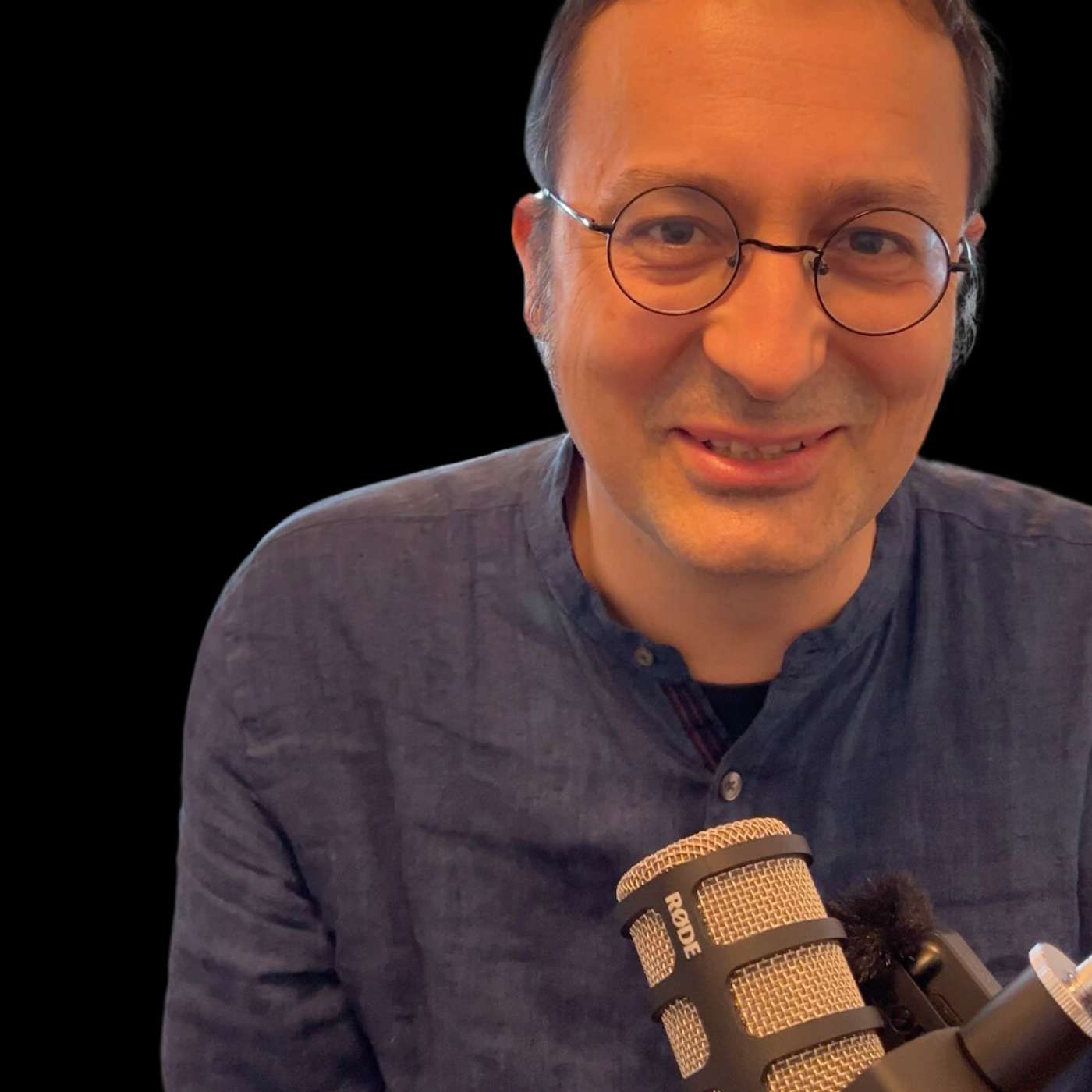
Nahum Romero - We are wasting an opportunity for a profound break: How the Arts and Humanities Can Reinvigorate the Vision for Humanity's Future in Space
SpaceWatch.Global is pleased to present: The Space Café Podcast #102: We are wasting an opportunity for a profound break: Nahum Romero Explores How the Arts and Humanities Can Reinvigorate the Vision for Humanity's Future in Space Episode 102 features special guest: Nahum Romero In this episode, Markus Mooslechner embarks with us on a visionary journey that transcends the conventional boundaries of space exploration. Nahum Romero, a distinguished artist and philosopher, delves into the indispensable role of arts and humanities in crafting a sustainable and inclusive future for humanity among the stars. Key Topics Covered: 🔹 The Arts and Space Exploration: Nahum's advocacy for integrating arts and humanities with space science to enrich humanity's cosmic endeavors. 🔹 Challenging Conventional Paradigms: A critical examination of traditional space industry trajectories and the necessity for ethical, philosophical contemplation. 🔹 Diversity and Inclusivity in Space: The importance of breaking down colonial narratives and embracing a more diverse future in space exploration. 🔹 Visions for the Future: The dialogue explores how creative and humanistic disciplines can illuminate our understanding of the universe and improve life on Earth and beyond. 🔹 Engaging with the Cosmos: Nahum shares his personal and professional journey, underscoring the profound connection between human creativity and the vastness of space.Memorable Quotes: "I am in space. Being on Earth, I feel that I am already in a wonderful place in space." - Nahum Romero "Any culture or any ideas that go unquestioned and unchallenged become toxic at some point. Always challenge your own assumptions." - Nahum Romero Must-Click Links: 🔹 Learn More About Nahum Romero's Work: https://nahum.xyz/🔹Explore the Intersection of Arts and Space🔹Space Café Podcast's Full Collection: SpaceCafe Podcast ArchiveChoice of Music for the Spotify Playlist for the Aspiring Space Traveler: 🔹 "Paisley Park" by Prince, chosen by Nahum Romero, symbolizing the journey towards fantastical, original, and unique places beyond our world.You can find us wherever you are: https://spacecafepodcast.buzzsprout.com/ Send us a text You can find us on Spotify and Apple Podcast!Please visit us at SpaceWatch.Global, subscribe to our newsletters. Follow us on LinkedIn and Twitter!
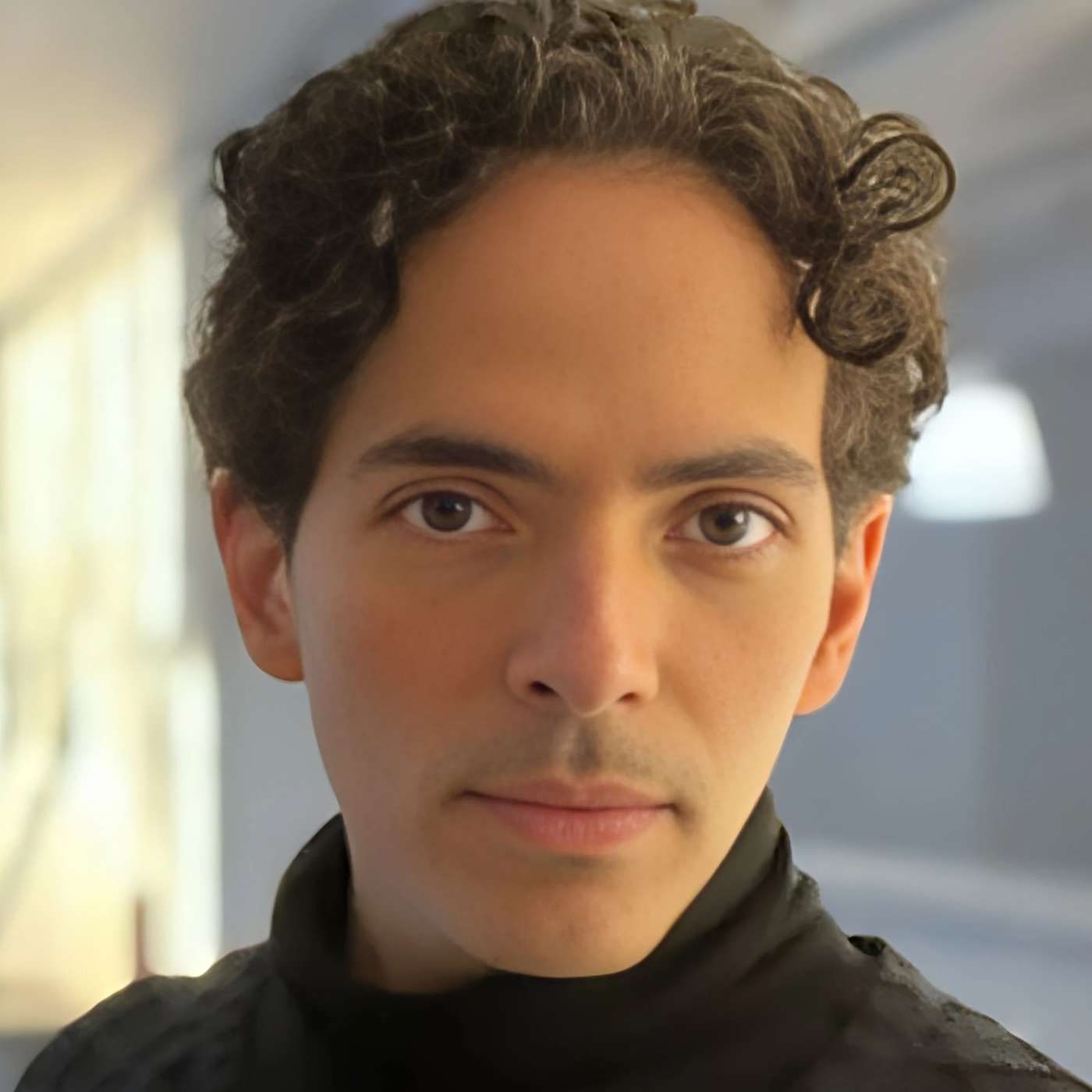
Roberto Tamai - Answers to the biggest questions in reach – ELT's project manager shares insights about the Extremely Large Telescope in Chile
SpaceWatch.Global is pleased to present: The Space Café Podcast #101: Answers to the biggest questions in reach – ELT project manager Roberto Tamai shares insights about the Extremely Large Telescope in Chile Episode 101 features special guest: Roberto Tamai In this captivating episode, Markus takes us on an exploratory journey to one of Earth's most remote and intriguing places, the Atacama Desert, home to the future of astronomical discovery: The European Southern Observatory's Extremely Large Telescope (ELT). Roberto Tamai, the project manager of the ELT, shares the human stories, technical marvels, and ambitious goals behind the world's largest optical and near-infrared telescope. Key Topics Covered: 🔹 ELT's Vision: The drive and ambition behind constructing the world's biggest telescope.🔹 Challenges of Remote Engineering: Navigating the logistical hurdles of bringing groundbreaking technology to the Atacama Desert.🔹 Human Side of Astronomy: The life and work dynamics in one of the most isolated places on Earth.🔹 Aiming for the Stars: The scientific and existential questions the ELT aims to answer.🔹 Musical Universe: The unique blend of engineering precision and human emotion, underscored by Roberto's choice of music for the telescope's first light.Memorable Quotes: "I am creating a Spotify list for when we open the telescope with some music inside... it's opening to you, to all the people, the window towards the universe.""Sailing at night, it brings you to another place where you can enjoy the sky... It is another fantastic feeling."Must-Click Links: 🔹 Learn More About ELT: European Southern Observatory Official Site🔹 Explore the Atacama Desert: Atacama Desert Information🔹 Space Café Podcast's Full Collection: SpaceCafe Podcast ArchiveChoice of Music for the Spotify Playlist for the Aspiring Space Traveler: 🔹 Bolero de Ravel, symbolizing the opening of the ELT to the universe.Send us a text You can find us on Spotify and Apple Podcast!Please visit us at SpaceWatch.Global, subscribe to our newsletters. Follow us on LinkedIn and Twitter!
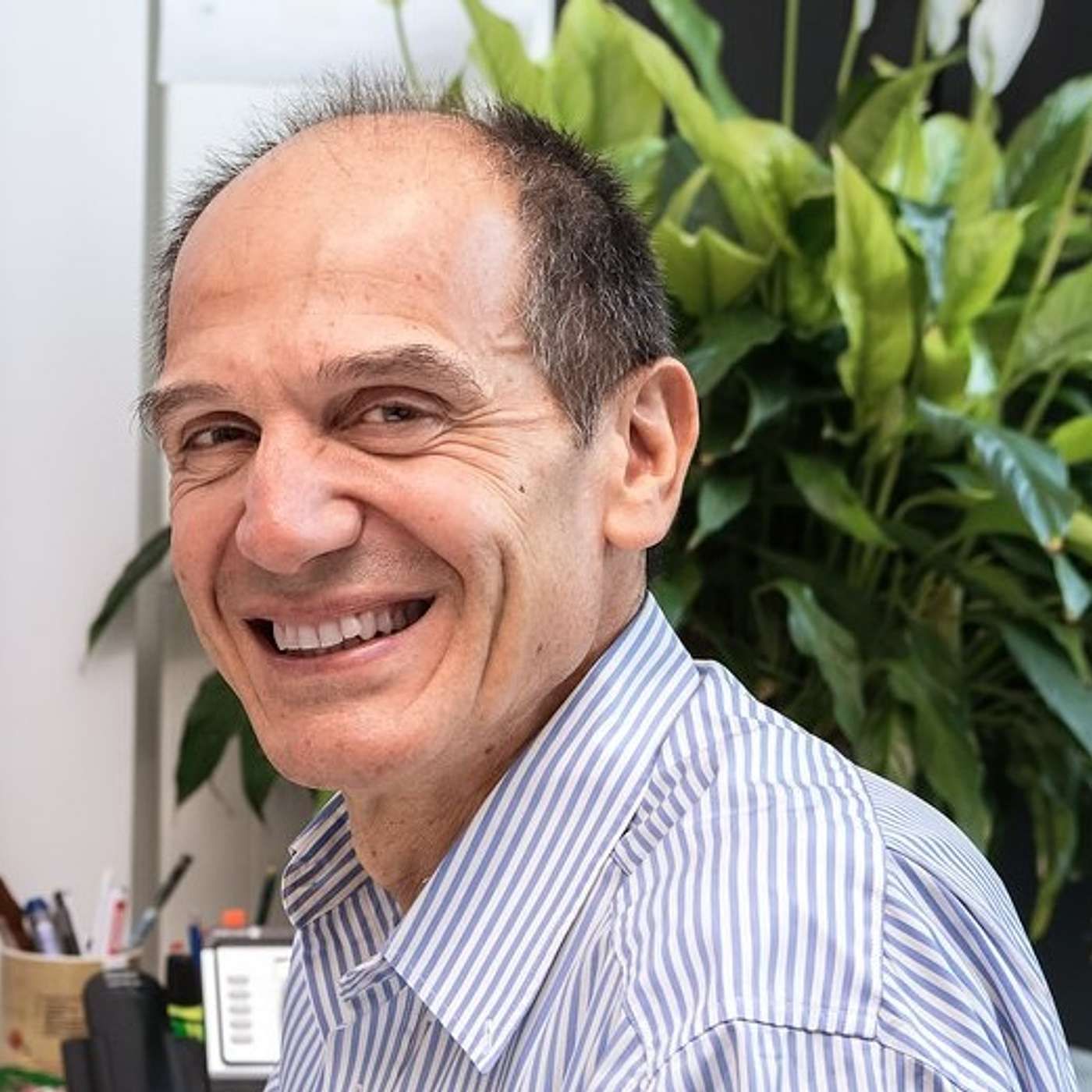
Paul Niel - Ditching Big Finance for adventure: Exploring Earth and Beyond
SpaceWatch.Global is pleased to present: The Space Café Podcast #100: Ditching Big Finance for adventure: Exploring Earth and Beyond with Paul Niel Episode 100 features special guests: Paul NielJoin Markus for a compelling episode of the Space Café Podcast, where he embarks on a journey through the remarkable adventures of Paul Niel. Niel, an explorer and adventurer, delves into his experiences from unearthing ancient relics to embarking on space analog missions. This episode is a testament to the human spirit of exploration, whether scaling the highest peaks or simulating life on Mars. 3 Memorable Quotes by Paul Niel: 1. "Exploration is not just about reaching new places; it's about expanding our understanding and pushing the limits of human potential." 2. "The beauty of our planet and the mystery of space are two sides of the same coin, each inspiring us to explore and discover." 3. "From the depths of oceanic caves to the possibility of life on Mars, every adventure enriches our perspective and knowledge of the world and beyond." List of All Links or Names Shared: • Paul Niel Website: https://paulniel.com/ • The Loop - Documentary about an Adventure at the Doorstep: https://www.youtube.com/watch?v=18w_JkXtR2A • Project Avenger: https://www.project-avenger.com/ • Azores CAMoes Analog Mission: https://www.montanheiros.com/camoesproject/ • The Explorers Club: https://www.explorers.org/ Choice of Music for the Spotify Playlist for the Aspiring Astronaut: Groove Armada - At the River. A tune that reflects the contemplative and adventurous spirit of exploration. https://www.youtube.com/watch?v=m-uztVX6QFQ Send us a text You can find us on Spotify and Apple Podcast!Please visit us at SpaceWatch.Global, subscribe to our newsletters. Follow us on LinkedIn and Twitter!
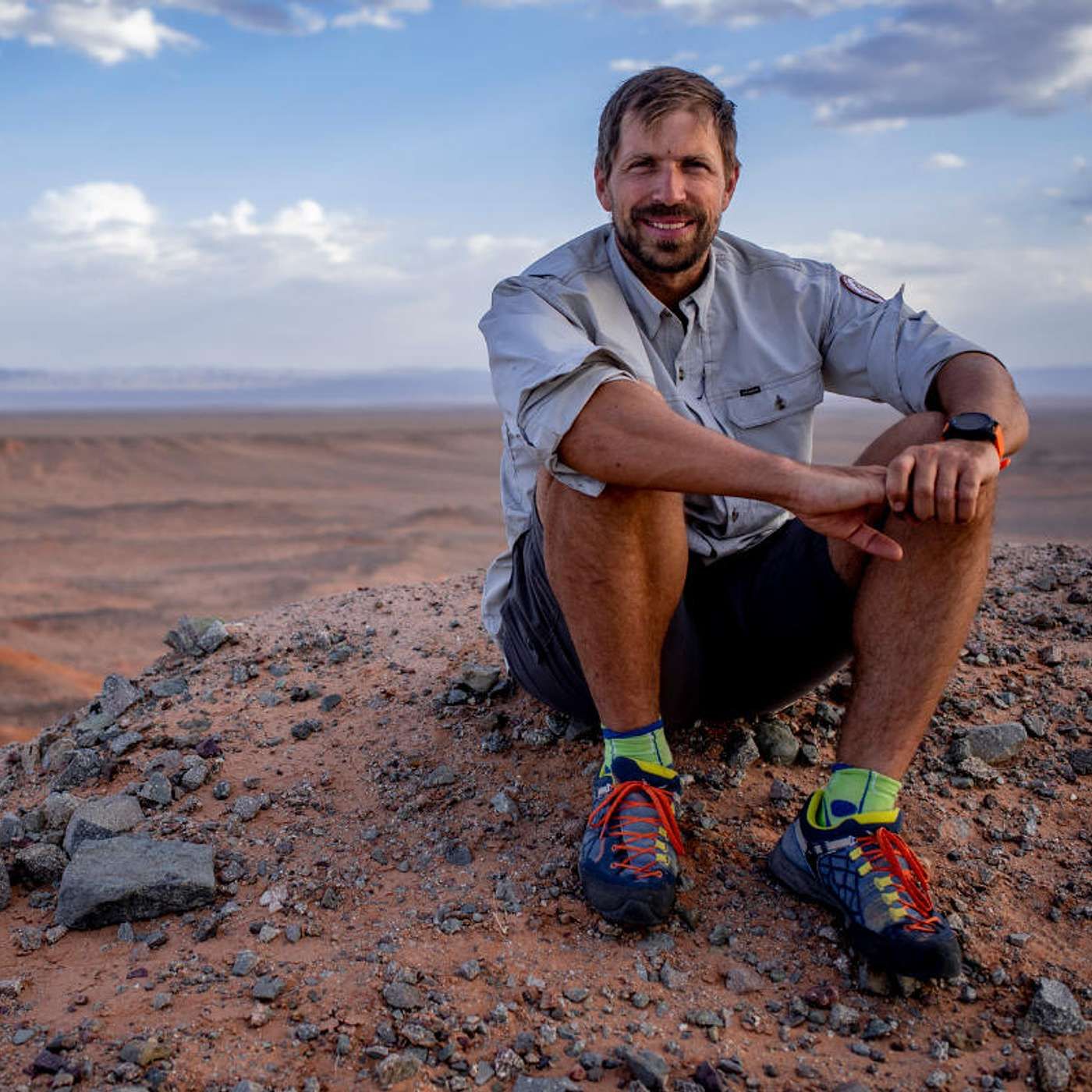
Dr Egbert Edelbroek - Stellar Beginnings: Unveiling the Secrets of procreation in space with SpaceBorn United's CEO
SpaceWatch.Global is pleased to present: The Space Café Podcast #99: Stellar Beginnings: Unveiling the Secrets of procreation in space with SpaceBorn United's Egbert Edelbroek Episode 099 features special guests: Dr Egbert EdelbroekJoin Markus in an out-of-this-world episode of the Space Cafe Podcast, where he orbits around the captivating subject of procreation in space with Dr Egbert Edelbroek, CEO of SpaceBorn United. Edelbroek shares insights from the frontier of space research, discussing the challenges and innovations in achieving human reproduction beyond Earth. This conversation transcends the realms of science fiction, venturing into the research and technological advancements that could one day make space-born humans a reality. 3 Memorable Quotes by Egbert Edelbroek: "The very notion of bringing new life into existence amidst the stars is not just a sci-fi spectacle but a scientific pursuit we're actively unraveling.""Our research is not confined to the vacuum of space; it extends to improving IVF technologies right here on Earth, benefiting humanity as a whole.""The cosmos doesn't just beckon us to explore; it challenges us to expand the human experience to realms once deemed unreachable."List of All Links or Names Shared: SpaceBorn United Official WebsiteInternational Press CoverageChoice of Music for the Spotify Playlist for the Aspiring Space Traveler: Egbert Edelbroek's choice: The mesmerizing film score from Jurassic Park, reflecting the grandeur and pioneering spirit of uncharted territories. Send us a text You can find us on Spotify and Apple Podcast!Please visit us at SpaceWatch.Global, subscribe to our newsletters. Follow us on LinkedIn and Twitter!
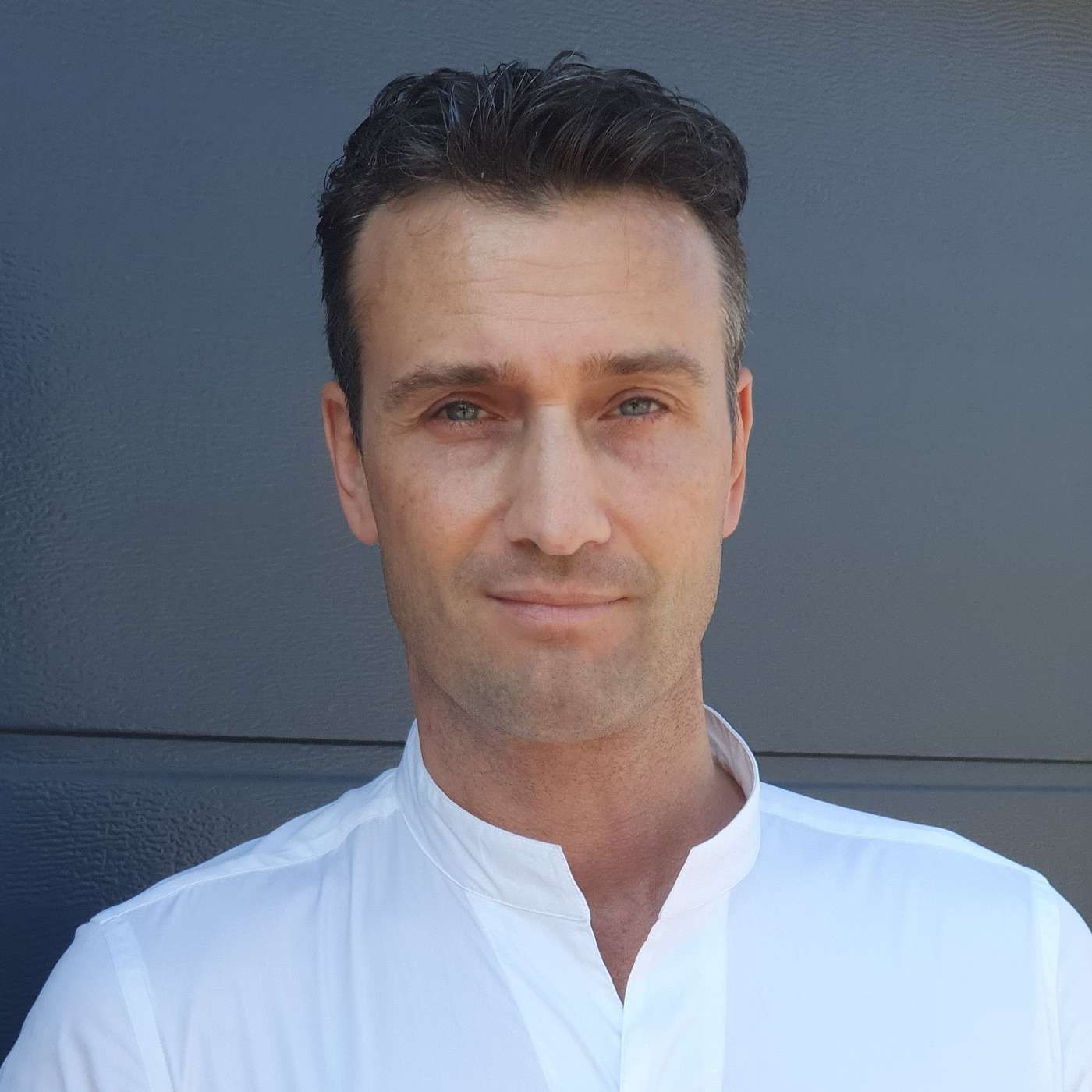
Lisa Kaltenegger - Nearly There: The Quest for Another Earth - A Conversation with Cornell University's Carl Sagan Institute Director
SpaceWatch.Global is pleased to present: The Space Café Podcast #98: Nearly There: The Quest for Another Earth — A Conversation with Director Lisa Kaltenegger (Cornell University's Carl Sagan Institute) Episode 098 features special guests: Lisa KalteneggerIn this enlightening episode of the Space Cafe Podcast, Markus engages in a fascinating conversation with Lisa Kaltenegger, Director of the Carl Sagan Institute at Cornell University. As a renowned astronomer and leading expert in the field of exoplanet research, Kaltenegger offers a compelling perspective on the search for planets beyond our solar system, particularly those that might harbor life. She delves into the cutting-edge technologies and methodologies that are propelling this quest forward, sharing her enthusiasm for uncovering the mysteries of the universe. 3 Memorable Quotes by Lisa Kaltenegger: "Every star you see in the night sky could be a sun to someone else. With thousands of exoplanets discovered, the possibility of finding another Earth is not just a dream, but a reachable goal.""Our work at the Carl Sagan Institute is not just about finding planets; it's about understanding their environments, atmospheres, and potential for sustaining life as we know it.""The universe is vast and filled with wonders. The discovery of exoplanets similar to Earth is not only a triumph of human curiosity but also a humbling reminder of our place in the cosmos." List of All Links or Names Shared: Lisa KalteneggerCornell University's Carl Sagan InstituteThe Kepler Space TelescopeThe Hubble Space TelescopeTESS (Transiting Exoplanet Survey Satellite)James Webb Space Telescope (Webb Telescope Official Website)Choice of Music for the Spotify Playlist for the Aspiring Space Traveler: Lisa Kaltenegger's choice: "The Köln Concert" by Keith Jarrett, reflecting her love for classical and improvisational music. Keith Jarrett's Köln Concert on Spotify†. Send us a text You can find us on Spotify and Apple Podcast!Please visit us at SpaceWatch.Global, subscribe to our newsletters. Follow us on LinkedIn and Twitter!
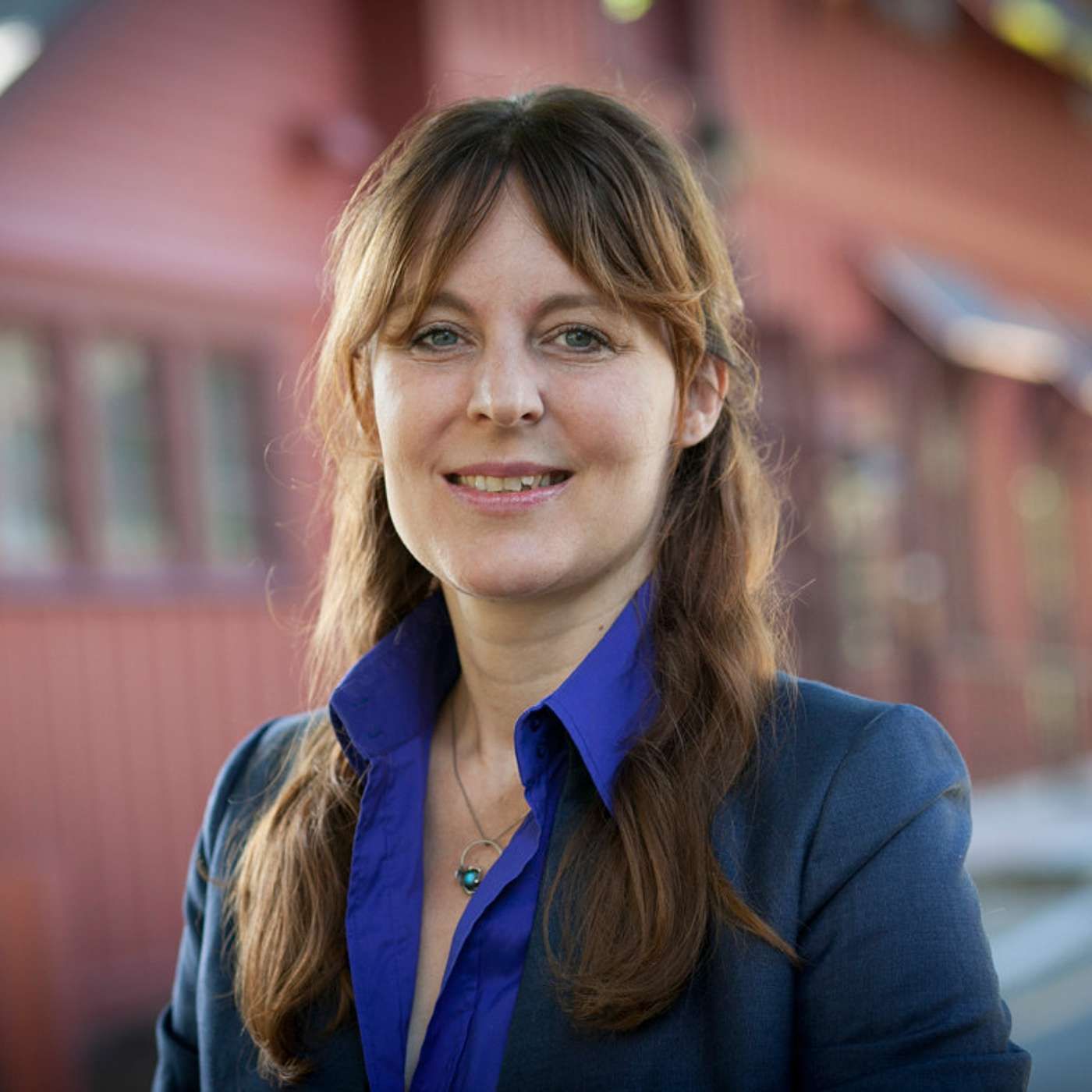
Giuseppe Racca and the Quest for the Dark Universe with ESA’s Euclid - Building the perfect telescope
SpaceWatch.Global is pleased to present: The Space Café Podcast #97: Building the perfect telescope: Giuseppe Racca and the Quest for the Dark Universe with ESA’s Euclid Episode 097 features special guests: Giuseppe Racca In this engaging episode of the Space Cafe Podcast, Markus converses with Giuseppe Racca, the key figure behind the European Space Agency's (ESA) Euclid mission. As a seasoned expert with extensive experience at ESTEC, Racca provides deep insights into the mission's goal to unravel the enigmatic forces of dark matter and dark energy. He discusses the challenges and triumphs of leading a major space exploration project and shares his passion for astrophysics and the pursuit of cosmic knowledge. 3 Memorable Quotes by Giuseppe Racca: "What is interesting in Euclid is that we have never been really sure that we could do it. Let's say because it's really at the very extreme of technology, whether you can achieve that. It's basically a perfect telescope [...] but this one has to be perfect because if it is not perfect, you cannot really achieve this performance"."Exploring the universe's dark side with Euclid opens a window to understanding its accelerating expansion and the role of dark matter and energy.""Being at the forefront of a mission like Euclid is a journey of discovery, not just for science but for our understanding of existence itself." List of All Links or Names Shared: Giuseppe RaccaESA's Euclid Mission (Euclid Mission Official Website)European Space Agency (ESA Official Website)L2 pointJames Webb Space Telescope (Webb Telescope Official Website)SpaceX Falcon 9 (SpaceX Official Website) Choice of Music for the Spotify Playlist for the Aspiring Space Traveler: Giuseppe Racca's choice: "White Rabbit" by Jefferson Airplane, reflecting his admiration for 70s prog rock and its metaphorical connection to the journey into the unknown cosmos.🚀 Share your thoughts on this episode with your network on Twitter and Facebook. Send us a text You can find us on Spotify and Apple Podcast!Please visit us at SpaceWatch.Global, subscribe to our newsletters. Follow us on LinkedIn and Twitter!
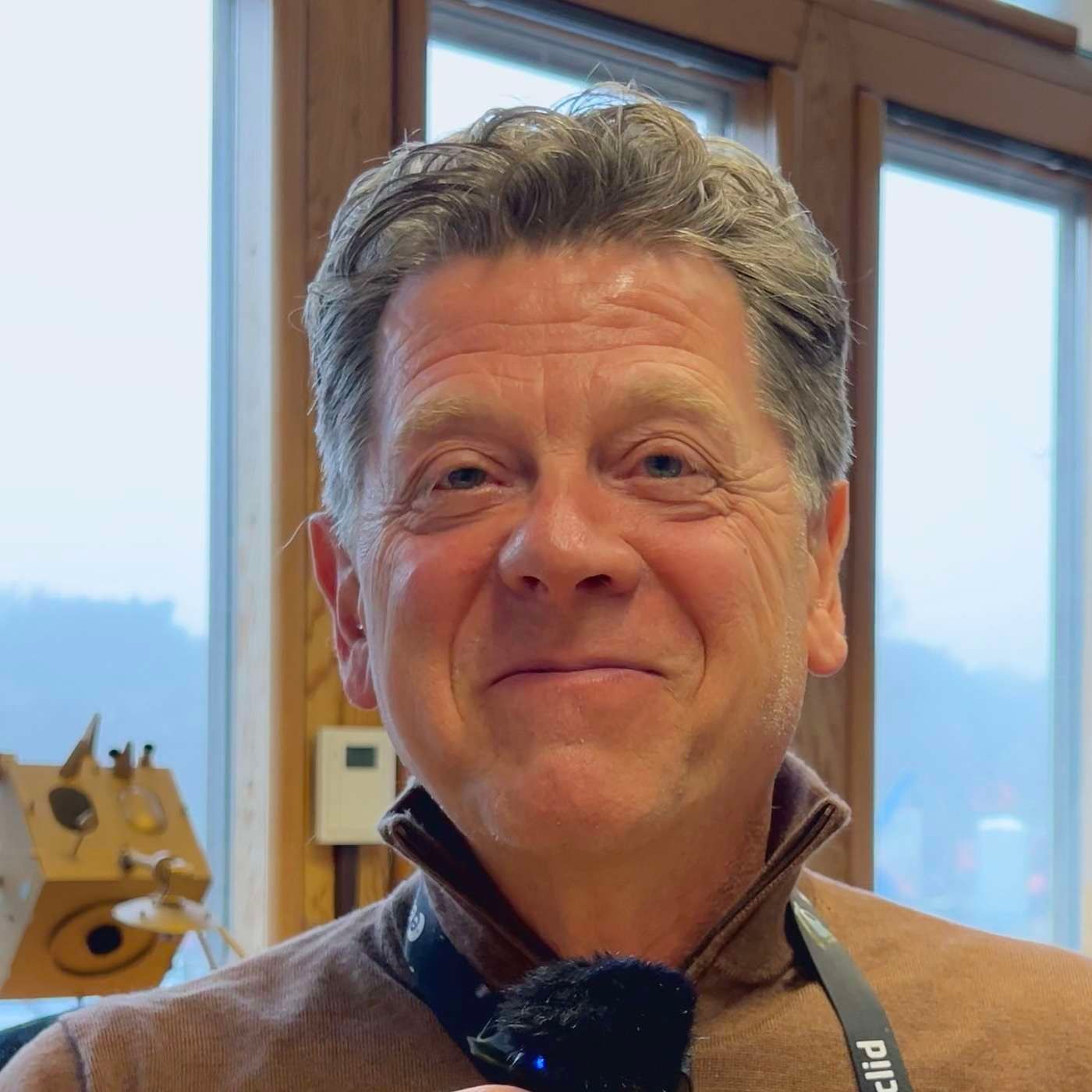
Aarti Holla-Maini at the Helm of UNOOSA - Navigating Space and Diplomacy
SpaceWatch.Global is pleased to present: The Space Café Podcast #96: Navigating Space and Diplomacy: Aarti Holla-Maini at the Helm of UNOOSA Episode 096 features special guests: Aarti Holla-MainiDive into this insightful episode of Space Cafe as Markus Mooslechner engages with Aarti Holla-Maini, the dynamic new director of the United Nations Office for Outer Space Affairs (UNOOSA). With a rich background in the satellite communications industry and a passion for space sustainability, Holla-Maini offers a fresh perspective on global space policy and its impact on society. From her personal journey to her bold vision for the future of space exploration, this episode is a must-listen for anyone interested in the evolving landscape of space diplomacy and technology. 3 Memorable Quotes by Aarti Holla-Maini: "We're all one. It's important to connect with people as individuals and rally around what unites us, not what divides us.""My vision is a world where policymakers leverage all space applications, services, technologies, and data to the max for global challenges and policy objectives.""We need to invest in what is sustainable and right, focusing on space technologies that bring improvement to society as a whole." List of All Links or Names Shared: Aarti Holla-MainiUnited Nations Office for Outer Space Affairs (UNOOSA)World Radio Conference (WRC)International Telecommunications Union Choice of Music for the Spotify Playlist for the Aspiring Space Traveler: Aarti Holla-Maini's choice: "The Blue Danube" by Johann Strauss II, reflecting her appreciation for classical music and its timeless connection to space and humanity.🚀 Share your thoughts on this episode with your network on Twitter and Facebook. Send us a text You can find us on Spotify and Apple Podcast!Please visit us at SpaceWatch.Global, subscribe to our newsletters. Follow us on LinkedIn and Twitter!
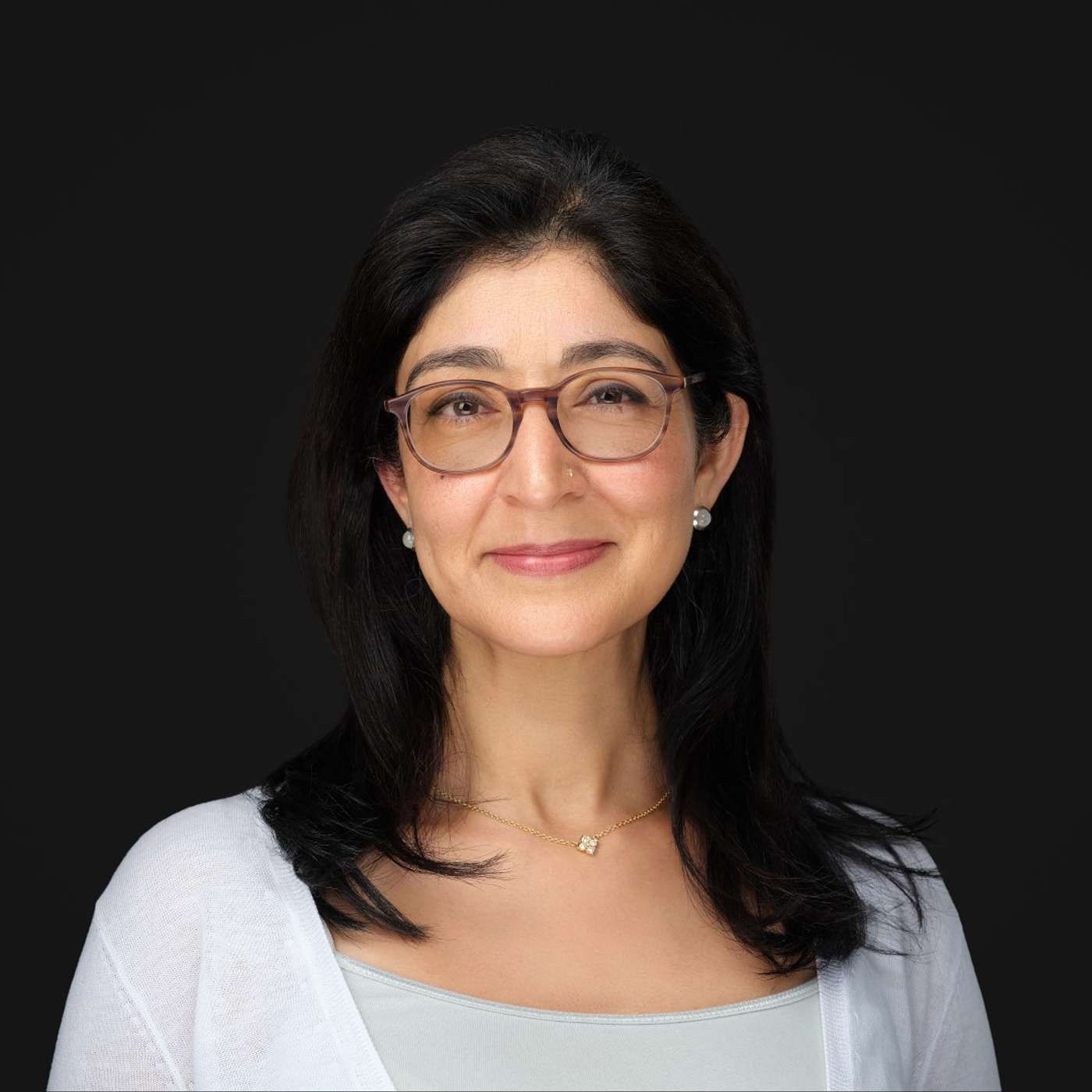
Dr Naomi Murdoch - Sounds of Mars: Planetary Scientist Unveils Martian Mysteries
SpaceWatch.Global is pleased to present: The Space Café Podcast #95: Sounds of Mars: Planetary Scientist Naomi Murdoch Unveils Martian Mysteries Episode 095 features special guests: Dr Naomi Murdoch Join us in this episode of Space Café Podcast as Markus Mooslechner talks with University Toulouse astrophysicist Dr Naomi Murdoch about the fascinating sonic environment of Mars. As a planetary scientist and space engineer, Murdoch provides an in-depth look at the sounds recorded by the Perseverance rover and what they tell us about the Red Planet. From the first audio recordings on Mars to the insights gained about Martian wind and dust devils, Murdoch's discussion offers a profound understanding of Mars' unique acoustic landscape. 3 Memorable Quotes by Naomi Murdoch: "Capturing the sounds of Mars is like opening a new window onto the Red Planet, one that lets us hear the Martian atmosphere in a way we've never experienced before.""The Martian environment presents a symphony of sounds that are not just noise but valuable data that teaches us about the planet's atmosphere and surface.""Listening to the dust devils on Mars with our microphone was a stroke of luck, offering us a real-time auditory experience of these intriguing atmospheric phenomena." List of All Links or Names Shared: Naomi Murdoch: Naomi Murdoch is a researcher at ISAE-SUPAERO and part of the Space Systems for Planetary Applications (SSPA) team. A professional page detailing her research can be found on the ISAE-SUPAERO website.Perseverance Rover: The official NASA page for the Mars 2020 Perseverance Rover, which details its mission to seek signs of ancient life and collect samples on Mars, can be found on the NASA Mars Exploration website.ESA’s Hera Mission: The official page for the European Space Agency's Hera mission, which examines the first test of asteroid deflection, is available on the ESA website.Sound recordings from Mars: Information about the sounds captured by NASA’s Perseverance Rover, including an interactive experience on how sounds from Earth would change on Mars, can be explored on the NASA Mars Audio Recordings page. Soul Meets Body by Death Cab for Cutie 🎶 Inspiring space traveler's playlist on Spotify. : Space Cafe Podcast Guest TunesSend us a text You can find us on Spotify and Apple Podcast!Please visit us at SpaceWatch.Global, subscribe to our newsletters. Follow us on LinkedIn and Twitter!
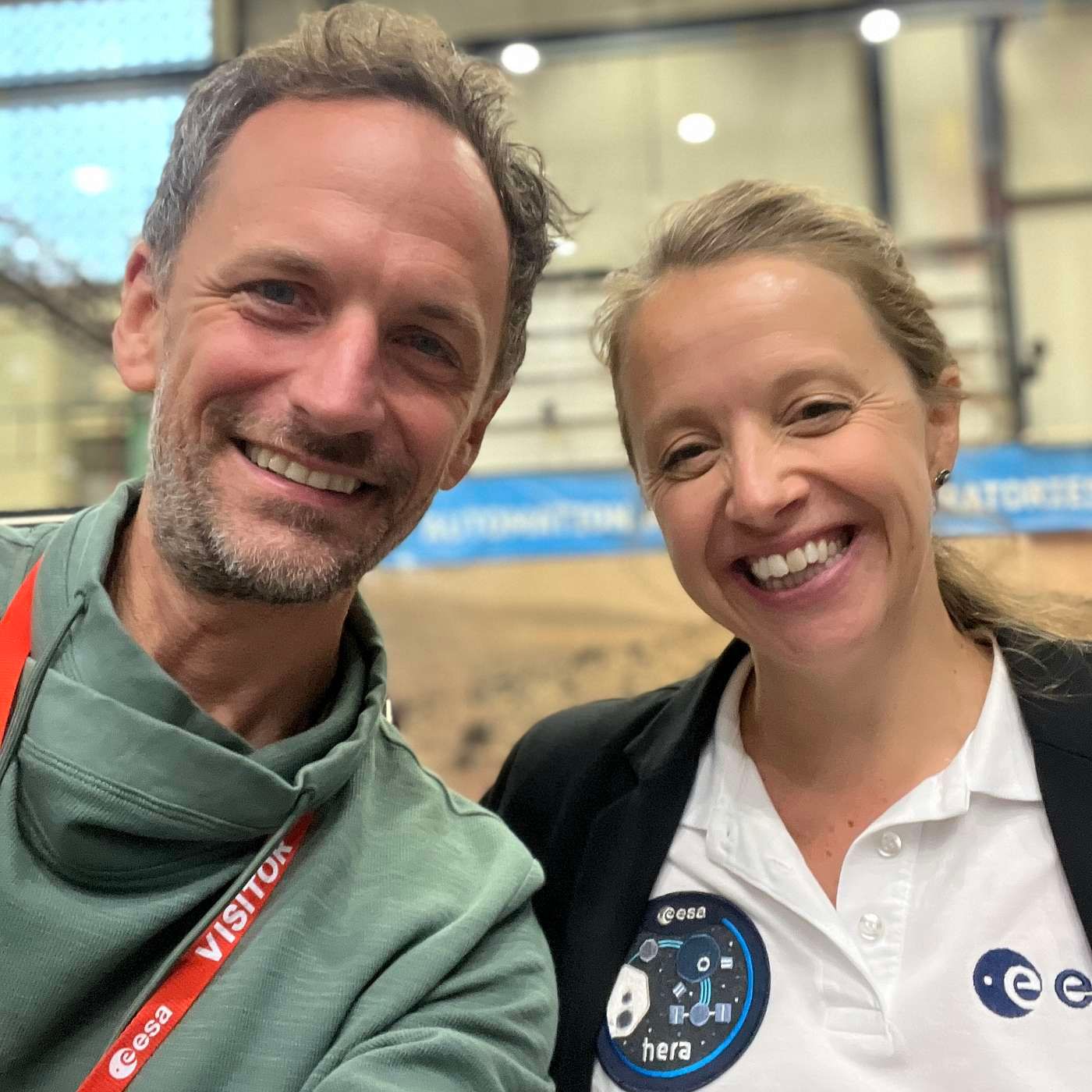
Andy Rivkin, Lead Investigator - Diving into NASA’s DART Mission on the Frontlines of Planetary Defense
SpaceWatch.Global is pleased to present: The Space Café Podcast #94: Diving into NASA’s DART Mission: Lead Investigator Andy Rivkin on the Frontlines of Planetary Defense Episode 094 features special guests: Andy Rivkin Join us in this episode of Space Cafe Podcast as Markus Mooslechner talks with Andy Rivkin about the thrilling DART mission. As its Lead Investigator, Rivkin offers a rare glimpse into the world of planetary defense, sharing the intricate dance between meticulously executed plans and the unpredictable nature of space exploration. From the collision course with Dimorphos to the anticipation of Hera's future findings, Rivkin’s narrative is a testament to human ingenuity and our relentless pursuit of cosmic knowledge. 3 Memorable Quotes by Andy Rivkin: "The DART mission stands as a testament to our proactive stance on planetary defense, showcasing our readiness to safeguard our planet.""Every mission has its heartbeat, its rhythm. With DART, it was about embracing the mission's end as much as its beginning, knowing the impact we hoped to achieve.""In the cosmos, we find a reflection of life's unpredictability, where even the most calculated orbits can reveal new paths, new possibilities."List of All Links or Names Shared: • DART – Double Asteroid Redirection Test: official NASA page: https://shorturl.at/fqvMO • ESA’s Hera Mission: official ESA page: https://shorturl.at/oGQT5 • Planetary Defense Coordination Office: official page: https://shorturl.at/chQYZ • CubeSats Milani and Juventus: mission details: https://shorturl.at/oFH19 Choice of Music for the Spotify Playlist for the Aspiring Space Traveler: "I Want You (She's So Heavy)" by The Beatles, https://www.youtube.com/watch?v=tAe2Q_LhY8g&ab_channel=TheBeatles-Topic a song that echoes the gravitational pull of celestial bodies and the weight of human desire to explore beyond our earthly confines. 🎶 Inspiring space traveler's playlist on Spotify. : Space Cafe Podcast Guest TunesRate us and leave a review on Apple Podcasts. • 🌟 Inspired by the episode? 🚀 Share this cosmic journey with your network on Twitter and Facebook. • 🎧 Don’t miss out on future episodes—subscribe to our podcast on Spotify, Google Podcasts, and other platforms! Send us a text You can find us on Spotify and Apple Podcast!Please visit us at SpaceWatch.Global, subscribe to our newsletters. Follow us on LinkedIn and Twitter!
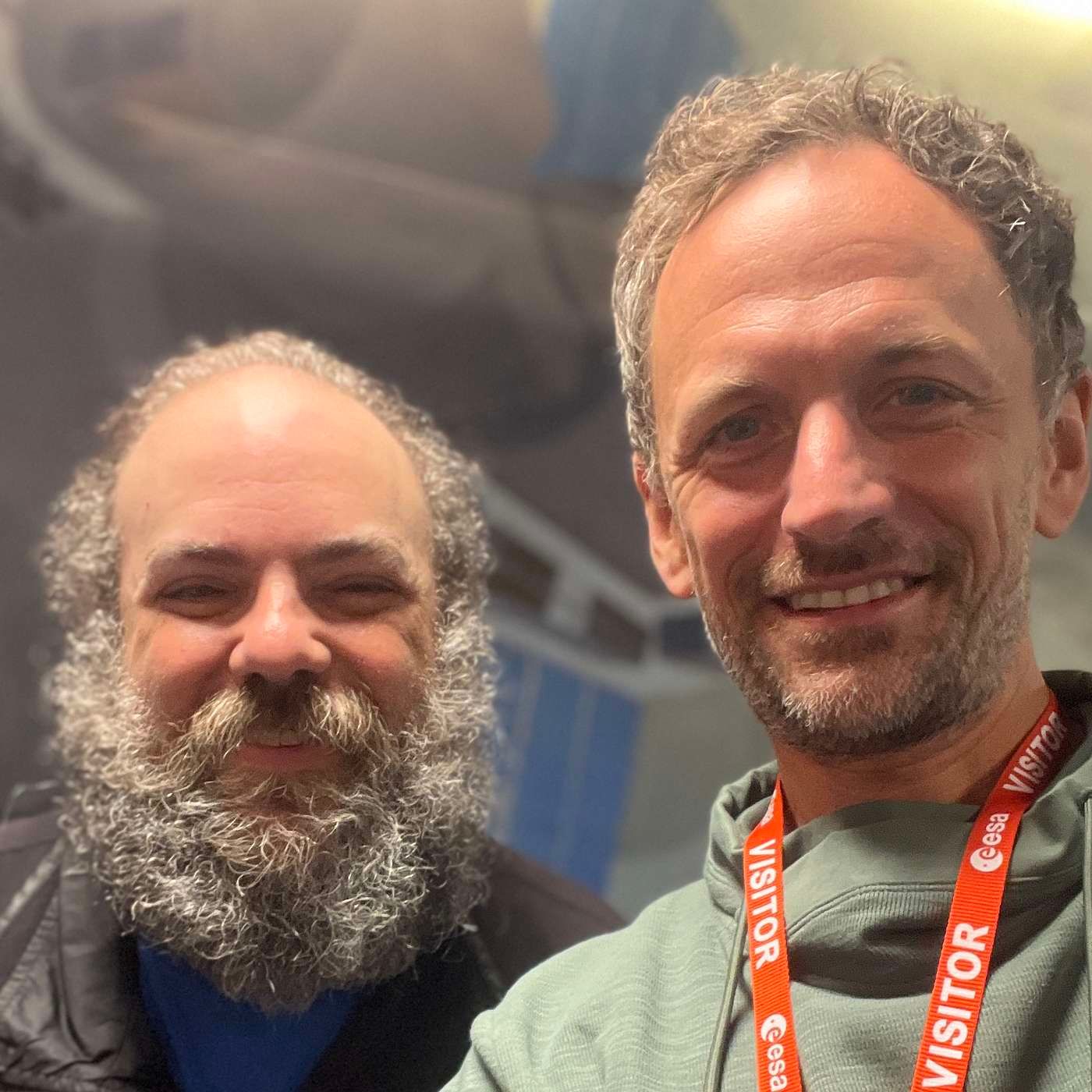
Margherita Cardi - From CubeSats to Life's Curveballs: The Unscripted Lessons of ESA’s HERA Mission 🚀
SpaceWatch.Global is pleased to present: The Space Café Podcast #93: From CubeSats to Life's Curveballs: Tyvak’s Margherita Cardi Unpacks the Unscripted Lessons of ESA’s HERA Mission. Episode 093 features special guests: Margherita Cardi Join us in this inspiring episode of Space Cafe as Markus Mooslechner chats with Margherita Cardi, whose role in the HERA mission to build the Milani CubeSat as the Vice President of Programs at Turin-based Tyvak underscores the essence of adaptability in both space missions and daily life. They discuss the value of flexibility amidst meticulous planning, the beauty of life's unpredictability, and the power of music in capturing life's dynamic nature. Cardi's insights shine a light on the balance between structure and spontaneity, offering a unique perspective enriched by her experience with ESA's ambitious asteroid deflection project.3 Memorable Quotes by Margaritha Cardi: "Once you get this lesson and once you get this instrument, it's something that now is yours. Nobody will ever throw it away from you. It's like your signature.""I have to plan. But even when I plan, I have to give the chance to life and the surroundings and other people to play their role. And I have to play with that.""Life is easier in this way, if you accept that. Before I was mentally exhausted about thinking about all the variables. Now, with the wisdom gained from HERA, I see the beauty in the unforeseen."List of All Links or Names Shared: · ESA's HERA Mission: official ESA page2. · NASA's Andy Rivkin: Johns Hopkins University Hub3. · DART – Double Asteroid Redirection Test: official NASA page4. · American Band Korn (Specific song referenced: "It's On"): YouTube5. Choice of Music for the Spotify Playlist for the Aspiring Space Traveler: "Rocket Man" by Elton John – Spotify Link 🎶 Inspiring space traveler's playlist on Spotify. : Space Cafe Podcast Guest Tunes· 🎧 Subscribe to our podcast on Spotify, Send us a text You can find us on Spotify and Apple Podcast!Please visit us at SpaceWatch.Global, subscribe to our newsletters. Follow us on LinkedIn and Twitter!
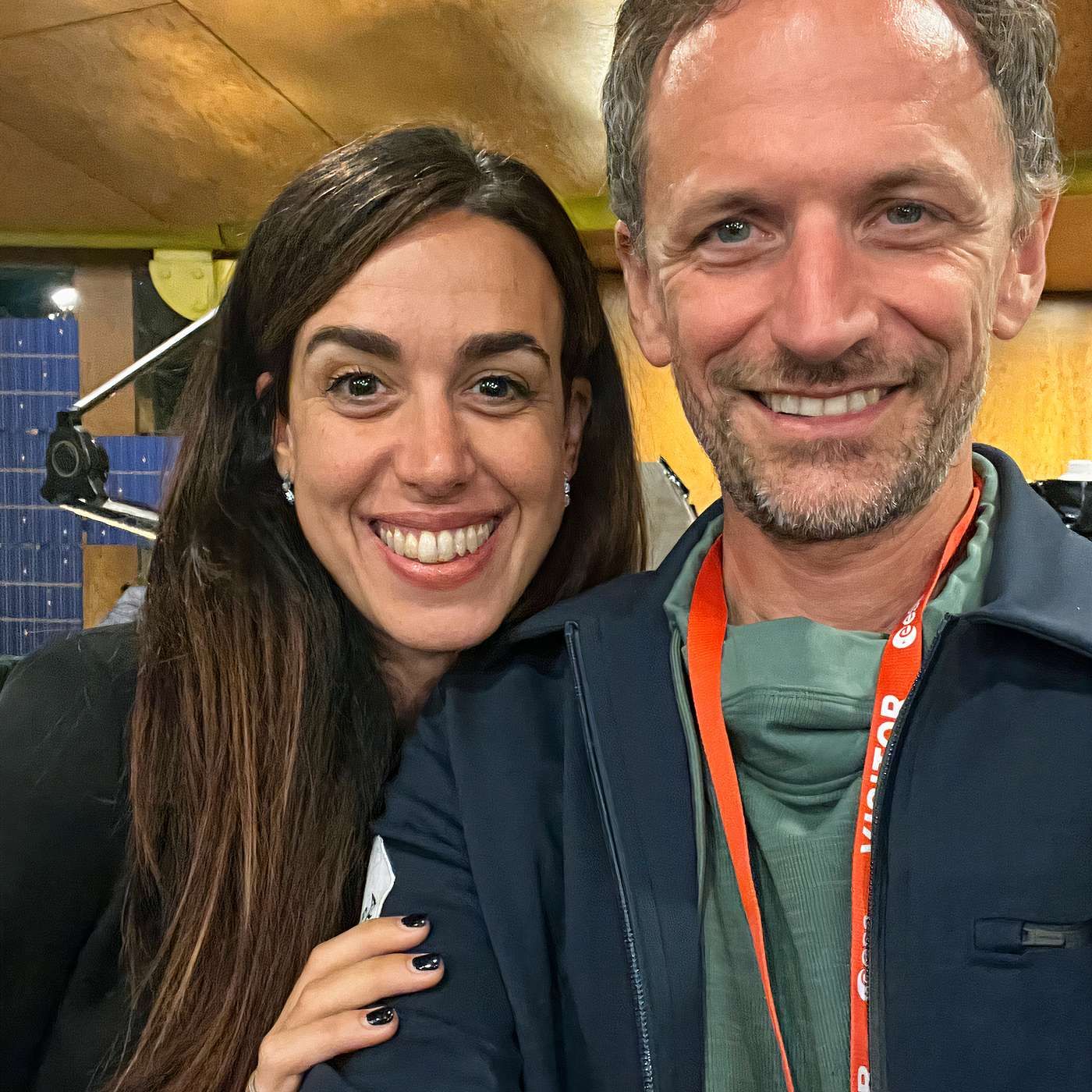
Dr Patrick Michel - Planetary Defense - How to save earth from asteroid disaster and the winding road to success with HERA mission principal investigator
SpaceWatch.Global is pleased to present: The Space Café Podcast #92: Planetary Defense: How to save earth from asteroid disaster and the winding road to success with HERA mission principal investigator Patrick Michel. Episode 092 features special guests: Dr Patrick MichelIn this riveting episode, Dr. Patrick Michel, dives deep into the intricacies of planetary defense, asteroid research missions, the essence of teamwork, and the life lessons he’s garnered over the years. ➡️ The undeniable importance of collaboration in overcoming space-related adversities. ➡️ Lessons from the HERA mission: Turning setbacks into steppingstones. ➡️ Patrick’s insights on success, the winding path of scientific research, and the unpredictability of major breakthroughs. Dr. Patrick Michel stands out as not just a space aficionado but also an accomplished researcher and writer. His vast experiences span from groundbreaking space missions to modeling the solar system, and from crafting influential publications to sharing inspirational stories that reshape our understanding of space and life. Listeners will derive invaluable insights on determination in the face of challenges, the pivotal role of teamwork in addressing multifaceted problems, and the undying human spirit that remains luminous amidst the expansive cosmos. Memorable Quotes: "In space, as in life, it's not just about reaching your destination. It's about the journey, the people you share it with, and the lessons you learn along the way." - Dr. Patrick Michel “The more assumptions you need, the more risk you take” - Dr. Patrick Michel “My message is to tell the young generation, it's okay to fail. What's not okay is to think that because you fail, you are not able of anything. When you fail, you learn from your failure, you are better, you improve.” - Dr. Patrick Michel Resources discussed in the episode: · 📘 Patrick's latest book: "À la rencontre des astéroïdes, mission spatiale". [Link] · 🎶 Inspiring space traveler's playlist on Spotify. : Space Cafe Podcast Guest Tunes · 🎶Patrick’s pick for the Playlist: Tunnel of Love, Dire Straits · 🎸 Brian May, the Queen's guitarist, stereo space imagery. Embark on this stellar voyage with us and quench your curiosity about the universe and beyond! 🌌🌠 · 🌟 Loved the episode? Rate and review us on Apple Podcasts. · 🚀 Found this insightful? Share it with your network on Twitter and Send us a text You can find us on Spotify and Apple Podcast!Please visit us at SpaceWatch.Global, subscribe to our newsletters. Follow us on LinkedIn and Twitter!
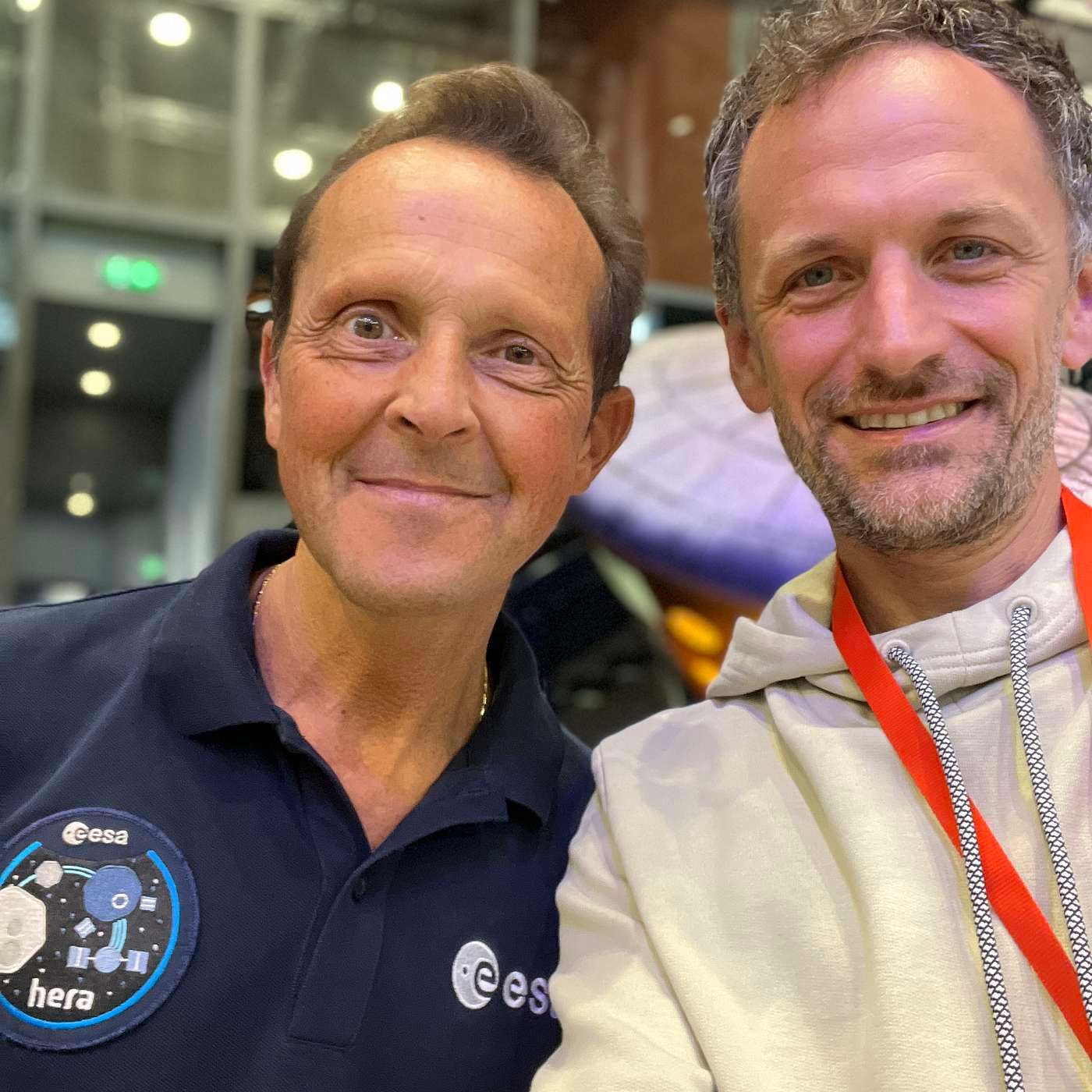
Dr Laurie Rousseau-Nepton - Bridging Science and Indigenous Knowledge, Department of Astronomy and Astrophysics University of Toronto 🚀
SpaceWatch.Global is pleased to present: The Space Café Podcast #91: Bridging Science and Indigenous Knowledge with Dr Laurie Rousseau-Nepton, Department of Astronomy and Astrophysics University of Toronto Episode 091 features special guests: Dr Laurie Rousseau-NeptonIn this episode, host Markus unravels an enriching conversation with Laurie Rousseau-Nepton a scientist and indigenous advocate, whose life's work interweaves her science, cultural roots and a strong passion for astronomy. The dialogue unfolds Laurie's unique perspective on education, tradition, and our relationship with the cosmos. Key Topics Covered: 🌌 Space Science and Indigenous Knowledge: Delving into Laurie's journey of integrating her indigenous heritage with modern science and education. 🏹 Tradition an Laurie Russo Neptune, d Oral History: The process of passing on ancestral traditions and stories to the younger generation, with a focus on Laurie's own experiences. 🌍 Earthly Connections: Exploring the profound connections between earthly traditions, such as hunting, and the broader understanding of our existence. 🔭 Scientific Explorations: Discussing the realms of star formation and the mysteries surrounding the sizes of stars in our universe. 🚀 Space Exploration Realities: A candid discussion on the challenges and the romanticized notions of venturing into outer space, and becoming an interplanetary species. 🎵 Musical Interlude: Laurie shares her choice of music for a hypothetical journey to outer space, adding a tune to the podcast's space traveler playlist. 🧠 Espresso for the Mind: Laurie provides a thoughtful piece of advice on working efficiently by breaking tasks into manageable chunks. Memorable Quotes: "The practice of hunting connected me with the culture, it's a lineage from my dad and my grandfather." "Hunting is an experience... It's something deeply emotional... Every time you do it, it's for a purpose." "Space is harsh... We're too comfortable here and this planet is too beautiful." Must-Click Links: Explore more about the celestial mysteries Laurie researches: Laurie background Delve into the Space Cafe Podcast's rich discussions on various space topics: SpaceCafePodcast Archive: https://spacecafepodcast.buzzsprout.com/ Featured Music: 🎶 "Televators" - By Mars Volta Playlist for the Aspiring Space Traveler on Spotify: Space Cafe Podcast Guest TunesEngage with us in this reflective journey as we bridge the ancient with the contemporary, exploring the cosmic and earthly binds that shape our existence and aspirations. Your seat in our Space Cafe is awaiting your presence! Send us a text You can find us on Spotify and Apple Podcast!Please visit us at SpaceWatch.Global, subscribe to our newsletters. Follow us on LinkedIn and Twitter!
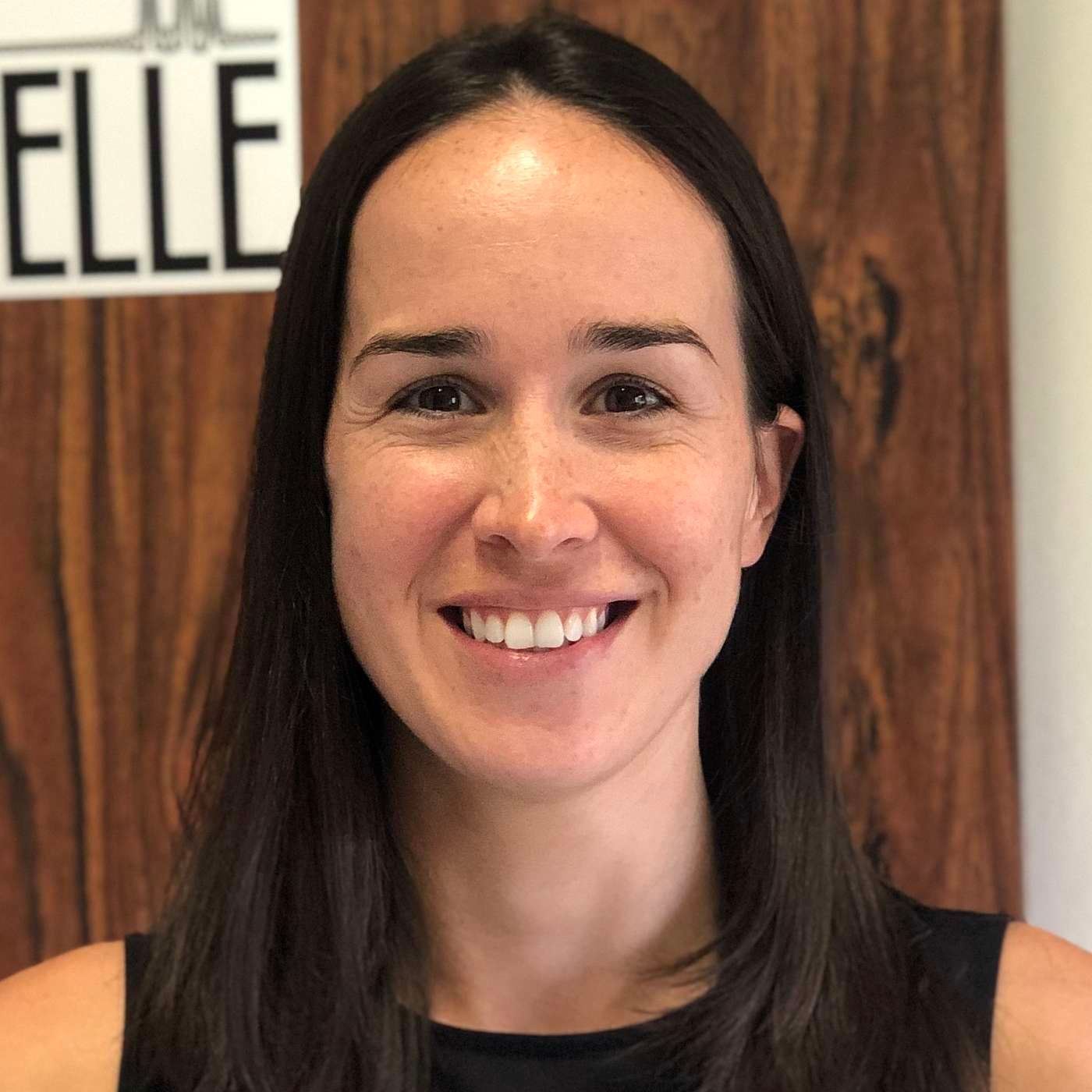
Dr Alice Gorman - Space Archaeology and an attempt to rethink humanity with a multi award winning author and researcher 🚀
SpaceWatch.Global is pleased to present: The Space Café Podcast #90: Space Archaeology and an attempt to rethink humanity with multi award winning author and researcher Dr Alice Gorman Episode 090 features special guests: Dr Alice Gorman In this enlightening episode, host Markus engages in a comprehensive discussion about space archaeology and space debris with Dr. Alice Gorman, an internationally recognized leader in the field of space archaeology. Dr. Gorman's innovative research on space exploration has been featured in National Geographic, New Scientist, and Archaeology magazine. She is a revered faculty member of the International Space University's Southern Hemisphere Space Program in Adelaide and a prolific author, her book "Dr. Space Junk vs The Universe: Archaeology and the Future" garnering several awards and commendations. Alice has a distinguished background, having contributed extensively to Indigenous heritage management and worked with diverse institutions, including mining industries, government departments, and local councils. Her profound insights derive from a rich amalgamation of experiences and a deep understanding of both terrestrial and celestial archaeology, making her a significant voice on space heritage and conservation. The dialogue with Alice sheds light on the implications of human activities in space, unveiling the significance and the aftermath of our celestial endeavors, and offering deep reflections on our responsibilities and the legacy we imprint on the cosmos. Key Topics Covered: 🌌 Space Archaeology: Examining the significance of human artifacts in space and their implications on our understanding of history and culture. 🛰️ Space Debris Insights: Exploring the environmental and ethical dimensions of space waste and its enduring impact on space exploration and celestial ecology. 🌍 Earthly Connections: Understanding how our ventures into the cosmos resonate with our earthly existence and shape our perspectives on sustainability and heritage preservation. 🔭 Exploration Ethics: Discussing the moral obligations and considerations that accompany our pursuit of knowledge and exploration in space. 💬 Global Dialogue: Fostering international cooperation and conversation on responsible space exploration and the conservation of orbital environments. 👥 Human Presence in Space: Reflecting on the remnants of humanity in the cosmos and their symbolic representation of our aspirations and legacy. Must-Click Links: Alice Gorman Official SiteSpace Archaeology and Space Debris Exploration – TED TalkSpaceCafePodcast ArchiveFeatured Music: 🎶 Send us a text You can find us on Spotify and Apple Podcast!Please visit us at SpaceWatch.Global, subscribe to our newsletters. Follow us on LinkedIn and Twitter!
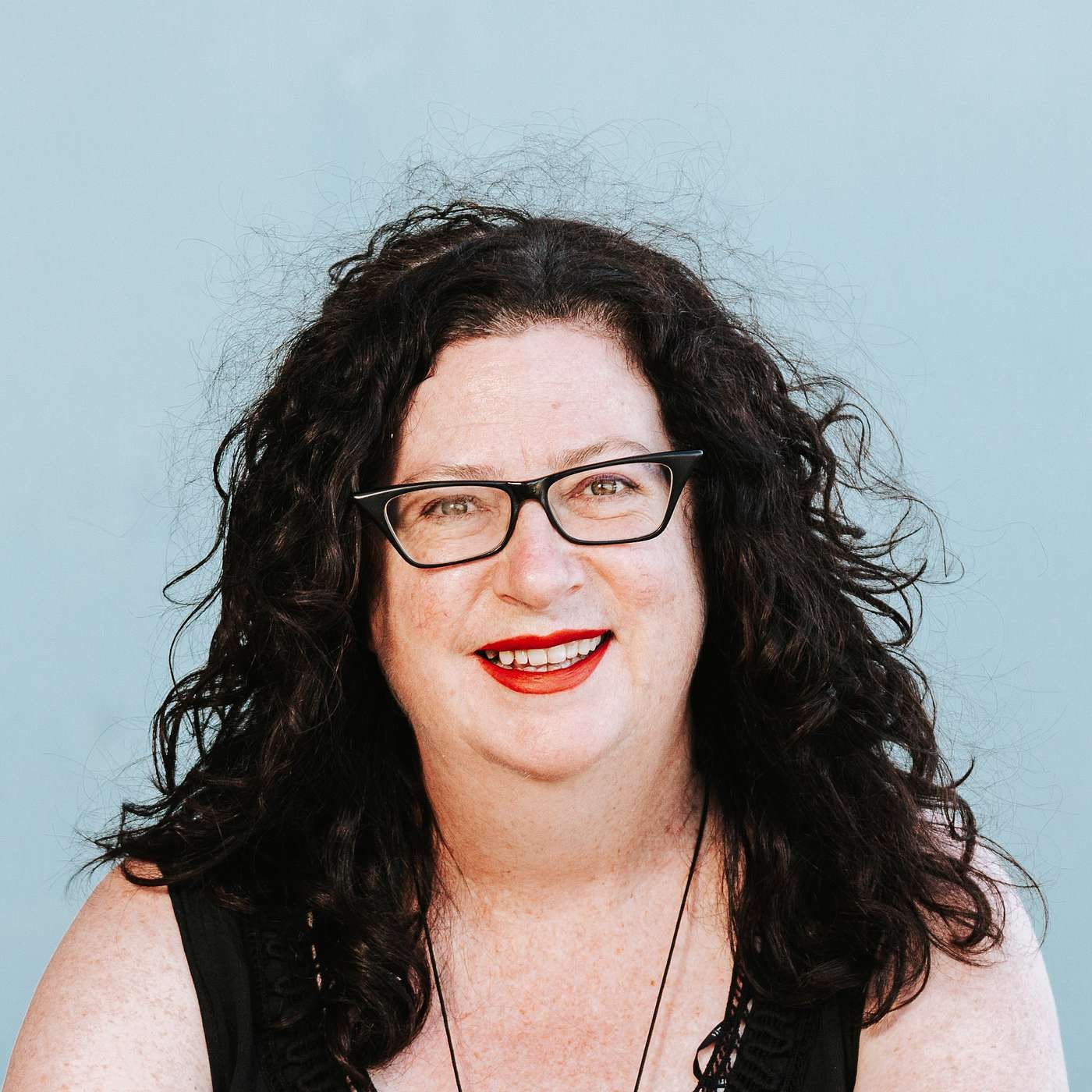
Alexander Layendecker and Egbert Edelbroek - Sex in Space - The Untapped Conversation 🚀
SpaceWatch.Global is pleased to present: The Space Café Podcast #89: Alexander Layendecker and Egbert Edelbroek - Sex in Space - The Untapped Conversation Episode 089 features special guests: Alexander Layendecker and Dr Egbert Edelbroek In this episode, Markus invites Alexander Layendecker, an expert in sexuality in space, and Egbert Edelbroek of Spaceborn United. Together, they navigate the sensitive and rarely discussed topics of sexuality and ethics in space, shedding light on what it means to be human in the cosmos.Key Topics Covered: 🔹 Human Sexuality in Space: A nuanced understanding of how sexuality transcends Earthly limitations.🔹 Ethical Aspects: The rules that may guide us in space.🔹 ASRI's Role: How the Advanced Space Research Institute is contributing to the conversation. 👨🚀🔹 The Emotional Dimension: The complexities of human relationships in long-duration space missions.🔹 Our Cosmic Destiny: The responsibilities we bear for the next generation of space-born humans.Memorable Quotes: "The essence of humanity, including our sexuality, will accompany us wherever in the universe we go.""It's on us now. We owe it to the next generations to ensure their safety and happiness in space."Must-Click Links: 🔹 Go Deeper into Space Ethics with ASRI: ASRI Official Site🔹 Spaceborn United: Spaceborn🔹 Space Cafe Podcast's Full Collection: SpaceCafePodcast ArchiveFeatured Music: 🔹 Stars, by HumPlaylist for the Aspiring Space Traveler on Spotify:Space Cafe Podcast Guest TunesThe Space Cafe Podcast brings our signature brand of engaging and relevant content from across the global space economy to you via an exciting new format. Together with award-winning Executive Producer Markus Mooslechner (Terra Mater Factual Studios), our fortnightly podcast features guests that matter. Each episode includes a review of essential topics, as well as guest appearances and profound commentary from expert guests from across the space sector. Send us a text You can find us on Spotify and Apple Podcast!Please visit us at SpaceWatch.Global, subscribe to our newsletters. Follow us on LinkedIn and Twitter!

Alex Fielding, Privateer Space - An intimate vision of life and space beyond the billionaires 🚀
SpaceWatch.Global is pleased to present: The Space Café Podcast #88: Alex Fielding, Privateer Space - An intimate vision of life and space beyond the billionaires 🚀 Episode 088 features a special guest: Alex FieldingIn this compelling episode, host Markus delves deep with Alex Fielding, the co-founder of Privateer Space and tech industry veteran, exploring not just the future of space technology but its profound implications for social evolution, climate change, and the very fabric of our human experience. Set against the harrowing backdrop of the Hawaii wildfires, this conversation serves as a poignant and urgent reminder of the interconnected challenges we face. Get ready for a multi-faceted discussion that transcends the boundaries of science, touching the heart of ethical and existential dilemmas we can no longer afford to ignore. Key Topics & Timestamps: 🔹 Space Exploration for Society: The mission of Privateer Space in creating a "Google Maps for Space." 🔹 Space Debris: The role of data-driven solutions for responsible space operations. 🔹 Climate Crisis: A view from above and how it can influence global perspectives on climate change. 🔹 Space Playlists: What tunes would Alex take on a long journey to Mars? Alex recommends "The Wind" by Cat Stevens. 🔹 Global Cooperation: Using space technology to build bridges between nations and improve lives. 🔹 An Espresso for the Mind: Why space exploration is about moving society forward, not just billionaires in cowboy hats. 3 Memorable Quotes: ➡️ We live in a global village where most people's hearts are about doing the right thing, not just for themselves, but for each other. ➡️ How will we use space-based data and perspective, that macro perspective, to move our whole society forward? ➡️ If I can have satellite imagery or sensing that will improve our global life for the price of a double espresso, what will we do when that's in the hands of developers in dorm rooms everywhere? Must-Click Links: 🔹 Dive deeper into the mission of Privateer Space: PRIVATEER🔹 Learn more about responsible space operations: UNOOSA🔹 Space Cafe Podcast's full collection: SpaceCafePodcast Archive🔹 Playlist for Space Enthusiasts Send us a text You can find us on Spotify and Apple Podcast!Please visit us at SpaceWatch.Global, subscribe to our newsletters. Follow us on LinkedIn and Twitter!
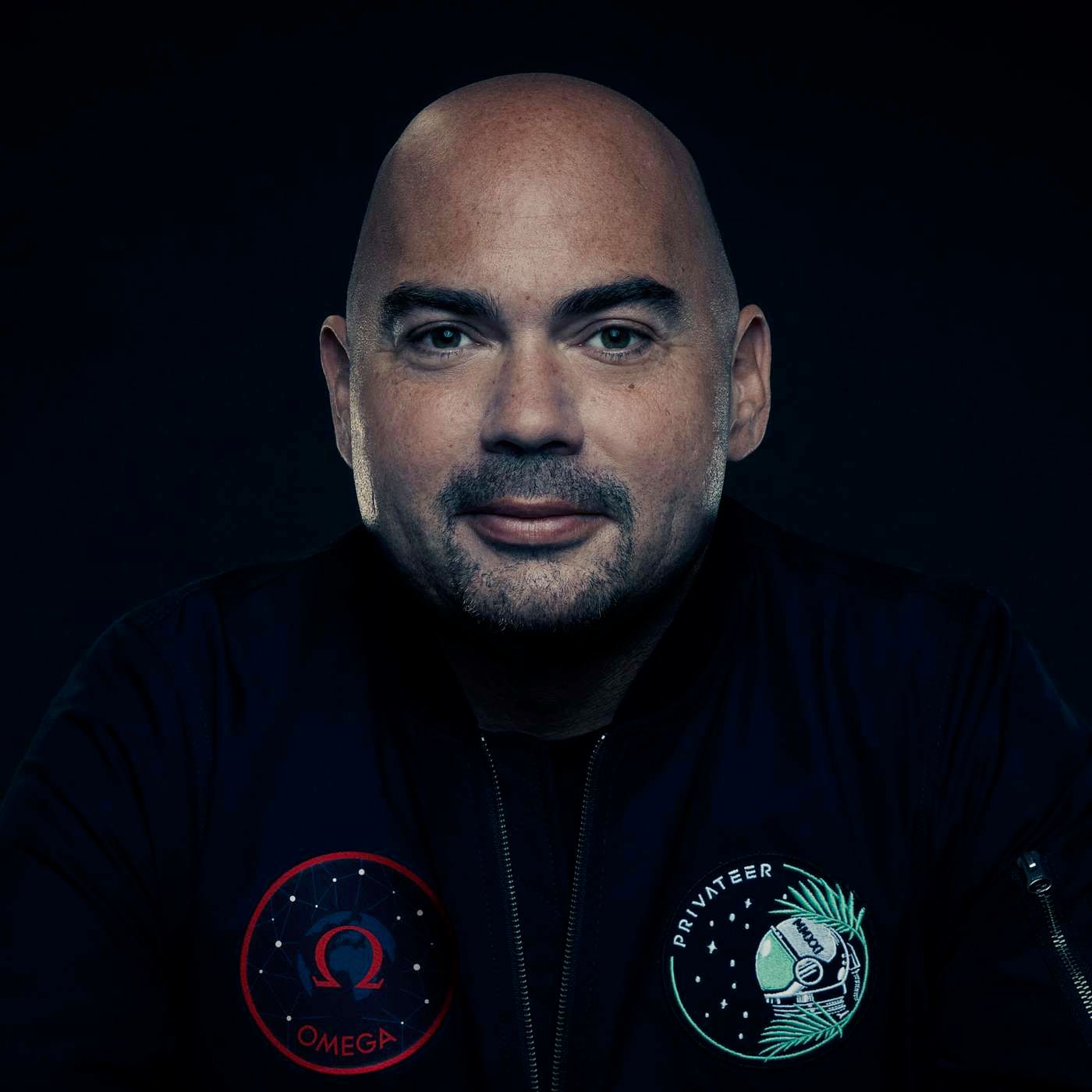
Dr. Laura Nuttall - a conversation on Gravitational Waves & The Universe 🚀
SpaceWatch.Global is pleased to present: The Space Café Podcast #87: Dr. Laura Nuttall - a conversation on Gravitational Waves & The Universe Episode 087 features a special guest: Dr. Laura Nuttall Dr. Laura Nuttall is a renowned physicist who has dedicated much of her academic and professional life to the study of gravitational waves. As a member of the LIGO Scientific Collaboration, her contributions have been pivotal in shaping our understanding of these cosmic phenomena. In this episode, host Markus sits down with Dr. Nuttall to delve into the intricacies of gravitational waves, the universe, and the groundbreaking tools and collaborations propelling the field forward. Key Topics & Timestamps: 🔹 Discovering the Universe's Mysteries (00:10:15): The awe and wonder that the vastness of space evokes in us. 🔹 Gravitational Waves 101 (00:15:32): Dr. Nuttall provides an in-depth look at what gravitational waves are and why they matter. 🔹 Big Science and the Power of Collaboration (00:40:22): A spotlight on the importance of collaboration in the world of gravitational wave research. 🔹 Challenges and Triumphs in Gravitational Wave Research (00:45:45): Unveiling the hurdles faced and milestones achieved in the field. 3 Memorable Quotes: ➡️ "Through gravitational waves, we gain a novel lens, providing an entirely new way of perceiving the universe." ➡️ "Every person, wherever they may be, has a part to play in the grand journey of cosmic exploration." ➡️ "In our vast cosmic family, we may be dysfunctional at times, but together, our discoveries are truly groundbreaking." Sources and Links: 🔹 LIGO Scientific Collaboration🔹 Playlist for Space Enthusiasts🔹 Dr. Nuttall's Song Choice for Reflecting on the Cosmos: I wanna Dance with Somebody🔹 Space Cafe Podcast's full collection: SpaceCafePodcast Archive Send us a text You can find us on Spotify and Apple Podcast!Please visit us at SpaceWatch.Global, subscribe to our newsletters. Follow us on LinkedIn and Twitter!
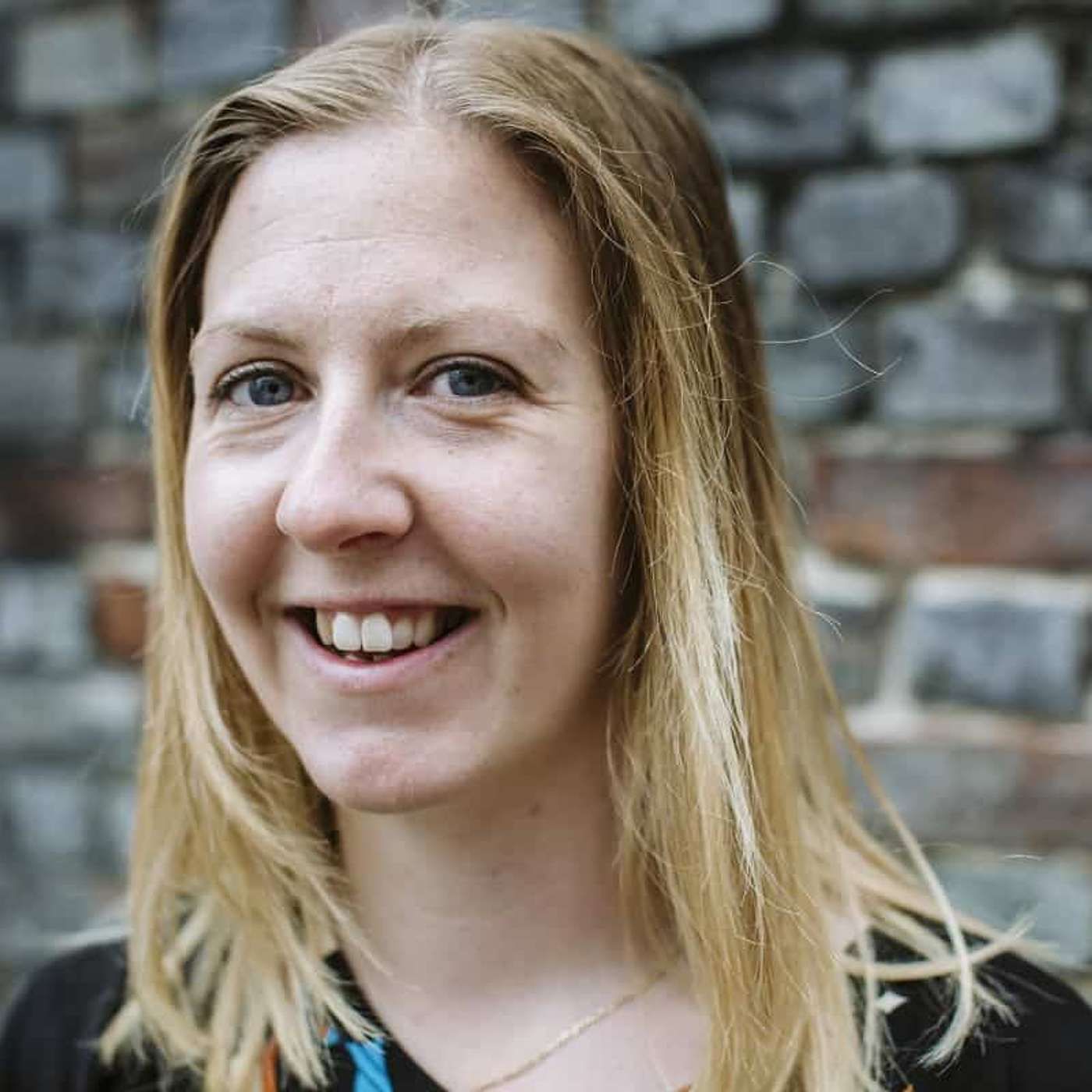
Guillermo Soehnlein: From Titan Tragedy to Venus - The Audacious Journeys of Ocean Gate's Original Co-founder
SpaceWatch.Global is pleased to present: The Space Café Podcast #86: Guillermo Soehnlein: From Titan Tragedy to Venus - The Audacious Journeys of Ocean Gate's Original Co-founder Episode 086 features a special guest: Guillermo Soehnlein In this riveting episode, Markus welcomes Guillermo Soehnlein, the audacious visionary who, beyond his original co-founding role at the tragically ill-fated Ocean Gate company responsible for the Titan submersible, now sets his eyes on Venus. They delve deep into the audacious dreams and groundbreaking innovations that are navigating the unforgiving frontiers of space and ocean exploration, paving the way for a new era of discovery. Key Topics: 🔹 The audacity of colonizing Venus: Guillermo's groundbreaking project🔹 Comparing the challenges of deep-sea exploration and space colonization🔹 Guillermo's history with Ocean Gate and his ties to the Titan submersible crisis🔹 Discussing the tragedy of the Titan submersible and the loss of Stockton Rush🔹 The current state of Europe as a continent of innovation 3 Memorable Quotes: ➡️ "Venus, not Mars, that's our future. It's not the easier choice, but it may be the necessary one." ➡️ "The depths of the ocean and the vastness of space, they both hold the same allure for me." ➡️ "I lost a friend in the Titan crisis, but it's tragedies like these that underscore the importance of what we're trying to achieve." Sources and Links: 🔹 Ocean Gate🔹 Humans2Venus 🔹 Spotify Playlist for Space Cafe Podcast🔹 Guillermo's Song Choice: Hotel California Send us a text You can find us on Spotify and Apple Podcast!Please visit us at SpaceWatch.Global, subscribe to our newsletters. Follow us on LinkedIn and Twitter!
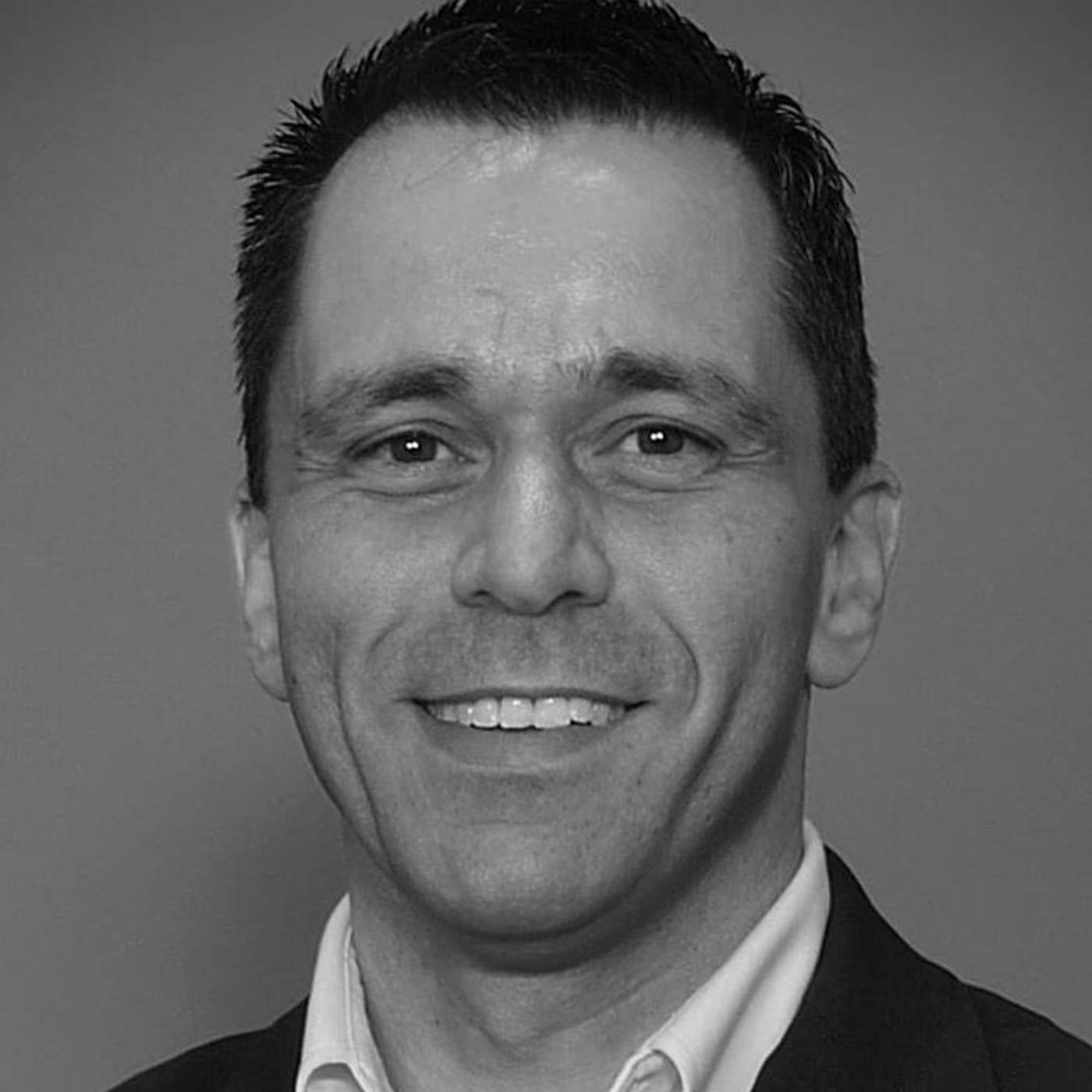
Aaron Kemmer – Exploring Novel Ways of Building Structures in Space Beyond the Obvious, CEO & Co-founder @ Made In Space & Max Space
SpaceWatch.Global is pleased to present: The Space Café Podcast #85: Aaron Kemmer – Exploring Novel Ways of Building Structures in Space Beyond the Obvious, CEO & Co-founder @ Made In Space & Max Space Episode 085 features a special guest: Aaron KemmerIn this episode, Markus welcomes Aaron Kemmer, the ambitious CEO and co-founder of multiple ventures such as Magic, Made In Space and Max Space. They delve into the transformative realm of in-space manufacturing, discussing how advances in technology and innovative solutions are changing the face of space exploration and development. Key Topics: 🔹 The founding and vision of Max Space: Fostering innovation in in-space manufacturing 🔹 The crucial role of 3D printing technology in expanding space capabilities 🔹 Pioneering new markets and accelerating the growth of orbital infrastructure 🔹 Addressing and overcoming challenges in the field of in-space manufacturing 🔹 The significance of strategic planning, program development, and systems management in achieving goals 🔹 The impact and future possibilities of in-space manufacturing 3 Memorable Moments to Share: ➡️ "The magic of in-space manufacturing is that it enables us to transcend the constraints of Earth-bound production." ➡️ "Our ultimate goal is to fundamentally transform how we operate in space." ➡️ "Being acknowledged by Forbes in the '30 under 30' list and nominated for a World Technology Award affirms our innovative approach to space manufacturing." Sources and Links: 🔹 Aaron Kemmer 🔹 "3D Printing in Space: Enabling New Markets and Accelerating the Growth of Orbital Infrastructure" 🔹 Spotify Playlist for Future Space Traveller 🔹 Aaron's Song Choice: "Hit Me Baby One More Time" by Britney Spears Send us a text You can find us on Spotify and Apple Podcast!Please visit us at SpaceWatch.Global, subscribe to our newsletters. Follow us on LinkedIn and Twitter!
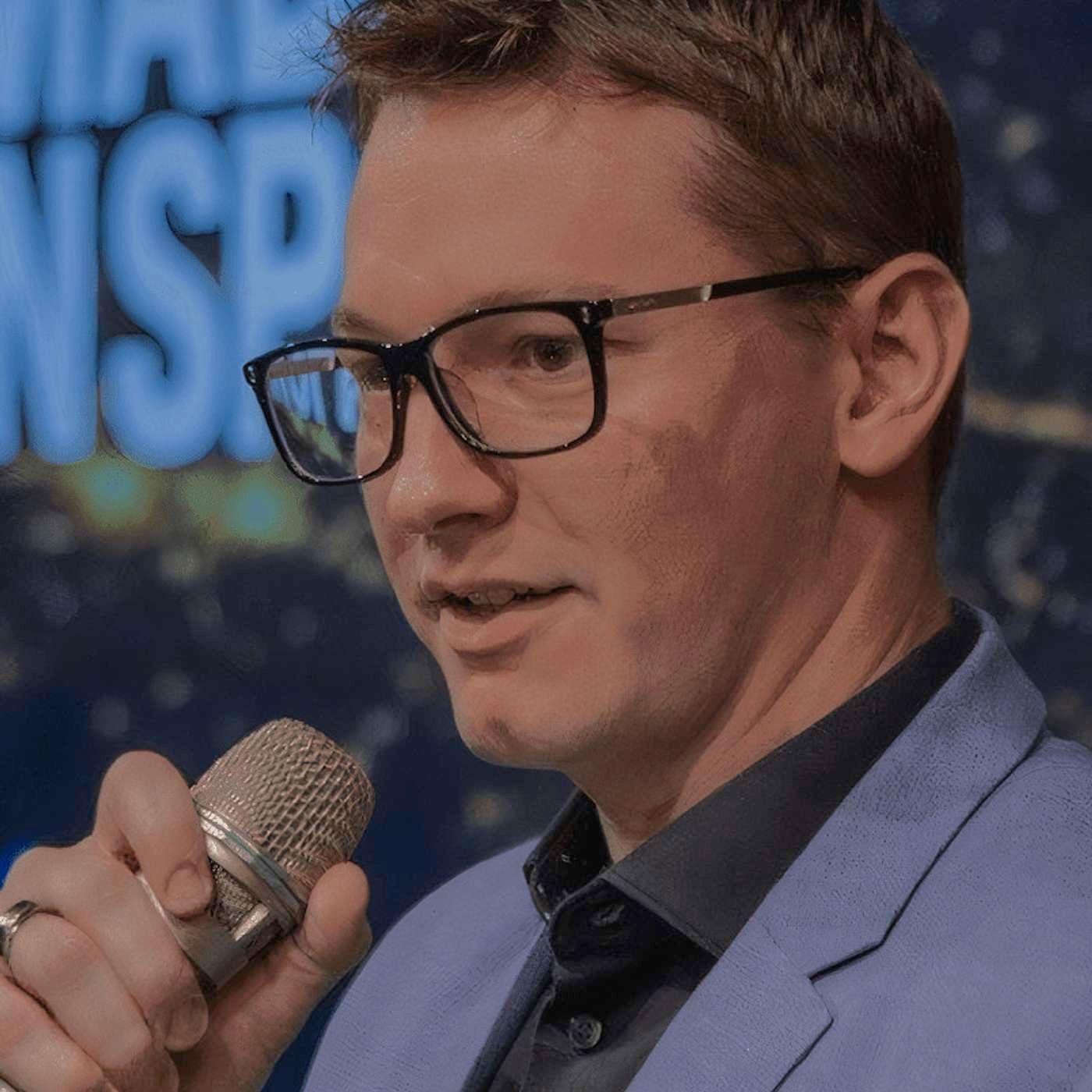
Barbara Belvisi - Cultivating Life Beyond Our Planet, CEO & Founder @ Interstellar Lab
SpaceWatch.Global is pleased to present: The Space Café Podcast #84: Barbara Belvisi - Cultivating Life Beyond Our Planet, CEO & Founder @ Interstellar Lab Episode 084 features a special guest: Barbara BelvisiIn this episode, Markus hosts a fascinating conversation with Barbara Belvisi, the visionary CEO and founder of Interstellar Lab. They delve into the innovative world of bio-regenerative life support systems, space exploration, and the promise of becoming a multi-planetary species. Key Topics: 🔹 The mission and vision of Interstellar Lab: Building closed ecological systems 🔹 The importance of sustainable farming for life in space and on Earth 🔹 Understanding BioPod: A sustainable farming module for space 🔹 Technological challenges and solutions in bio-regenerative life support systems 🔹 The intersection of sustainability, technology, and space exploration 🔹 The importance of preserving life beyond Earth 3 Memorable Moments to Share: ➡️ "Our vision is to build a backup of Earth somewhere else." ➡️ "When I started Interstellar, I started from the ground. I started from Earth. The objective was to preserve life." ➡️ "I think it's going to help when we're going to go back to the moon and we'll see again the Earth from space." Sources and Links: 🔹 Barbara Belvisi 🔹 Interstellar Lab 🔹 BioPod 🔹 Spotify Playlist for Future Space Traveller 🔹 Barbaras Song Choice Send us a text You can find us on Spotify and Apple Podcast!Please visit us at SpaceWatch.Global, subscribe to our newsletters. Follow us on LinkedIn and Twitter!
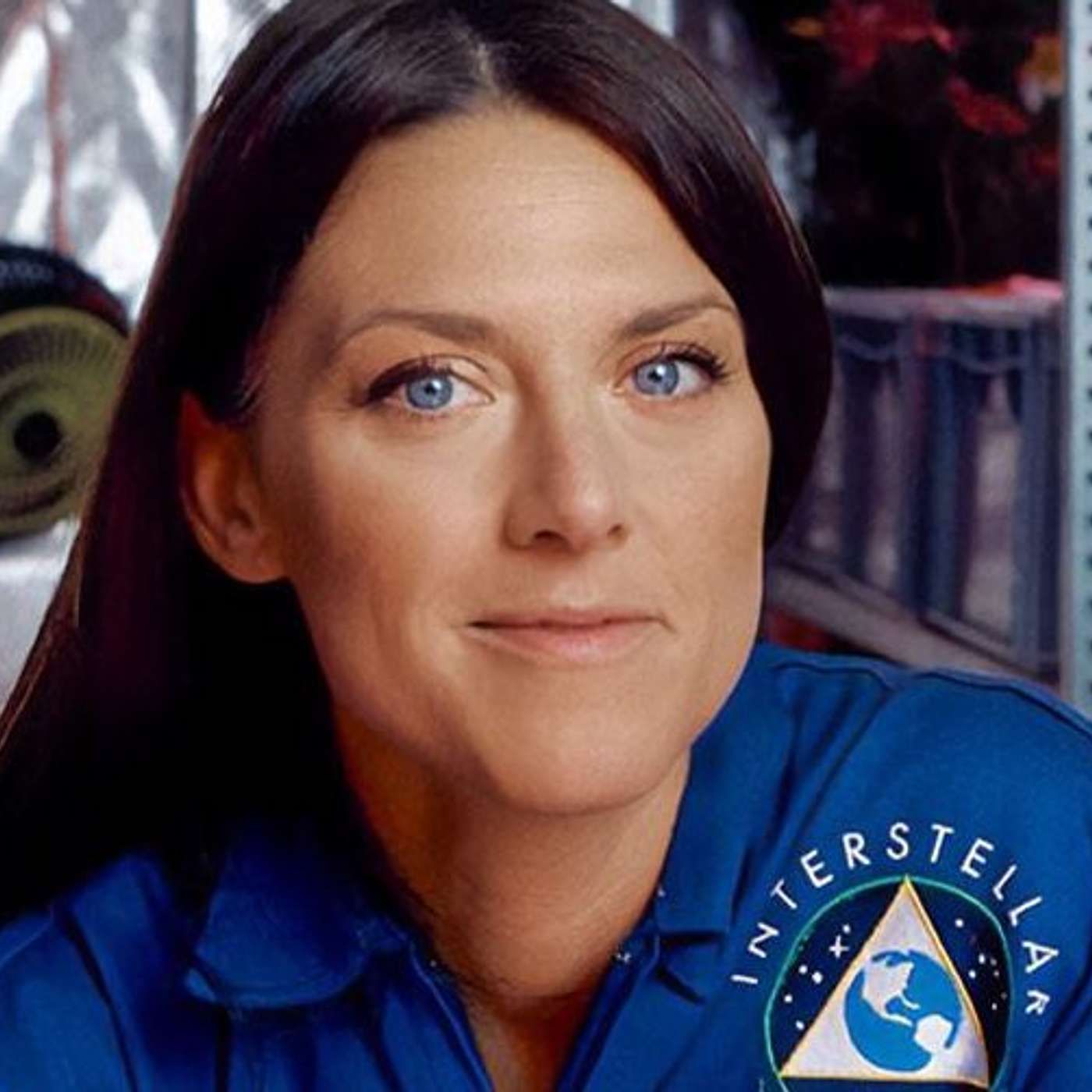
Kim Arcand - Unraveling the Universe, Data Storyteller @ NASA
SpaceWatch.Global is pleased to present: The Space Café Podcast #83: Kim Arcand - Unraveling the Universe, Data Storyteller @ NASA Episode 083 features a special guest: Dr. Kimberly ArcandIn this episode, Markus Mooslechner engages with Kim Arcand, a premier data storyteller at NASA. They delve into the fascinating realm of data, space exploration, artificial intelligence, and the less explored domain of space sound.Key Topics: 🔹 The artistry of data storytelling in astronomy and the significance of coding and numbers 🔹 Deciphering and interpreting astronomical data 🔹 NASA's Chandra Observatory: Unraveling its data and its pivotal role in x-ray astronomy 🔹 The critical role of different types of light in comprehending the universe 🔹 The exploration of space sound as an overlooked aspect of space study 🔹 The exciting crossroads of AI and space science and its potential3 Memorable Moments to Share: ➡️ "Astronomy today is largely numerical; it operates on coding, it operates on numbers." ➡️ "95% of the universe consists of dark energy and dark matter, which we can't even really see." ➡️ "You can convert it into sound, you can convert it into a haptic response. You can work with a 3D print. There are all these other ways of knowing."Sources and Links: 🔹Kim Arcand🔹Picture: Kim Arcand; Photo courtesy of her and credits Brittanny Taylor 🔹NASA's Chandra Observatory 🔹Information on Space SoundsCurated Spotify playlist for future space travelers: https://open.spotify.com/playlist/47P7oLrueWMvhYGxcerIw6?si=d59f343aef5341b4 Send us a text You can find us on Spotify and Apple Podcast!Please visit us at SpaceWatch.Global, subscribe to our newsletters. Follow us on LinkedIn and Twitter!
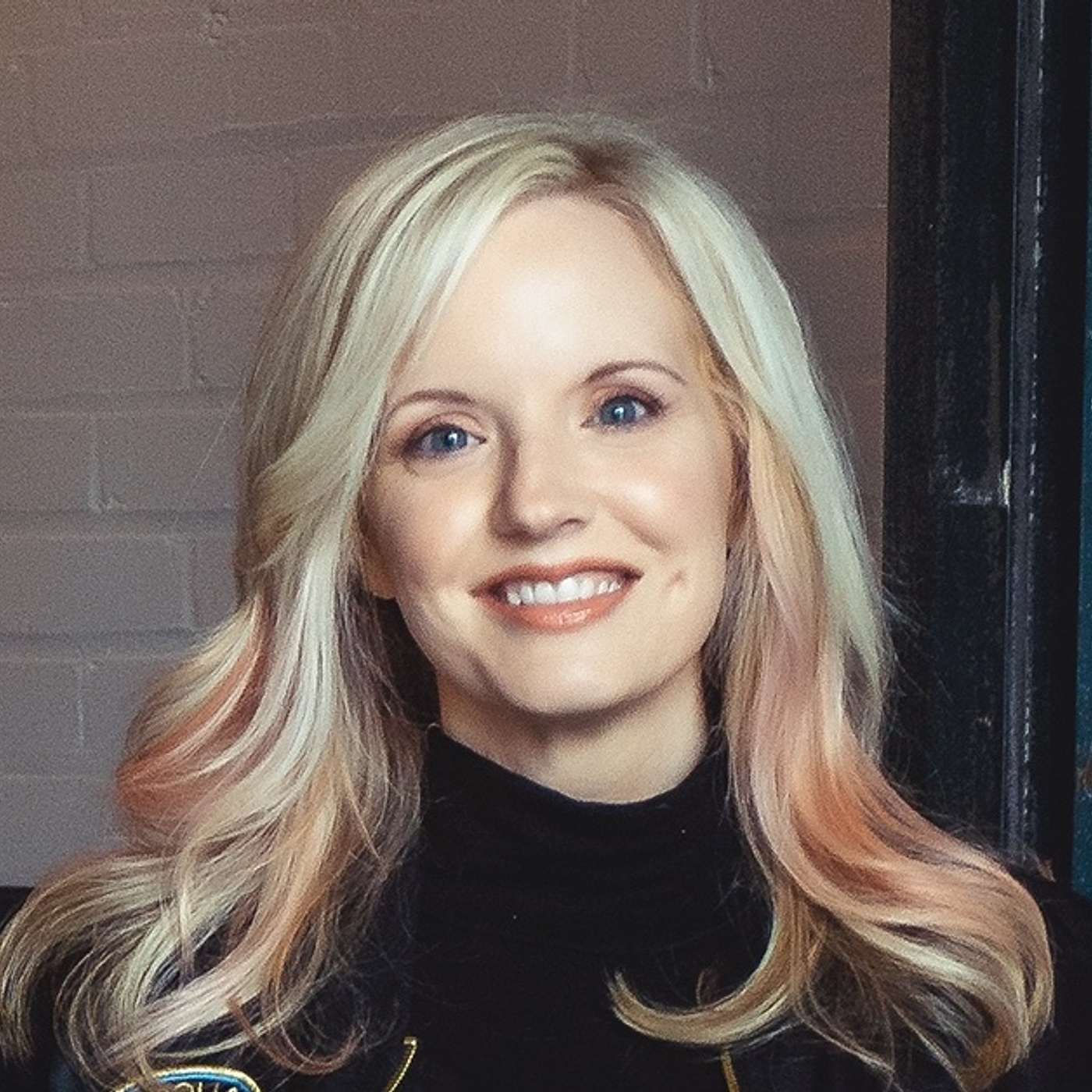
Anousheh Ansari - Space Entrepreneur, XPRIZE, and the Future of Exponential Technologies
SpaceWatch.Global is pleased to present: The Space Café Podcast #82: Anousheh Ansari - Space Entrepreneur, XPRIZE, and the Future of Exponential Technologies Episode 082 features a special guest: Anousheh Ansari In this episode, join Anousheh Ansari, a space entrepreneur and the first Iranian, self-funded woman to fly to the International Space Station, as she discusses her journey in the space industry, the future of exponential technologies, and her involvement in the XPRIZE. Key topics: 🔹 The role of exponential technologies in the future of humanity 🔹 The story of the XPRIZE and its impact on private space exploration 🔹 The importance of responsibility, collaboration, skepticism, and optimism in the development of powerful technologies 🔹 The role of education in instilling critical thinking and problem-solving skills 🔹 The need for a shift in values from financial growth to knowledge growth 3 memorable moments to share: ➡️ "When we dream big, we have a big journey ahead. It doesn't matter if we reach the destination, it's about the journey, what we learn and who we become." ➡️ "We should approach new technology with a combination of skepticism and optimism, making sure we understand its ramifications while harnessing its potential." ➡️ "Education should equip students with tools to solve problems, rather than viewing them as obstacles." Sources and links: 🔹 XPRIZE: https://www.xprize.org/ 🔹 XPRIZE Connect: https://www.xprize.org/prizes/connect 🔹 The Little Prince: https://www.goodreads.com/book/show/157993.The_Little_Prince 🔹Sting “Fragile”: https://open.spotify.com/intl-de/track/5oE6INocVL9viDow5y8QNM?si=9806bb17bc66402c 🔹 Curated Spotify playlist for future space travelers: https://open.spotify.com/playlist/47P7oLrueWMvhYGxcerIw6?si=d59f343aef5341b4 Send us a text You can find us on Spotify and Apple Podcast!Please visit us at SpaceWatch.Global, subscribe to our newsletters. Follow us on LinkedIn and Twitter!

Knicole Colon - Renowned NASA Astrophysicist and Expert in Exoplanet Exploration. The hunt for a second home
SpaceWatch.Global is pleased to present: The Space Café Podcast #81: Knicole Colon - Renowned NASA Astrophysicist and Expert in Exoplanet Exploration. The hunt for a second home. Episode 081 features a special guest: Dr. Knicole Colon Join us in this thought-provoking episode as I sit down with Dr. Knicole Colon, a distinguished astrophysicist from the NASA Goddard Space Flight Center, to uncover the mysteries of exoplanets and discuss the future of space exploration. Key takeaways: 🔹 Unveiling the quest for potentially habitable exoplanets and the advanced scientific methods involved. 🔹 Exploring the crucial role of telescopes, especially the Hubble and James Webb Space Telescopes, in propelling our cosmic understanding forward. 🔹The hurdles and possibilities surrounding interstellar travel. 🔹 The philosophical and practical implications of space exploration and colonization. Three key quotes that encapsulate our conversation: ➡️ "To truly advance, we need to explore beyond our solar system and consider the possibility of life on other planets. It's more than science; it's a deep inquiry about our existence." ➡️ "Space exploration transcends competition; it is a collective human endeavor aimed at broadening our understanding of the universe and our place within it." ➡️ "The exhilaration of space exploration lies not only in discovering new planets but also in the innovative technologies it inevitably ignites." References and additional resources: 🔹 Get to know more about Knicole Colon: https://solarsystem.nasa.gov/people/322/knicole-colon/ 🔹 Hubble Space Telescope: https://www.nasa.gov/mission_pages/hubble/main/index.html 🔹 James Webb Space Telescope: https://webb.nasa.gov/ 🔹 Listen to Imagine Dragons' "Radioactive" Song: https://open.spotify.com/track/62yJjFtgkhUrXktIoSjgP2?si=18771509b3b24849 🔹 Curated Spotify playlist for future space travelers: https://open.spotify.com/playlist/47P7oLrueWMvhYGxcerIw6?si=d59f343aef5341b4 Send us a text You can find us on Spotify and Apple Podcast!Please visit us at SpaceWatch.Global, subscribe to our newsletters. Follow us on LinkedIn and Twitter!
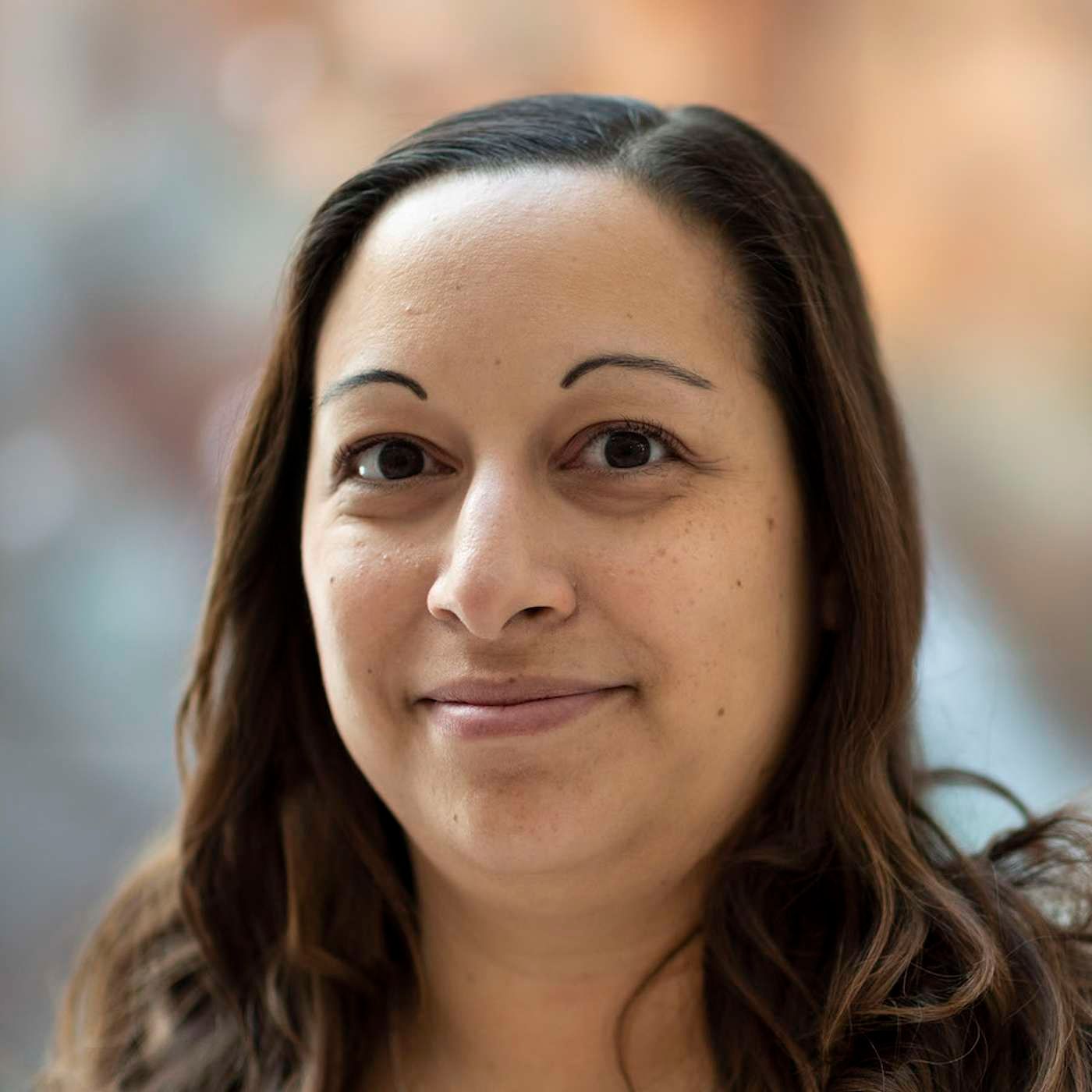
Shawna Pandya - Physician, Astronaut Candidate, Martial Artist, and Space Medicine Innovator
SpaceWatch.Global is pleased to present: The Space Café Podcast #80: Shawna Pandya - Physician, Astronaut Candidate, Martial Artist, and Space Medicine Innovator Episode 080 features a special guest: Dr. Shawna PandyaIn this episode, join Dr. Shawna Pandya, a physician, citizen-scientist astronaut candidate with Project PoSSUM, martial artist, advanced diver, skydiver, pilot-in-training, and Director of Medical Research at Orbital Assembly Construction, as she delves into her multi-faceted career, her passion for space medicine, and her vision for the future of space exploration. Key topics: 🔹 The significance of space medicine and its role in long-term space missions 🔹 The intersection of extreme environment medicine and space medicine 🔹 The importance of holistic physical and mental preparation for space travel 🔹 The future of space exploration and its implications for healthcare 3 memorable moments to share: ➡️ We need to think about not just the medicine but also the psychology, the human factors, the human dynamics of long duration space flight. ➡️ The most rewarding part of training for space is the journey itself, the resilience, the grit, the determination that it instills in you. ➡️ It's about archiving that mission success, whether that's a successful CPR in a critical care situation on Earth or whether that's landing on Mars. Sources and links: 🔹 Shawna Pandya's Website: https://www.shawnapandya.com/ 🔹 Project PoSSUM: https://projectpossum.org/ 🔹 Orbital Assembly Construction: https://orbitalassembly.com/ 🔹 Savage Garden's "To the Moon and Back" Song: https://www.youtube.com/watch?v=HCm6gRHINqA 🔹 Muse's "Starlight" Song: https://www.youtube.com/watch?v=Pgum6OT_VH8 🔹 Linkin Park's "Reanimation" Album: https://www.youtube.com/watch?v=v2H4l9RpkwM Playlist for the Aspiring Space Traveler on Spotify:Space Cafe Podcast Guest TunesSend us a text You can find us on Spotify and Apple Podcast!Please visit us at SpaceWatch.Global, subscribe to our newsletters. Follow us on LinkedIn and Twitter!
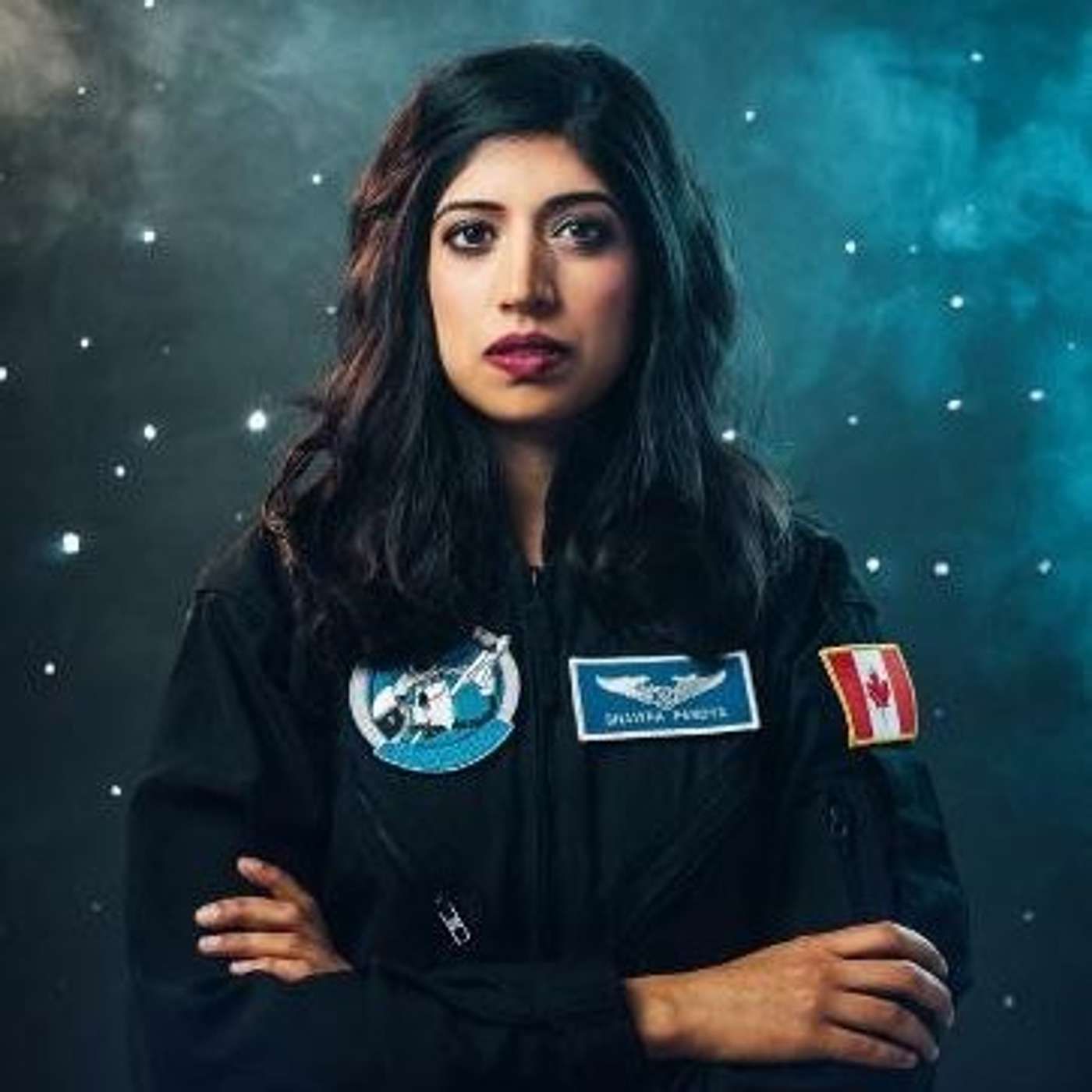
Michael Lentz & Mark SubbaRao - NASA's Creative Wizards, Space Storytelling, and the Art of Communicating Science
SpaceWatch.Global is pleased to present: The Space Café Podcast #79: Michael Lentz & Mark SubbaRao - NASA's Creative Wizards, Space Storytelling, and the Art of Communicating Science Episode 079 features a special guests: Michael Lentz & Mark SubbaRao In this episode, join Michael Lentz, the Art Director for the Conceptual Image Lab at NASA, and Mark SubbaRao, the lead at NASA's Scientific Visualization Studio at NASA Goddard Space Flight Center, as they delve into the art of communicating science and space storytelling. Learn how visualization plays a crucial role in bridging the gap between science and the general public and discover the potential of art and technology to inspire and educate people about space. Key topics: 🔹 The role of art and visualization in communicating science 🔹 The importance of storytelling in sharing knowledge about space 🔹 The challenges of creating accurate and realistic space visualizations 🔹 The potential of art and technology to inspire and educate people about space 3 memorable moments to share: ➡️ "There's so much room for creativity and for interpretation within the scientific data that we have, and that's really where the art comes in." - Michael Lentz ➡️ "Everybody has a story, and I think that's one of the very visceral parts of being human. It's how we learn by telling stories to each other." - Mark SubbaRao ➡️ "The goal of any visualization is to tell a story and to convey information in a way that is understandable and memorable." - Michael Lentz Good to know: 🔍 Space Telescopes such as Hubble or JWST have been game-changers in providing high-resolution imagery of space that can be used for scientific visualization. 🔍 The Scientific Visualization Studio and Conceptual Image Lab work together to create compelling visualizations that help convey complex space-related concepts. 🔍 Visualizations can be used for various purposes, such as education, mission planning, or public outreach, depending on the target audience and the message being conveyed. Sources and links: 🔹 NASA Scientific Visualization Studio: https://svs.gsfc.nasa.gov/ 🔹 NASA Conceptual Image Lab: https://svs.gsfc.nasa.gov/cilab/index.html 🔹 Michael Lentz: https://www.linkedin.com/in/thecrayon/ 🔹 Mark SubbaRao: https://www.linkedin.com/in/msubbarao/ 🔹 Public Service Broadcasting “Go”: https://open.spotify.com/track/5xYZXIgVAND5sWjN8G0hID?si=5b23d423075a4262 Playlist for the Aspiring Space Traveler on Spotify:Send us a text You can find us on Spotify and Apple Podcast!Please visit us at SpaceWatch.Global, subscribe to our newsletters. Follow us on LinkedIn and Twitter!
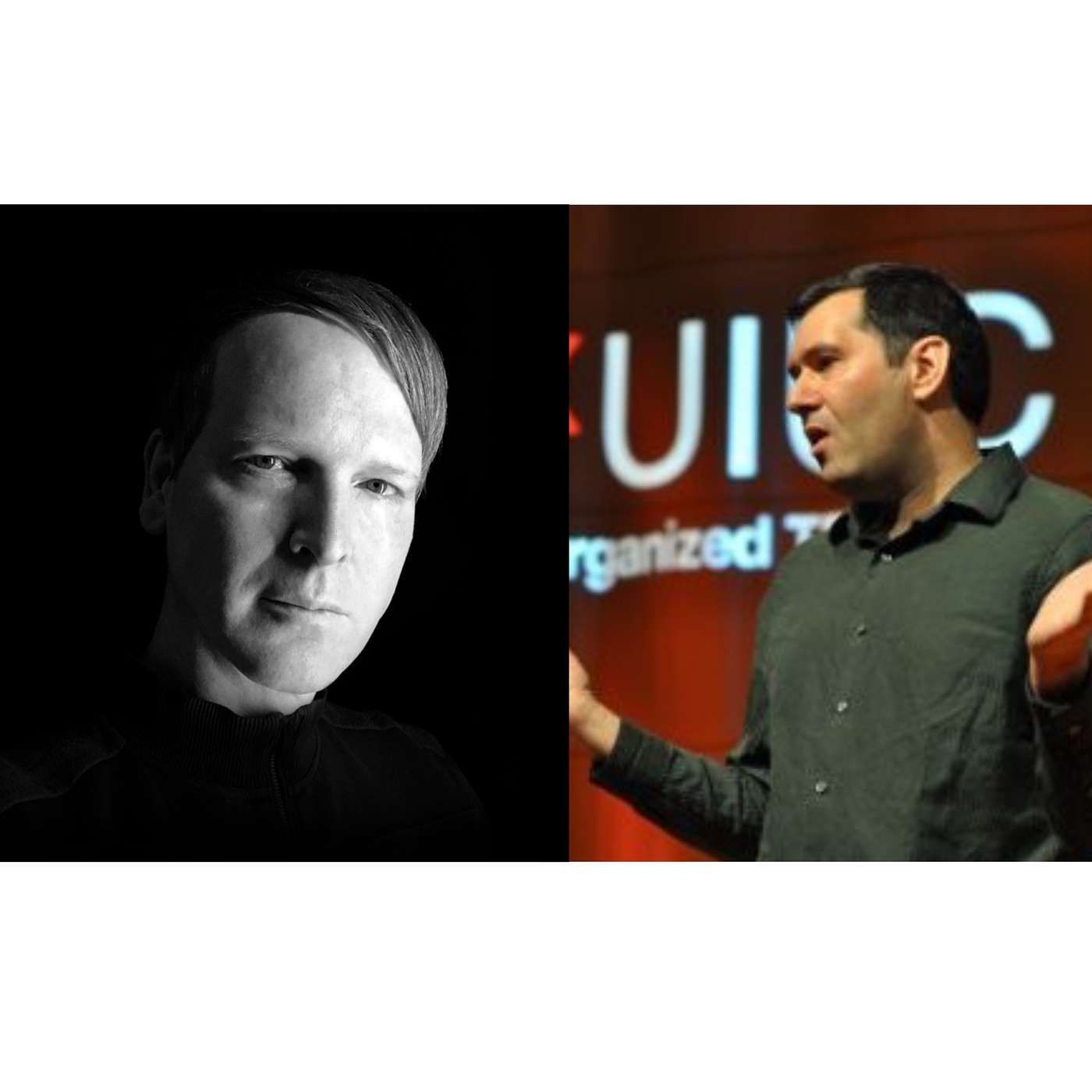
Terhi Vapola - Greencode Ventures, Green Investments, Digital Transformation and the Future of Space Technology
SpaceWatch.Global is pleased to present: The Space Café Podcast #78: Terhi Vapola - Greencode Ventures, Green Investments, Digital Transformation and the Future of Space Technology Episode 078 features a special guest: Terhi VapolaIn this episode, Terhi Vapola, Co-founder of Greencode Venture, discusses the role of green investments, digital transformation, and the future of space technology in tackling climate change and promoting sustainable development. Key topics include the role of venture capital in supporting green startups, the importance of digitalization in the energy sector, and the potential of space technology in addressing global challenges. 3 Memorable Quotes: "It's not just that you say that you are green, but your fundamental existence is dependent on the groundwork to be done so that you can actually have economic opportunities.""For humans, we need always a good crisis. And I think we start to be at the stage where we have a good crisis.""You are not just ESG reporting, but you are actually doing something where you actually bring value, economic value into the system, and finding those solutions."3 Shareable Bites of Useful Information: Digital transformation is crucial in driving the energy transition and providing innovative solutions to the climate crisis.Every company must strive to become green, not only in terms of reporting but also in creating real economic value and environmental benefits.Investment in green solutions and technologies provides a significant opportunity for venture capital, particularly as the demand for sustainable solutions grows.Sources and Links: Greencode Venture: https://greencode.vc/Vivaldi Four Seasons: https://open.spotify.com/album/4eEJooUkzenp7lZTtfbIP7?si=SJG-QPVoTaakQxOShDtcZQPlaylist for the Aspiring Space Traveler on Spotify: Space Cafe Podcast Guest TunesThe Space Cafe Podcast brings our signature brand of engaging and relevant content from across the global space economy to you via an exciting new format. Together with award-winning Executive Producer Markus Mooslechner (Terra Mater Factual Studios), our fortnightly podcast features guests that matter. Each episode includes a review of important topics, as well as guest appearances and deep commentary from expert panelists from across the space sector. Send us a text You can find us on Spotify and Apple Podcast!Please visit us at SpaceWatch.Global, subscribe to our newsletters. Follow us on LinkedIn and Twitter!
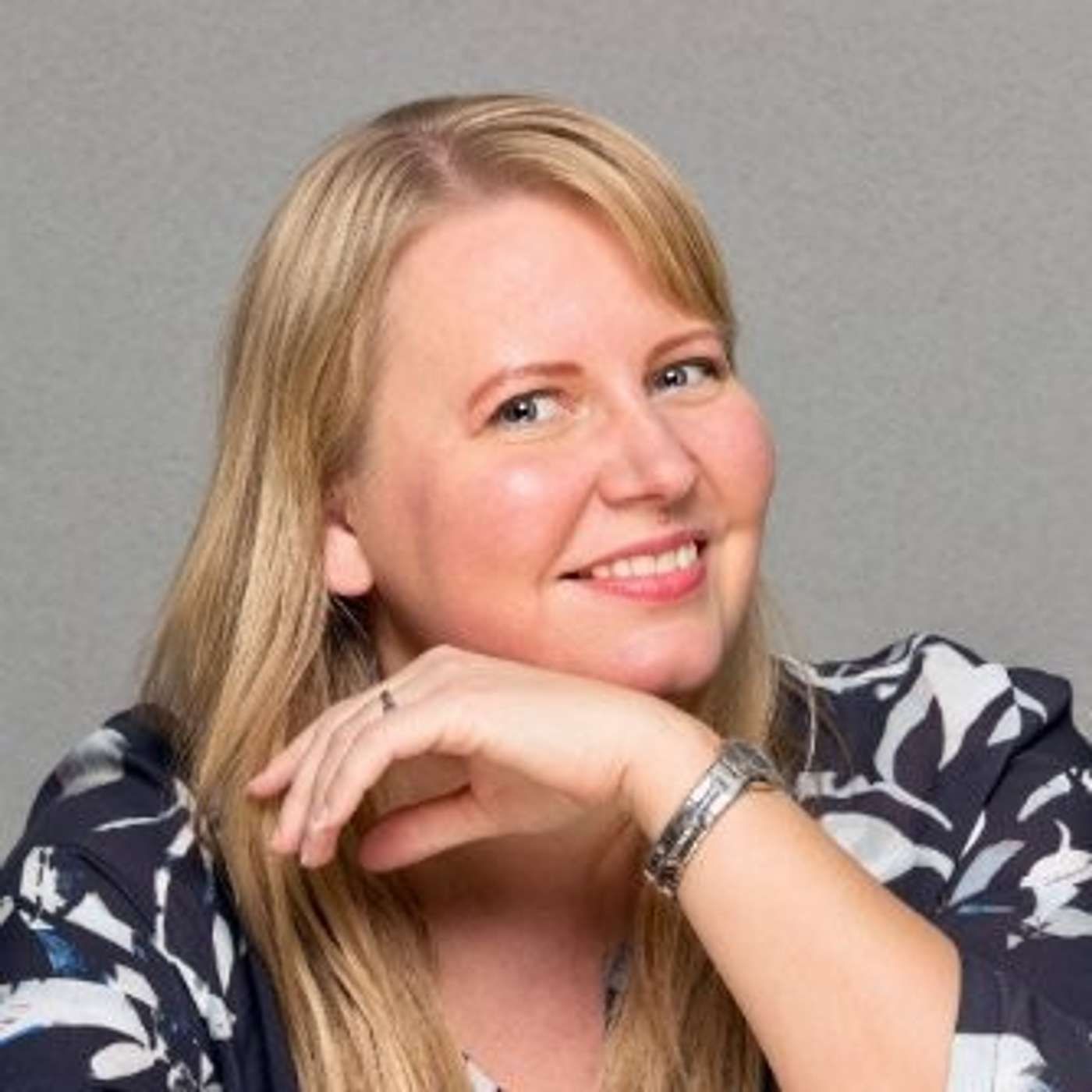
Matt Russo - Astrophysicist and Sound Wizard, the Surprising Appeal of Sounds from Space
SpaceWatch.Global is pleased to present: The Space Café Podcast #77: Matt Russo, Astrophysicist and Sound Wizard, the Surprising Appeal of Sounds from Space. Episode 077 features a special guest: Dr. Matt RussoIn this fascinating episode of the Space Cafe Podcast, host Markus Mooslechner is joined by Dr. Matt Russo, an astrophysicist, and musician, to discuss the connection between space and music. They delve into Dr. Russo's journey from a musician to an astrophysicist, the sound of gravitational waves, and the idea of life beyond Earth. The conversation also covers the importance of interdisciplinary collaborations and the role of music in understanding the universe. Memorable Quotes: "I think the connections between science and music are really just the human mind wanting to understand and perceive the universe." – Dr. Matt Russo"Gravitational waves are very similar to sound waves, but they're not waves of pressure, they're waves of stretching and squeezing space itself." – Dr. Matt Russo "Most astronomers that I've talked to, at least including myself, think it'd be absurd if we were alone." – Dr. Matt RussoShareable Bites: System Sounds, a project by Dr. Matt Russo, translates data from the universe into music to make astronomy more accessible and engaging for people.The discovery of gravitational waves opened up a new way to explore the universe by observing how these waves stretch and squeeze space itself.Copernican principles teach us that we are not in a special place or time in the universe, suggesting that life beyond Earth is likely, given the vastness of space and the number of planets discovered.Sources and Links: Dr. Matt Russo's project, System Sounds: https://www.system-sounds.com/LIGO (Laser Interferometer Gravitational-Wave Observatory): https://www.ligo.caltech.edu/Book: "The Righteous Mind" by Jonathan Haidt: https://www.amazon.com/Righteous-Mind-Divided-Politics-Religion/dp/0307455777Song: "Little Wing" by Jimi Hendrix: https://open.spotify.com/track/3q8HGZpIuOjgI9UI2Q1iRyThe Space Cafe Podcast brings our signature brand of engaging and relevant content from across the global space economy to you via an exciting new format. Together with award-winning Executive Producer Markus Mooslechner (Terra Mater Factual Studios), our fortnightly podcast features guests that matter. Each episode includes a review of important topics, as well as guest appearances and deep commentary from expert panelists from across the space sector. SPOTIFY: Send us a text You can find us on Spotify and Apple Podcast!Please visit us at SpaceWatch.Global, subscribe to our newsletters. Follow us on LinkedIn and Twitter!
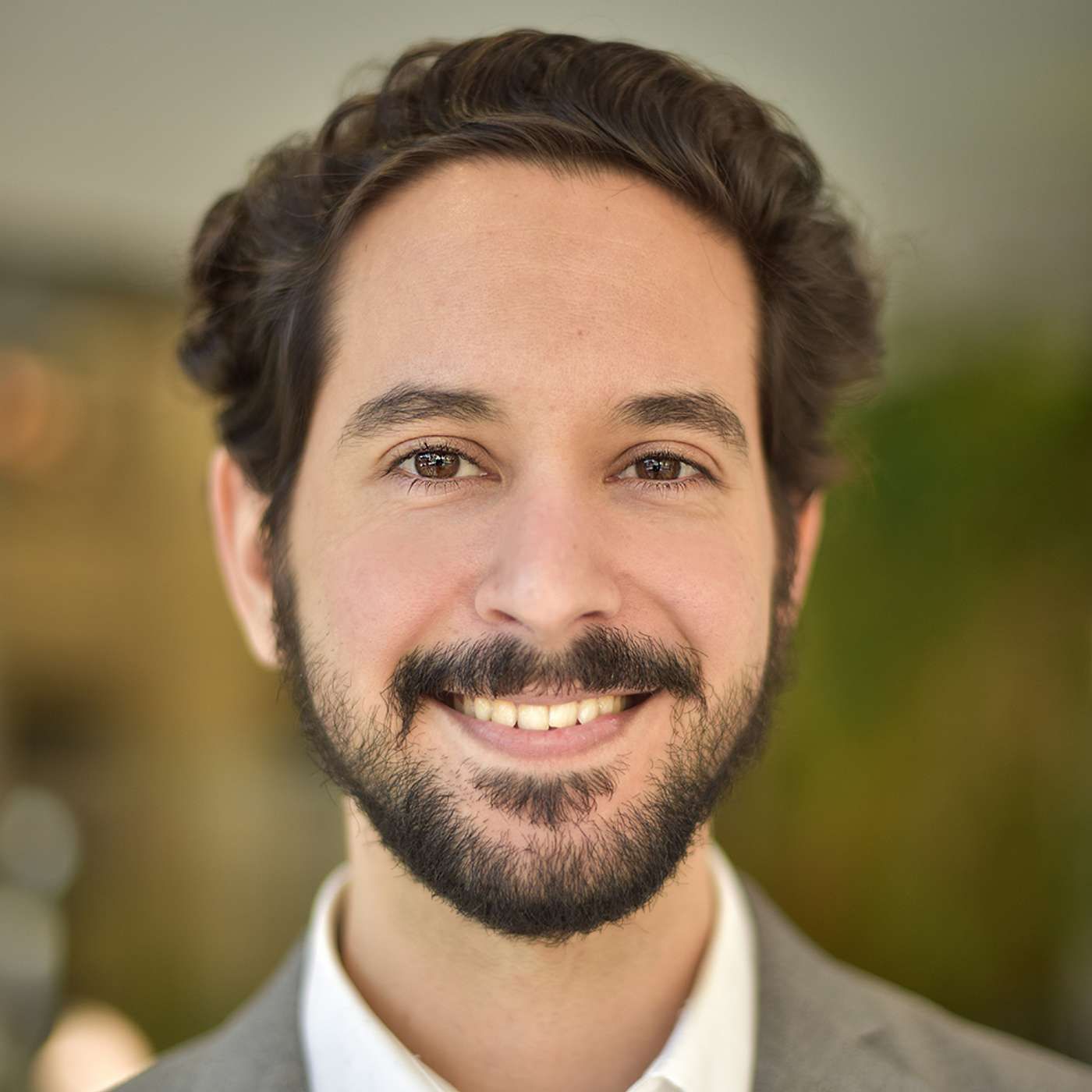
Niklas Hedman, UNOOSA: Exploring the Intersection of Space Industry and International Diplomacy (with a surprising twist)
SpaceWatch.Global is pleased to present: The Space Café Podcast #76: Niklas Hedman, UNOOSA: Exploring the Intersection of Space Industry and International Diplomacy (with a surprising twist) Episode 076 features a special guest: Niklas HedmanIn episode 76 of the Space Cafe Podcast, host Markus Mooslechner interviews Niklas Hedman, the acting director of the United Nations Office for Outer Space Affairs (UNOOSA), about the challenges and opportunities of space exploration. They discuss topics such as international cooperation, space debris, and the potential benefits of space exploration for sustainable development. Key Notions: International cooperation is essential for the success of space exploration. Space debris poses a serious threat to current and future space missions. Space exploration has the potential to bring significant benefits to sustainable development on Earth. Memorable Quotes: "Space exploration is not a zero-sum game." - Niklas Hedman "We cannot close our eyes for the problems that we are facing." - Niklas Hedman "We are all in the same boat when it comes to space." - Niklas Hedman The Space Cafe Podcast brings our signature brand of engaging and relevant content from across the global space economy to you via an exciting new format. Together with award-winning Executive Producer, Markus Mooslechner (Terra Mater Factual Studios), our fortnightly podcast features guests that matter. Each episode includes a review of important topics, as well as guest appearances and deep commentary from expert panelists from across the space sector. SPOTIFY: Space Cafe Podcast Guest Tunes Send us a text You can find us on Spotify and Apple Podcast!Please visit us at SpaceWatch.Global, subscribe to our newsletters. Follow us on LinkedIn and Twitter!
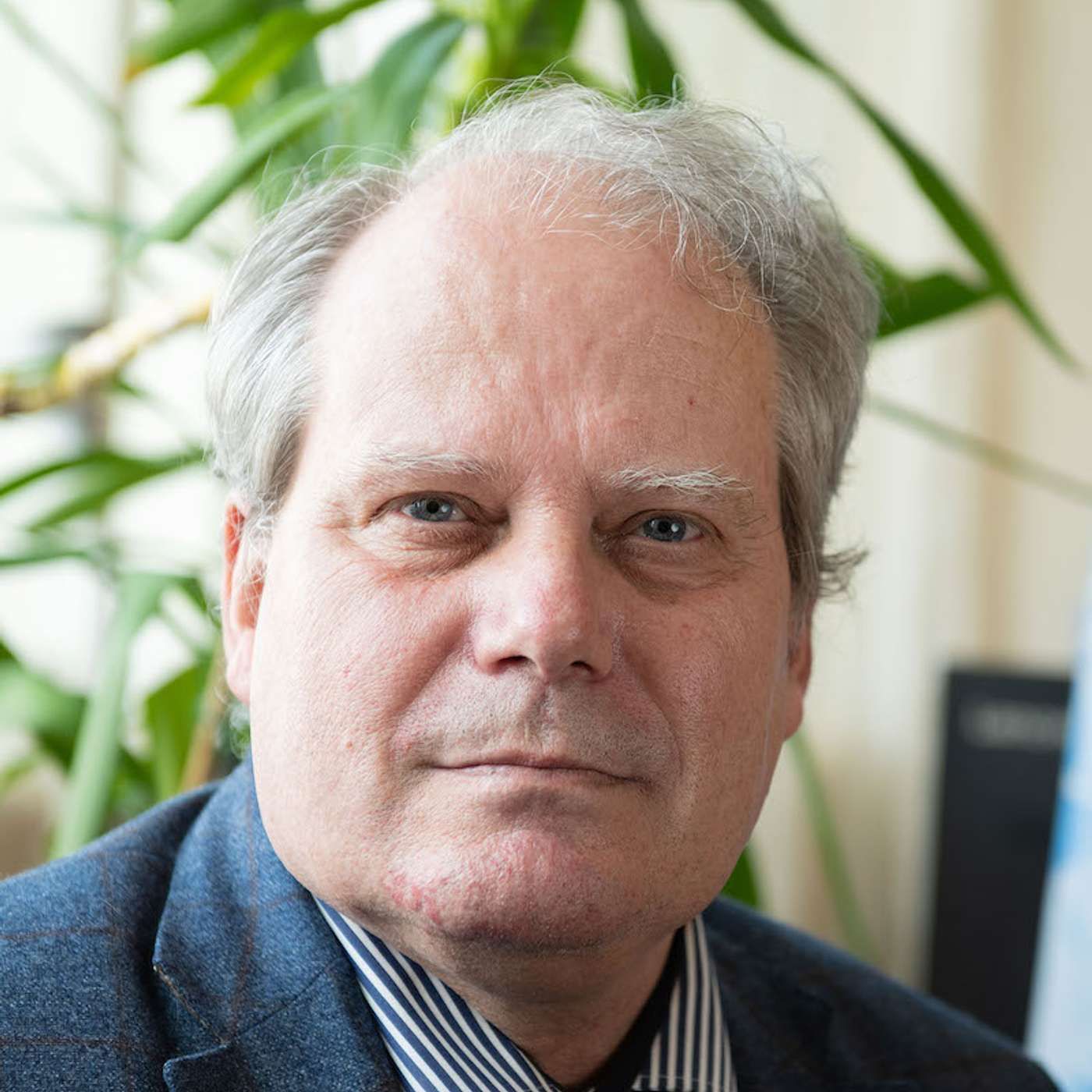
Midge Goldberg: Exploring the Intersection of Space Science and Poetry
SpaceWatch.Global is pleased to present: The Space Café Podcast #75: Midge Goldberg: Exploring the Intersection of Space Science and Poetry Episode 075 features a special guest: Midge GoldbergIn this episode of the Space Cafe Podcast, host Markus Mooslechner is joined by Midge Goldberg, an award-winning poet. They discuss the intersection of science and poetry and how the two seemingly disparate fields can complement each other. Central Ideas: The intersection of science and poetry provides unique opportunities for creativity and exploration.Poetry can provide a more accessible and emotional understanding of scientific concepts.Machines may be able to mimic the technical aspects of poetry, but they cannot replicate the emotional and human elements.Mentioned Poetry and Authors: "Snowman's Code" by Midge Goldberg"Annie's Song" by John Denver"The Ballet of the Eight-Week Kittens" by Deborah WarrenMidge Goldberg's insights on the intersection of science and poetry are fascinating and thought-provoking. Her book, "Outer Space - 100 Poems” is a great example of how science and poetry can work together to create something unique and beautiful. As technology advances, the question of whether machines can replace human poets becomes more relevant, but Goldberg believes that the emotional and human elements of poetry cannot be replicated. This episode provides a unique perspective on the role of poetry in science and technology. The Space Cafe Podcast brings our signature brand of engaging and relevant content from across the global space economy to you via an exciting new format. Together with award-winning Executive Producer, Markus Mooslechner (Terra Mater Factual Studios), our fortnightly podcast features guests that matter. Each episode includes a review of important topics, as well as guest appearances and deep commentary from expert panelists from across the space sector. SPOTIFY: Space Cafe Podcast Guest Tunes Send us a text You can find us on Spotify and Apple Podcast!Please visit us at SpaceWatch.Global, subscribe to our newsletters. Follow us on LinkedIn and Twitter!
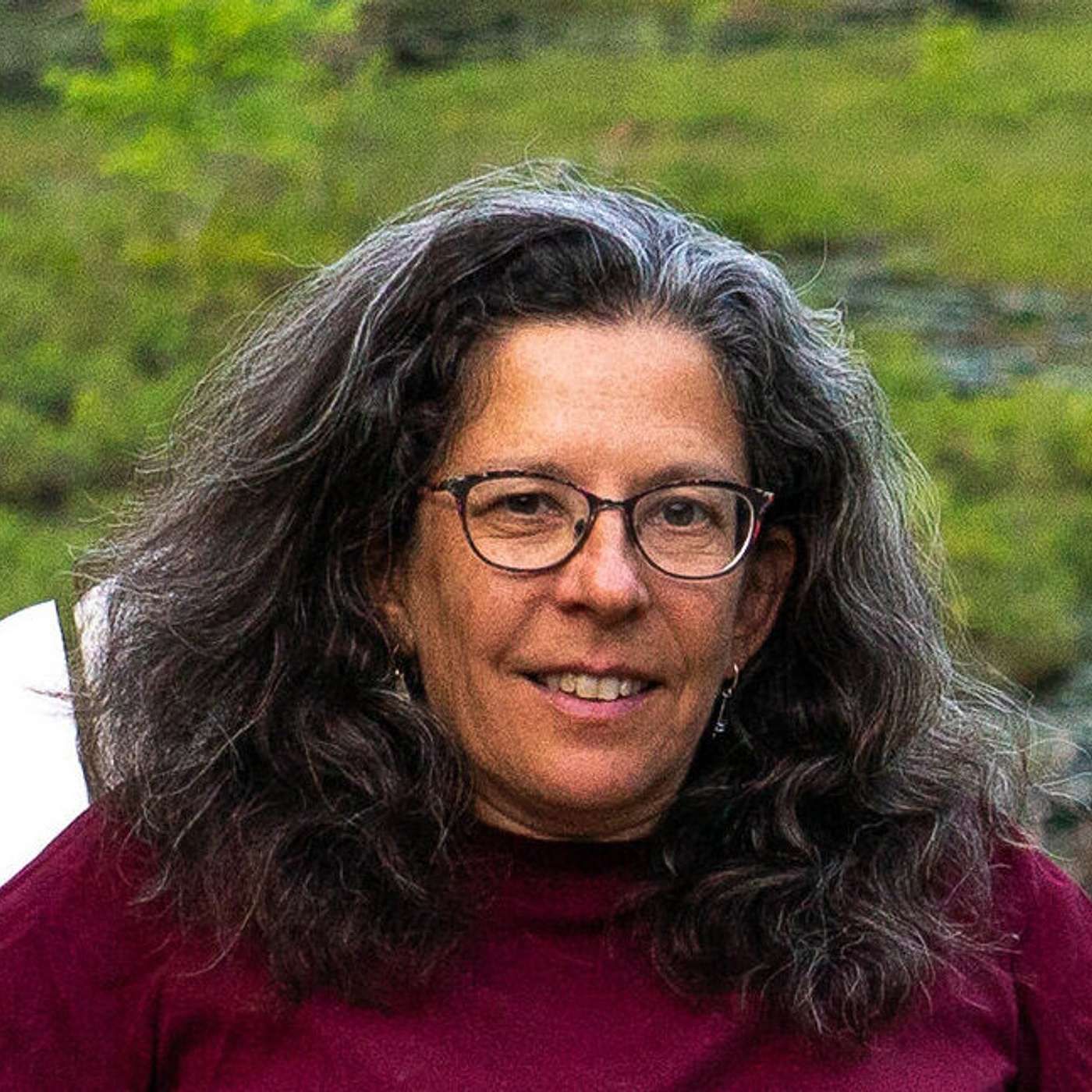
Carissa Christensen of BryceTech talks commercial potentials in the space industry and its latest innovations
SpaceWatch.Global is pleased to present: The Space Café Podcast #74: Carissa Christensen of BryceTech talks commercial potentials in the space industry and its latest innovations Episode 074 features a special guest: Carissa ChristensenIn this episode of the Space Cafe Podcast, Carissa Bryce Christensen, founder and CEO of BryceTech, discusses the commercial potential of the space industry and its latest innovations. As an internationally recognized expert on satellite and space technology, Christensen shares her insights on the growing role of private companies, the rise of small satellite technology, and the future of space tourism. With a wealth of experience in the industry, Christensen is known for her innovative, data-driven strategies and rigorous analysis. She has co-founded several successful companies and served on several early-stage boards, including the World Economic Forum Global Future Council on Space. The Space Cafe Podcast brings our signature brand of engaging and relevant content from across the global space economy to you via an exciting new format. Together with award-winning Executive Producer, Markus Mooslechner (Terra Mater Factual Studios), our fortnightly podcast features guests that matter. Each episode includes a review of important topics, as well as guest appearances and deep commentary from expert panelists from across the space sector. SPOTIFY: Space Cafe Podcast Guest Tunes Send us a text You can find us on Spotify and Apple Podcast!Please visit us at SpaceWatch.Global, subscribe to our newsletters. Follow us on LinkedIn and Twitter!
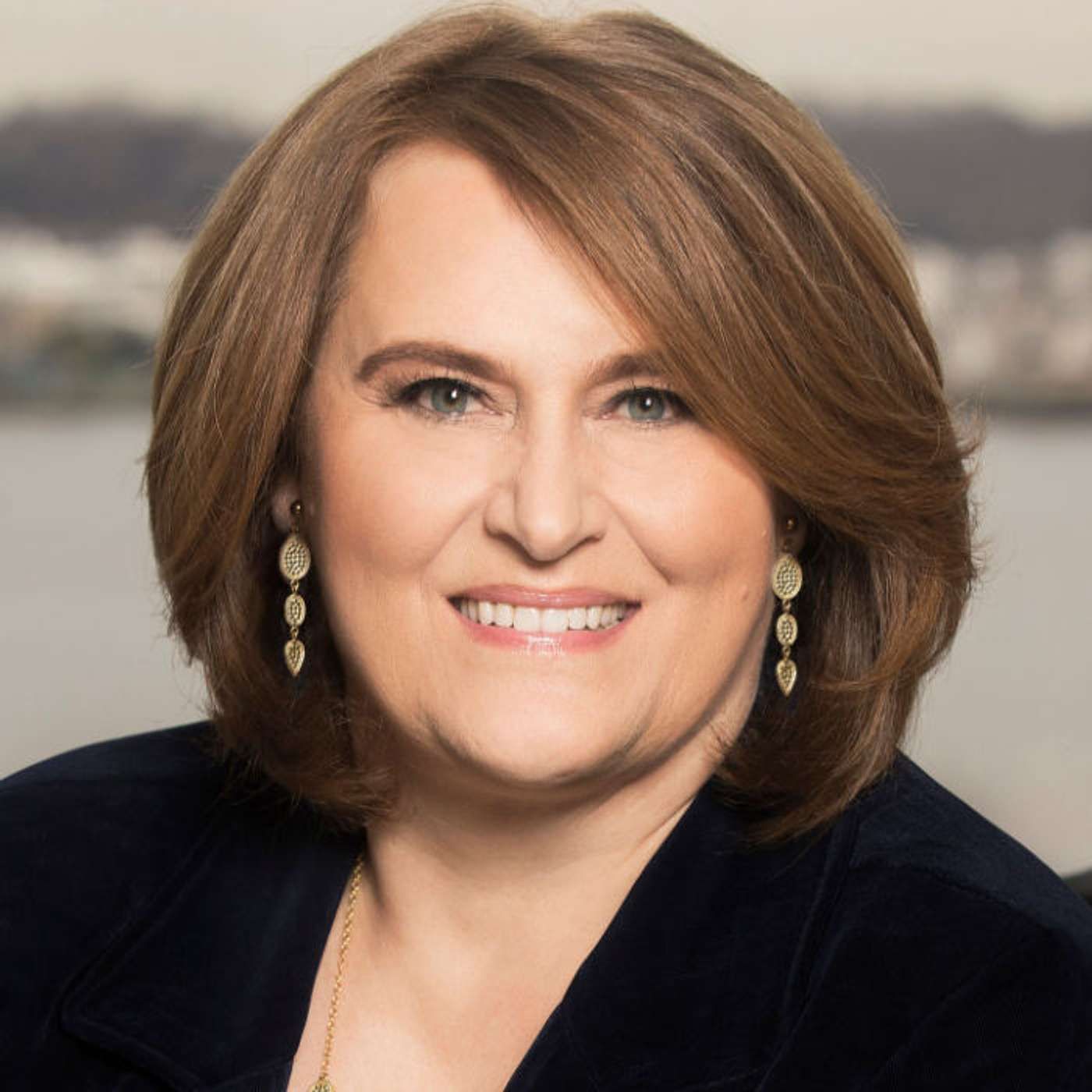
Max Alexander on Space Photography - Iconic Captures of Neil Armstrong, Stephen Hawking, and more on this episode
SpaceWatch.Global is pleased to present: The Space Café Podcast #73: Max Alexander on Space Photography - Iconic Captures of Neil Armstrong, Stephen Hawking, and more on this episode Episode 073 features a special guest: Max AlexanderWe're excited to welcome world-renowned photographer, Max Alexander, to the Space Cafe podcast. With over 25 years of experience in editorial and commercial photography, Max has captured the likes of Neil Armstrong, Stephen Hawking, and Nelson Mandela. He specializes in science communication through photography and is a Fellow of the Royal Astronomical Society. From his work with the UK Space Agency to his photography for The Children's Society, Max has left a lasting impact with his powerful and inspiring images. In this episode, we'll delve into his journey as a photographer and his approach to capturing meaningful moments.Some selected photos Max mentioned in the episode you can find here! The Space Cafe Podcast brings our signature brand of engaging and relevant content from across the global space economy to you via an exciting new format. Together with award-winning Executive Producer, Markus Mooslechner (Terra Mater Factual Studios), our fortnightly podcast features guests that matter. Each episode includes a review of important topics, as well as guest appearances and deep commentary from expert panelists from across the space sector. SPOTIFY: Space Cafe Podcast Guest Tunes Send us a text You can find us on Spotify and Apple Podcast!Please visit us at SpaceWatch.Global, subscribe to our newsletters. Follow us on LinkedIn and Twitter!
Kevin O'Connell - ret. director at U.S. Department of Commerce, on the broadening commercial potential of the space industry
SpaceWatch.Global is pleased to present: The Space Café Podcast #72: Kevin O'Connell - ret. director at U.S. Department of Commerce, on the broadening commercial potential of the space industry Episode 072 features a special guest: Kevin O'ConnellKevin O'Connell is a former Director of the Office of Space Commerce at the U.S Department of Commerce. He is now the founder of Space Economy Rising LLC, a company that works with clients and partners worldwide on all aspects of the space economy. He is an expert in the field of space commerce and has been involved in space issues for over 30 years. In this episode, he talks about the commercial potential of space and takes unexpected turns. It seems space is looking for any talent out there. The Space Cafe Podcast brings our signature brand of engaging and relevant content from across the global space economy to you via an exciting new format. Together with award-winning Executive Producer, Markus Mooslechner (Terra Mater Factual Studios), our fortnightly podcast features guests that matter. Each episode includes a review of important topics, as well as guest appearances and deep commentary from expert panellists from across the space sector. SPOTIFY: Space Cafe Podcast Guest Tunes Send us a text You can find us on Spotify and Apple Podcast!Please visit us at SpaceWatch.Global, subscribe to our newsletters. Follow us on LinkedIn and Twitter!
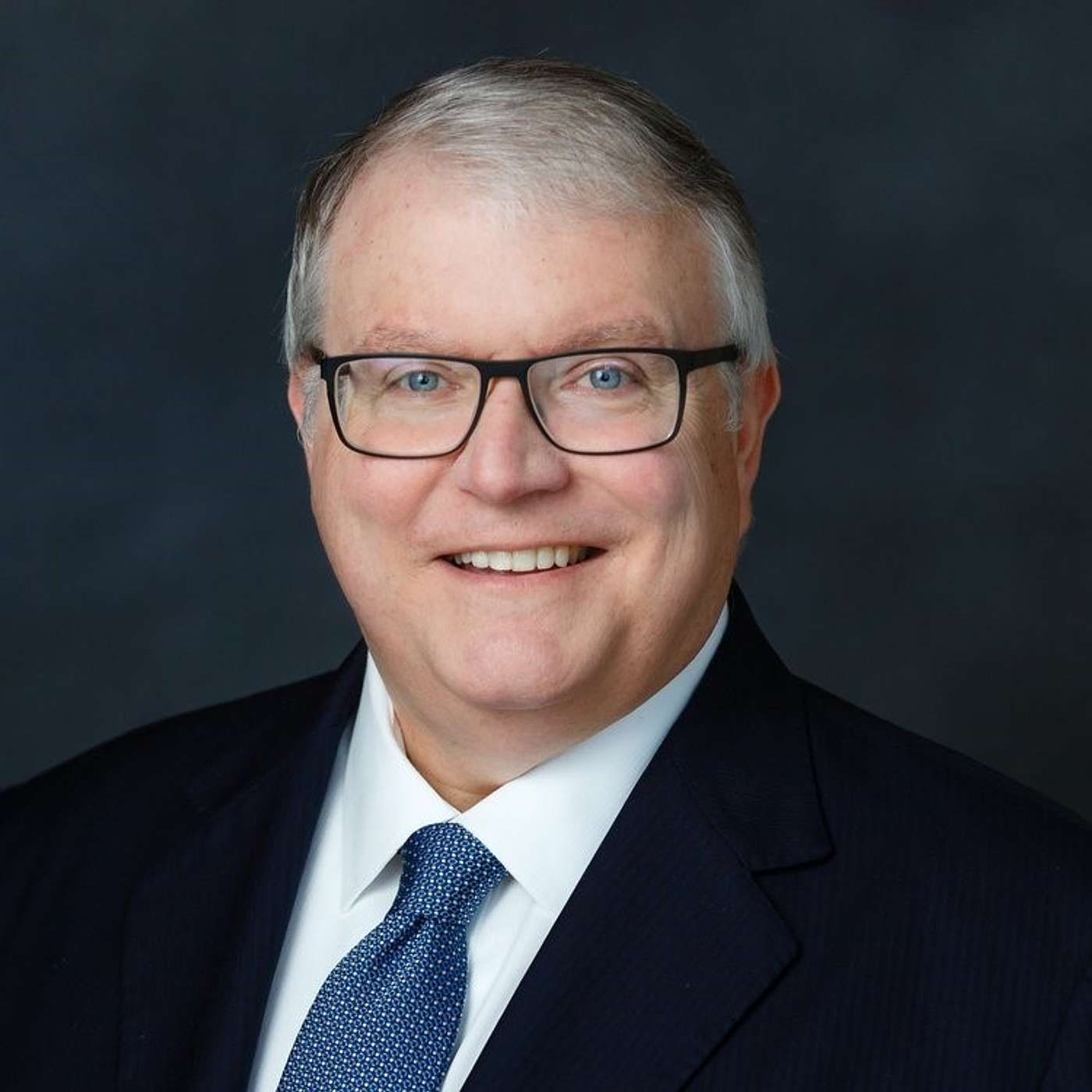
Joel Spark - Co-founder and Chief Satellite Architect at Spire, unlocking the digital frontier and the quest to build a second earth
SpaceWatch.Global is pleased to present: The Space Café Podcast #71: Joel Spark - Co-founder and Chief Satellite Architect at Spire, unlocking the digital frontier and the quest to build a second earth Episode 071 features a special guest: Joel SparkSpire Global is a data and analytics company that uses nanosatellites to track global data sets, such as maritime, aviation, and weather patterns. It operates a fleet of over 110 CubeSats, the second-largest commercial constellation by the number of satellites, and the largest by the number of sensors. The satellites are designed and built in-house, and the company has launched over 140 of them since its inception. Spire has offices in several locations around the world, including San Francisco, Boulder, Washington D.C., Glasgow, Luxembourg, Singapore, and Cambridge, Ontario. It was founded in 2012 as NanoSatisfi Inc. and rebranded as Spire in 2014. The company has raised multiple rounds of funding, including a $25 million Series A round in 2014 and a $40 million Series B round in 2015. The Space Cafe Podcast brings our signature brand of engaging and relevant content from across the global space economy to you via an exciting new format. Together with award-winning Executive Producer, Markus Mooslechner (Terra Mater Factual Studios), our fortnightly podcast features guests that matter. Each episode includes a review of important topics, as well as guest appearances and deep commentary from expert panellists from across the space sector. SPOTIFY: Space Cafe Podcast Guest Tunes Send us a text You can find us on Spotify and Apple Podcast!Please visit us at SpaceWatch.Global, subscribe to our newsletters. Follow us on LinkedIn and Twitter!
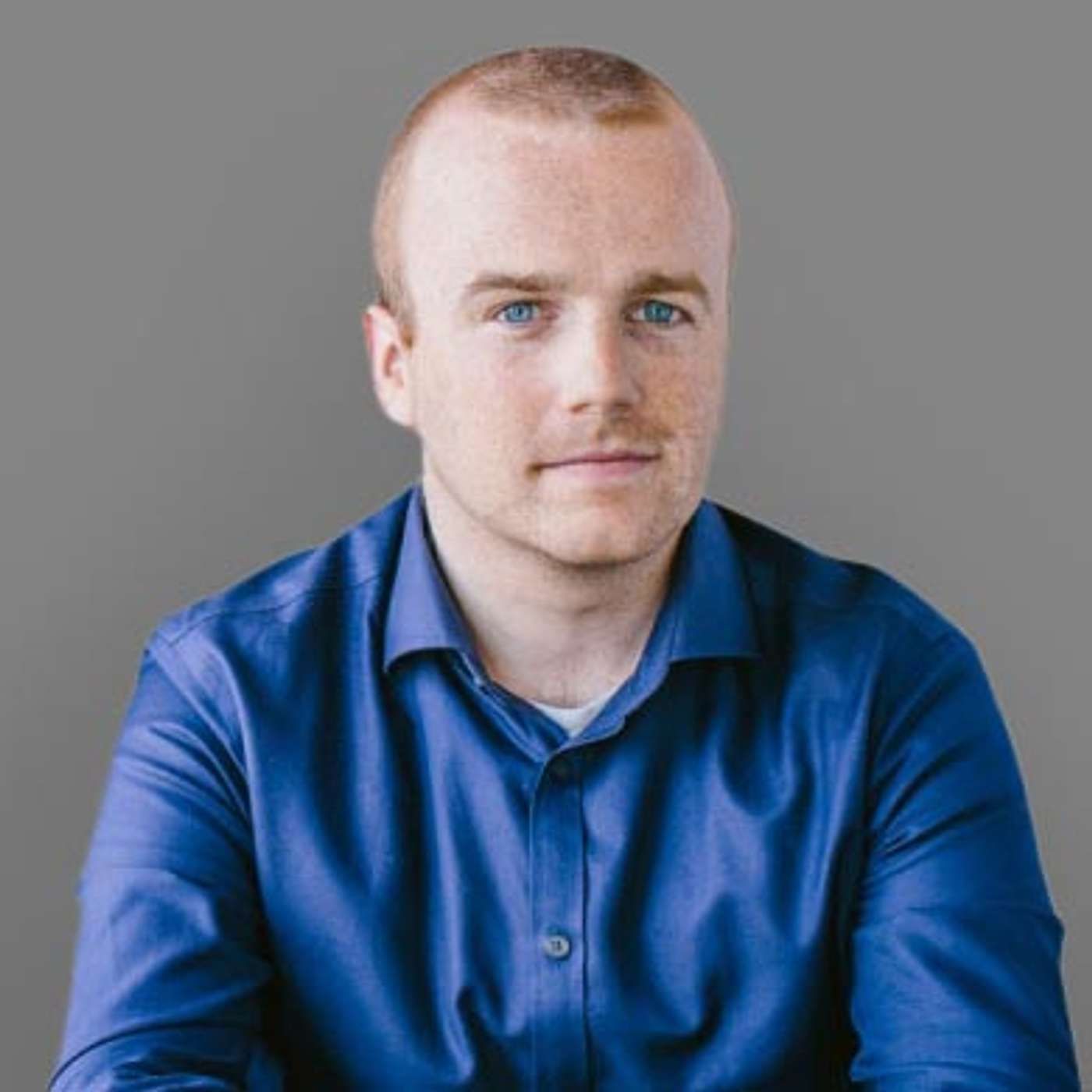
Jim Green - former chief scientist NASA about the past and future of space science and the agency’s secret sauce
SpaceWatch.Global is pleased to present: The Space Café Podcast #70: Jim Green - former chief scientist NASA about the past and future of space science and the agency’s secret sauce Episode 070 features a special guest: Dr. James Green James Green has served 40 years with NASA and sports some of its most prestigious missions. In the current episode of the Space Café Podcast, he talks about SLS, James Webb, Artemis, DART, space science and the future of the space industry. The Space Cafe Podcast brings our signature brand of engaging and relevant content from across the global space economy to you via an exciting new format. Together with award-winning Executive Producer, Markus Mooslechner (Terra Mater Factual Studios), our fortnightly podcast features guests that matter. Each episode includes a review of important topics, as well as guest appearances and deep commentary from expert panellists from across the space sector. SPOTIFY: Space Cafe Podcast Guest Tunes Send us a text You can find us on Spotify and Apple Podcast!Please visit us at SpaceWatch.Global, subscribe to our newsletters. Follow us on LinkedIn and Twitter!
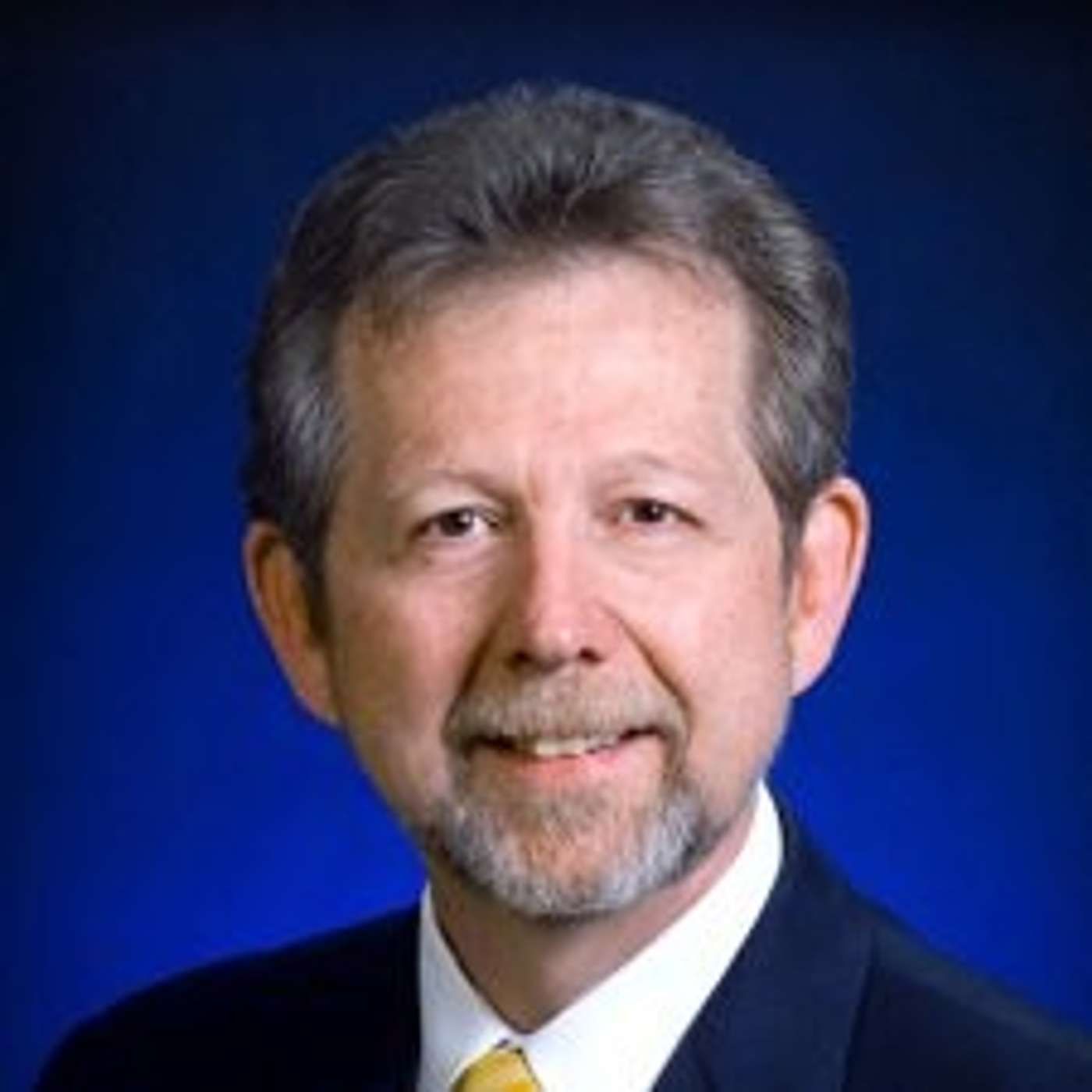
Carlo Buontempo - Copernicus Climate change and an unbiased look at the state of our world
SpaceWatch.Global is pleased to present: The Space Café Podcast #69: Carlo Buontempo - Copernicus Climate change and an unbiased look at the state of our world. Episode 069 features a special guest: Carlo Buontempo Carlo Buontempo is the Director of the Copernicus Climate Change Service at Copernicus ECMWF. He is an expert on climate change and has been working in the field for many years. Buontempo is currently responsible for overseeing the Copernicus Climate Change Service, which is a part of the European Union's Copernicus program. The program is focused on providing accurate and timely information about the Earth's climate, which is essential for understanding and addressing climate change. Buontempo was also involved in the COP27 conference, which brought together experts from around the world to discuss climate change and potential solutions. The Space Cafe Podcast brings our signature brand of engaging and relevant content from across the global space economy to you via an exciting new format. Together with award-winning Executive Producer, Markus Mooslechner (Terra Mater Factual Studios), our fortnightly podcast features guests that matter. Each episode includes a review of important topics, as well as guest appearances and deep commentary from expert panellists from across the space sector. SPOTIFY: Space Cafe Podcast Guest Tunes Send us a text You can find us on Spotify and Apple Podcast!Please visit us at SpaceWatch.Global, subscribe to our newsletters. Follow us on LinkedIn and Twitter!
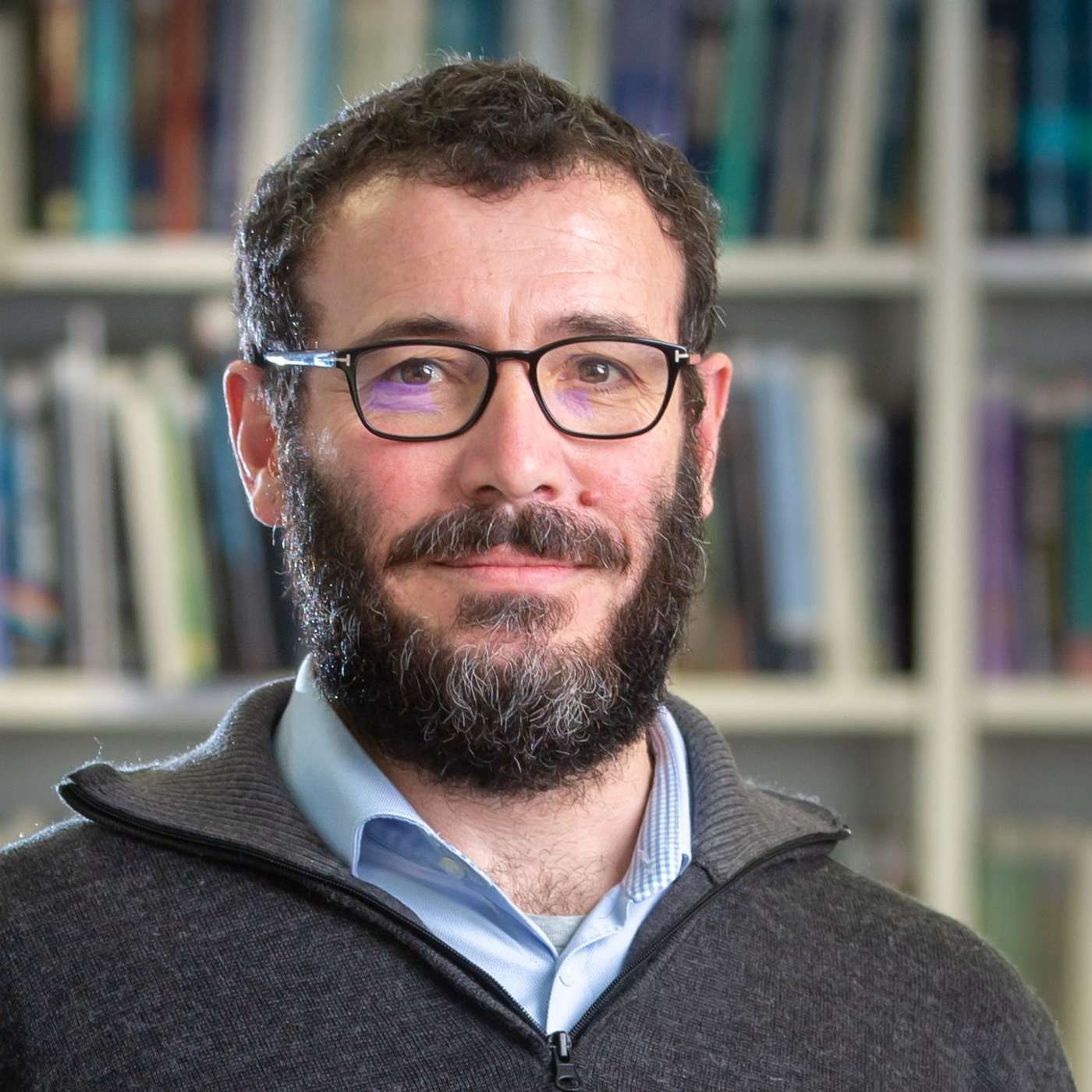
Daniel Leeb - Iceland's Space Agency as a launching pad towards becoming an interplanetary species
SpaceWatch.Global is pleased to present: The Space Café Podcast #68: Daniel Leeb - Iceland's Space Agency as a launching pad towards becoming an interplanetary species Episode 068 features a special guest: Daniel Leeb Daniel Leeb is the director of the Iceland Space Agency and oversees a wealth of space-related research that particularly benefits from Iceland's unique natural features. There are few places where you can get closer to the real experience of visiting the Moon, Mars or Venus than Iceland. It's no coincidence, then, that the international leaders of the space scene have been flocking to Iceland. The Space Cafe Podcast brings our signature brand of engaging and relevant content from across the global space economy to you via an exciting new format. Together with award-winning Executive Producer, Markus Mooslechner (Terra Mater Factual Studios), our fortnightly podcast features guests that matter. Each episode includes a review of important topics, as well as guest appearances and deep commentary from expert panellists from across the space sector. SPOTIFY: Space Cafe Podcast Guest Tunes Send us a text You can find us on Spotify and Apple Podcast!Please visit us at SpaceWatch.Global, subscribe to our newsletters. Follow us on LinkedIn and Twitter!
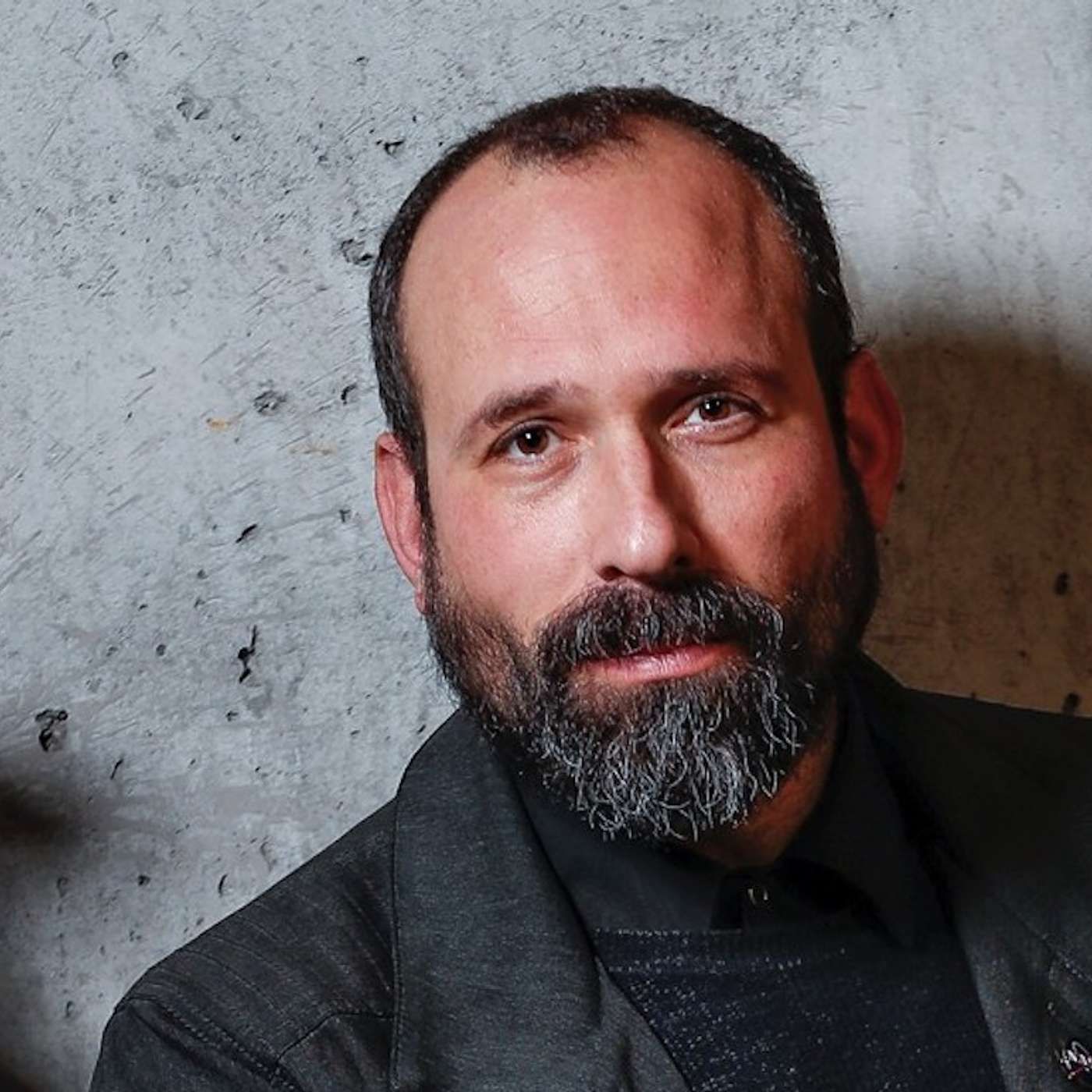
Thomas Zurbuchen - NASA’s Science Mission director
SpaceWatch.Global is pleased to present: The Space Café Podcast #67: Thomas Zurbuchen - NASA’s Science Mission director Episode 067 features a special guest: Dr. Thomas Zurbuchen Thomas Zurbuchen is one of NASA's most successful science directors of all time. After 6 years in office, he looks back on an outstanding career and gives insights into the future of NASA. The Space Cafe Podcast brings our signature brand of engaging and relevant content from across the global space economy to you via an exciting new format. Together with award-winning Executive Producer, Markus Mooslechner (Terra Mater Factual Studios), our fortnightly podcast features guests that matter. Each episode includes a review of important topics, as well as guest appearances and deep commentary from expert panellists from across the space sector. SPOTIFY: Space Cafe Podcast Guest Tunes Send us a text You can find us on Spotify and Apple Podcast!Please visit us at SpaceWatch.Global, subscribe to our newsletters. Follow us on LinkedIn and Twitter!
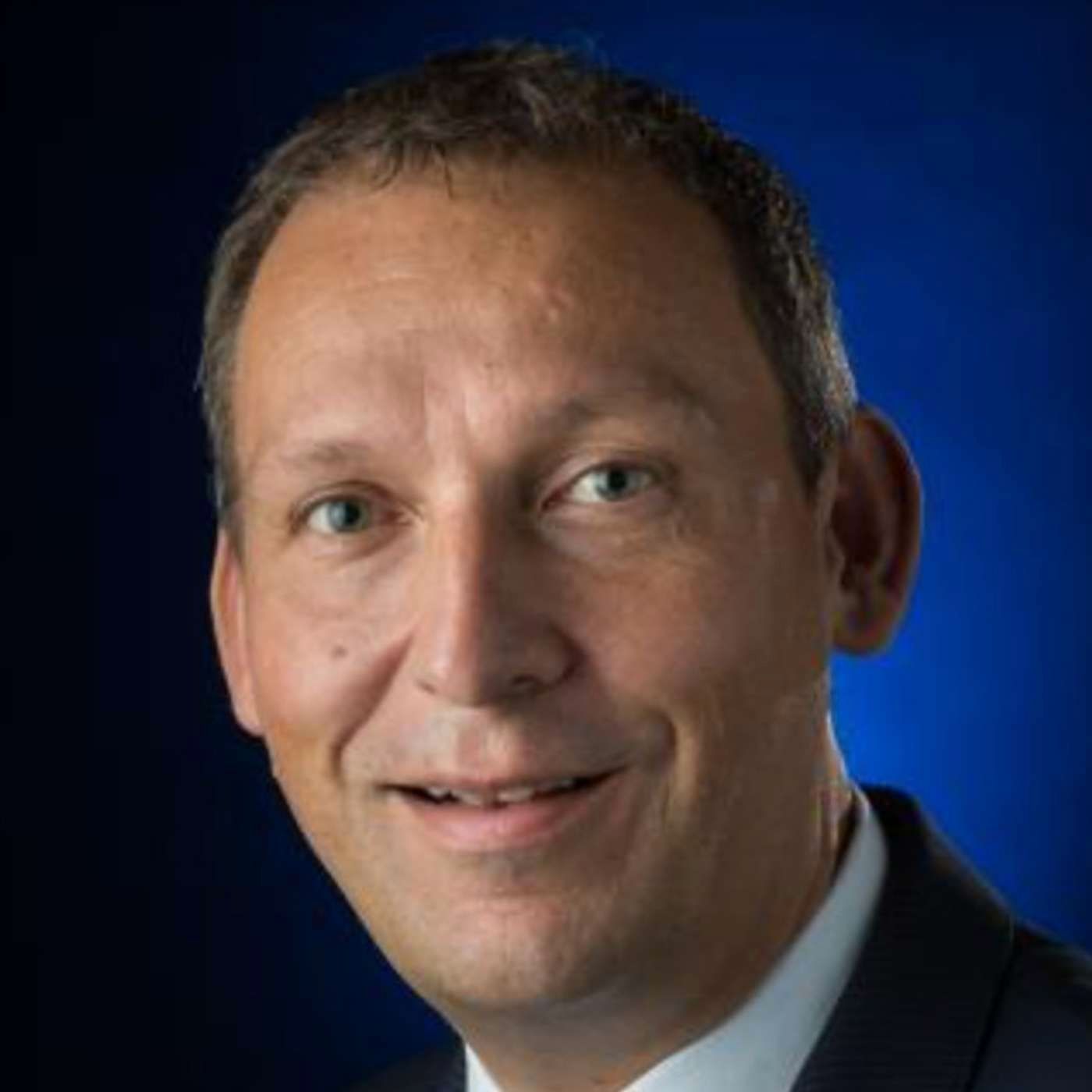
Melanie Stricklan - Slingshot Aerospace, how to get order in the chaos in low earth orbit
SpaceWatch.Global is pleased to present: The Space Café Podcast #66: Melanie Stricklan - Slingshot Aerospace, how to get order in the chaos in low earth orbit Episode 066 features a special guest: Melanie Stricklan Melanie Stricklan has a captivating history in the United States Airforce and a powerful mission: with her company Slingshot Aerospace, she wants to bring order to the communications and data chaos above us. And it looks like she might succeed. The Space Cafe Podcast brings our signature brand of engaging and relevant content from across the global space economy to you via an exciting new format. Together with award-winning Executive Producer, Markus Mooslechner (Terra Mater Factual Studios), our fortnightly podcast features guests that matter. Each episode includes a review of important topics, as well as guest appearances and deep commentary from expert panellists from across the space sector. SPOTIFY: Space Cafe Podcast Guest Tunes Send us a text You can find us on Spotify and Apple Podcast!Please visit us at SpaceWatch.Global, subscribe to our newsletters. Follow us on LinkedIn and Twitter!
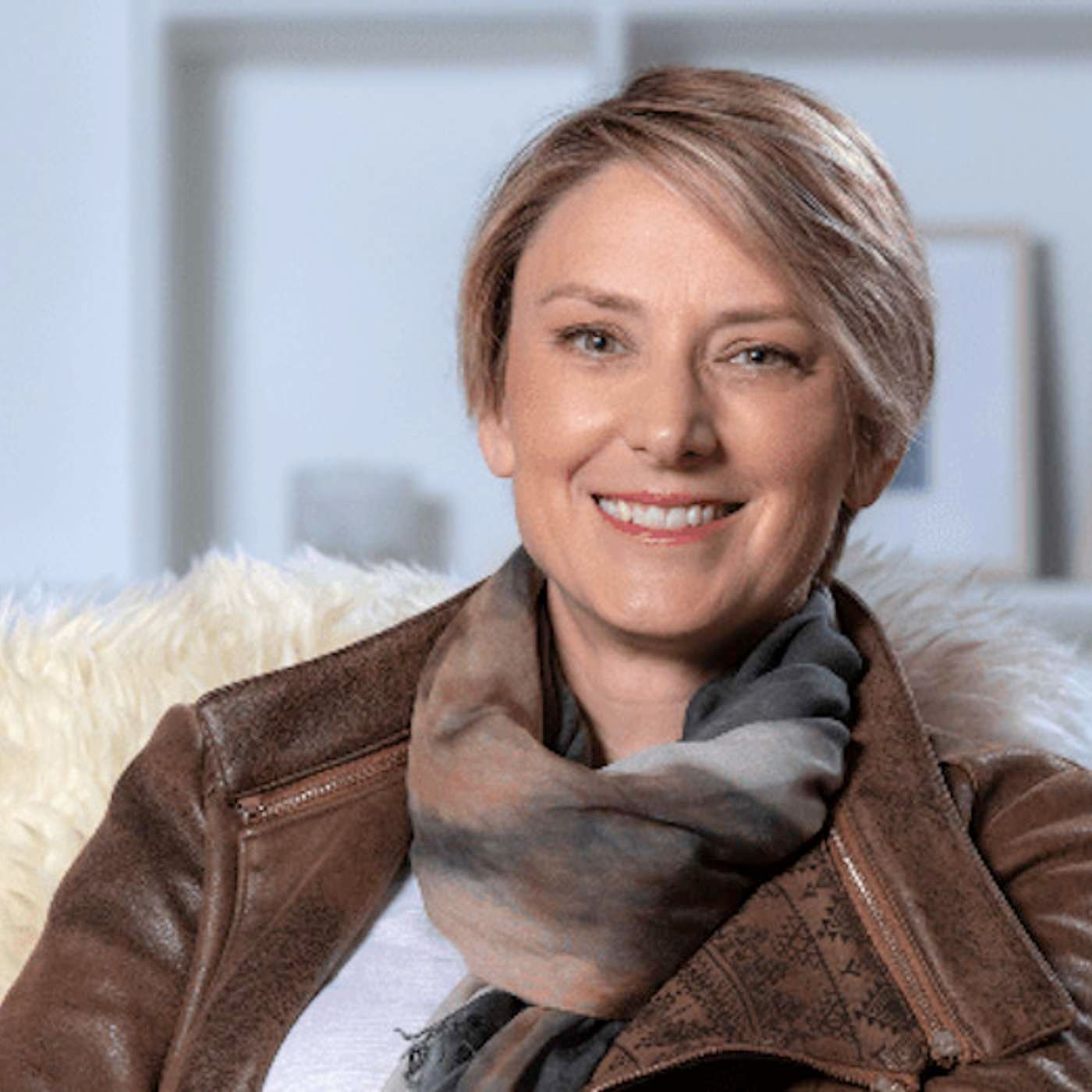
Noemie Alliel - Starburst Aerospace and how to accelerate space in the 21st century
SpaceWatch.Global is pleased to present: The Space Café Podcast #65: Noemie Alliel - Starburst Aerospace and how to accelerate space in the 21st century Episode 065 features a special guest: Noemie Alliel Accelerators are not only spilling money into the thriving new space economy but also are changing the way things are done up there. It's not a secret, that the big players from yesteryear are struggling to find hold in the new world. Small startups are speeding things up and this is where the fun begins. Noemie Alliel from the global accelerator Starburst Aerospace takes a seat in the brand-new episode of the Space Cafe Podcast. The Space Cafe Podcast brings our signature brand of engaging and relevant content from across the global space economy to you via an exciting new format. Together with award-winning Executive Producer, Markus Mooslechner (Terra Mater Factual Studios), our fortnightly podcast features guests that matter. Each episode includes a review of important topics, as well as guest appearances and deep commentary from expert panellists from across the space sector. SPOTIFY: Space Cafe Podcast Guest Tunes Send us a text You can find us on Spotify and Apple Podcast!Please visit us at SpaceWatch.Global, subscribe to our newsletters. Follow us on LinkedIn and Twitter!
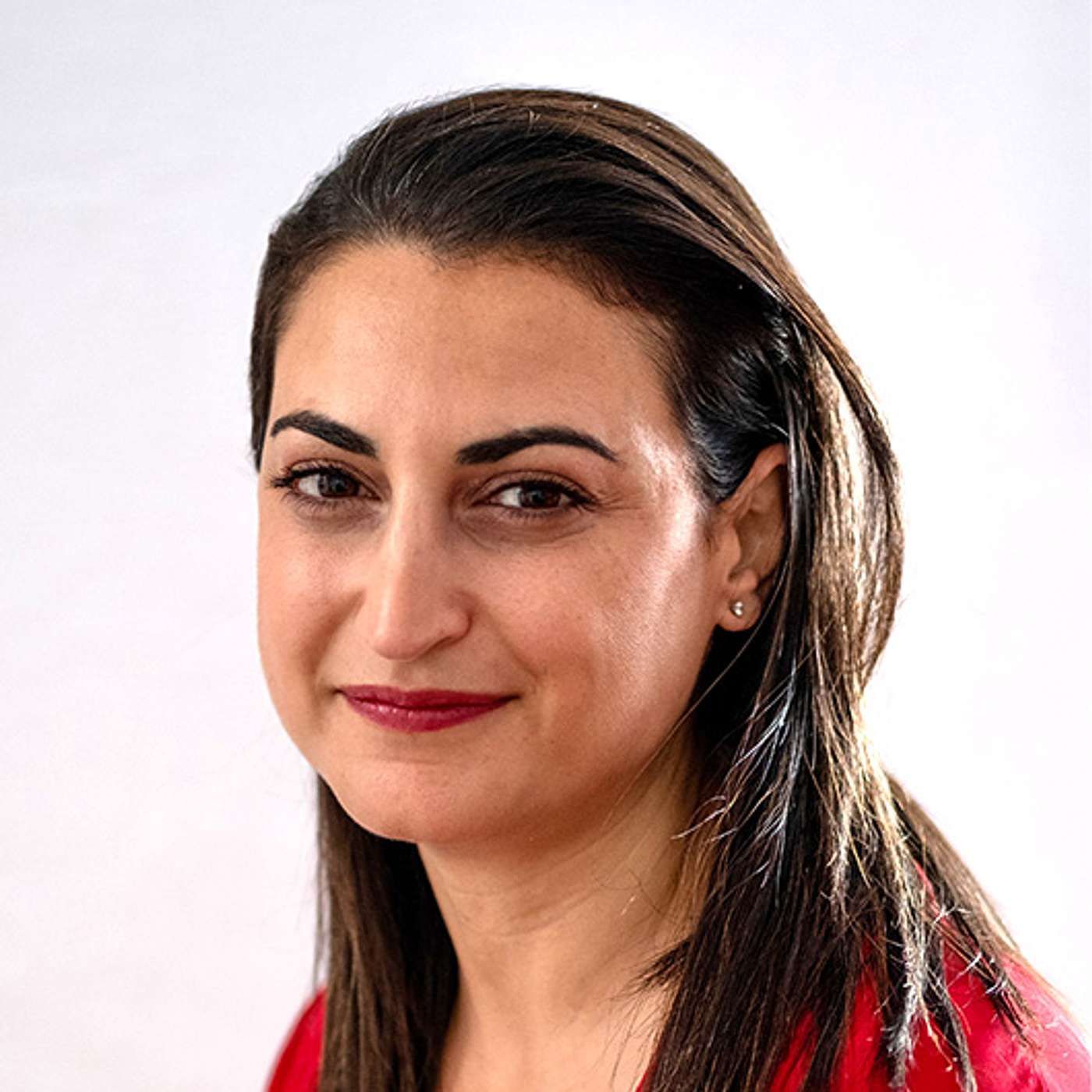
Annie Handmer - what's up with the strange "object K" orbiting the earth in LEO?
SpaceWatch.Global is pleased to present: The Space Café Podcast #64: Annie Handmer - what's up with the strange "object K" orbiting the earth in LEO? Episode 064 features a special guest: Dr. Annie Handmer A strange object in Low Earth orbit that seems to belong to no one and an even stranger business model with Earth observation satellites are among the topics in the brand new episode of the Space Cafe Podcast. Space Junk podcaster and Senior Manager for Innovation and Policy at HEO Robotics is our guest in the studio. The Space Cafe Podcast brings our signature brand of engaging and relevant content from across the global space economy to you via an exciting new format. Together with award-winning Executive Producer, Markus Mooslechner (Terra Mater Factual Studios), our fortnightly podcast features guests that matter. Each episode includes a review of important topics, as well as guest appearances and deep commentary from expert panellists from across the space sector. SPOTIFY: Space Cafe Podcast Guest Tunes Send us a text You can find us on Spotify and Apple Podcast!Please visit us at SpaceWatch.Global, subscribe to our newsletters. Follow us on LinkedIn and Twitter!
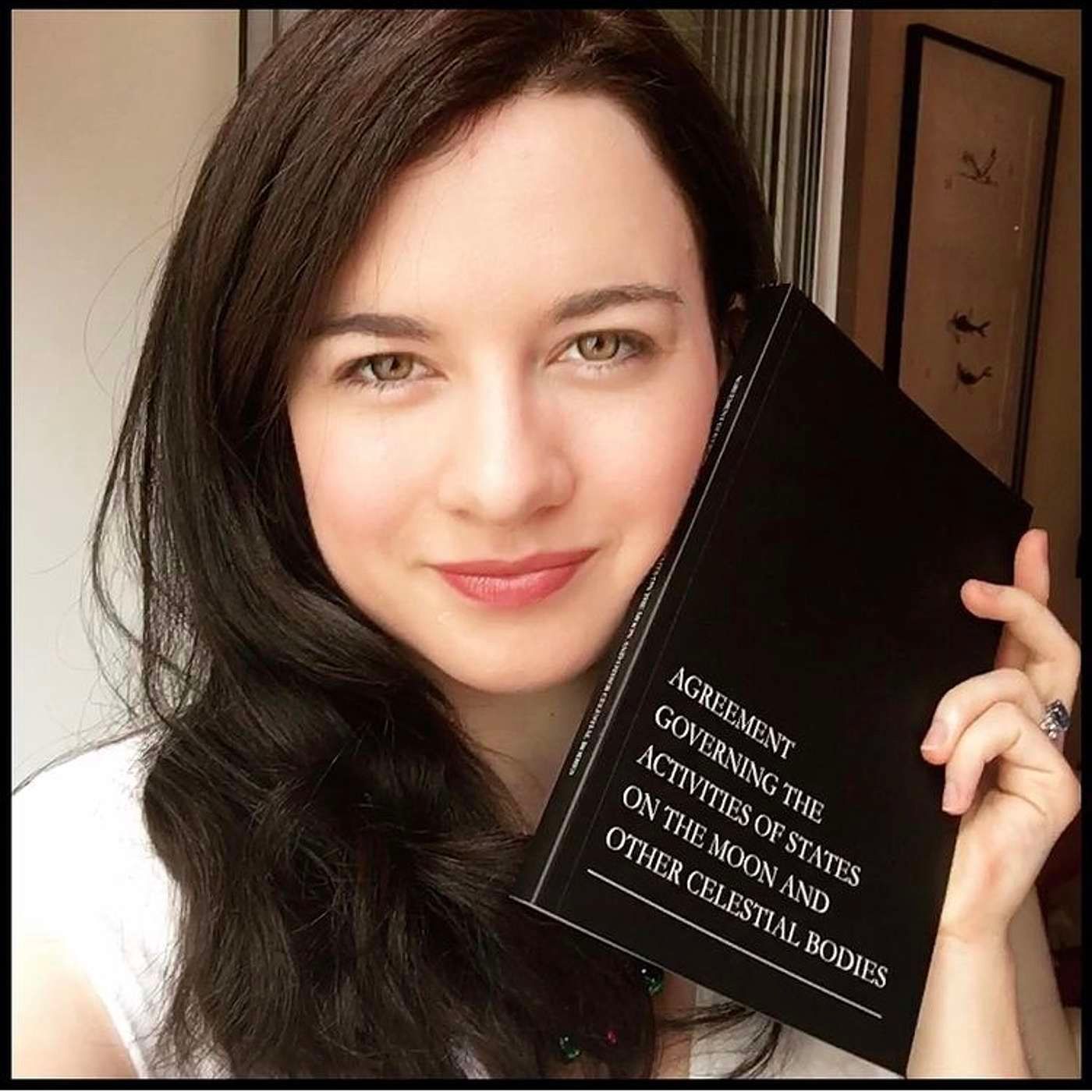
Christopher Newman, space lawyer extraordinaire
SpaceWatch.Global is pleased to present: The Space Café Podcast #63: Christopher Newman, space lawyer extraordinaire Episode 063 features a special guest: Christopher Newman In this episode, we search space for legal loopholes, and we had fun doing it. Drunk driving in space, the perfect place for the perfect crime, mining moon's diamond core (which there is not) or can I dispute Elon's favorite orbit with my little Space Cafe podcast satellite? These are only a few of many reasonable or absurd provocations with which we want to bring light into the darkness of the wild west in space. Professor Christopher Newman has parried the challenge professionally and, by the way, it is a pleasure to listen to him. The Space Cafe Podcast brings our signature brand of engaging and relevant content from across the global space economy to you via an exciting new format. Together with award-winning Executive Producer, Markus Mooslechner (Terra Mater Factual Studios), our fortnightly podcast features guests that matter. Each episode includes a review of important topics, as well as guest appearances and deep commentary from expert panellists from across the space sector. SPOTIFY: Space Cafe Podcast Guest Tunes Send us a text You can find us on Spotify and Apple Podcast!Please visit us at SpaceWatch.Global, subscribe to our newsletters. Follow us on LinkedIn and Twitter!
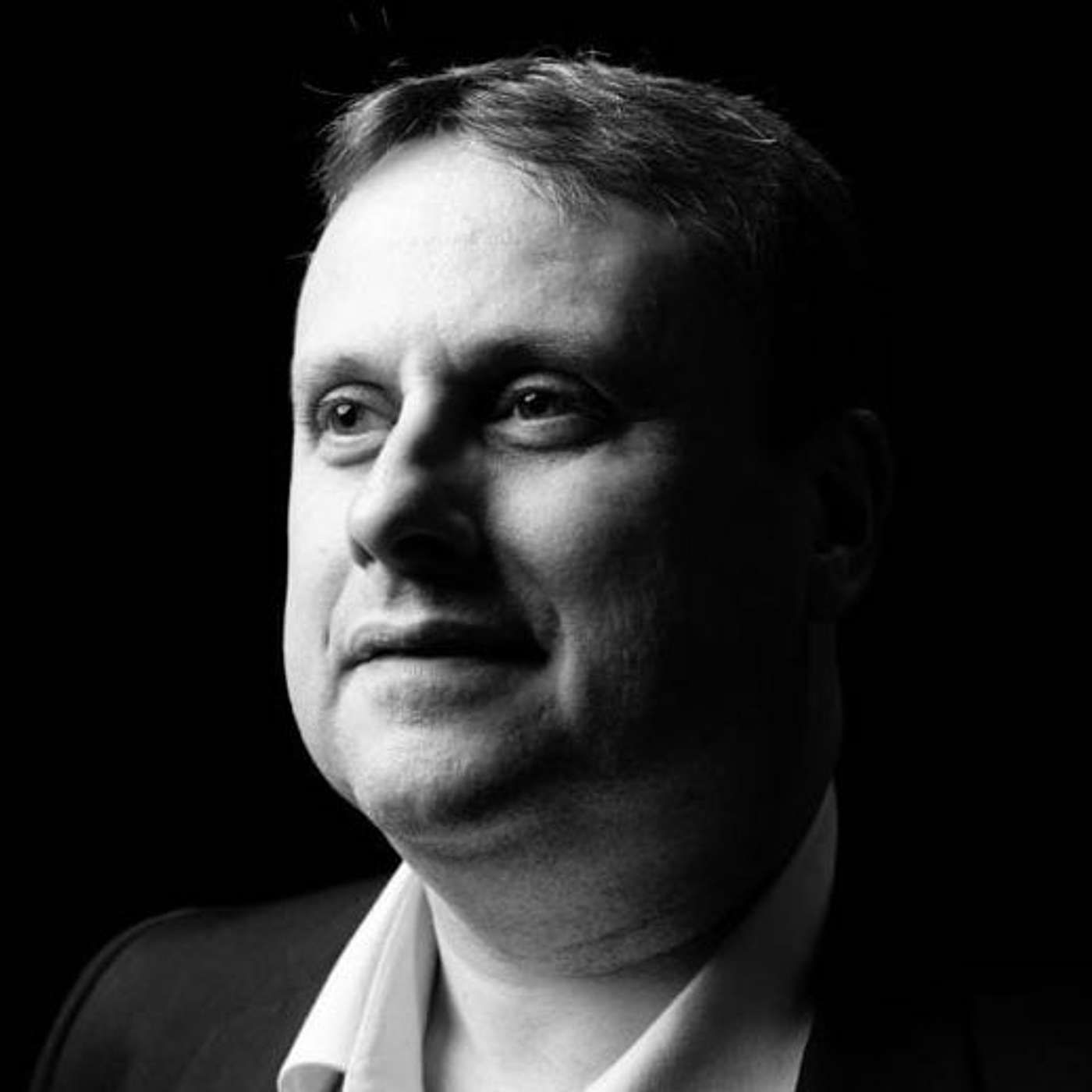
Laura Todd, Vice President of Space Exploration and Future Programs at Airbus
SpaceWatch.Global is pleased to present: The Space Café Podcast #062 - Laura Todd, Vice President of Space Exploration and Future Programs at Airbus Episode 062 features a special guest: Laura Todd. With #nextspace, Airbus is trying to open up new business areas in space. As expected, the opportunities are many, but the obstacles to making the necessary changes on a global scale are significant. Laura Todd, Vice President of Space Exploration and Future Programs at Airbus, paints an unvarnished picture of the present and suggests possible ways out. National one-off solutions and reinventions of the wheel are not the way forward, Todd says. The Space Cafe Podcast brings our signature brand of engaging and relevant content from across the global space economy to you via an exciting new format. Together with award-winning Executive Producer, Markus Mooslechner (Terra Mater Factual Studios), our fortnightly podcast features guests that matter. Each episode includes a review of important topics, as well as guest appearances and deep commentary from expert panellists from across the space sector. SPOTIFY: Space Cafe Podcast Guest Tunes Send us a text You can find us on Spotify and Apple Podcast!Please visit us at SpaceWatch.Global, subscribe to our newsletters. Follow us on LinkedIn and Twitter!
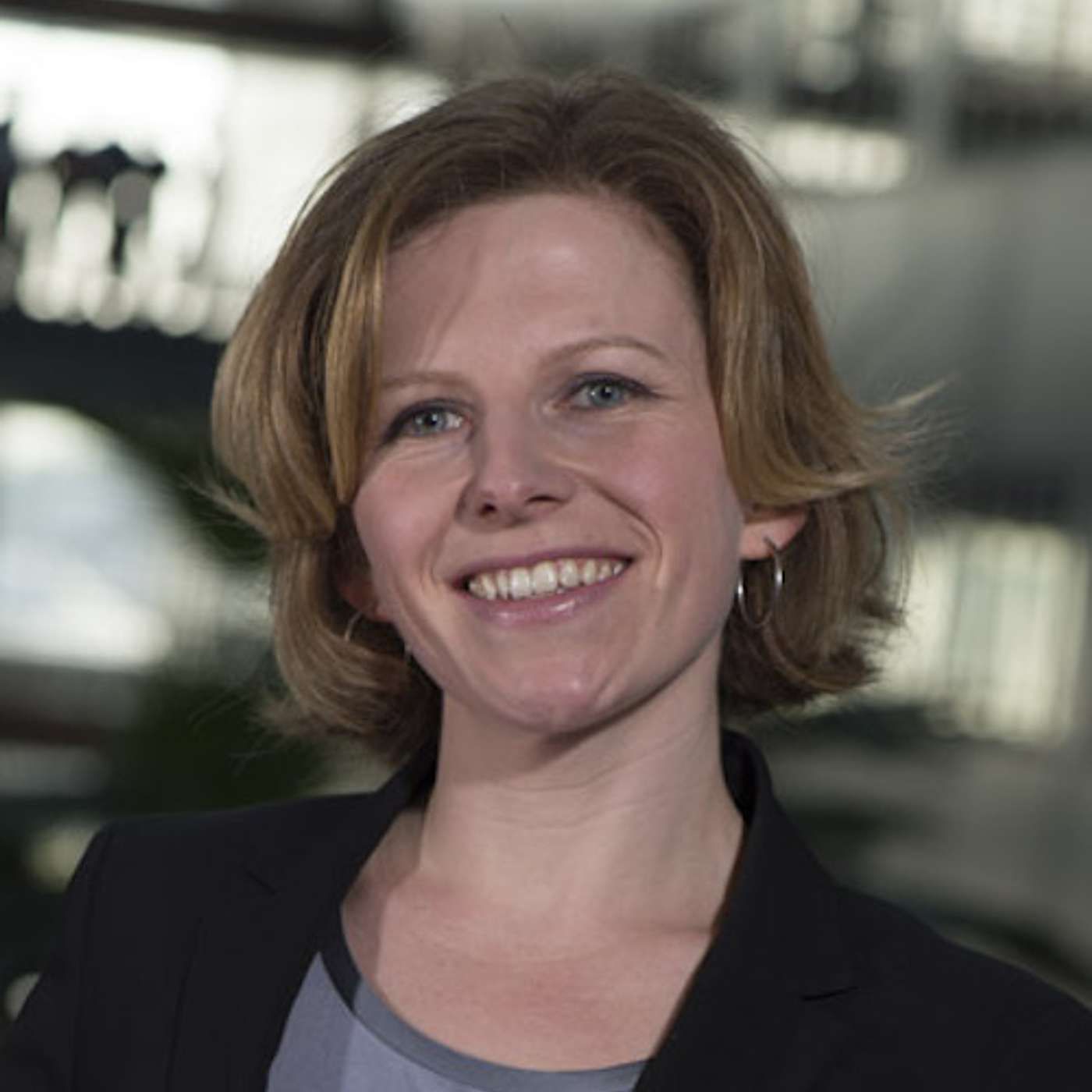
Judith Walls, Wildlife warrior and why the decision about the future of your company is being made right now
SpaceWatch.Global is pleased to present: The Space Café Podcast #061 - Judith Walls, Wildlife warrior and why the decision about the future of your company is being made right now Episode 061 features a special guest: Prof. Dr. Judith Walls. Judith Walls researches at the intersection of business and environmental sustainability at the venerable University of St.Gallen in Switzerland. She focuses on governance characteristics of boards and managers in the context of pressures from stakeholders and other institutions on organizations. Her work extends to the environmental governance of industries that directly impact land use, such as agriculture, mining, and trophy hunting. So what does all this have to do with Space? A lot. A brand new episode of the Space Cafe Podcast is out now. The Space Cafe Podcast brings our signature brand of engaging and relevant content from across the global space economy to you via an exciting new format. Together with award-winning Executive Producer, Markus Mooslechner (Terra Mater Factual Studios), our fortnightly podcast features guests that matter. Each episode includes a review of important topics, as well as guest appearances and deep commentary from expert panellists from across the space sector. SPOTIFY: Space Cafe Podcast Guest Tunes Send us a text You can find us on Spotify and Apple Podcast!Please visit us at SpaceWatch.Global, subscribe to our newsletters. Follow us on LinkedIn and Twitter!
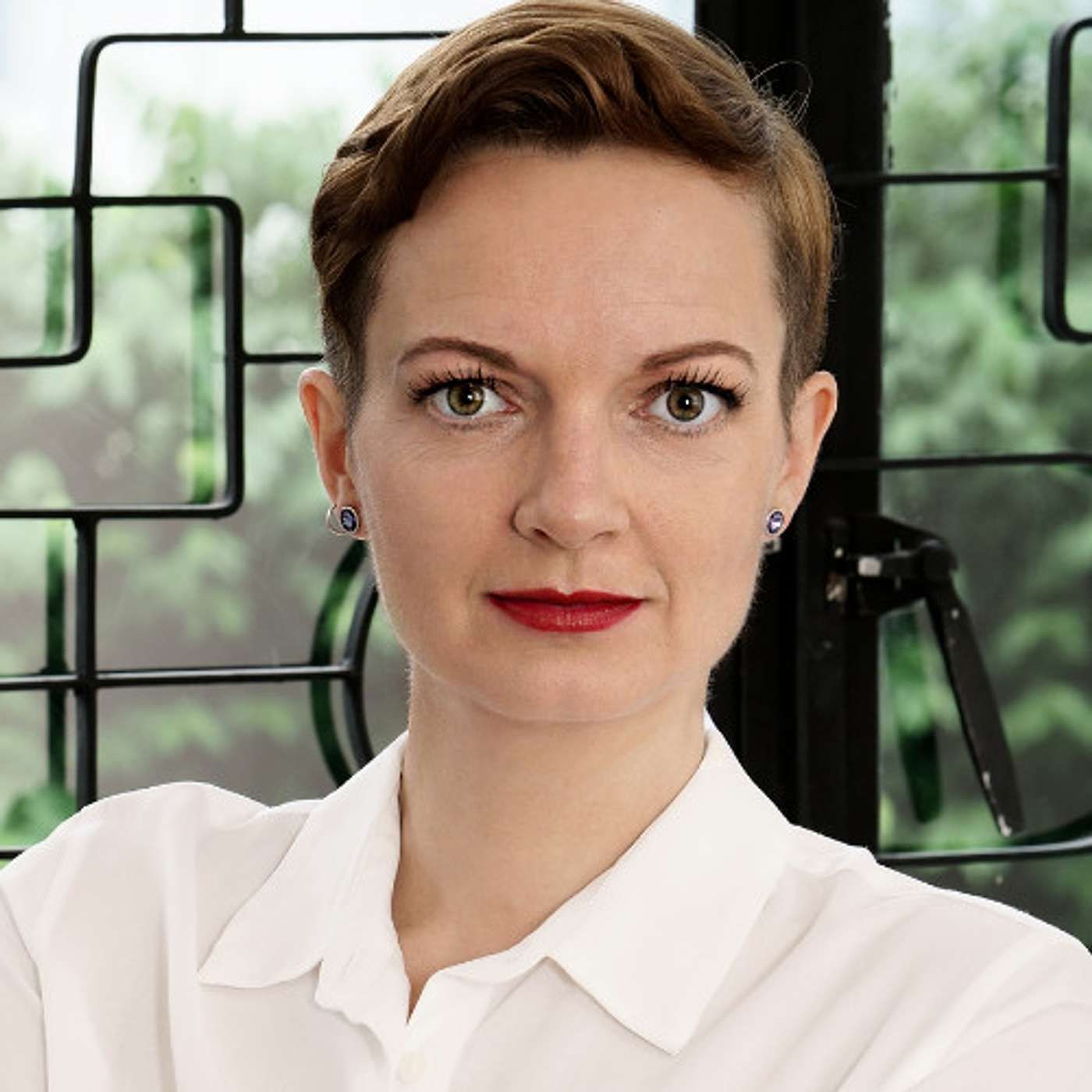
Paul Taylor, Space Analyst: Is Europe losing the space race?
SpaceWatch.Global is pleased to present: The Space Café Podcast #060 - Paul Taylor, Space Analyst: Is Europe losing the space race? Episode 060 features a special guest: Paul Taylor Europe is great when it comes to space exploration. ESA can look back on spectacular missions. But is that enough? Space analyst Paul Taylor paints a bleak picture of Europe's future in space.His current report for download: Running out of Space The Space Cafe Podcast brings our signature brand of engaging and relevant content from across the global space economy to you via an exciting new format. Together with award-winning Executive Producer, Markus Mooslechner (Terra Mater Factual Studios), our fortnightly podcast features guests that matter. Each episode includes a review of important topics, as well as guest appearances and deep commentary from expert panellists from across the space sector.SPOTIFY: Space Cafe Podcast Guest Tunes Send us a text You can find us on Spotify and Apple Podcast!Please visit us at SpaceWatch.Global, subscribe to our newsletters. Follow us on LinkedIn and Twitter!
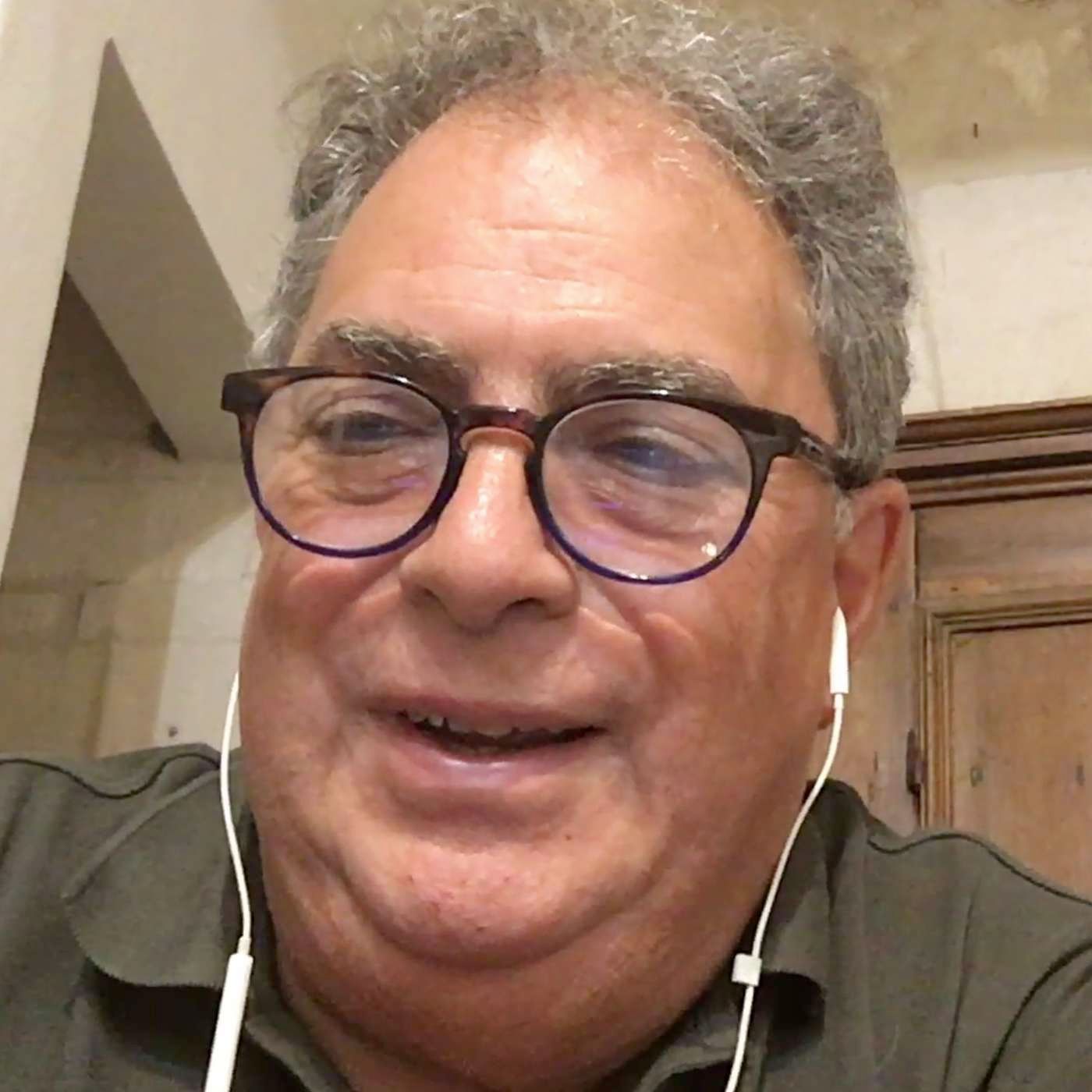
Günther Hasinger, the James Webb Space Telescope and surprising confessions of an ESA director
SpaceWatch.Global is pleased to present: The Space Café Podcast #059 - Günther Hasinger, the James Webb Space Telescope and surprising confessions of an ESA director Episode 059 features a special guest: Günther Hasinger.Even seasoned ESA directors have emotions when it comes to groundbreaking moments like the launch and commissioning of the James Webb Space Telescope. ESA's Director of Science, Günther Hasinger, speaks candidly about the brand-new eye in the sky, plunging down a rabbit hole of wonder at what this new piece of technology will bring in the months and years ahead. His reaction after seeing the first images, however, was surprising though. SPOTIFY: Space Cafe Podcast Guest Tunes The Space Cafe Podcast brings our signature brand of engaging and relevant content from across the global space economy to you via an exciting new format. Together with award-winning Executive Producer, Markus Mooslechner (Terra Mater Factual Studios), our fortnightly podcast features guests that matter. Each episode includes a review of important topics, as well as guest appearances and deep commentary from expert panellists from across the space sector. Send us a text You can find us on Spotify and Apple Podcast!Please visit us at SpaceWatch.Global, subscribe to our newsletters. Follow us on LinkedIn and Twitter!
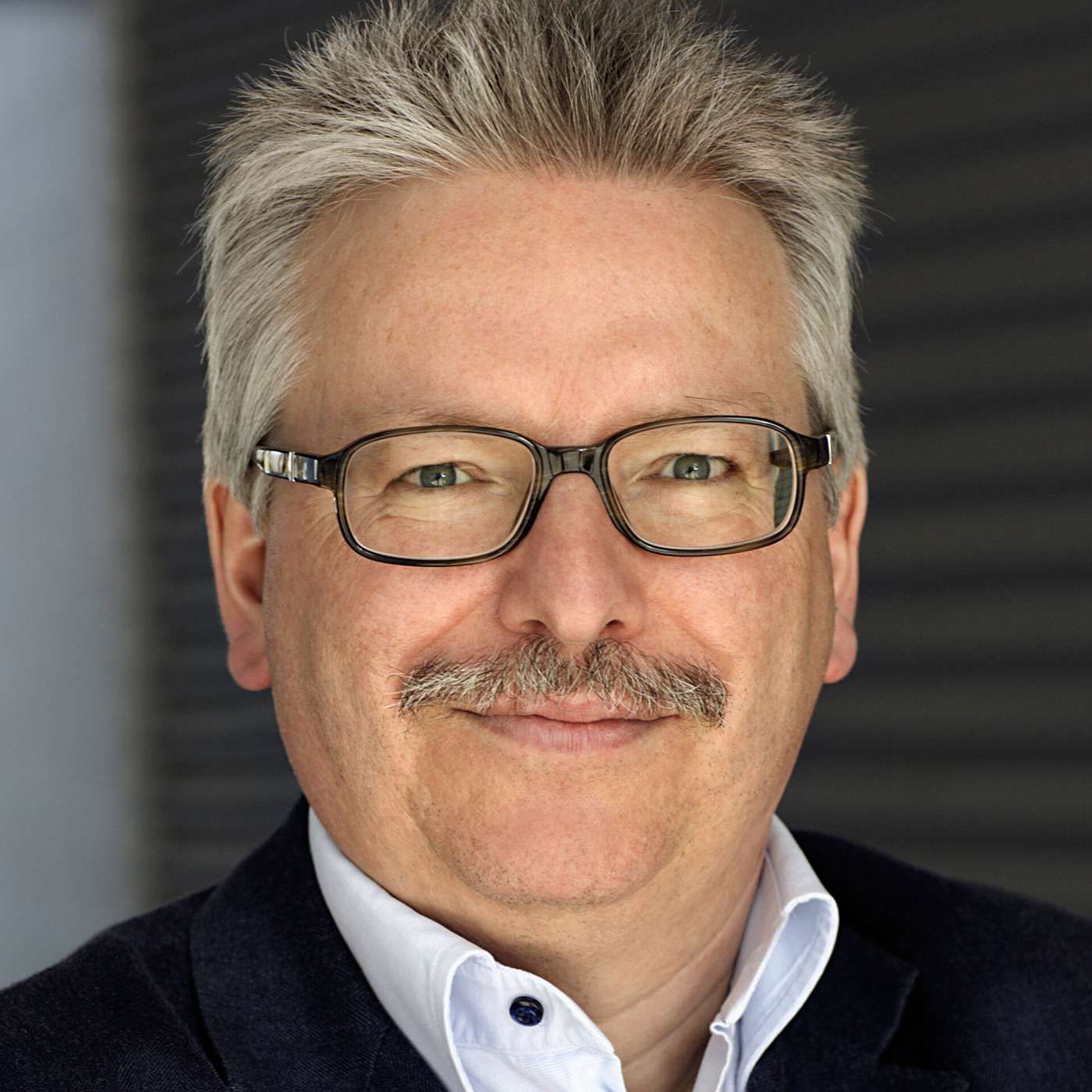
Erik Wernquist - the man behind the space video hit "Wanderers" on YouTube
SpaceWatch.Global is pleased to present: The Space Café Podcast #058 - Erik Wernquist, the man behind the space video hit "Wanderers" on YouTube Episode 058 features a special guest: Erik Wernquist.When he uploaded his 3:51 minute vision of humanity in space to Youtube, Erik didn't realize the way it would change his life and, according to the comments, the lives of many others. In the latest edition of the Space Cafe Podcast, Erik talks candidly about the aftermath, why he doesn't think humans should settle permanently on Mars, why Cassini still brings tears to his eyes, and why he proposed Carbon Based Lifeforms’ track 42 as the first entry into the brand new Space Cafe Podcast Guest Tunes playlist. YOUTUBE: Wanderers SPOTIFY: Space Cafe Podcast Guest Tunes The Space Cafe Podcast brings our signature brand of engaging and relevant content from across the global space economy to you via an exciting new format. Together with award-winning Executive Producer, Markus Mooslechner (Terra Mater Factual Studios), our fortnightly podcast features guests that matter. Each episode includes a review of important topics, as well as guest appearances and deep commentary from expert panellists from across the space sector. Send us a text You can find us on Spotify and Apple Podcast!Please visit us at SpaceWatch.Global, subscribe to our newsletters. Follow us on LinkedIn and Twitter!
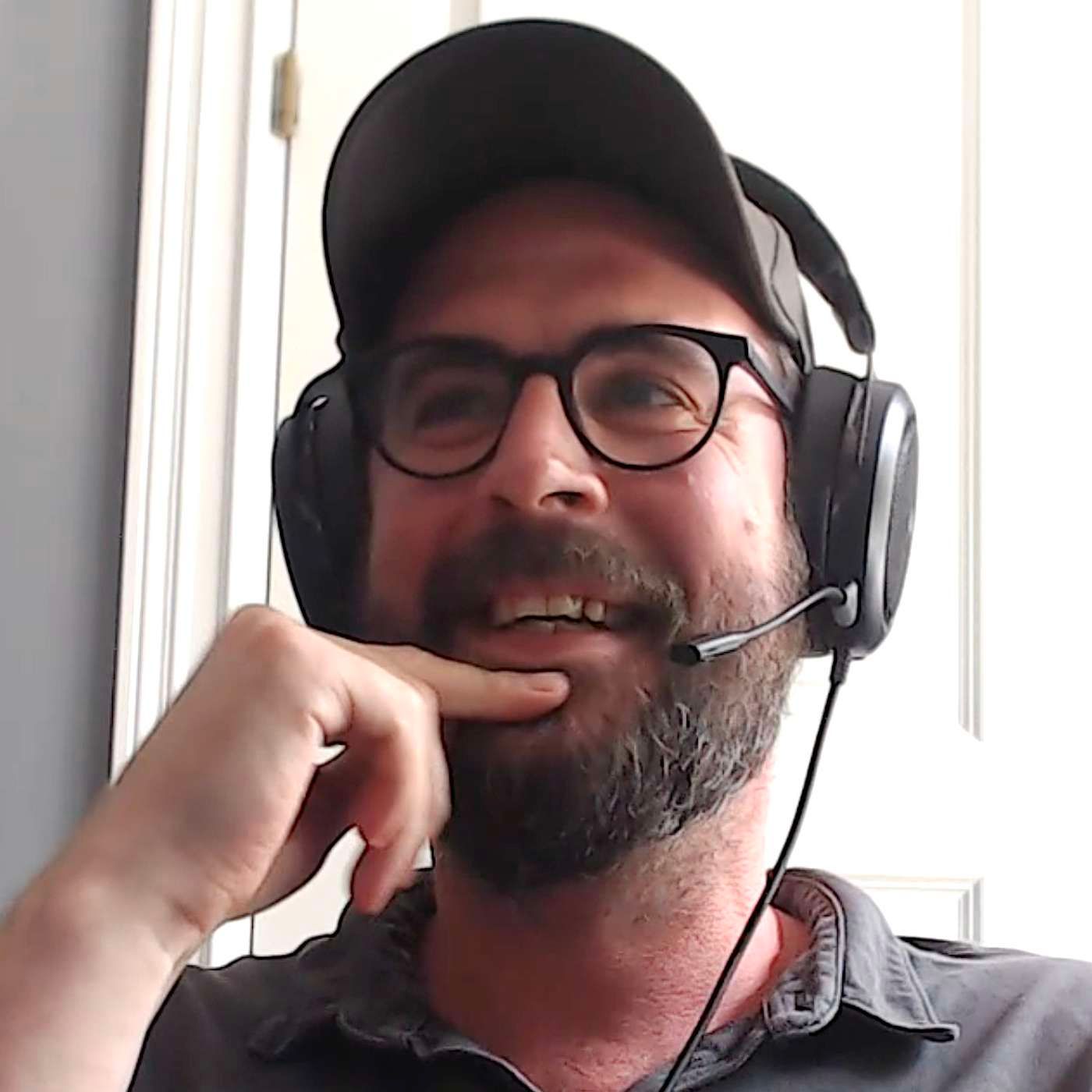
Adrien Mauduit - Aurora Hunter by passion
SpaceWatch.Global is pleased to present: The Space Café Podcast #057 Adrien Mauduit, Aurora Hunter by passion Episode 057 features a special guest: Adrien Mauduit. Some say that it takes a very good reason for a Frenchman to leave his home country. Adrien Mauduit knows what he is talking about. The Aurora, the magical play of the earthly magnetic field with the solar storms, has taken such a liking to the young Frenchman that he can no longer imagine returning home. The adventures that the Arctic skies in the far north of Europe can offer him are too fascinating. In the current edition of the Space Café Podcast, Adrien talks about his passion and why he recommends looking up for all those who feel a gloomy spot on their soul from time to time. More about Adrien Mauduit -> https://www.nightlightsfilms.com/ The Space Cafe Podcast brings our signature brand of engaging and relevant content from across the global space economy to you via an exciting new format. Together with award-winning Executive Producer, Markus Mooslechner (Terra Mater Factual Studios), our fortnightly podcast features guests that matter. Each episode includes a review of important topics, as well as guest appearances and deep commentary from expert panellists from across the space sector. Send us a text You can find us on Spotify and Apple Podcast!Please visit us at SpaceWatch.Global, subscribe to our newsletters. Follow us on LinkedIn and Twitter!
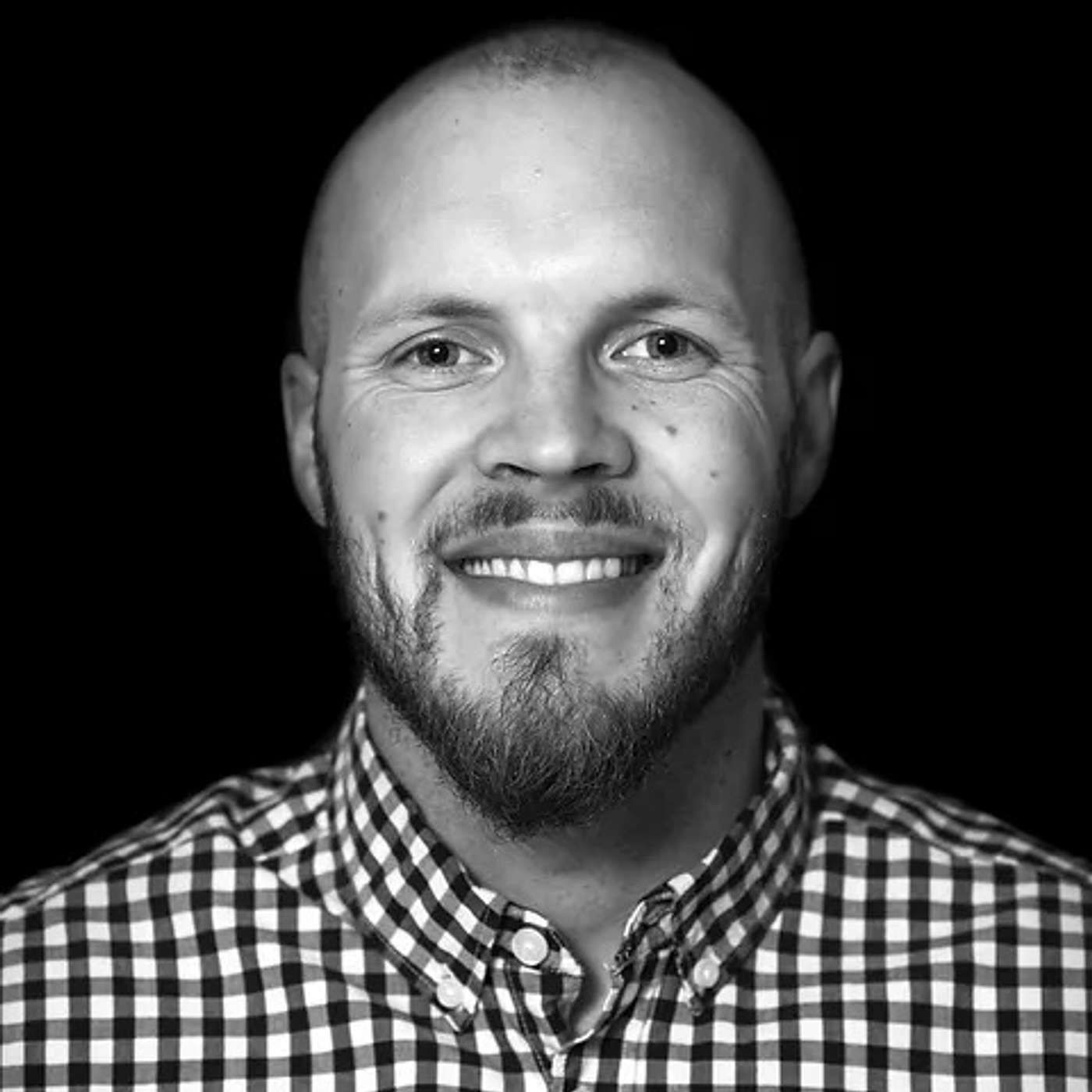
Bulent Altan - SpaceX Veteran and Mynaric CEO
SpaceWatch.Global is pleased to present: The Space Cafe Podcast #56: Bulent Altan, SpaceX Veteran and Mynaric CEO Episode 056 features a special guest: Bulent Altan. Bulent Altan was one of SpaceX's first employees, and without him, pioneering projects like Starlink probably wouldn't exist. Today, in his role as CEO of satellite communications company Mynaric, he feels comfortable reviewing the early years alongside Elon and looking ahead to the future of Mynaric's ultra-precise satellite-to-satellite communications. The Space Cafe Podcast brings our signature brand of engaging and relevant content from across the global space economy to you via an exciting new format. Together with award-winning Executive Producer, Markus Mooslechner (Terra Mater Factual Studios), our fortnightly podcast features guests that matter. Each episode includes a review of important topics, as well as guest appearances and deep commentary from expert panellists from across the space sector. Send us a text You can find us on Spotify and Apple Podcast!Please visit us at SpaceWatch.Global, subscribe to our newsletters. Follow us on LinkedIn and Twitter!
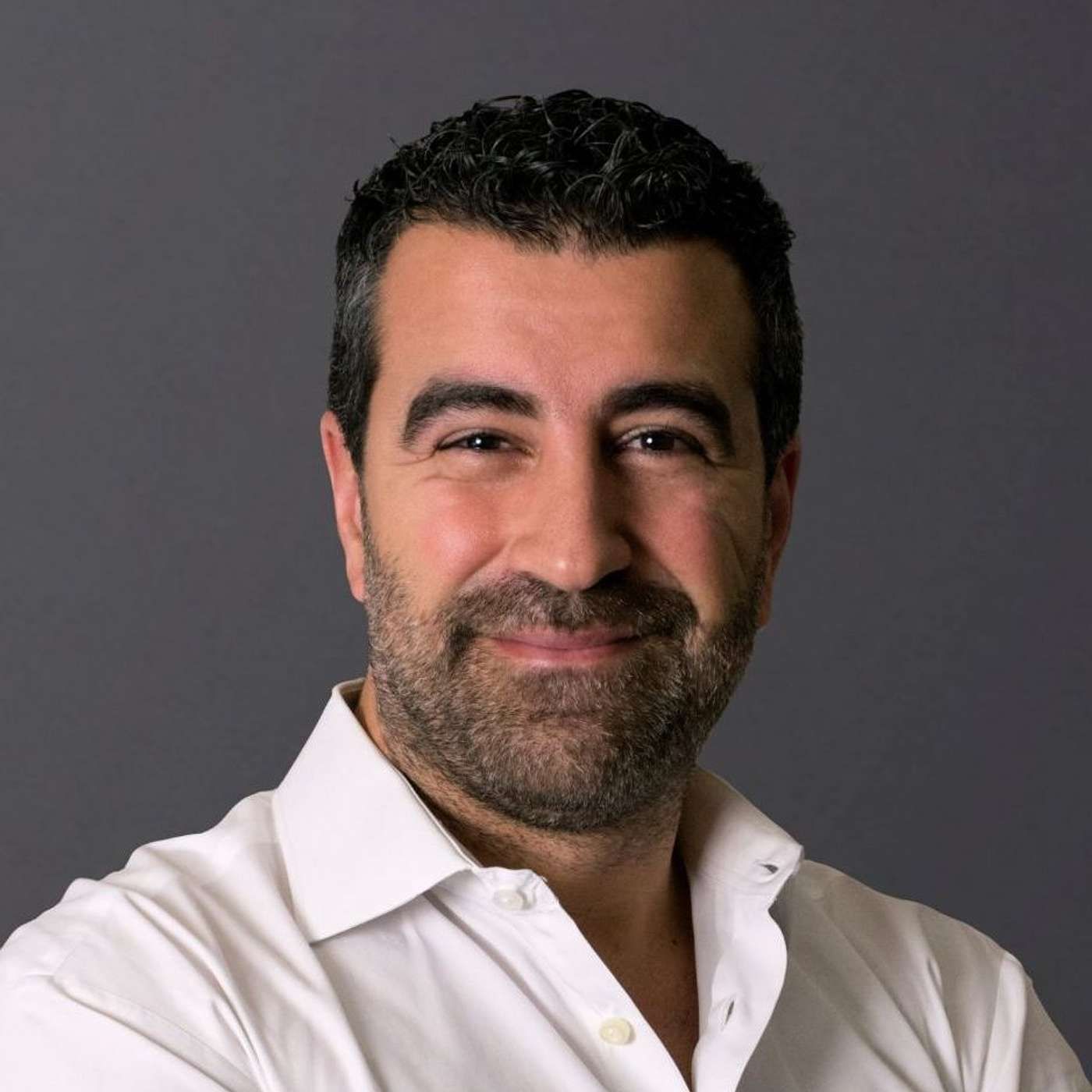
Moriba Jah, Privateer - Clean up minds to clean up space
SpaceWatch.Global is pleased to present: The Space Cafe Podcast #55 Moriba Jah, Privateer - Clean up minds to clean up space Episode 055 features a special guest: Moriba Jah.Moriba Jah is a tireless fighter for a space without the junk. Every day though his visions threaten to become more distant. But he refuses to be dissuaded and has recently founded a company with Apple Co-Founder Steve Wozniak and Alexander Fielding. Privateer is supposed to help turn the tide, and Moriba has some unusual approaches up his sleeve. The Space Cafe Podcast brings our signature brand of engaging and relevant content from across the global space economy to you via an exciting new format. Together with award-winning Executive Producer, Markus Mooslechner (Terra Mater Factual Studios), our fortnightly podcast features guests that matter. Each episode includes a review of important topics, as well as guest appearances and deep commentary from expert panellists from across the space sector. Send us a text You can find us on Spotify and Apple Podcast!Please visit us at SpaceWatch.Global, subscribe to our newsletters. Follow us on LinkedIn and Twitter!
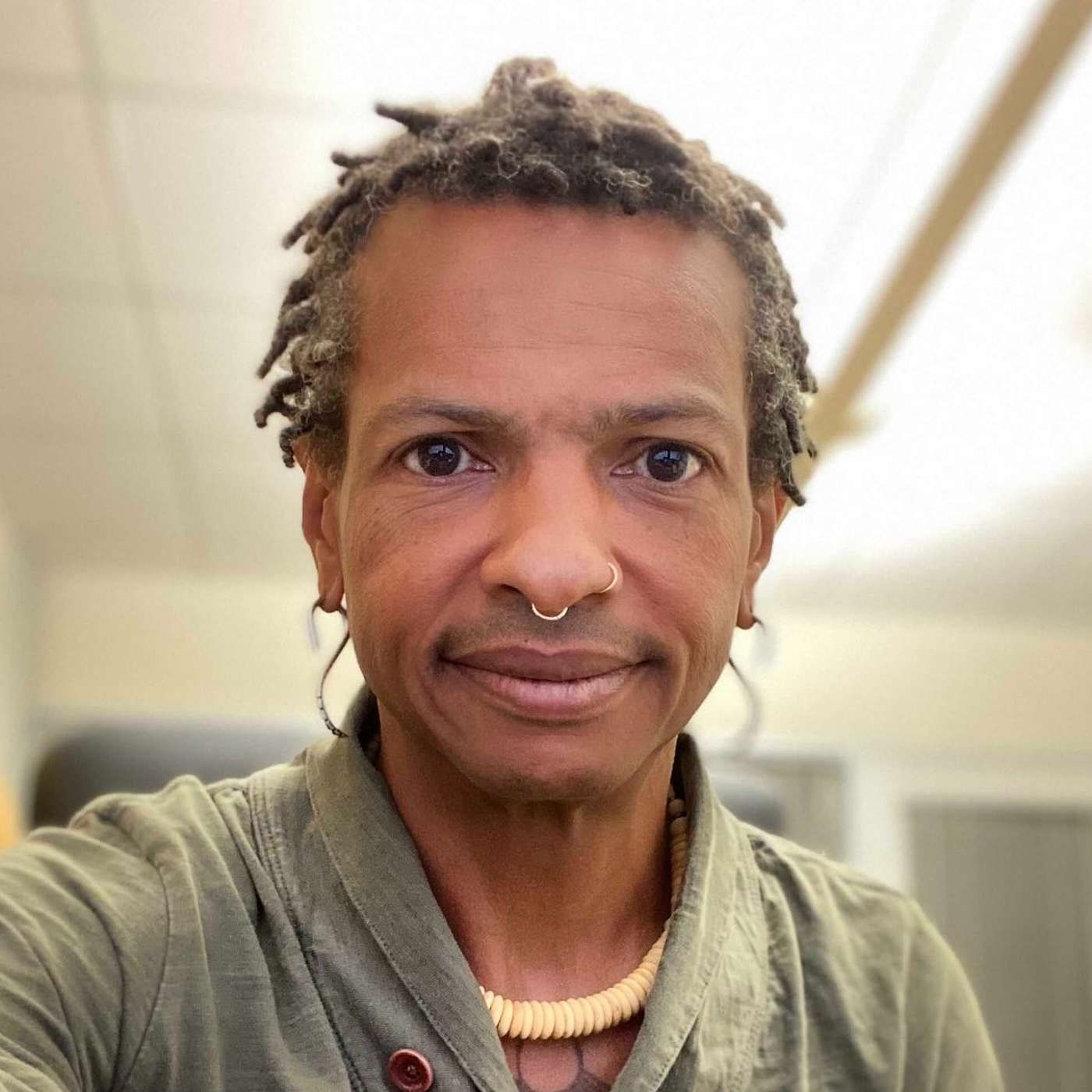
Ane Aanesland, CEO of ThrustMe - A life between new propulsion technologies and Arctic adventures.
SpaceWatch.Global is pleased to present: The Space Cafe Podcast #54 Ane Aanesland, CEO of ThrustMe. A life between new propulsion technologies and Arctic adventures. Episode 054 features a special guest: Ane Aanesland.Ane Aanesland's company ThrustMe single-handedly developed a revolutionary iodine-based propulsion system that even NASA cut its teeth on and shelved decades ago. Ane would have loved to fly it with ESA or the Americans. But the Chinese won the race. Ane provides answers to many related questions and of course much more in the current edition of the Space Cafe Podcast. The Space Cafe Podcast brings our signature brand of engaging and relevant content from across the global space economy to you via an exciting new format. Together with award-winning Executive Producer, Markus Mooslechner (Terra Mater Factual Studios), our fortnightly podcast features highly interesting guests. Each episode includes a review of important topics, as well as guest appearances and deep commentary from expert panellists from across the space sector. Send us a text You can find us on Spotify and Apple Podcast!Please visit us at SpaceWatch.Global, subscribe to our newsletters. Follow us on LinkedIn and Twitter!
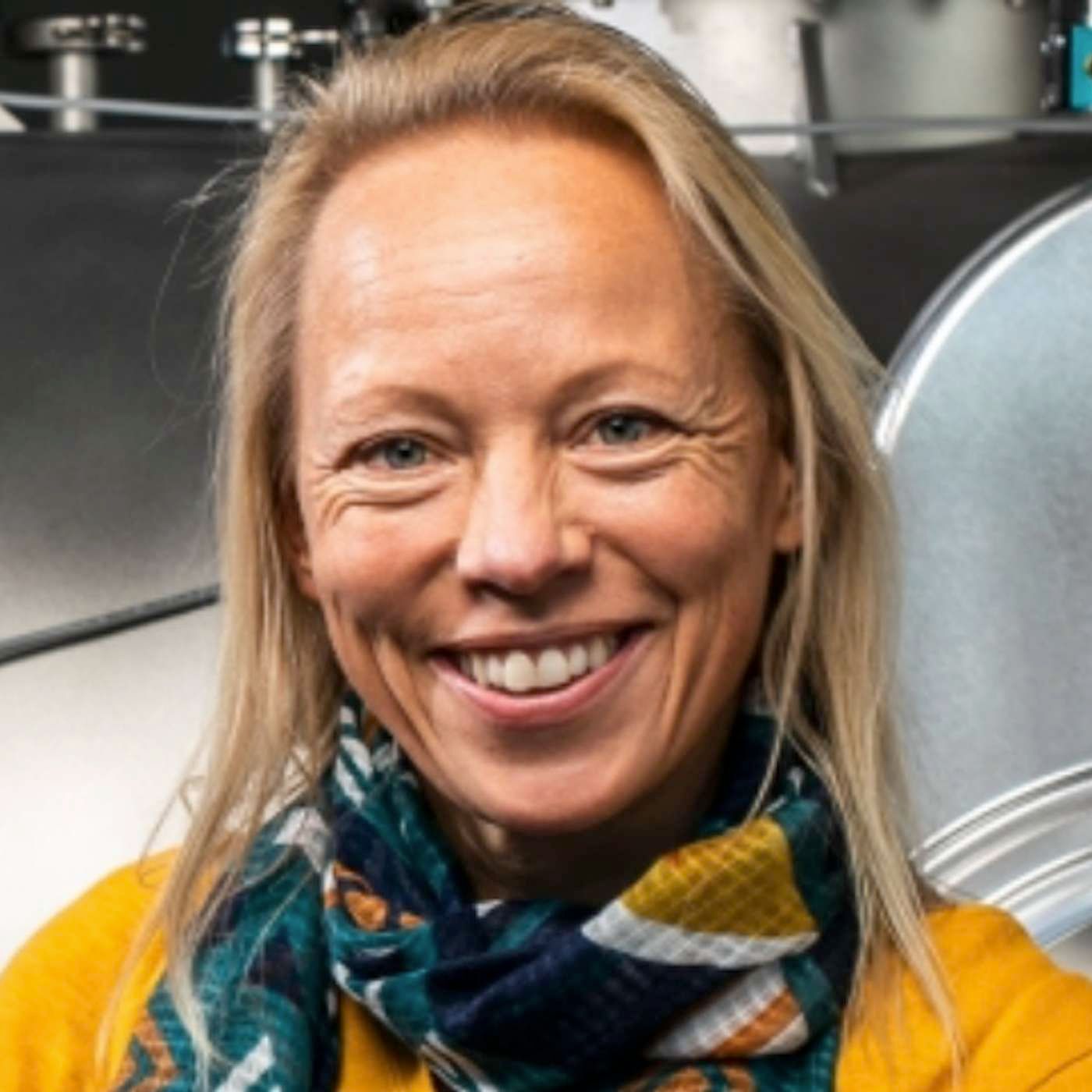
Géraldine Naja - Commercialization of ESA, the Russian absence, and why ESA might just be waiting for your job application.
SpaceWatch.Global is pleased to present: The Space Cafe Podcast #053: ESA director Géraldine Naja on the commercialization of ESA, the Russian absence, and why ESA might just be waiting for your job application. Episode 053 features a special guest: Géraldine Naja. The European Space Agency (ESA) has set sail to begin commercial operations. But what does that mean? Brand new director Géraldine Naja sat down with Markus in the new episode to shed light on the new direction - and more. Also in the episode: how much the Russians are really missing, where ESA still has some room to grow in terms of communications, what it takes to make an ESA Director cry, and why being exclusively a math or physics genius isn't always mandatory to get a job at ESA. The Space Cafe Podcast brings our signature brand of engaging and relevant content from across the global space economy to you via an exciting new format. Together with award-winning Executive Producer, Markus Mooslechner (Terra Mater Factual Studios), our fortnightly podcast features highly interesting guests. Each episode includes a review of important topics, as well as guest appearances and deep commentary from expert panellists from across the space sector. Send us a text You can find us on Spotify and Apple Podcast!Please visit us at SpaceWatch.Global, subscribe to our newsletters. Follow us on LinkedIn and Twitter!
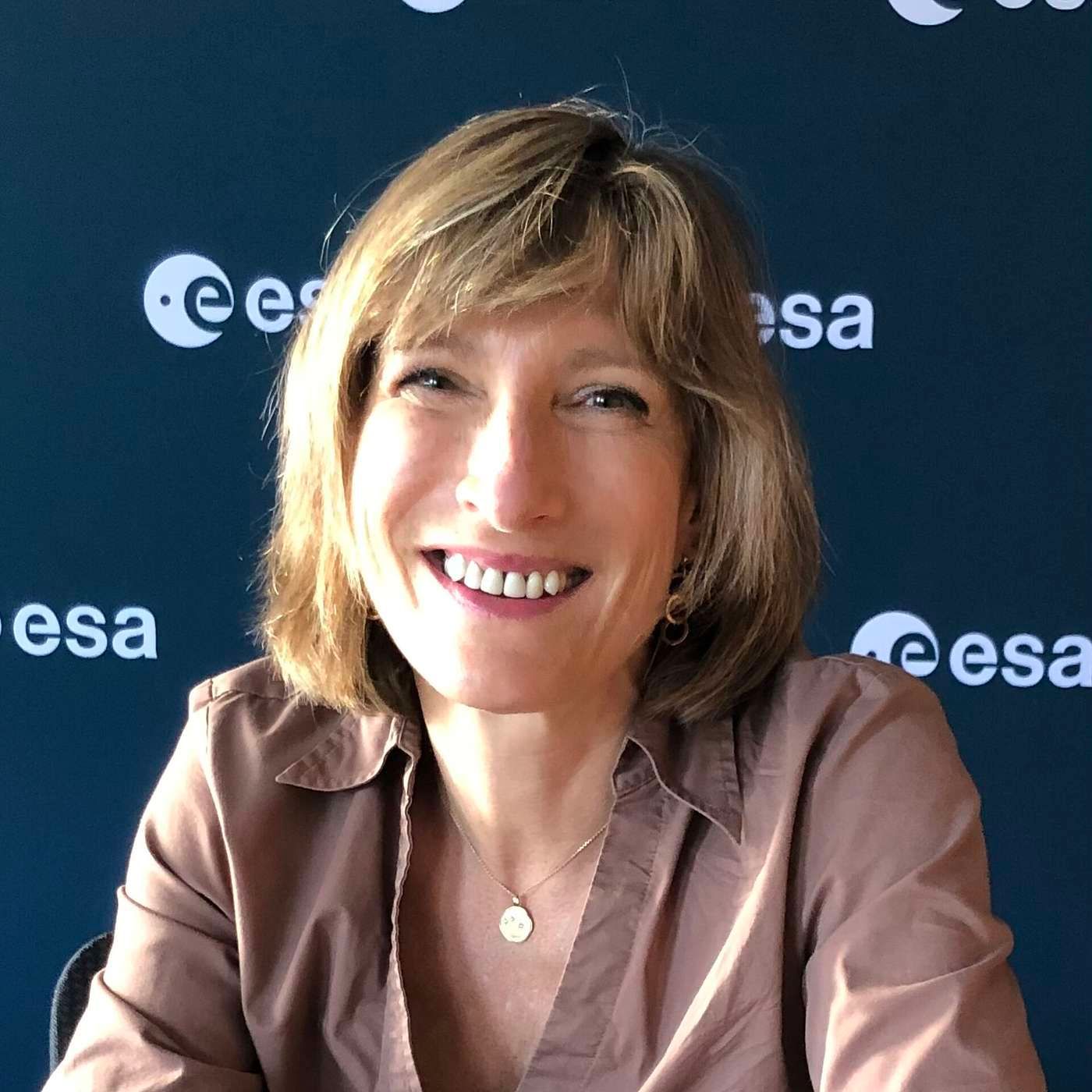
René Laufer, a life between science and fiction
SpaceWatch.Global is pleased to present the 52nd episode in our podcast series The Space Cafe Podcast #052: René Laufer, a life between science and fiction Episode 052 features a special guest: Rene Laufer.Rene Laufer is Professor and Head of the Space Systems Group, Chair at the Luleå University of Technology in Kiruna, North Sweden and is a respected expert on all matters relating to small satellites and lunar exploration. But he has a secret passion for science fiction, from which he draws many inspirations for his scientific work. This episode is dedicated to all those who want to go a little beyond the well-known new space news diet and get inspired by the event horizon between science fiction and science fact. The Space Cafe Podcast brings our signature brand of engaging and relevant content from across the global space economy to you via an exciting new format. Together with award-winning Executive Producer, Markus Mooslechner (Terra Mater Factual Studios), our fortnightly podcast features highly interesting guests. Each episode includes a review of important topics, as well as guest appearances and deep commentary from expert panellists from across the space sector. Send us a text You can find us on Spotify and Apple Podcast!Please visit us at SpaceWatch.Global, subscribe to our newsletters. Follow us on LinkedIn and Twitter!
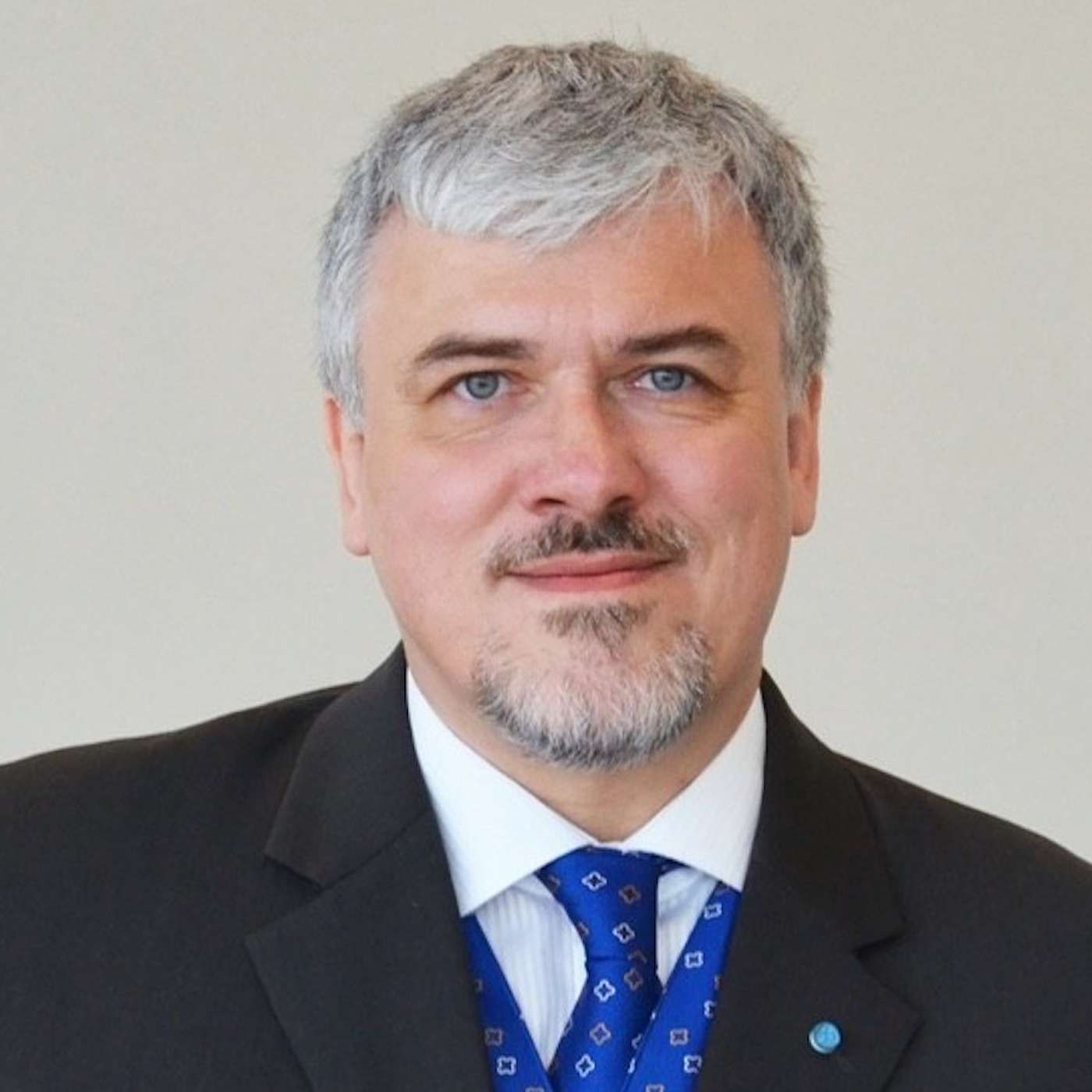
Steven Ramage, GEO, Earth observation. The big eye in the sky.
SpaceWatch.Global is pleased to present the 51st episode in our podcast series The Space Cafe Podcast #051: Steven Ramage, GEO, Earth observation. The big eye in the sky Episode 051 features a special guest Steven Ramage. Without earth observation technology, things would be very different down here on earth. The “big eye in the sky” promises huge benefits but also challenges. Steven Ramage talks space observation from many angles in this episode. The diplomat leads external relations at the Group on Earth Observations (GEO) Secretariat in Geneva, Switzerland. His role involves focusing on the interfaces between science, technology, policy and decisions in support of more than 100 UN Member States. He is on the Governing Boards of Digital Earth Africa and Digital Earth Pacific, a member of the UK Space Agency Earth Observations Advisory Committee and the Advisory Board of EO4GEO. The Space Cafe Podcast brings our signature brand of engaging and relevant content from across the global space economy to you via an exciting new format. Together with award-winning Executive Producer, Markus Mooslechner (Terra Mater Factual Studios), our fortnightly podcast features highly interesting guests. Each episode includes a review of important topics, as well as guest appearances and deep commentary from expert panellists from across the space sector. Send us a text You can find us on Spotify and Apple Podcast!Please visit us at SpaceWatch.Global, subscribe to our newsletters. Follow us on LinkedIn and Twitter!
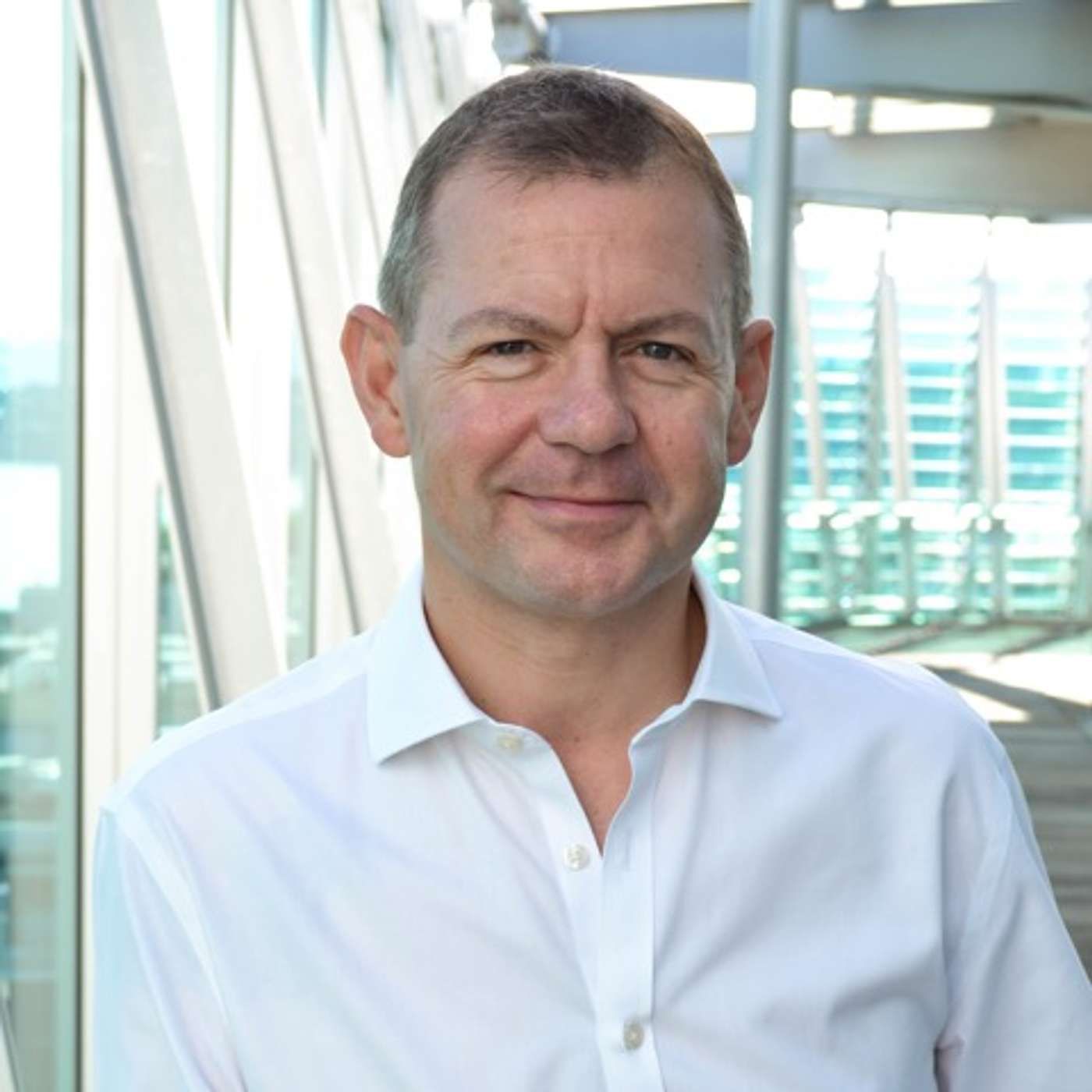
Hansjörg Dittus, about Europe's Role in Space (an honest discussion)
SpaceWatch.Global is pleased to present the 50th episode in our podcast series The Space Cafe Podcast #050: Hansjörg Dittus, about Europe's Role in Space (an honest discussion) Episode 050 features a special guest Hansjörg Dittus. Hansjörg Dittus served for many years on the board of the German Aerospace Center. Against the backdrop of dramatic developments in the crisis with Russia, the German professor reflects on Europe's role in the global race for space in a refreshingly honest discussion. The Space Cafe Podcast brings our signature brand of engaging and relevant content from across the global space economy to you via an exciting new format. Together with award-winning Executive Producer, Markus Mooslechner (Terra Mater Factual Studios), our fortnightly podcast features highly interesting guests. Each episode includes a review of important topics, as well as guest appearances and deep commentary from expert panellists from across the space sector. Send us a text You can find us on Spotify and Apple Podcast!Please visit us at SpaceWatch.Global, subscribe to our newsletters. Follow us on LinkedIn and Twitter!
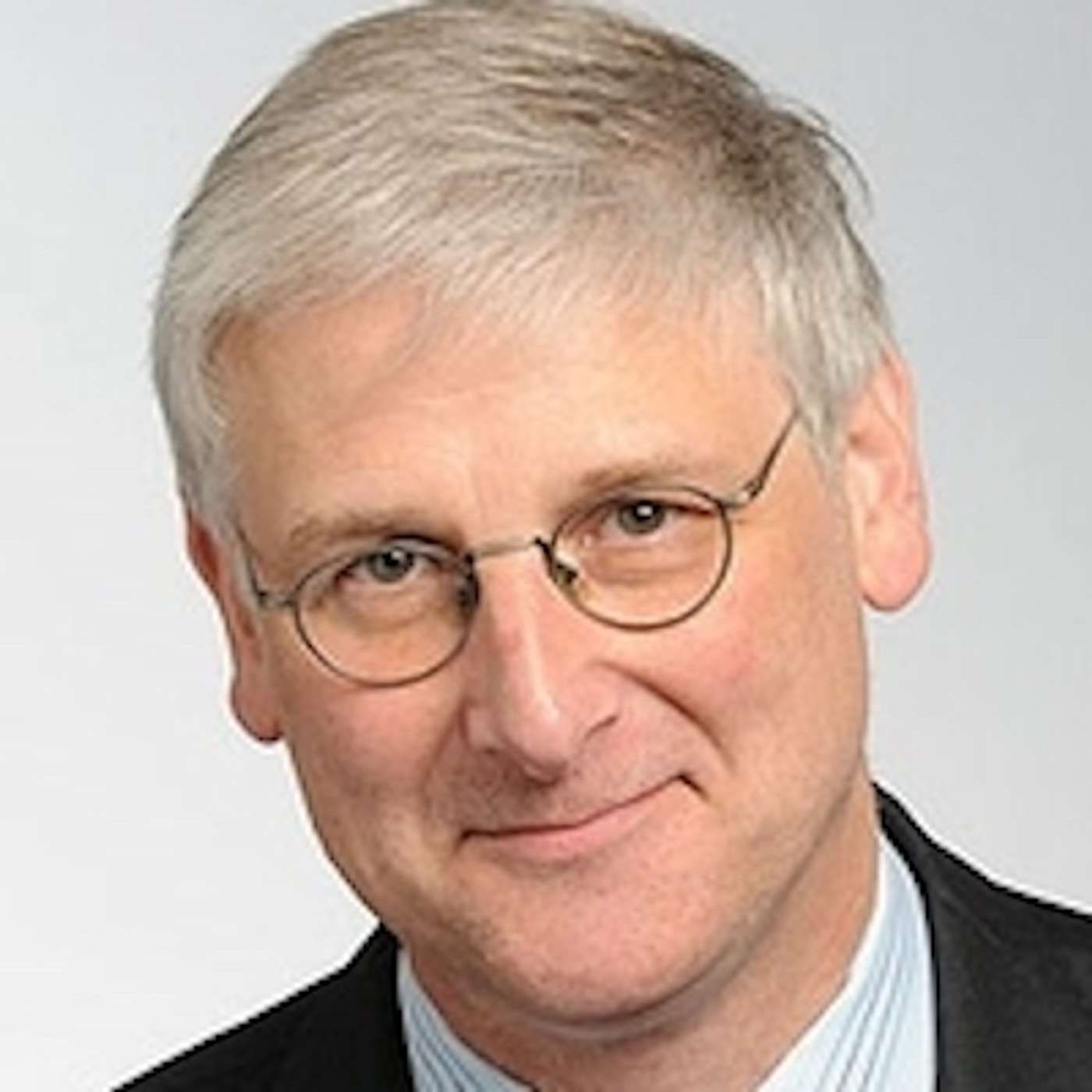
Urs Ganse, refreshing nerd talk about all things space you may never have heard about.
SpaceWatch.Global is pleased to present the 49th episode in our podcast series The Space Cafe Podcast #049 Urs Ganse, refreshing nerd talk about all things space you may never have heard about Episode 049 features a special guest Urs Ganse Deep in a forest in Finland, miles from the nearest settlement, Urs Ganse lives in a cabin by a lake. Urs is a plasma physicist. He doesn't need much. An Internet connection to the nearest supercomputer is all he asks for. That's how people work up there in the north. After work, at night, when Urs still has some time, he writes manuals about building spaceships, or he meets with like-minded people in an ancient corner of the Internet, where some of the strangest and most unknown information about space travel is collected. For example: how to fly an old Russian Soyuz capsule. But that's just the beginning. The Space Cafe Podcast brings our signature brand of engaging and relevant content from across the global space economy to you via an exciting new format. Together with award-winning Executive Producer, Markus Mooslechner (Terra Mater Factual Studios), our fortnightly podcast features highly interesting guests. Each episode includes a review of important topics, as well as guest appearances and deep commentary from expert panellists from across the space sector. Send us a text You can find us on Spotify and Apple Podcast!Please visit us at SpaceWatch.Global, subscribe to our newsletters. Follow us on LinkedIn and Twitter!
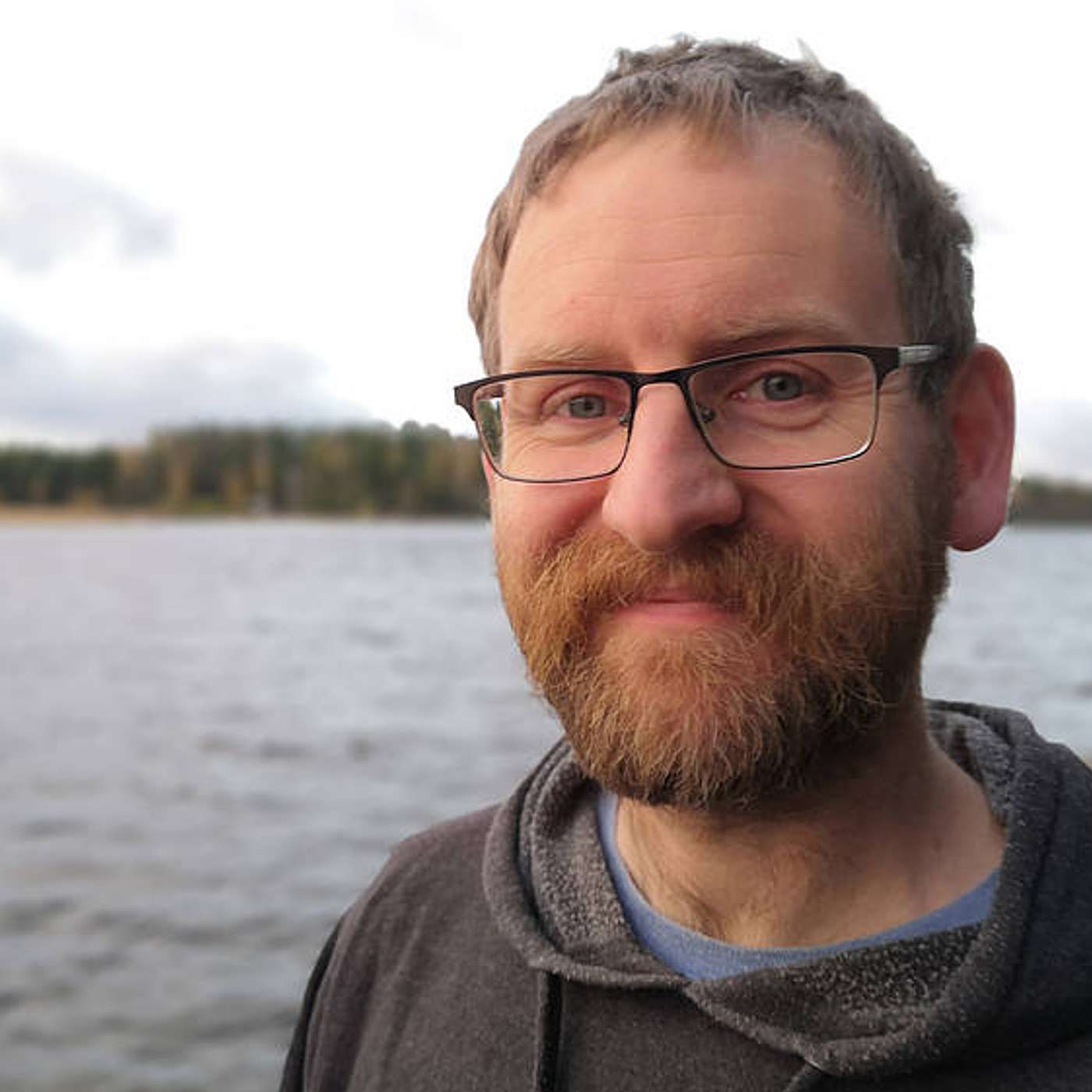
Martin Wezowski, Chief Futurist at SAP - Thoughts for New Space
SpaceWatch.Global is pleased to present the 48th episode in our podcast series The Space Cafe Podcast #048: Martin Wezowski, Chief Futurist at SAP - Thoughts for New Space Episode 048 features a special guest Martin Wezowski. For all its glamor, enthusiasm and optimism, the new space industry has some serious homework to do. To have a future, what is happening in space now must not sound too much like the past. We must overcome old patterns and learn to think anew. Otherwise, space will become the same graveyard of ideas, resources and opportunities that we are turning Earth into. Martin Wezowski of SAP designs futures by profession. Space Cafe Podcast paid him a visit. The Space Cafe Podcast brings our signature brand of engaging and relevant content from across the global space economy to you via an exciting new format. Together with award-winning Executive Producer, Markus Mooslechner (Terra Mater Factual Studios), our fortnightly podcast features highly interesting guests. Each episode includes a review of important topics, as well as guest appearances and deep commentary from expert panellists from across the space sector. Send us a text You can find us on Spotify and Apple Podcast!Please visit us at SpaceWatch.Global, subscribe to our newsletters. Follow us on LinkedIn and Twitter!
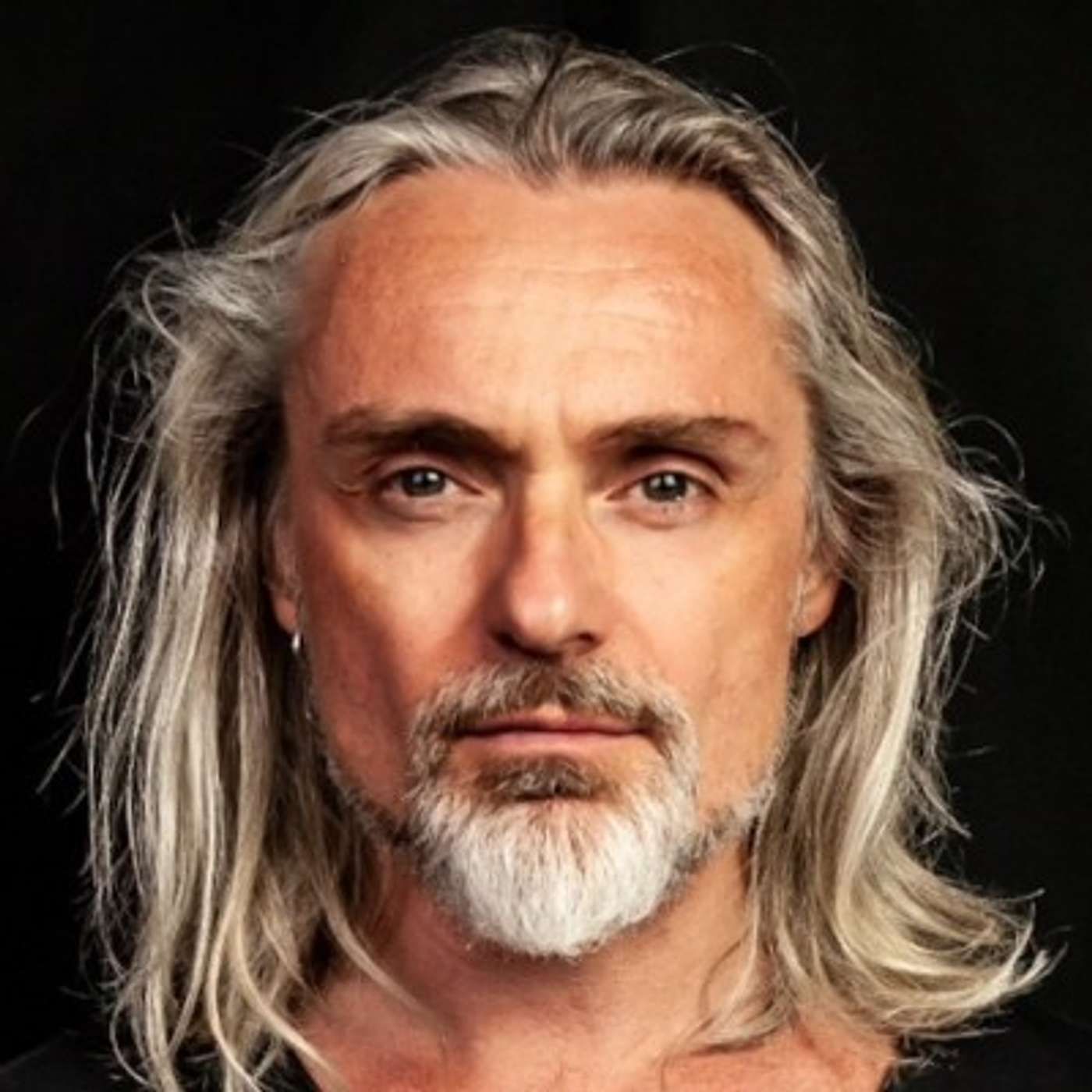
Susmita Mohanty: More Europe and Asia and less US-centric 21st century space narrative
SpaceWatch.Global is pleased to present the 47th episode in our podcast series The Space Cafe Podcast #047: Susmita Mohanty: More Europe and less U.S.-focused narrative on the future of spaceflight Episode 047 features a special guest Susmita Mohanty Susmita Mohanty is an Indian spacecraft designer, architect, engineer and personality extraordinaire with a critical, multicultural view on the US-centered narrative of space travel. The Space Cafe Podcast brings our signature brand of engaging and relevant content from across the global space economy to you via an exciting new format. Together with award-winning Executive Producer, Markus Mooslechner (Terra Mater Factual Studios), our fortnightly podcast features highly interesting guests. Send us a text You can find us on Spotify and Apple Podcast!Please visit us at SpaceWatch.Global, subscribe to our newsletters. Follow us on LinkedIn and Twitter!
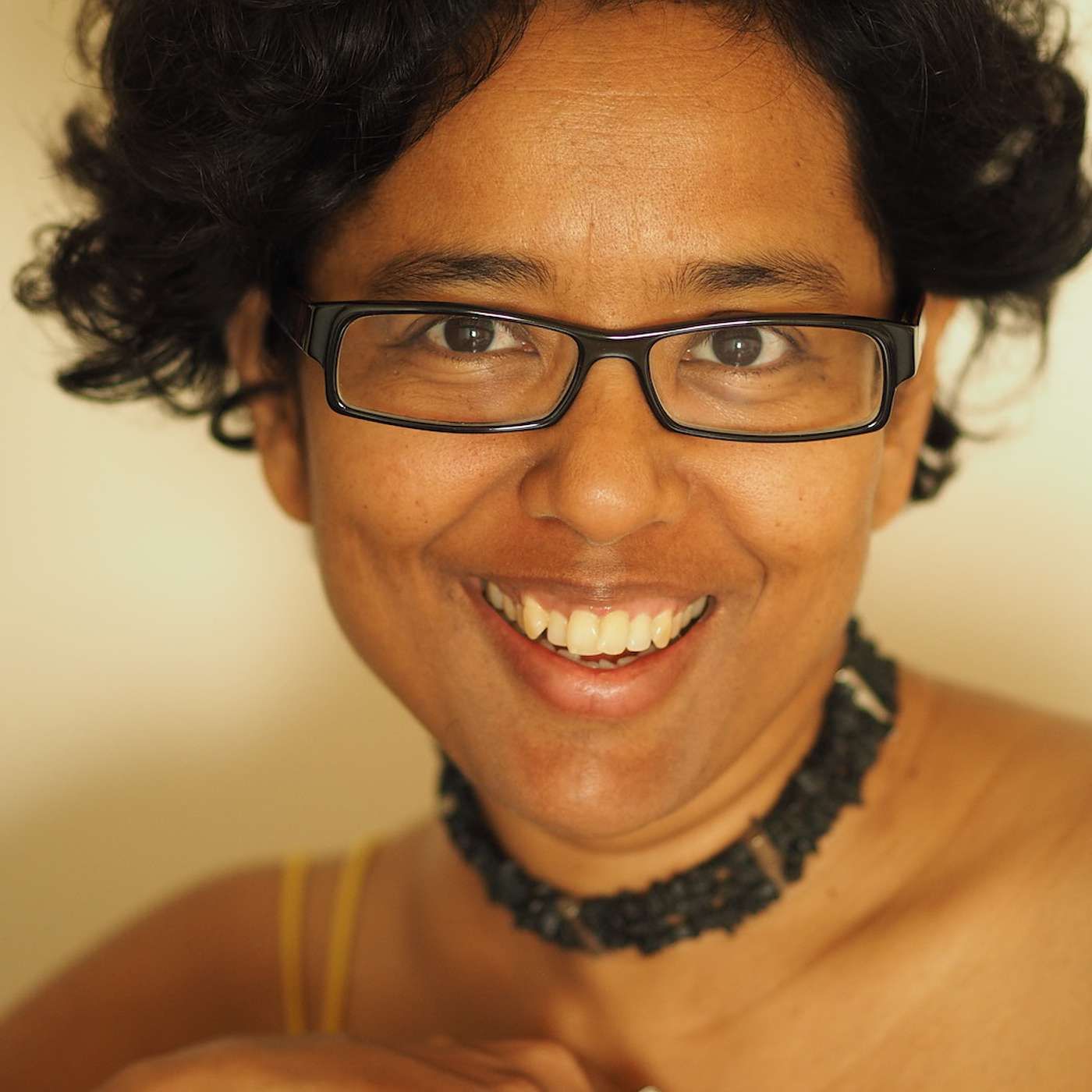
Frank Salzgeber, ESA is looking for the crazy ones among you
SpaceWatch.Global is pleased to present the 46th episode in our podcast series The Space Cafe Podcast #046: Frank Salzgeber, ESA is looking for the crazy ones among you Episode 046 features a special guest Frank Salzgeber Feel like you're maladjusted or perhaps a little crazy? Fear not. Someone out there may have interest in you as you read this. Frank Salzgeber for example. He is no other than the head of the technology transfer program of the European space agency ESA. Send us a text You can find us on Spotify and Apple Podcast!Please visit us at SpaceWatch.Global, subscribe to our newsletters. Follow us on LinkedIn and Twitter!
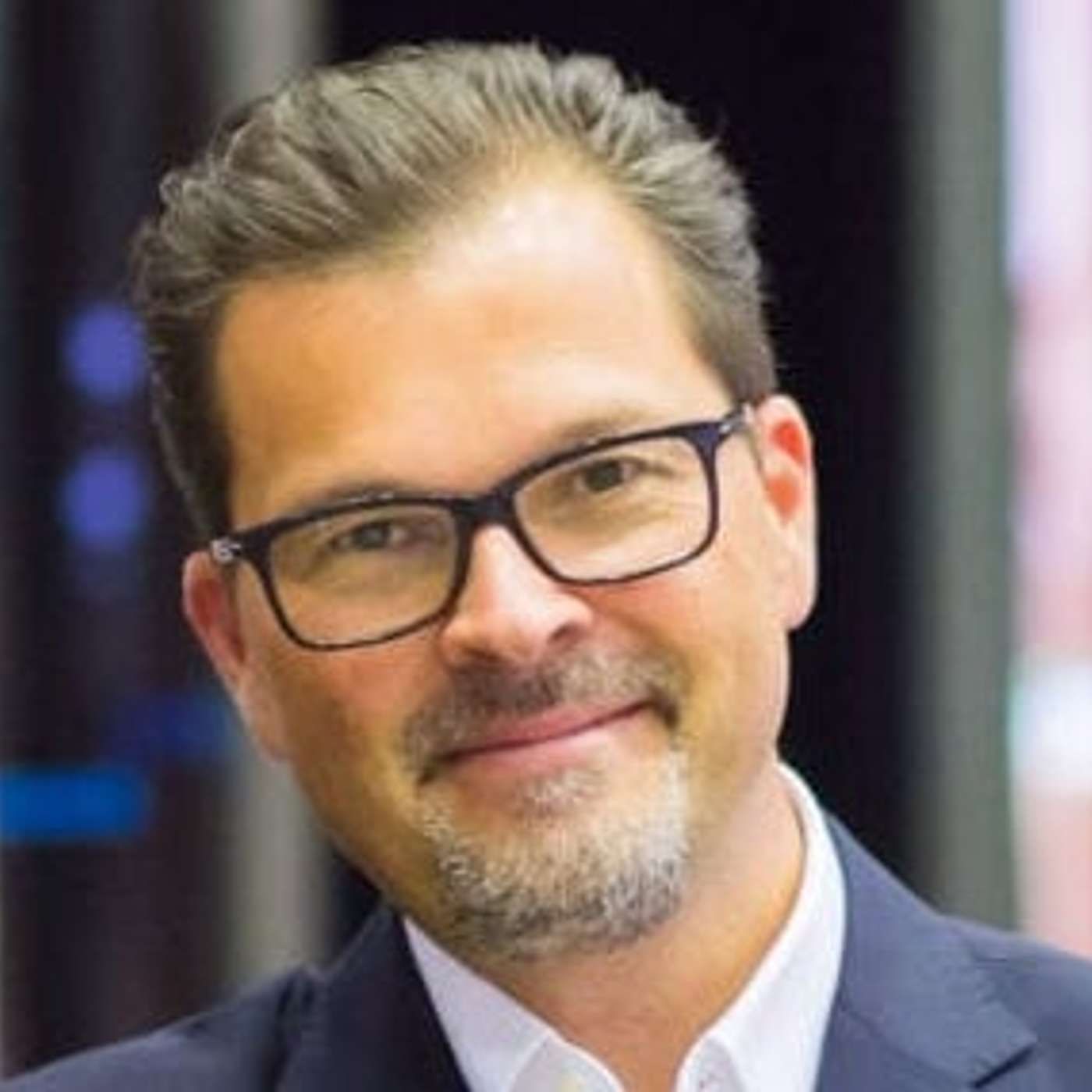
Steven Freeland: Rethinking New Space
SpaceWatch.Global is pleased to present the 44th episode in our podcast series The Space Cafe Podcast #044: Steven Freeland: Rethinking New Space. Episode 044 features a special guest Steven Freeland. In this episode, we take a bird’s eye view on many things in the New Space scene. Steven Freeland teaches space law and hosts his own show, Space Cafe “Law Breakfast with Steven Freeland”. In this episode, we take a look back at groundbreaking moments in 2021 and venture into what 2022 has in store for us. Send us a text You can find us on Spotify and Apple Podcast!Please visit us at SpaceWatch.Global, subscribe to our newsletters. Follow us on LinkedIn and Twitter!
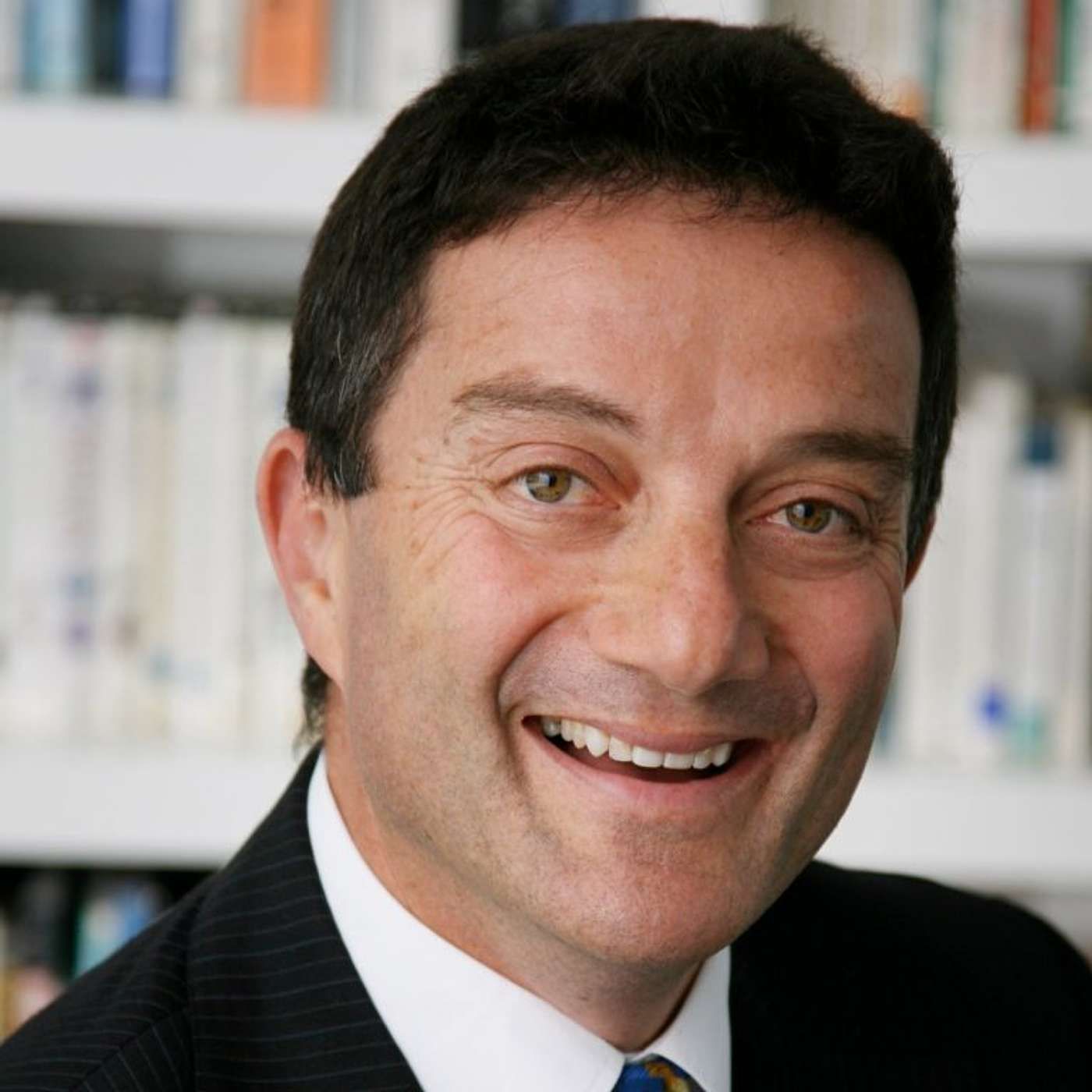
Peter Rumler, ESA, Launching James Webb Space Telescope
SpaceWatch.Global is pleased to present the 45th episode, a special, in our podcast series Space Cafe Podcast#045 Special: Peter Rumler, ESA, Launching James Webb Space Telescope Episode 045 features a special guest Peter Rumler. Anyone who takes time for an interview just 40 minutes before the launch of the largest telescope of all time has a lot of nerve. Just minutes before the launch of the largest telescope in the world, ESA’s project manager for the James Webb Telescope gives an exclusive insight into the feelings of those involved and the background to this project of the century in space travel. To know where JWST is, check the NASA page here: https://webb.nasa.gov/content/webbLaunch/whereIsWebb.html The Space Cafe Podcast brings our signature brand of engaging and relevant content from across the global space economy to you via an exciting new format. Together with award-winning Executive Producer, Markus Mooslechner (Terra Mater Factual Studios), our fortnightly podcast features highly interesting guests. Each episode includes a review of important topics, as well as guest appearances and deep commentary from expert panellists from across the space sector. Send us a text You can find us on Spotify and Apple Podcast!Please visit us at SpaceWatch.Global, subscribe to our newsletters. Follow us on LinkedIn and Twitter!
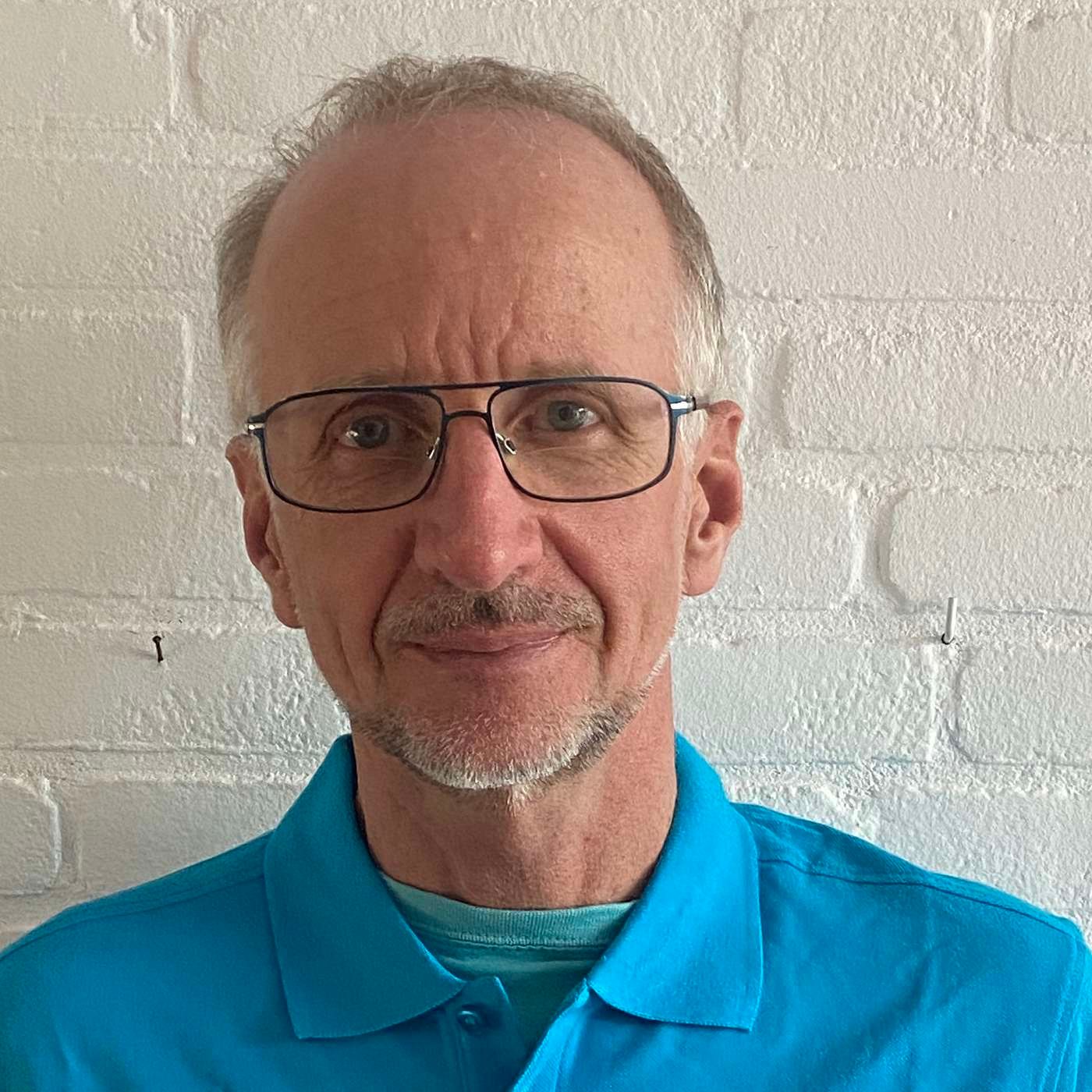
Covid19 and the space industry
SpaceWatch.Global is pleased to present the first episode in our new podcast series, The Space Cafe Podcast. The Space Cafe Podcast brings our signature brand of engaging and relevant content from across the global space economy to you via an exciting new format. Together with award winning Executive Producer, Markus Mooslechner (Terra Mater Factual Studios), our fortnightly podcast features co-host Anna Hazlett (SpaceWatch.Global Middle East & Asia Representative). Each episode will include a review of the most important topics included in SpaceWatch.Global’s bi-weekly newsletter, as well as guest appearances and deep commentary from expert panelists from across the space sector. Episode One of The Space Cafe Podcast features special guest Yue Yuan, a researcher on space security policy, China-US-Russia relations, nuclear arms control and disarmament, emerging technologies, and international security. In this episode, Yuan discusses her SpaceWatch.Global feature articles, How Space Technologies Help Fight The Coronavirus In China and many other topics. ○ Yue Yuan - https://www.linkedin.com/in/yue-yuan-917879103/ ○ Yue’s article https://spacewatch.global/2020/03/spacewatch-gl-op-ed-how-space-technologies-help-fight-the-coronavirus-in-china ○ Yue’s article ○ https://spacewatch.global/2020/03/spacewatch-gl-op-ed-how-space-technologies-help-fight-the-coronavirus-in-china-2/ Send us a text You can find us on Spotify and Apple Podcast!Please visit us at SpaceWatch.Global, subscribe to our newsletters. Follow us on LinkedIn and Twitter!
